Migraine Drugs Market Outlook:
Migraine Drugs Market size was valued at USD 7 billion in 2024 and is projected to reach USD 17 billion by the end of 2037, rising at a CAGR of 7.5% during the forecast period, i.e., 2025-2037. In 2025, the industry size of migraine drugs is assessed at USD 7.5 billion.
The market is driven by a significant patient pool, with over 1 billion individuals affected globally, as per the World Health Organization (WHO). The National Institute of Neurological Disorders and Stroke (NINDS) anticipates that about 19% of women and 7% of men in the U.S., or 40 million of the country's population, experience migraines. In terms of the supply chain dynamics, roughly 80% of active pharmaceutical ingredients used for drugs manufactured in the U.S. are typically imported, highlighting a high reliance on international entities. China and India are the main hubs for sourcing active pharmaceutical ingredients and accounting for 61% of the worldwide API production. The Bureau of Labor Statistics states that manufacturing costs are on the rise, and the producer price index (PPI) for pharmaceutical preparations rose by 2.6% between 2020 and 2023. The cost for consumers has also surged at a rate of 3% during the same period, leading to a rise in the consumer price index (CPI) for prescription drugs, including migraine treatments.

Migraine Drugs Market - Growth Drivers and Challenges
Growth Drivers
- Increased Government Spending on Migraine Treatments: The European Medicines Agency (EMA) supports expedited approvals, boosting government-funded access. The market is also driven by prominent government spending by the U.S. Medicare. Medicare funding on migraine drugs, including Calcitonin Gene-Related Peptide (CGRP) inhibitors such as Ajovy and Aimovig, was USD 1.3 billion. Several programs, including the UK’s National Health Service (NHS), have spent £347 million in 2024 (0.6% of its ~£200 billion budget) on migraine drugs and was up from 0.5% in 2021.
- Healthcare Quality Improvement, Government Expedited Approvals, and Cost-Effective Interventions: Stringent and extensive study of atogepant by the NCBI for chronic migraine management is in process. Between 2020 and 2023, the U.S. FDA approved 15 migraine medicines/drugs, driving competition and innovation. A 2022 Agency for Healthcare Research and Quality study stated that early use of triptans and CGRP inhibitors limited hospitalizations by 23%, saving USD 2 billion in the U.S. Digital trigger tracking apps have enhanced patient adherence by approximately 30%. Telemedicine integration for migraine management has proven to be yet another vital tool for driving medical accessibility in rural regions.
Historical Patient Growth (2010-2020)
|
Region |
2010 Patients(Million) |
2020 Patients(Million) |
Growth (%) |
|
USA |
30.5 |
38.2 |
26.8% |
|
Germany |
8.2 |
9.6 |
18.9% |
|
France |
6.6 |
7.7 |
20.5% |
|
Spain |
4.1 |
4.8 |
17.6% |
|
Australia |
2.9 |
3.5 |
21.5% |
|
Japan |
8.4 |
10.3 |
20.1% |
|
India |
20.4 |
25.2 |
25.2% |
|
China |
80.1 |
100.5 |
25.1% |
Manufacturer Strategies Revenue Opportunities
|
Company Example |
Strategy |
Market Share Increase (%) |
Additional Revenue ($M) |
Year |
|
AbbVie |
Qulipta launch (CGRP) |
11 |
351 |
2023 |
|
Pfizer |
Zavzpret nasal spray |
14 |
401 |
2023 |
|
Teva |
Ajovy European expansion |
8.2 |
205 |
2024 |
|
Biohaven |
Nurtec ODT dual-use approval |
11 |
282 |
2024 |
Revenue Feasibility Models, Future Market Landscape, and Migraine Drugs in Clinical Trials
Revenue Feasibility Models
|
Region/Strategy |
Model |
Revenue Increase (%) |
Revenue ($M) |
Period |
|
India |
Local provider partnerships |
12.1 |
150.2 |
2022-2024 |
|
USA |
Biosimilar launches |
10.3 |
400.4 |
2023-2024 |
|
Europe |
Digital therapeutics |
8.1 |
200.2 |
2023-2024 |
Leading Companies and Strategies
|
Company |
Strategy |
Details |
Impact |
|
AbbVie |
Product Innovation |
Unvield Qulipta (atogepant) in 2023, the first oral CGRP antagonist for prevention, FDA-approved. |
11% market share increase, $351M revenue. |
|
Pfizer |
Product Innovation |
Introduced Zavzpret (zavegepant) nasal spray in 2023, FDA-approved for acute treatment. |
14% market share, $401M revenue. |
|
Teva |
Market Expansion |
Expanded Ajovy in China via 2024 Phase 3 trials, reducing migraine days by 50%. |
8.2% market share, $205M revenue. |
|
Biohaven |
Product Innovation |
Nurtec ODT approved for acute/preventive use in 2024, FDA-endorsed. |
11% market share, $282M revenue. |
|
Eli Lilly |
Partnership |
Partnered with Organon in 2023 to distribute Emgality in Europe, per AHRQ. |
11% European market growth, $251M revenue. |
|
Amgen |
Product Innovation |
Aimovig (erenumab) enhanced with digital adherence tools, improving outcomes by 30%. |
9.1% market share, $300.3M revenue. |
Top 20 Global Migraine Drugs in Clinical Trials
|
Drug/Combination Drug Name |
Sponsor/Company |
Clinical Trial Phase |
Approval Status / Statistical Highlight |
|
Galcanezumab (LY2951742) |
Eli Lilly |
Phase 3 (Completed) |
FDA-approved (Emgality); ≥74% reduction in migraine days in 31% of patients. |
|
Rimegepant (BHV-3000) |
Pfizer / Biohaven |
Phase 2/3 |
72% experienced relief within 2 hours in Phase 3. |
|
STS101 (DHE nasal spray) |
Satsuma Pharmaceuticals |
Phase 3 |
66% achieved ≥50% pain relief at 2 hrs. |
|
LY3451838 |
Eli Lilly |
Phase 2 |
Ongoing with eDiary tracking; results pending. |
|
TNX-1900 (intranasal oxytocin) |
Tonix Pharmaceuticals |
Phase 2 |
IND approved 2022; patent granted July 2022. |
|
Lasmiditan |
Eli Lilly (CoLucid) |
Phase 3 (Completed) |
FDA-approved; 33% pain-free at 2 hours (SPARTAN trial). |
|
Nurtec ODT (Rimegepant) |
Pfizer |
Phase 3 (Preventive) |
~50% reduction in monthly migraine days. |
|
Eptinezumab (Vyepti) |
Lundbeck / Alder |
Phase 3 (Completed) |
Approved 2020; reduced days by 4.2/month vs placebo. |
|
Fremanezumab |
Teva Pharmaceuticals |
Phase 3 (Completed) |
Approved; 41.2% decrease in migraine days/month. |
|
Erenumab (Aimovig) |
Amgen / Novartis |
Phase 3 (Completed) |
First CGRP mAb; ~43% decrease in monthly migraines. |
|
Atogepant |
AbbVie |
Phase 3 |
FDA-approved 2021; 4-day monthly reduction in migraine days. |
|
Ubrogepant |
AbbVie |
Phase 3 |
Acute migraine treatment; pain relief in ~60% at 2 hours. |
|
Vazegepant |
Pfizer |
Phase 3 |
Intranasal gepant; fast onset; NDA filed 2023. |
|
SAGE-217 (Zuranolone) |
Sage Therapeutics |
Phase 2 |
CNS-active oral neuroactive steroid; exploratory use. |
|
ALD1910 |
Lundbeck |
Phase 1 |
Targets PACAP pathway; safety under evaluation. |
|
AMG301 |
Amgen |
Phase 2 |
Anti-PAC1 mAb; discontinued due to low efficacy. |
|
Nocira Device + Triptan |
Nocira |
Phase 2 |
Neuromodulation + drug combo; 52% relief at 2 hours. |
|
INP104 (Trudhesa) |
Impel NeuroPharma |
Phase 3 (Completed) |
DHE nasal delivery; FDA-approved 2021. |
|
Zavegepant |
Pfizer |
Phase 3 |
Oral & intranasal formulation; NDA submitted. |
|
BOTOX for Chronic Migraine |
AbbVie |
Post-market studies |
FDA-approved; used in ~1M+ patients globally. |
Challenges
- High Costs of Advanced Therapies: Novel drugs such as Aimovig, Ajovy, and Emgality are highly effective, but expensive. This can limit its accessibility, especially in low-income areas or for patients with limited insurance coverage. For instance, anti-CGRP monoclonal antibodies can cost upto USD 6800 per year in the U.S. This can be a significant barrier affecting market growth.
Migraine Drugs Market Size and Forecast:
| Report Attribute | Details |
|---|---|
|
Base Year |
2024 |
|
Forecast Year |
2025-2037 |
|
CAGR |
7.5% |
|
Base Year Market Size (2024) |
USD 7 billion |
|
Forecast Year Market Size (2037) |
USD 17 billion |
|
Regional Scope |
|
Migraine Drugs Market Segmentation:
Drug Type Segment Analysis
The calcitonin gene-related peptide drug segment is estimated to garner the migraine drugs market share of 53% over the forecast period, owing to its growing adoption as a biomarker in migraine pathophysiology, and is known to significantly reduce migraine occurrence, with about half of the patients experiencing improvement in symptoms. The widespread demand for erenumab (Aimovig), fremanezumab (Ajovy), and galcanezumab (Emgality) monoclonal antibodies and oral small-molecule antagonists such as rimegepant (Nurtec ODT) and ubrogepant (Ubrelvy) has aided segment penetration. Growing prevalence of migraine affecting over a billion individuals has positioned CGRP-targeting therapies on a healthcare pedestal, says the World Health Organization.
Route of Administration Segment Analysis
The oral administration segment of migraine drugs market is projected to exhibit a revenue share of 58% during the analysis period. The segment growth is ascribed to the patient ease and convenience of self-administration. Rimegepant (Nurtec ODT) and ubrogepant (Ubrelvy), among several others, are the commercially successful CGRP antagonists that effectively mitigate both acute and preventive migraines. Furthermore, orally disintegrating medicine has a high acceptance among low- and middle-income communities. According to the U.S. National Library of Medicine and the Centers for Disease Control and Prevention, oral drugs reduce the burden on healthcare systems by minimizing the need for in-clinic visits.
Our in-depth analysis of the global migraine drugs market includes the following segments:
|
Segment |
Subsegment |
|
Drug Type |
|
|
Route of Administration |
|
|
Distribution Channel |
|
|
Treatment Type |
|

Vishnu Nair
Head - Global Business DevelopmentCustomize this report to your requirements — connect with our consultant for personalized insights and options.
Migraine Drugs Market - Regional Analysis
North America Market Insights
North America migraine drugs market is anticipated to garner 37% of revenue share by 2037, owing to its substantial migraine-affected population. The United States continues to lead the North American segment, backed by government funding and a strong drug pipeline. In 2024, Medicare earmarked roughly USD 1.25 billion in subsidies for migraine-related medications, substantially improving drug accessibility. In Canada, market growth is supported by strategic funding initiatives-Health Canada has allocated around USD 150.4 million toward neurological treatments. Data from the Canadian Institute for Health Information indicates that over 3.1 million Canadians suffer from migraine, reinforcing the region's therapeutic needs.
Moreover, the National Institutes of Health (NIH) contributed USD 500 million in 2024 specifically for neurological research, further advancing drug development and innovation.
Together, these developments solidify North America's leading position in the global migraine treatment landscape, especially with robust public health investment, rising patient awareness, and early adoption of next-generation therapies.
Comprehensive Analysis: USA and Canada Migraine Drugs Market
|
Country |
FDI ($M, 2024) |
Gov. Spending ($M, 2023) |
R&D ($M, 2024) |
Patient Pool (2023) |
Payer Pricing ($/month) |
Raw Material Sourcing |
Trade ($M, 2023) |
|
UK |
140.3 |
320.32 |
90.4 |
7.4M |
450.4 |
Global Pharma |
850.3 |
|
Germany |
180.1 |
450.9 |
110.12 |
10.2M |
392 |
EU Pharma |
1,130 |
|
France |
91 |
270.33 |
70.2 |
8.1M |
354 |
EU Pharma |
760 |
|
Italy |
70.14 |
181 |
51 |
6.05M |
301 |
EU Pharma |
571 |
|
Spain |
60.2 |
546.3 |
250.7 |
5.53M |
278 |
EU Pharma |
452 |
|
Russia |
80.5 |
252 |
20.21 |
13.15M |
152 |
Local/EU Pharma |
348 |
|
Netherlands |
48 |
90.7 |
30.01 |
2.0M |
400.5 |
EU Pharma |
194 |
|
Switzerland |
99 |
131 |
60.6 |
801K |
570 |
Global Pharma |
488 |
|
Poland |
40.18 |
74 |
15.07 |
4.09M |
200.4 |
EU/Local Pharma |
152 |
|
Belgium |
45.6 |
82 |
20.7 |
1.7M |
350.5 |
EU Pharma |
250.6 |
|
NORDIC |
70.13 |
180.2 |
50.3 |
3.3M |
452 |
EU Pharma |
400.08 |
|
Rest of Europe |
120.42 |
300.41 |
81 |
18.5M |
251 |
EU/Local Pharma |
650.9 |
The U.S. migraine drugs market is expected to reach USD 4.8 billion during the forecast timeline, registering a CAGR of 4.2%. This is attributed to massive funding for neurological research and novel therapies. Medicare’s USD 1.25 billion reimbursement in 2024 is to enhance access for elderly patients. In addition, several important trends are shaping the market in the U.S. More than one in four migraine patients are now using telemedicine services for consultations and treatment follow-ups, reflecting a shift toward accessible care. Secondly, there is a clear preference for oral CGRP antagonists and the Biotechnology Innovation Organization has reported a 15.2% surge in clinical trials focused on migraine therapies, highlighting the country's robust research and development infrastructure.
Asia Pacific Market Insights
Asia Pacific market is estimated to hold a 20.1% global share by the end of 2037. The industry is driven by rising prevalence and healthcare investments in China, Japan, and India. Japan’s Ministry of Health, Labour and Welfare sanctioned USD 300.2 million for migraine therapies. At the same time, India is supported by the government's Direct Benefit Transfer program's ₹400 crore R&D. Similarly, China’s market is fueled by a staggering 142 million migraine cases, signifying a prominent patient base that benefits from the National Medical Products Administration's USD 200.3 million spending in 2024.
Asia Pacific Migraine Drugs Market Analysis, 2024
|
Country |
FDI ($M, 2024) |
Budget Allocation ($M, 2024) |
Gov. Spending ($M, 2023) |
R&D ($M, 2024) |
Payer Pricing ($/month) |
Raw Material Sourcing |
|
Japan |
120.1 |
351 |
319 |
90.1 |
282 |
Global Pharma |
|
China |
181 |
250.5 |
222 |
160.4 |
140.3 |
Domestic/Global Pharma |
|
India |
100.13 |
1,300.1 |
1,110 |
60.2 |
90.1 |
Domestic Pharma |
|
Indonesia |
30.3 |
80.4 |
70.5 |
15.13 |
120.22 |
Regional Pharma |
|
Malaysia |
15.10 |
60.2 |
55.2 |
25.4 |
160.9 |
Regional Pharma |
|
Australia |
50.72 |
200.12 |
180.71 |
39 |
300.5 |
Global Pharma |
|
South Korea |
40.6 |
121.51 |
112 |
60.2 |
220.21 |
Global Pharma |
|
Rest of APAC |
60.2 |
300 |
250.1 |
50.12 |
131 |
Regional/Global Pharma |
China is anticipated to garner a CAGR of 6.1% in the Asia Pacific migraine market during the forecast period. The Healthy China 2030 initiative led to a prominent growth in healthcare services in 2024. Moreover, oral CGRP inhibitors are preferred by more than 60% of ens users or customers, and biosimilars help in cutting costs by 34%. China is set to position itself as the leading migraine drug manufacturer in the region, owing to high regulatory efficiency, supportive healthcare reforms, and rising awareness.
Europe Market Insights
Europe market is likely to account for a share of 24.5% in the forthcoming years and exhibit a CAGR of 3.84%, attributed to the prevalence of robust healthcare infrastructure. According to the European Commission, more than 80 million EU citizens suffer from migraines. The region's growth trajectory is supported by Germany’s 2024 €500.12 million R&D investment, €298.8 million by France Haute Autorité de Santé (National Authority for Health), and the UK’s National Health Service £350.3 million funding. France’s HAS supports €300 million for neurological drugs.
Europe Migraine Drugs Market Analysis Table
|
Country |
FDI ($M, 2024) |
Gov. Spending ($M, 2023) |
R&D ($M, 2024) |
Patient Pool (2023) |
Payer Pricing ($/month) |
Raw Material Sourcing |
Trade ($M, 2023) |
|
UK |
140.3 |
320.32 |
90.4 |
7.4M |
450.4 |
Global Pharma |
850.3 |
|
Germany |
180.1 |
450.9 |
110.12 |
10.2M |
392 |
EU Pharma |
1,130 |
|
France |
91 |
270.33 |
70.2 |
8.1M |
354 |
EU Pharma |
760 |
|
Italy |
70.14 |
181 |
51 |
6.05M |
301 |
EU Pharma |
571 |
|
Spain |
60.2 |
546.3 |
250.7 |
5.53M |
278 |
EU Pharma |
452 |
|
Russia |
80.5 |
252 |
20.21 |
13.15M |
152 |
Local/EU Pharma |
348 |
|
Netherlands |
48 |
90.7 |
30.01 |
2.0M |
400.5 |
EU Pharma |
194 |
|
Switzerland |
99 |
131 |
60.6 |
801K |
570 |
Global Pharma |
488 |
|
Poland |
40.18 |
74 |
15.07 |
4.09M |
200.4 |
EU/Local Pharma |
152 |
|
Belgium |
45.6 |
82 |
20.7 |
1.7M |
350.5 |
EU Pharma |
250.6 |
|
NORDIC |
70.13 |
180.2 |
50.3 |
3.3M |
452 |
EU Pharma |
400.08 |
|
Rest of Europe |
120.42 |
300.41 |
81 |
18.5M |
251 |
EU/Local Pharma |
650.9 |
Germany is a key contributor to the Europe market share for migraine treatments, surpassing 10.1 million people affected. The high disease burden places Germany among the worldwide leaders in migraine drug consumption. Of particular note is the roll-out of CGRP monoclonal antibodies, such as fremanezumab (Ajovy) and erenumab (Aimovig), both approved in 2018. These biologics have earned strong clinical endorsement, including recognition from Germany’s Institute for Quality and Efficiency in Health Care (IQWiG) for patient benefit
A recent real-world study reported that after a 2022 insurance policy update, the share of patients achieving ≥50% reduction in monthly headache days increased from 37.7% to 63.5%, following broader access to erenumab. Germany has also streamlined its reimbursement criteria, now permitting erenumab after failure of only one prior preventive treatment, which addresses cost‑effectiveness and accelerates early intervention. Establishing such progressive funding signals strong government backing and eases patient access to advanced therapies.

Key Migraine Drugs Market Players:
- Company Overview
- Business Strategy
- Key Product Offerings
- Financial Performance
- Key Performance Indicators
- Risk Analysis
- Recent Development
- Regional Presence
- SWOT Analysis
The key players are adopting strategic initiatives such as collaborations, geographical expansions, product launches, fund raising for enhancing research, development, & deployment and manufacturing capabilities, and mergers & acquisitions. Competition for generic medicines impels companies to focus on innovation in delivery systems, including nasal sprays and other patient-centric solutions. Strategic mergers and product diversification help strengthen their positions, thus allowing them to gain a competitive edge amid rising global demand.
|
Company Name |
Country of Origin |
Market Share |
|
Pfizer Inc. |
USA |
14% |
|
AbbVie Inc. |
USA |
11% |
|
Amgen Inc. |
USA |
8.5% |
|
Teva Pharmaceutical Industries |
Israel (Europe) |
8.2% |
|
GlaxoSmithKline Plc. |
UK (Europe) |
5.1% |
|
Eli Lilly and Company |
USA |
xx% |
|
Merck & Co., Inc. |
USA |
xx% |
|
AstraZeneca Plc. |
UK (Europe) |
xx% |
|
Eisai Co., Ltd. |
Japan |
xx% |
|
Dr. Reddy’s Laboratories Ltd. |
India |
xx% |
|
H. Lundbeck A/S |
Denmark (Europe) |
xx% |
|
Biohaven Pharmaceuticals |
USA |
xx% |
|
Impel Pharmaceuticals Inc. |
USA |
xx% |
|
SK Biopharmaceuticals Co., Ltd. |
South Korea |
xx% |
|
Pharmaniaga Berhad |
Malaysia |
xx% |
Here are a few areas of focus covered in the competitive landscape of the market:
Recent Developments
- In June 2025, Axsome Therapeutics unveiled its SYMBRAVO in the U.S. for the treatment of chronic migraine in adults. This is expected to contribute to Axsome’s revenue growth by approximately 15% by the end of Q3 2025, thereby strengthening its position.
- In March 2024, Pfizer gained approval for its Zavzpret from the FDA. Zavzpret is a CGRP receptor antagonist nasal spray that benefits individuals with nausea. This has led to a 10.1 % surge in the company’s sales in North America during Q2 2024.
- Report ID: 7830
- Published Date: Jun 27, 2025
- Report Format: PDF, PPT
- Explore a preview of key market trends and insights
- Review sample data tables and segment breakdowns
- Experience the quality of our visual data representations
- Evaluate our report structure and research methodology
- Get a glimpse of competitive landscape analysis
- Understand how regional forecasts are presented
- Assess the depth of company profiling and benchmarking
- Preview how actionable insights can support your strategy
Explore real data and analysis
Frequently Asked Questions (FAQ)
Migraine Drugs Market Report Scope
FREE Sample Copy includes market overview, growth trends, statistical charts & tables, forecast estimates, and much more.
Connect with our Expert
See how top U.S. companies are managing market uncertainty — get your free sample with trends, challenges, macroeconomic factors, charts, forecasts, and more.



 Afghanistan (+93)
Afghanistan (+93)
 Åland Islands (+358)
Åland Islands (+358)
 Albania (+355)
Albania (+355)
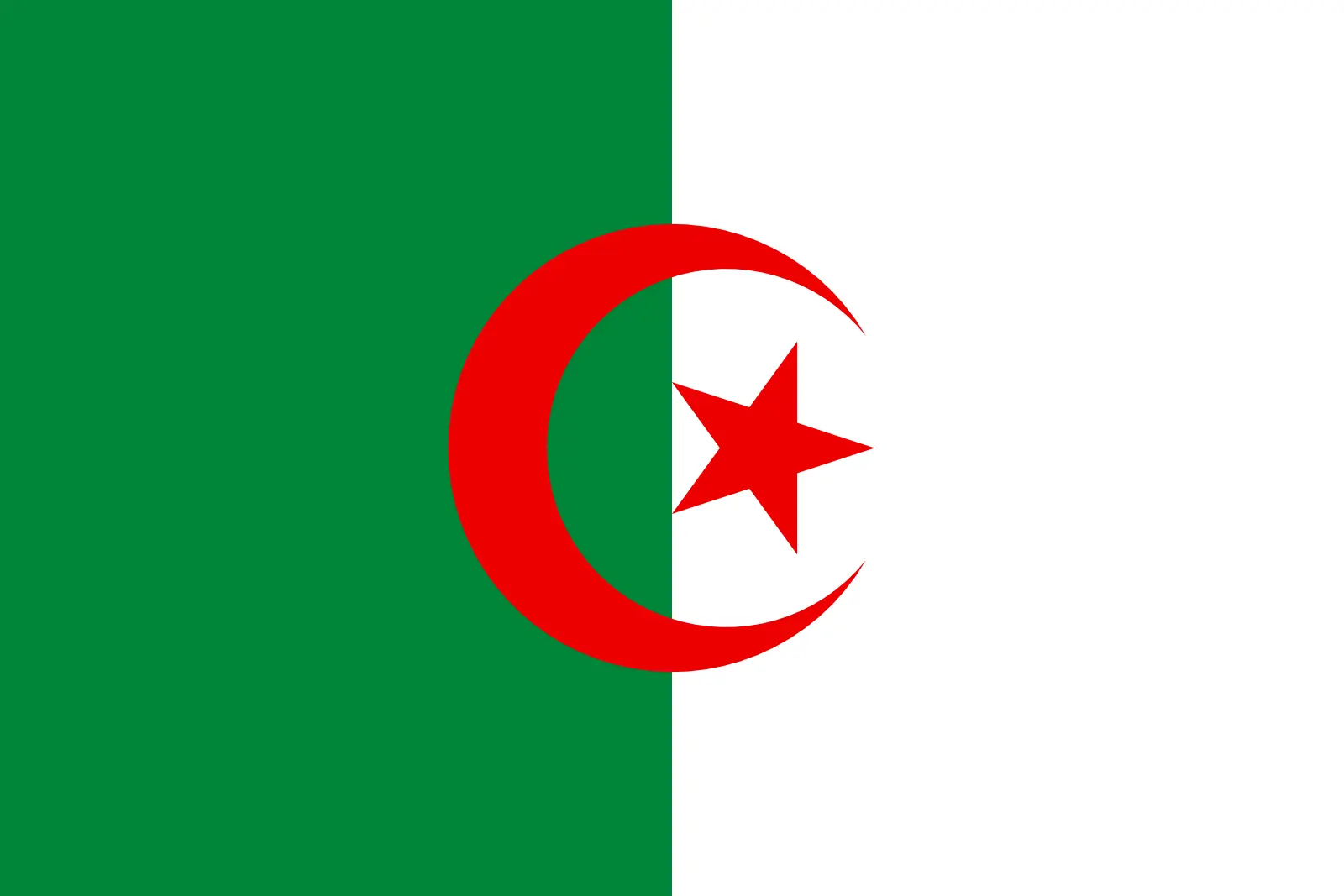 Algeria (+213)
Algeria (+213)
 American Samoa (+1684)
American Samoa (+1684)
 Andorra (+376)
Andorra (+376)
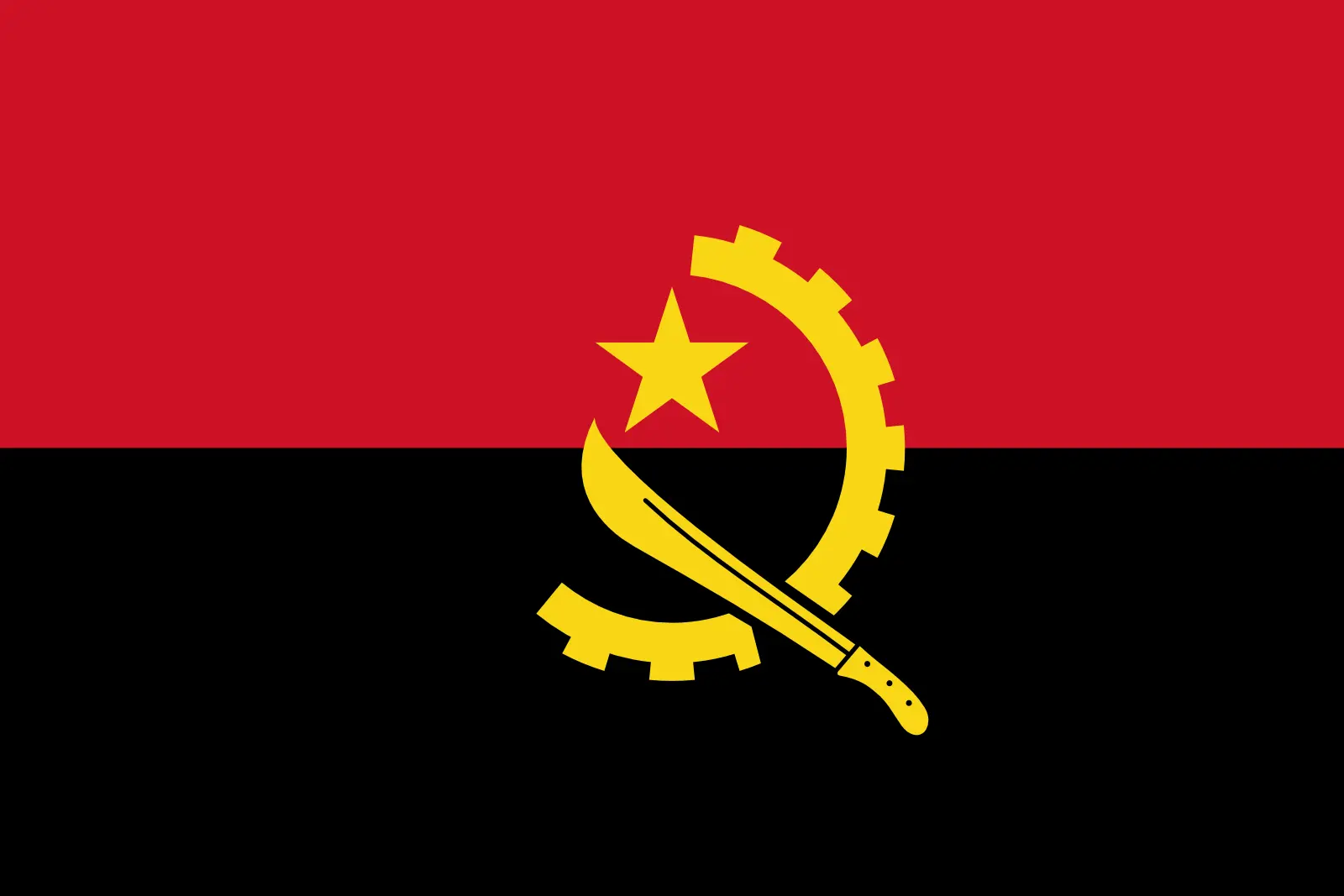 Angola (+244)
Angola (+244)
 Anguilla (+1264)
Anguilla (+1264)
 Antarctica (+672)
Antarctica (+672)
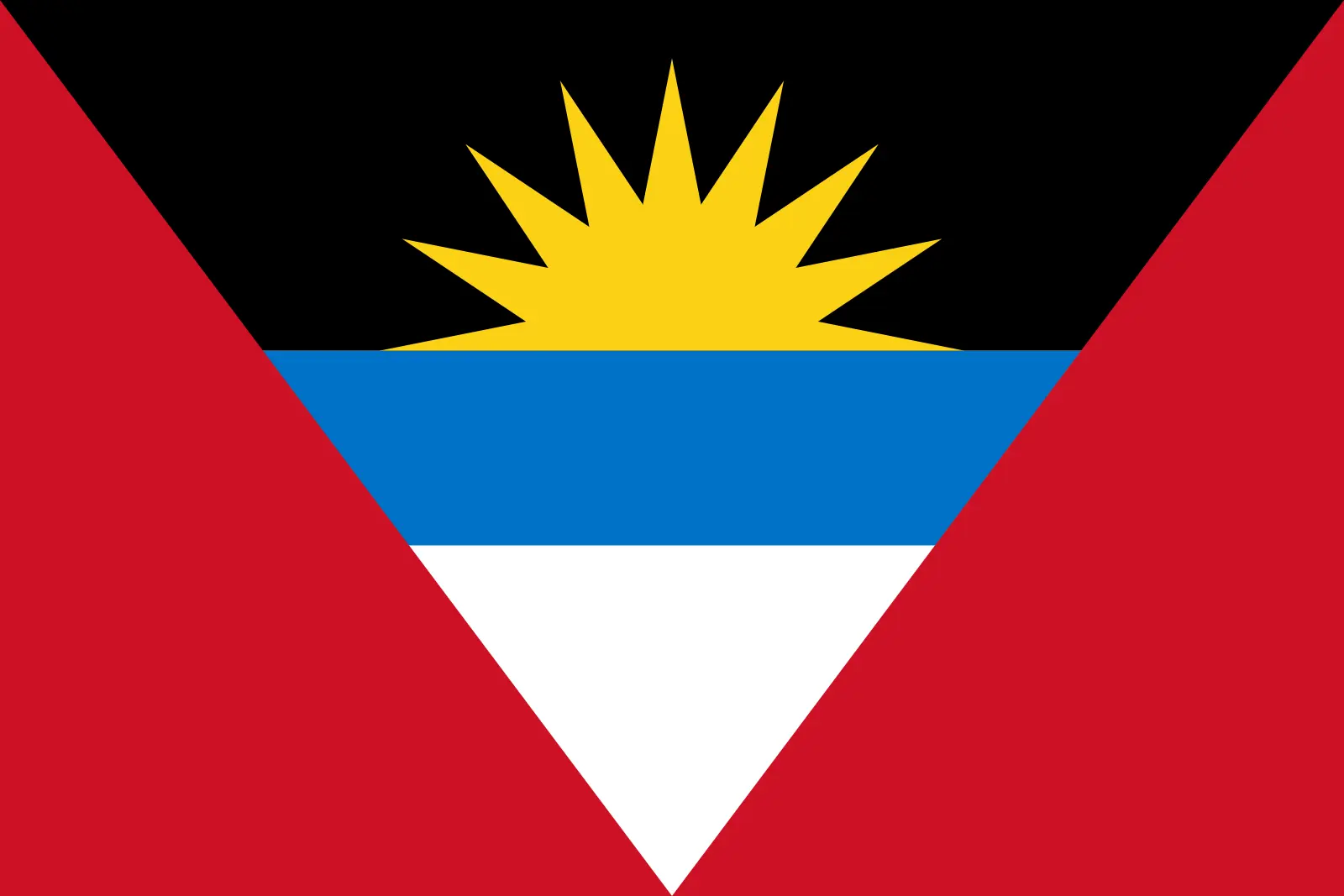 Antigua and Barbuda (+1268)
Antigua and Barbuda (+1268)
 Argentina (+54)
Argentina (+54)
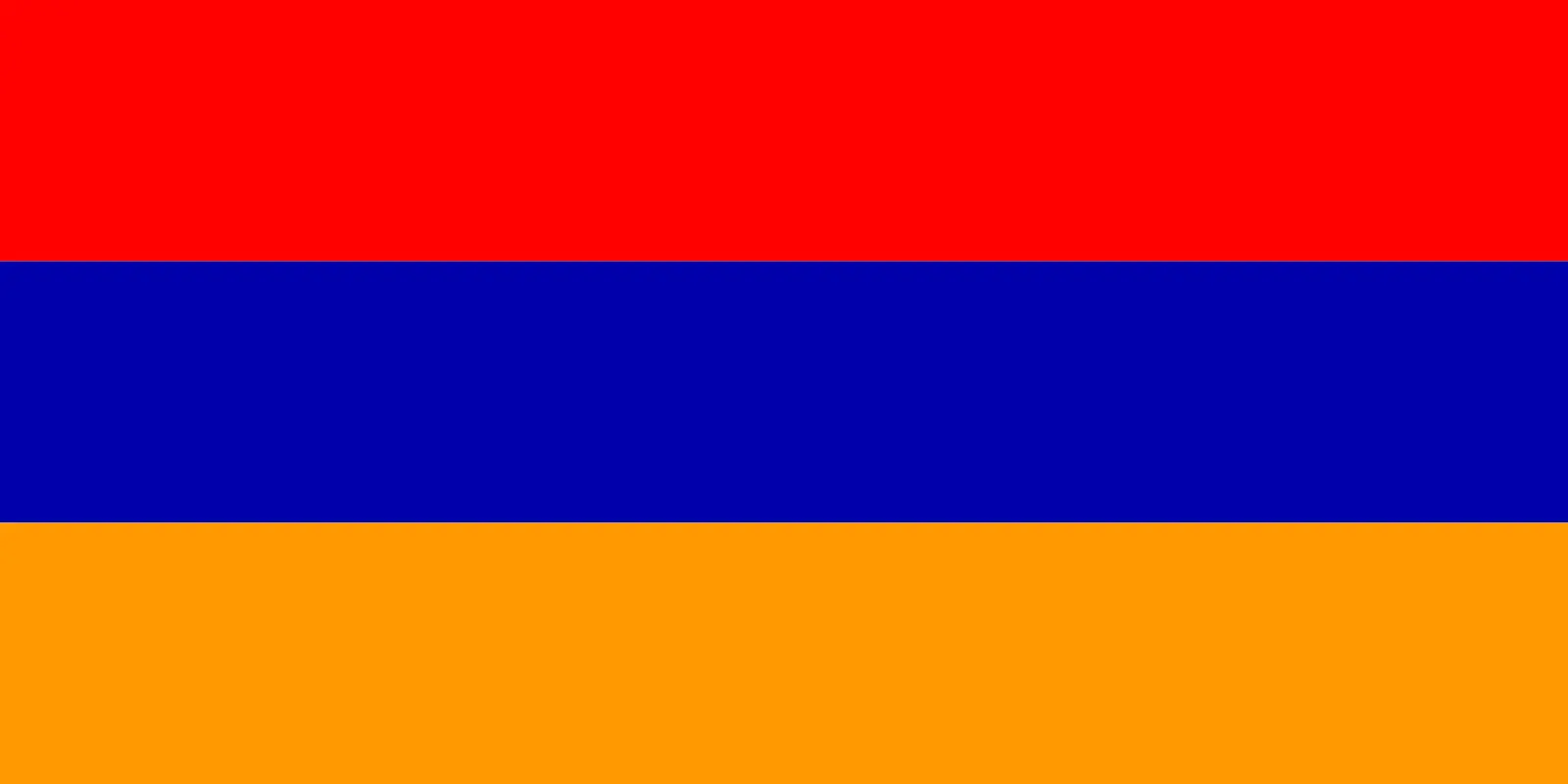 Armenia (+374)
Armenia (+374)
 Aruba (+297)
Aruba (+297)
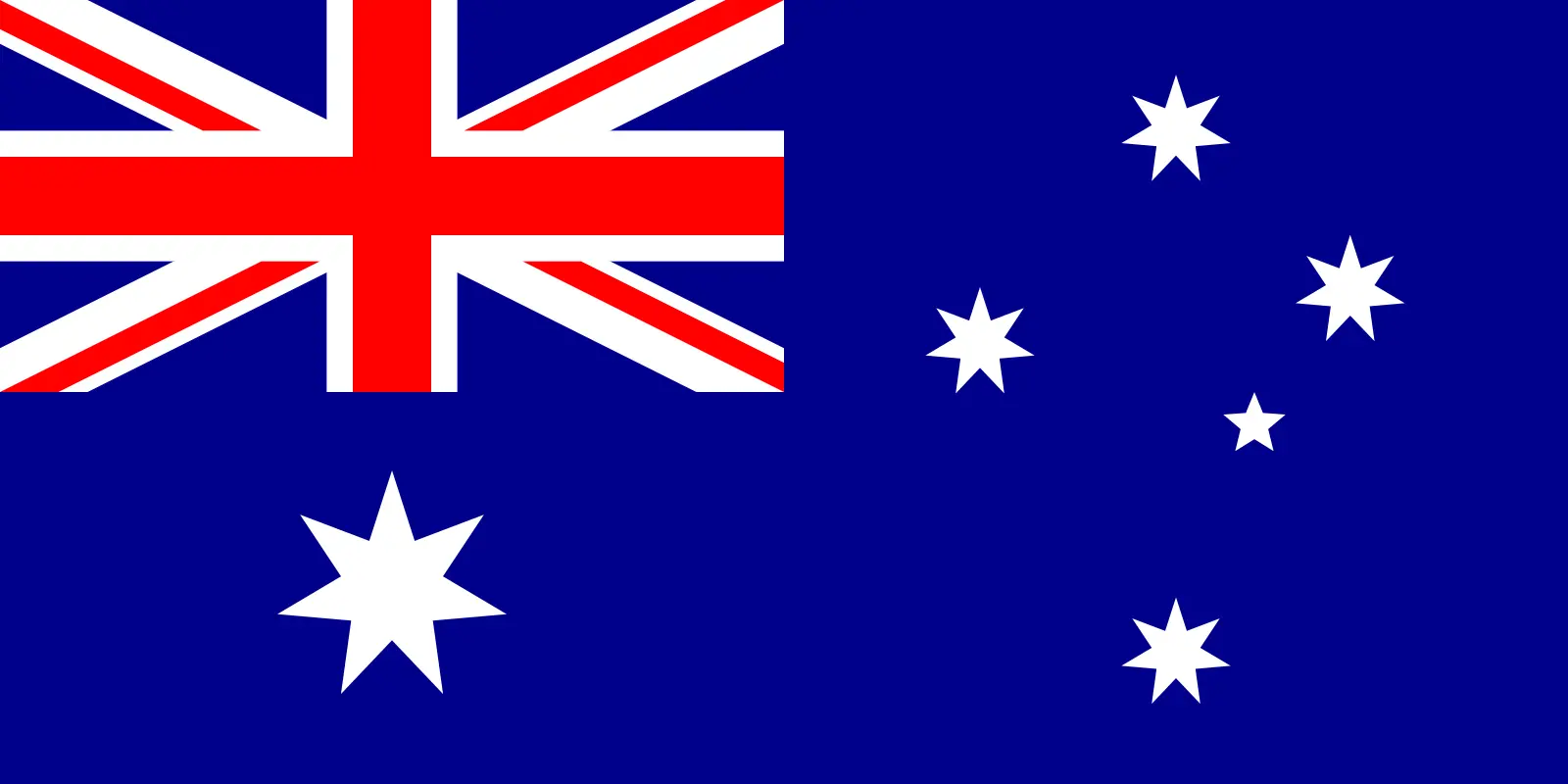 Australia (+61)
Australia (+61)
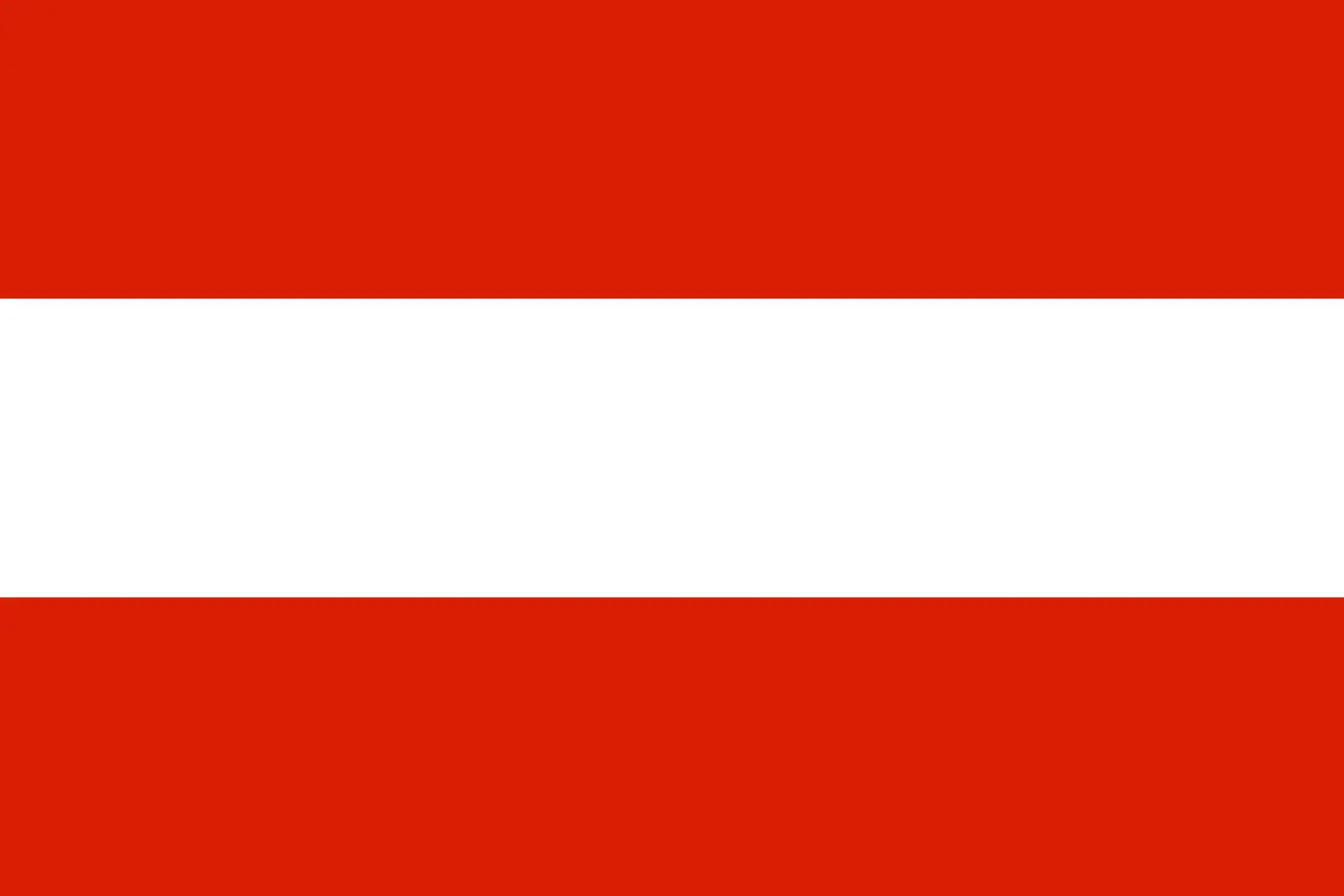 Austria (+43)
Austria (+43)
 Azerbaijan (+994)
Azerbaijan (+994)
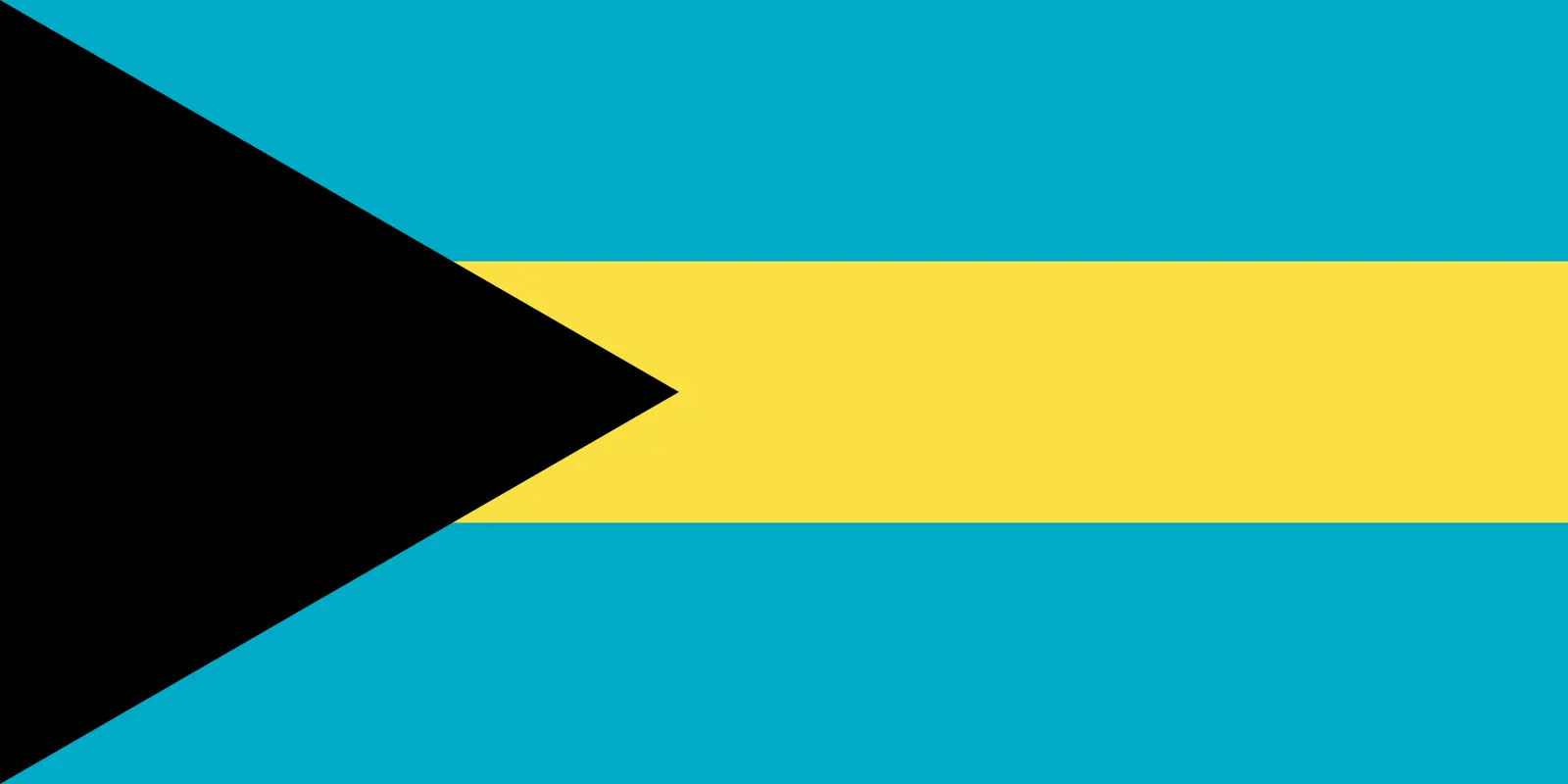 Bahamas (+1242)
Bahamas (+1242)
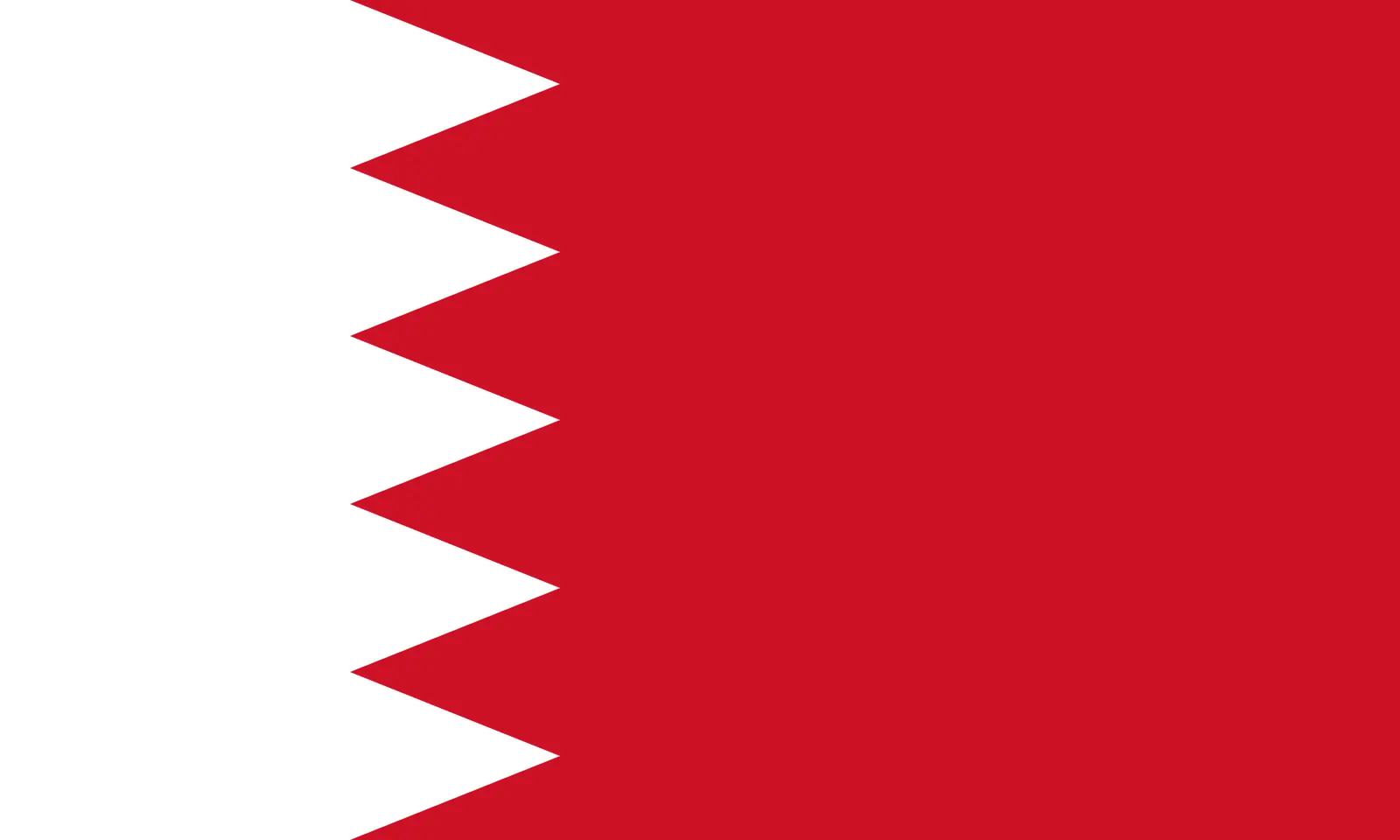 Bahrain (+973)
Bahrain (+973)
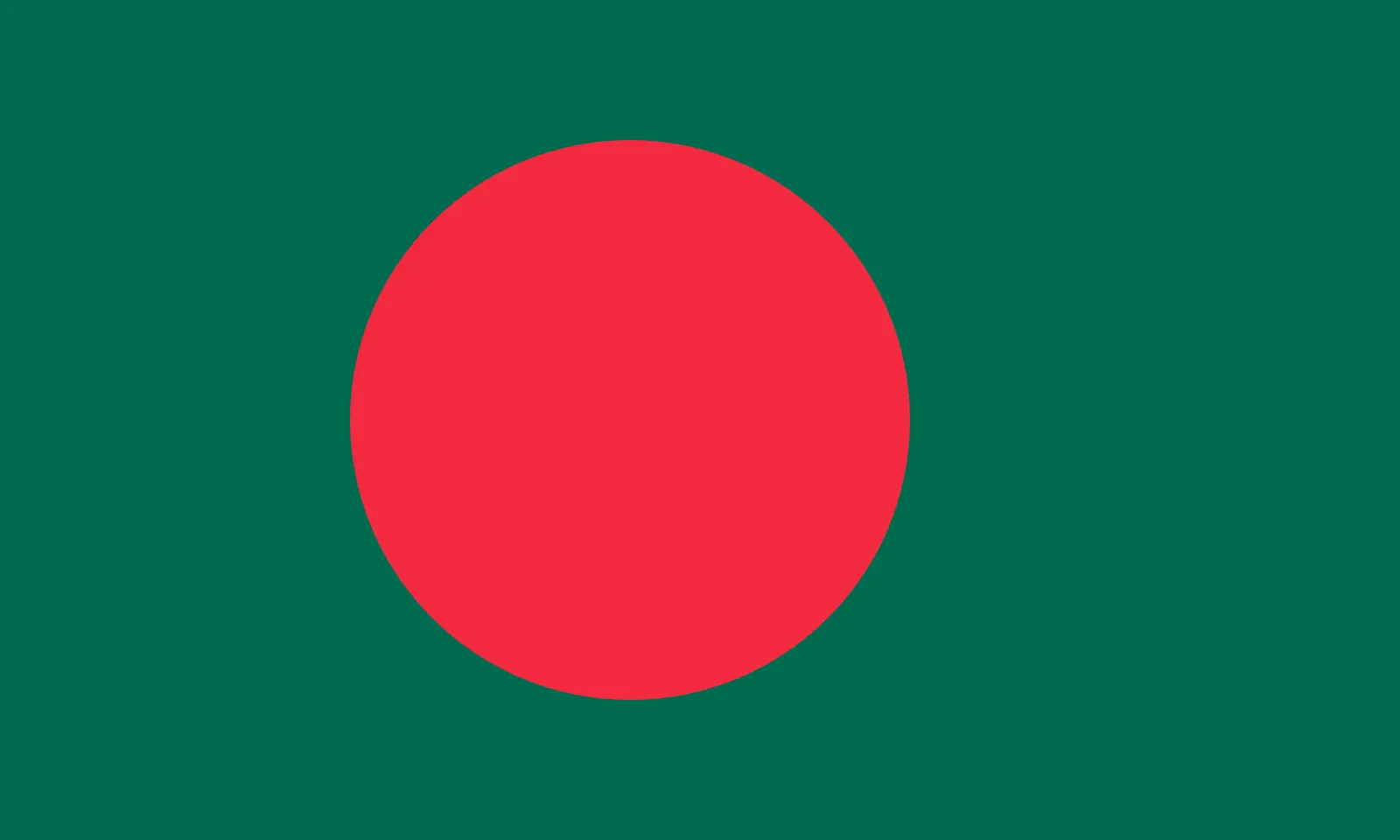 Bangladesh (+880)
Bangladesh (+880)
 Barbados (+1246)
Barbados (+1246)
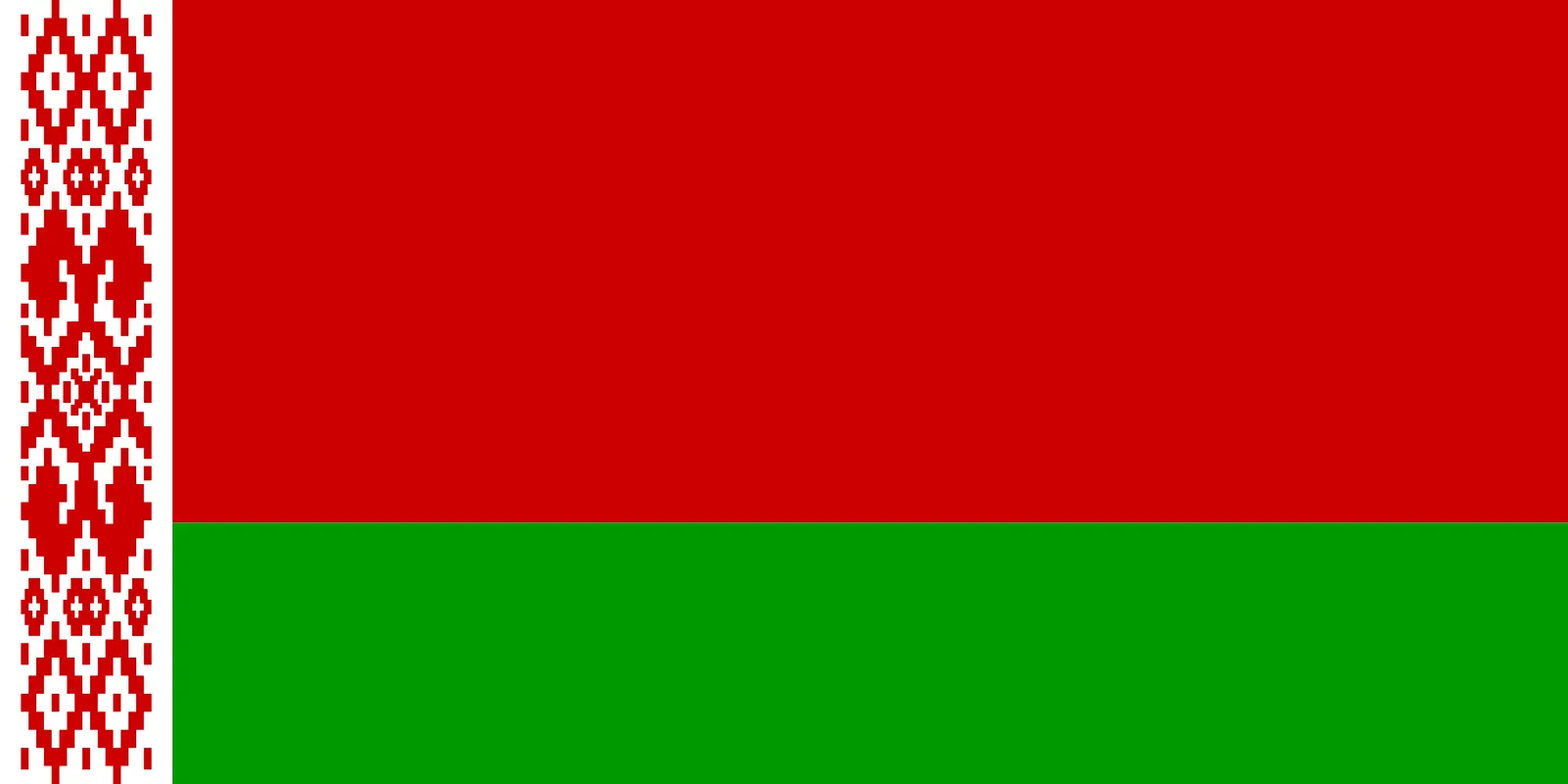 Belarus (+375)
Belarus (+375)
 Belgium (+32)
Belgium (+32)
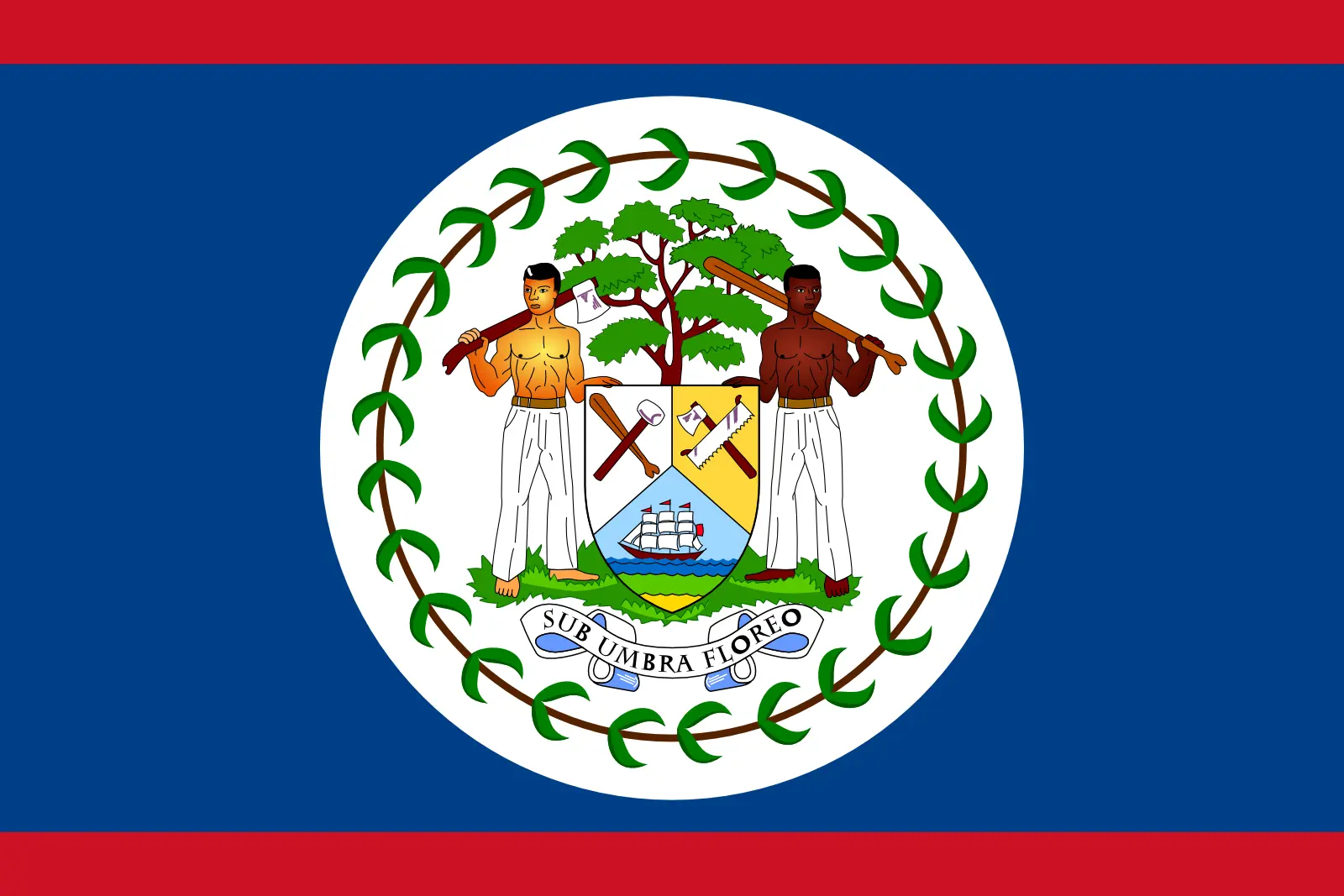 Belize (+501)
Belize (+501)
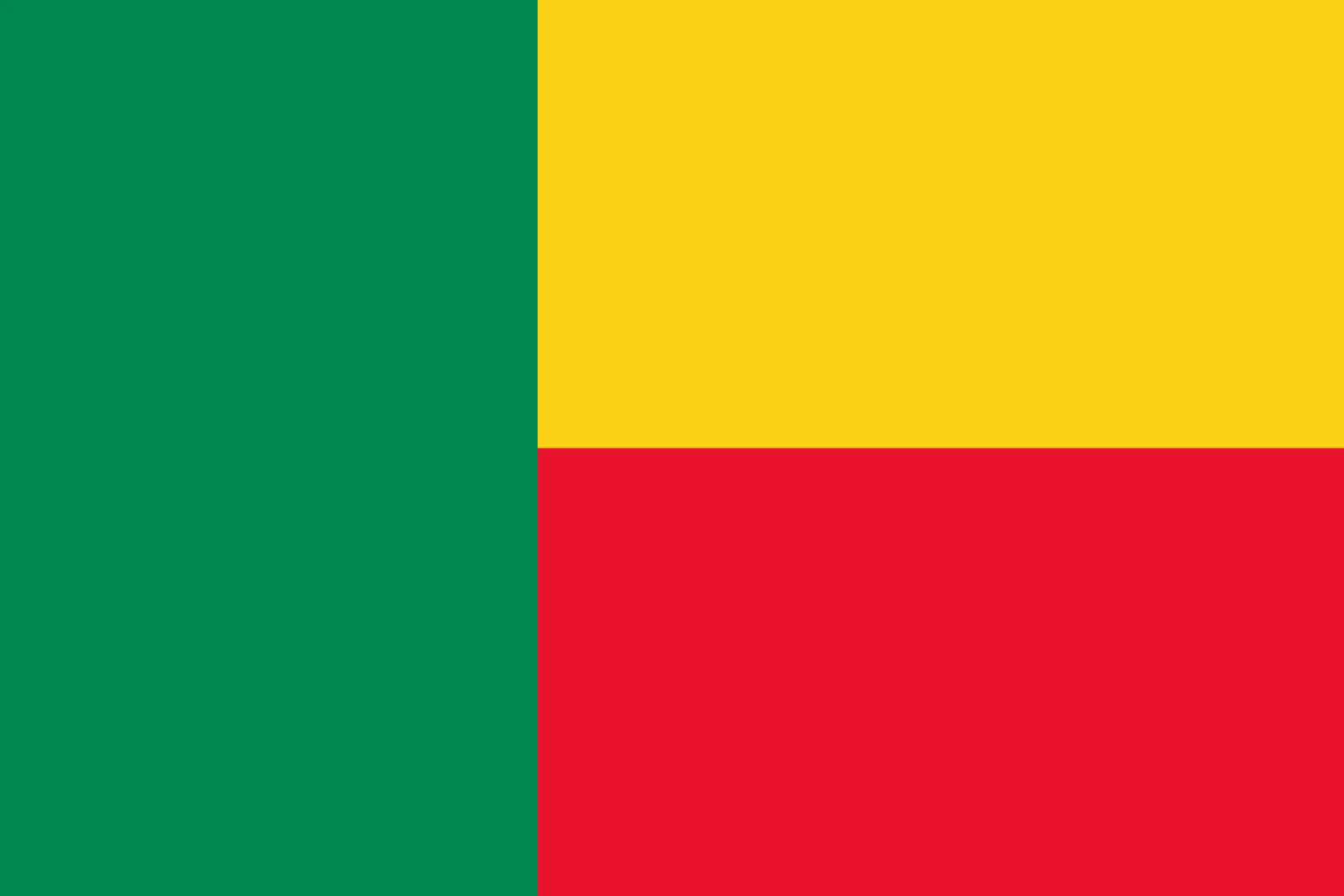 Benin (+229)
Benin (+229)
 Bermuda (+1441)
Bermuda (+1441)
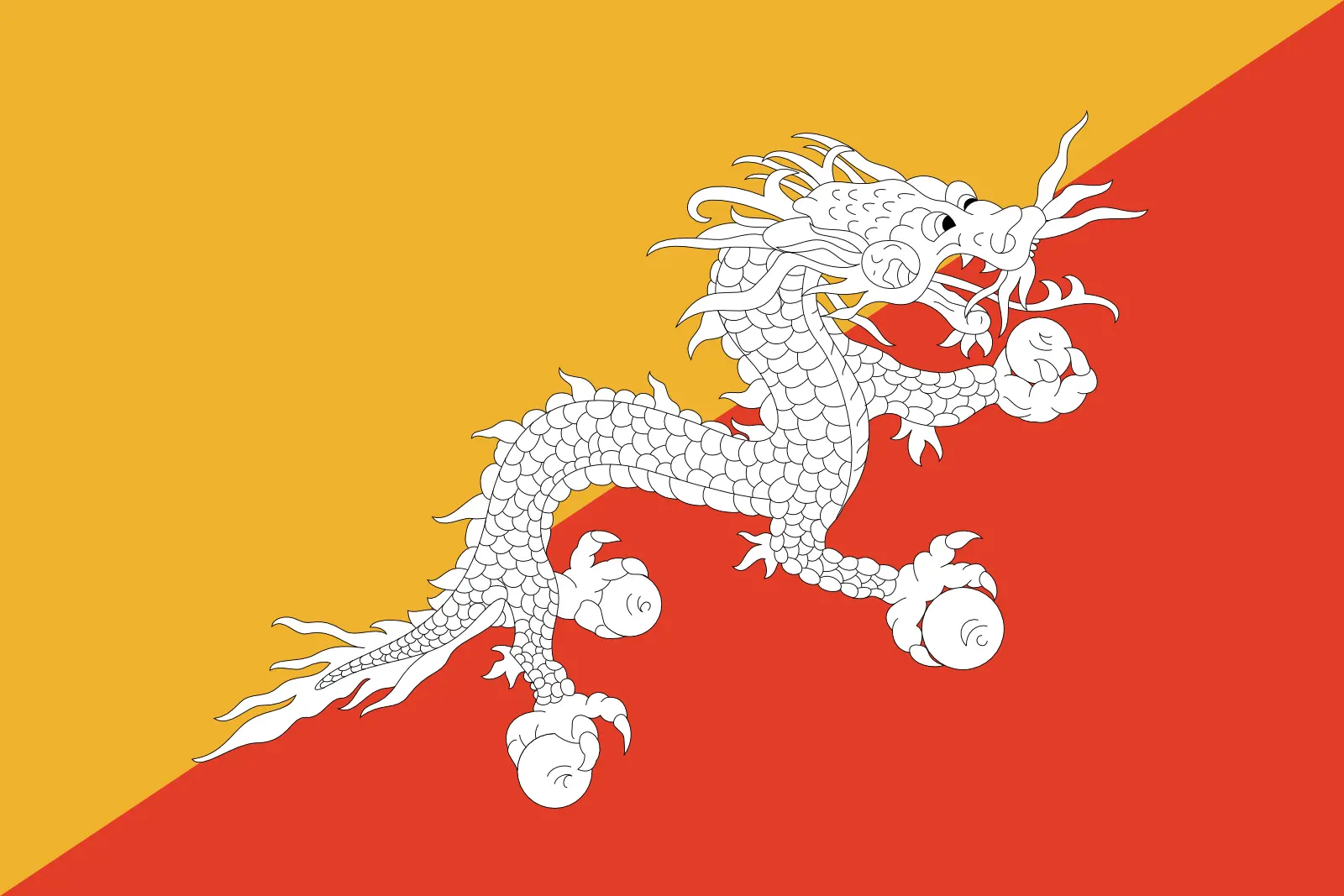 Bhutan (+975)
Bhutan (+975)
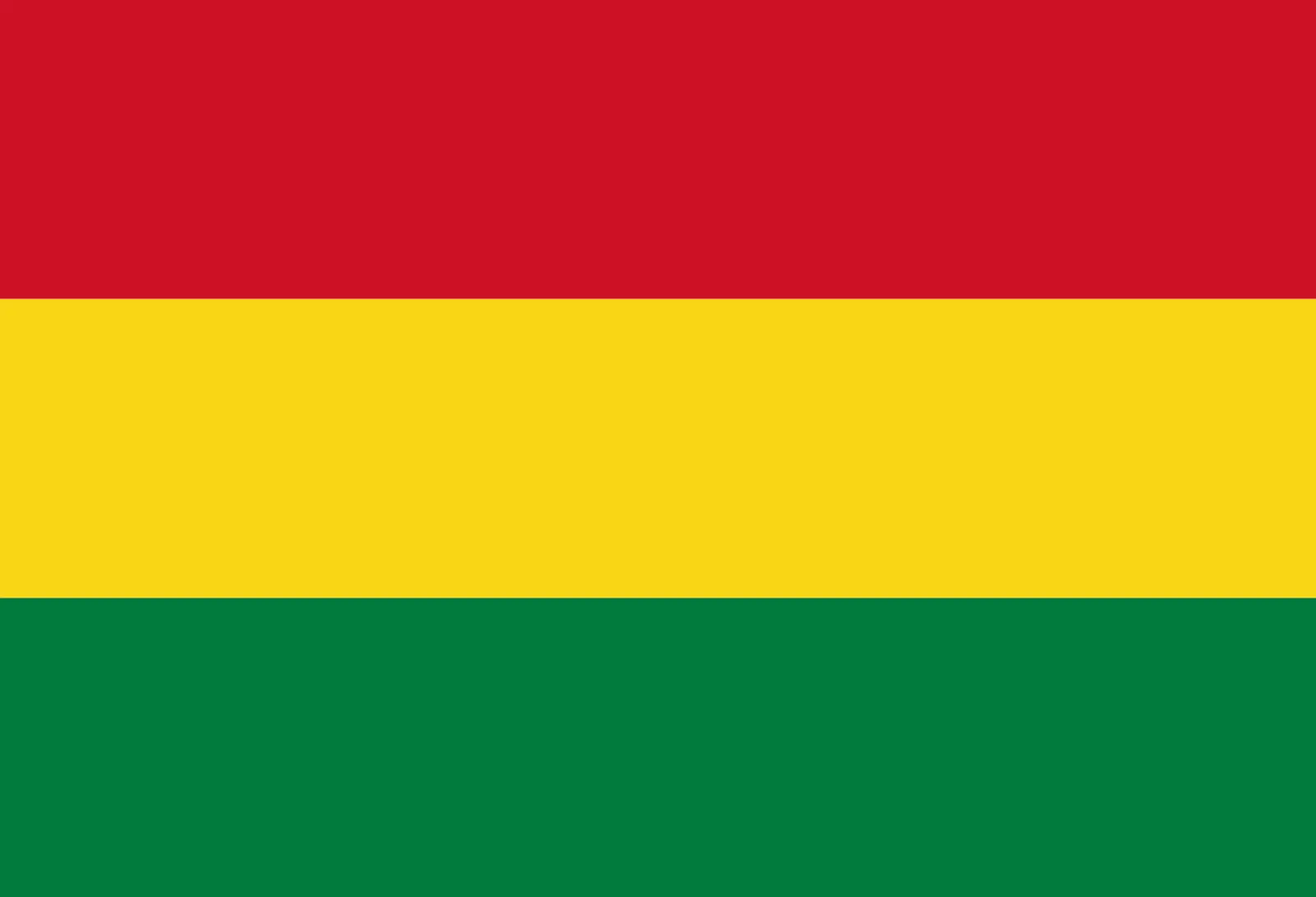 Bolivia (+591)
Bolivia (+591)
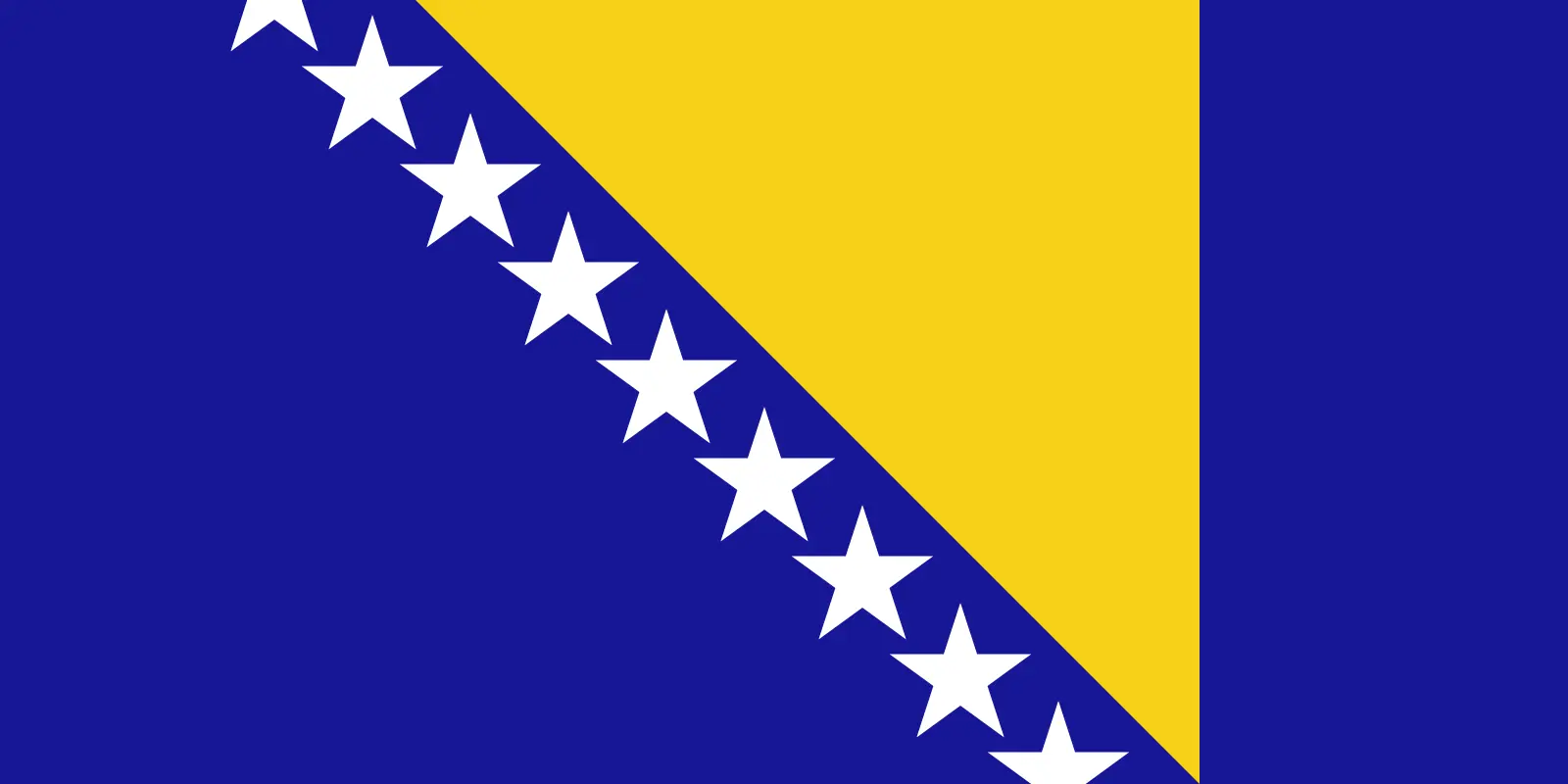 Bosnia and Herzegovina (+387)
Bosnia and Herzegovina (+387)
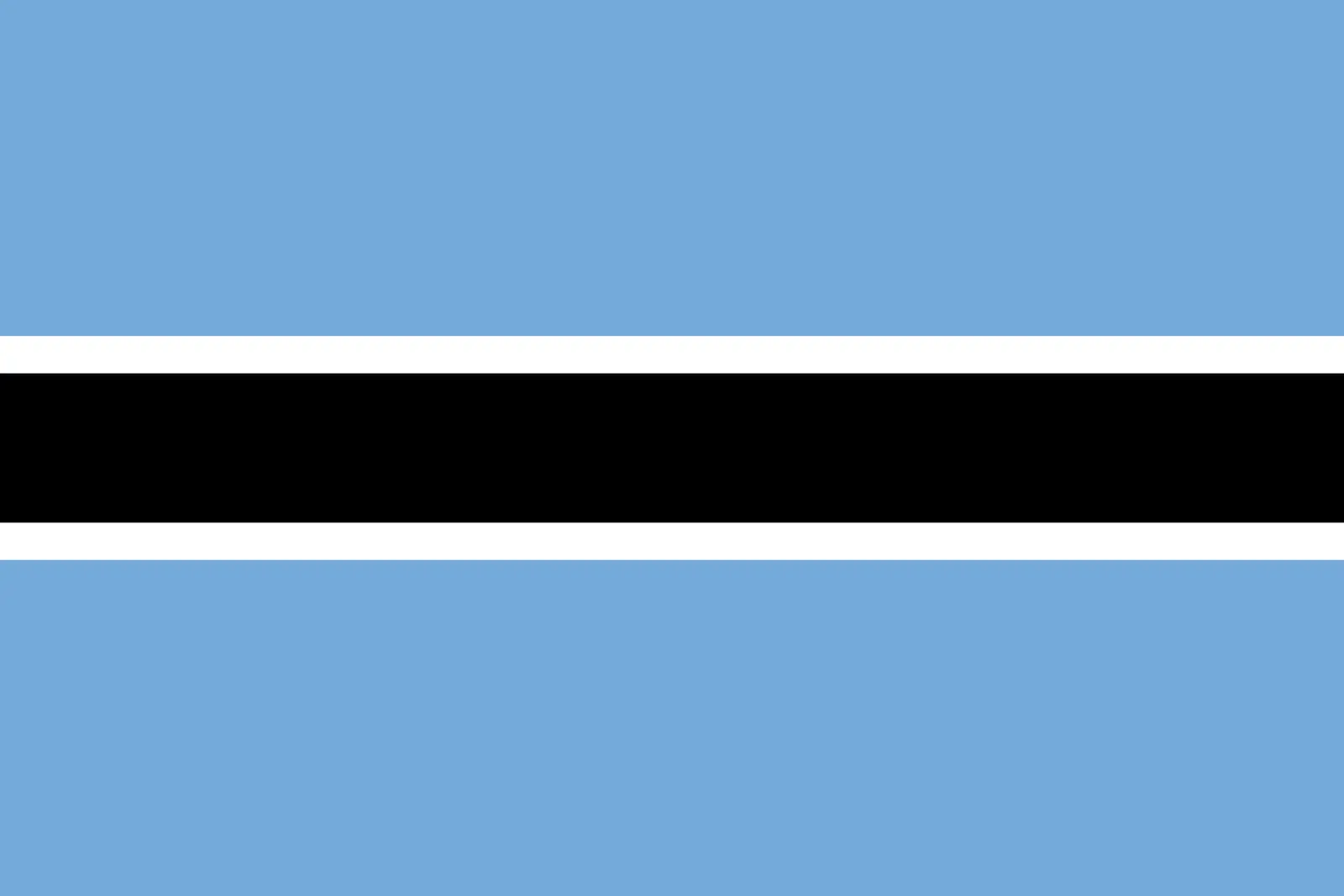 Botswana (+267)
Botswana (+267)
 Bouvet Island (+)
Bouvet Island (+)
 Brazil (+55)
Brazil (+55)
 British Indian Ocean Territory (+246)
British Indian Ocean Territory (+246)
 British Virgin Islands (+1284)
British Virgin Islands (+1284)
 Brunei (+673)
Brunei (+673)
 Bulgaria (+359)
Bulgaria (+359)
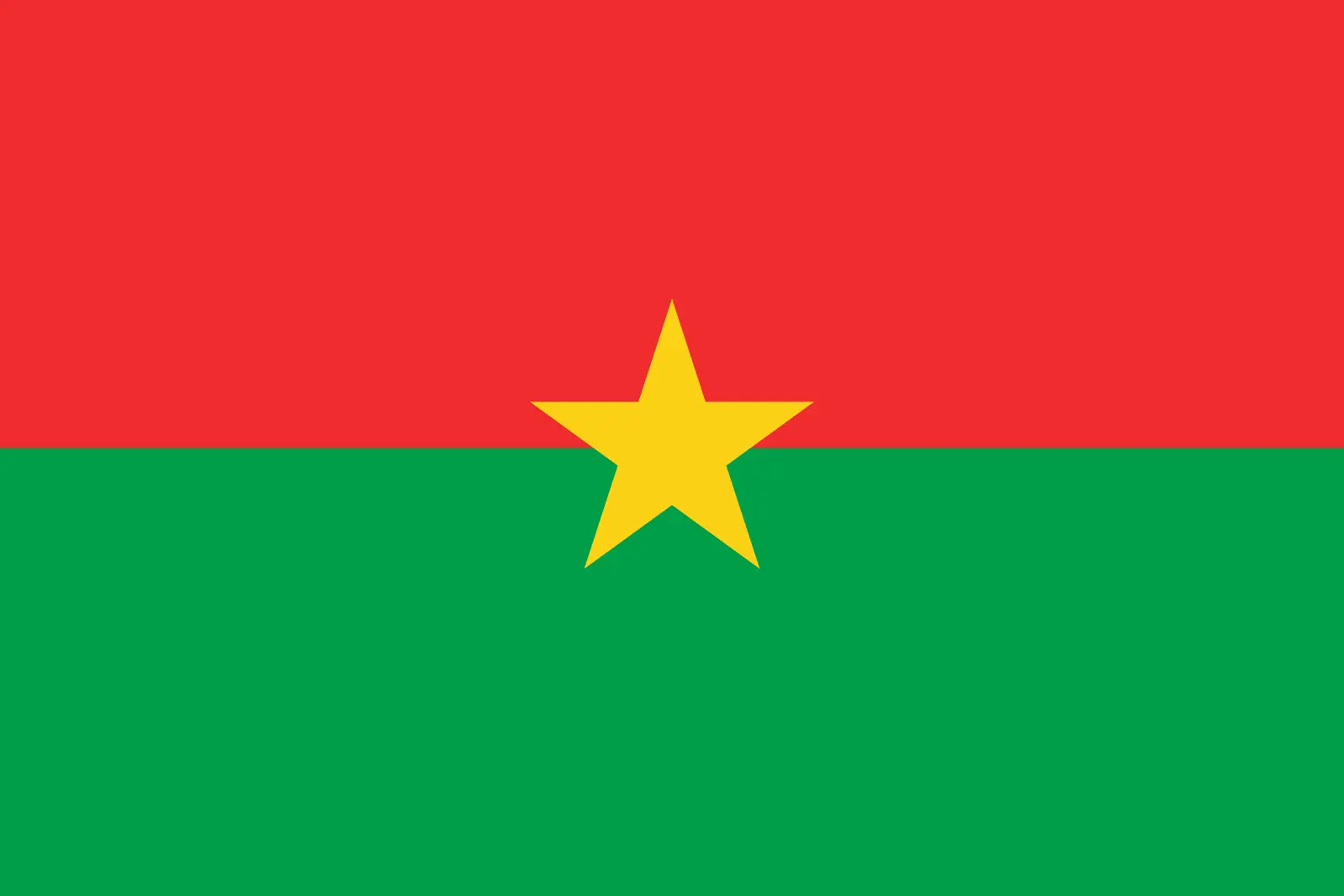 Burkina Faso (+226)
Burkina Faso (+226)
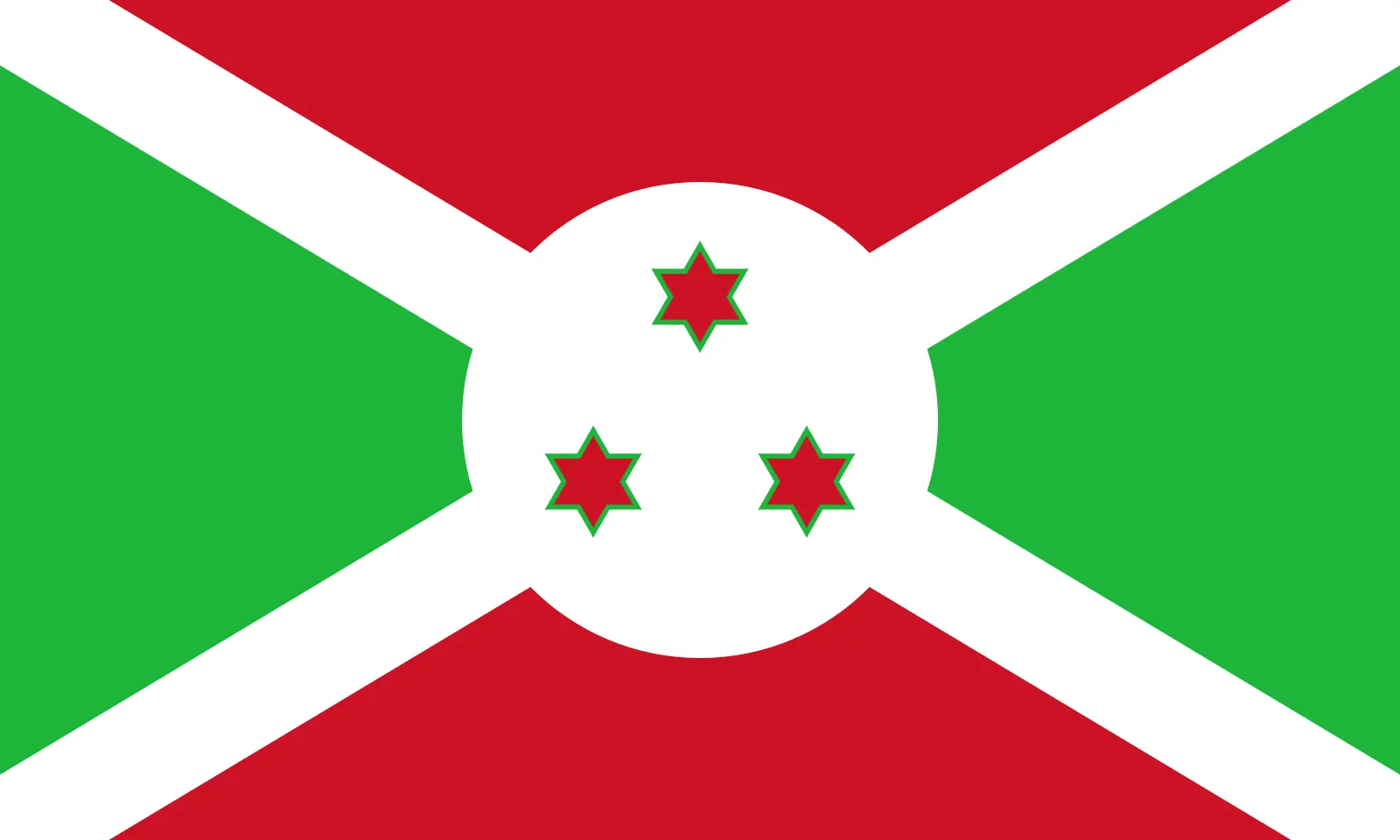 Burundi (+257)
Burundi (+257)
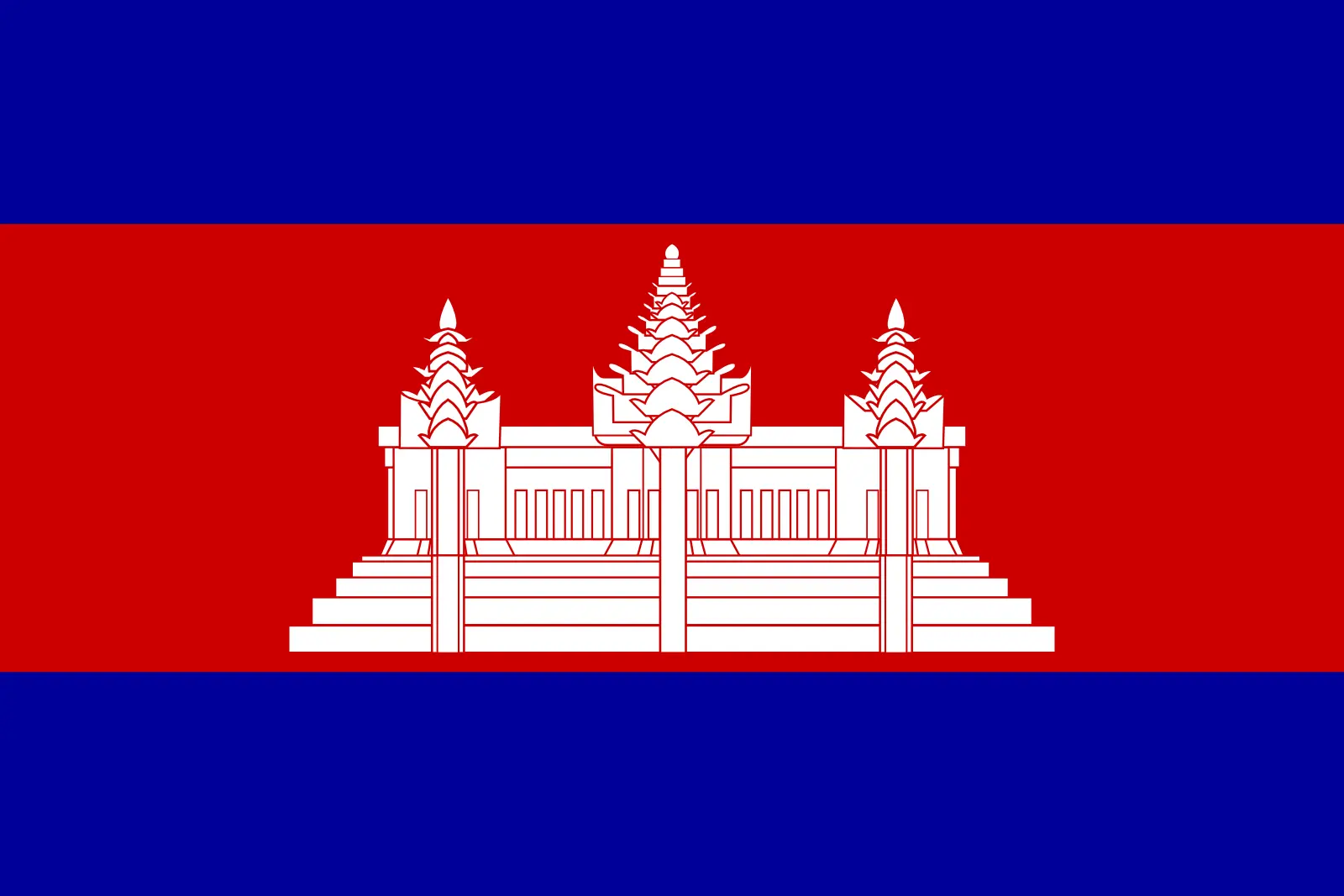 Cambodia (+855)
Cambodia (+855)
 Cameroon (+237)
Cameroon (+237)
 Canada (+1)
Canada (+1)
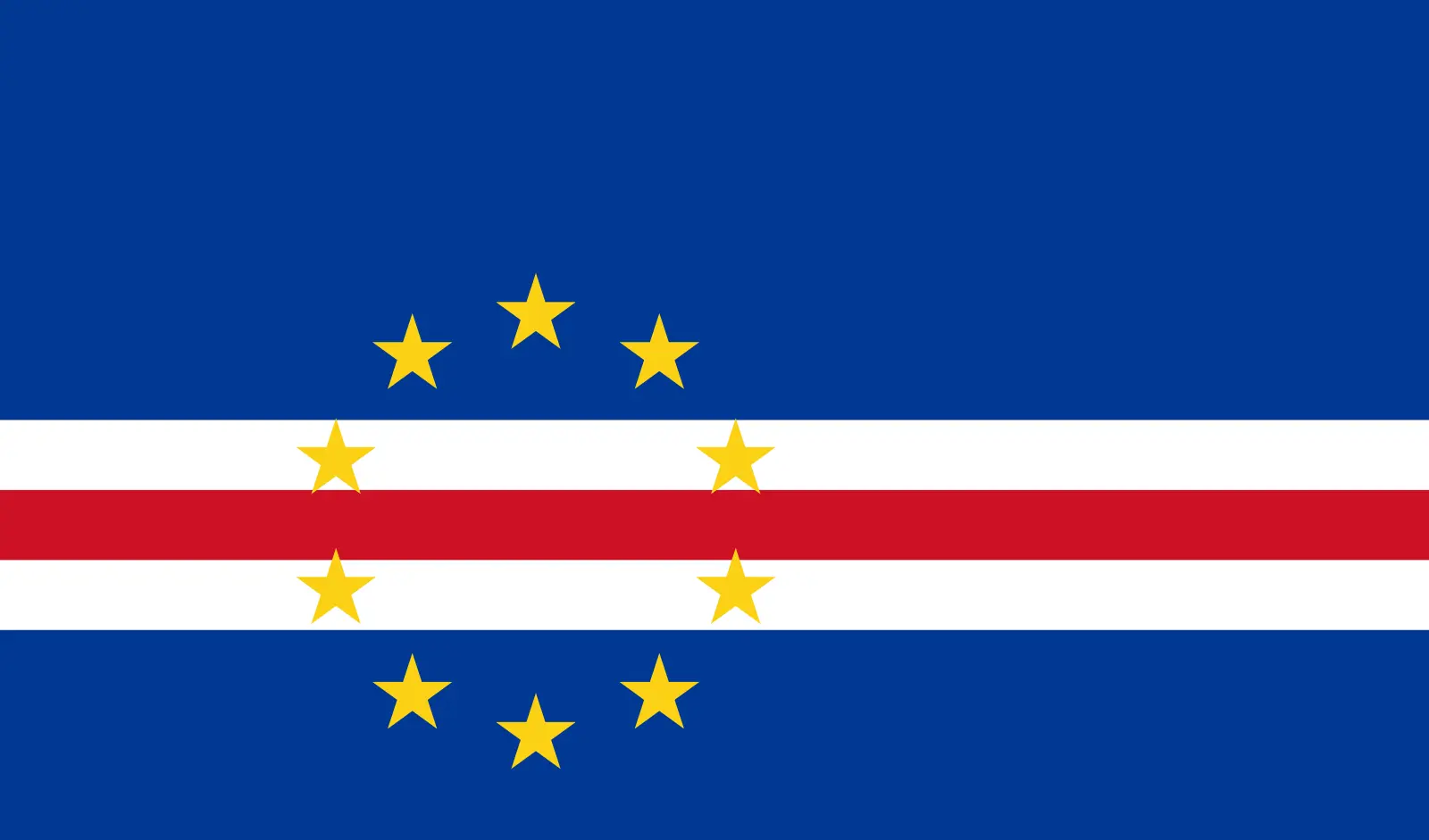 Cape Verde (+238)
Cape Verde (+238)
 Cayman Islands (+1345)
Cayman Islands (+1345)
 Central African Republic (+236)
Central African Republic (+236)
 Chad (+235)
Chad (+235)
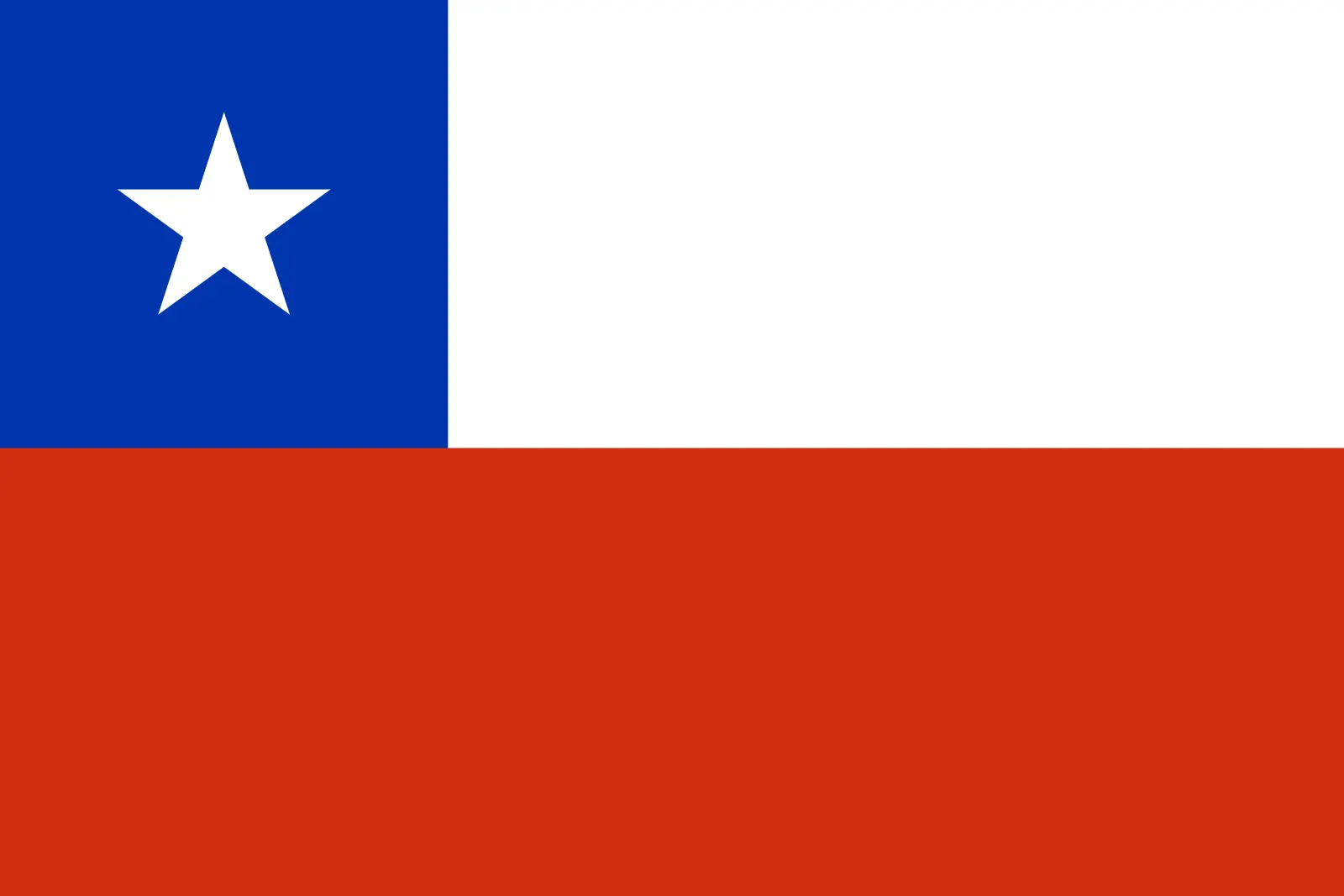 Chile (+56)
Chile (+56)
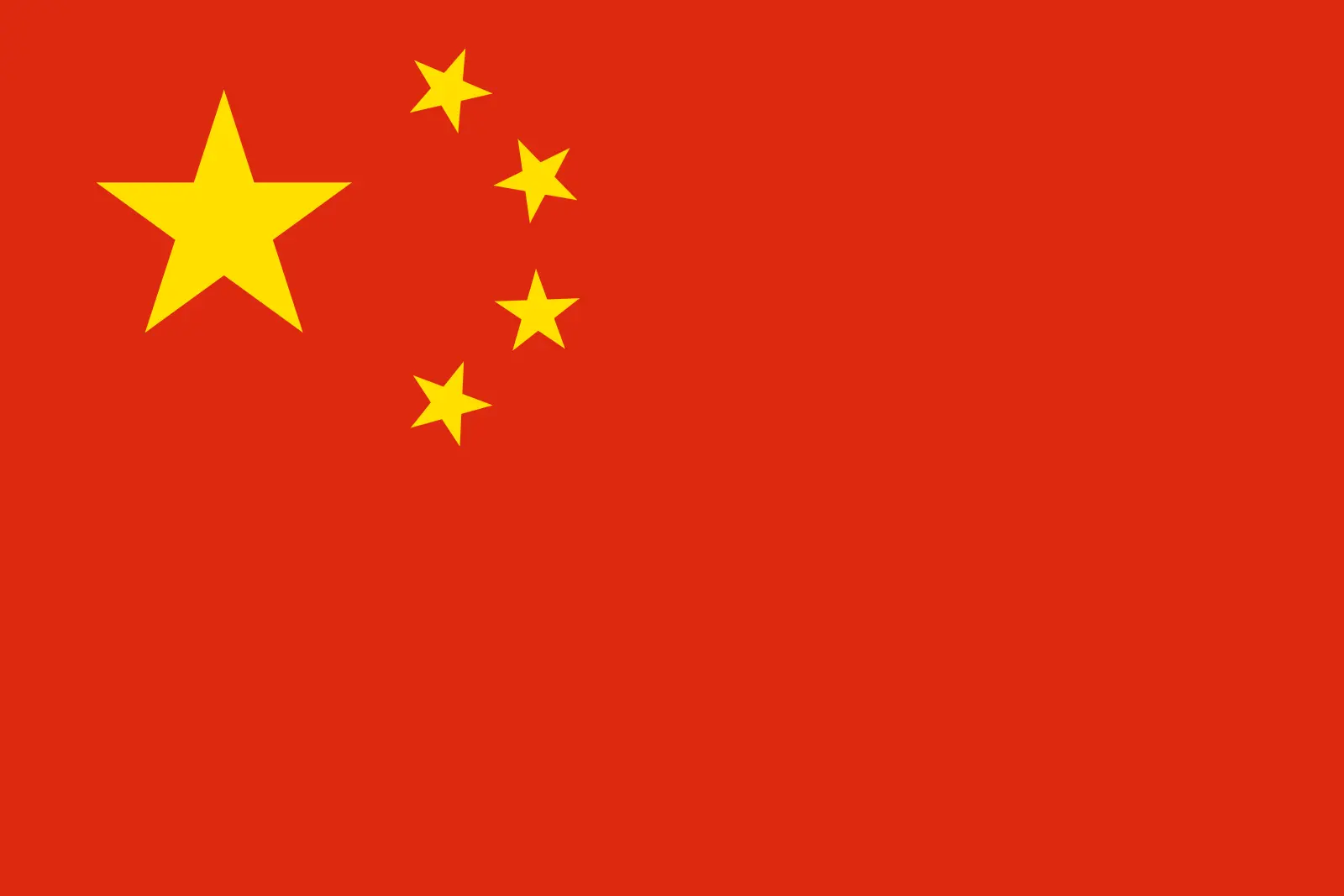 China (+86)
China (+86)
 Christmas Island (+61)
Christmas Island (+61)
 Cocos (Keeling) Islands (+61)
Cocos (Keeling) Islands (+61)
 Colombia (+57)
Colombia (+57)
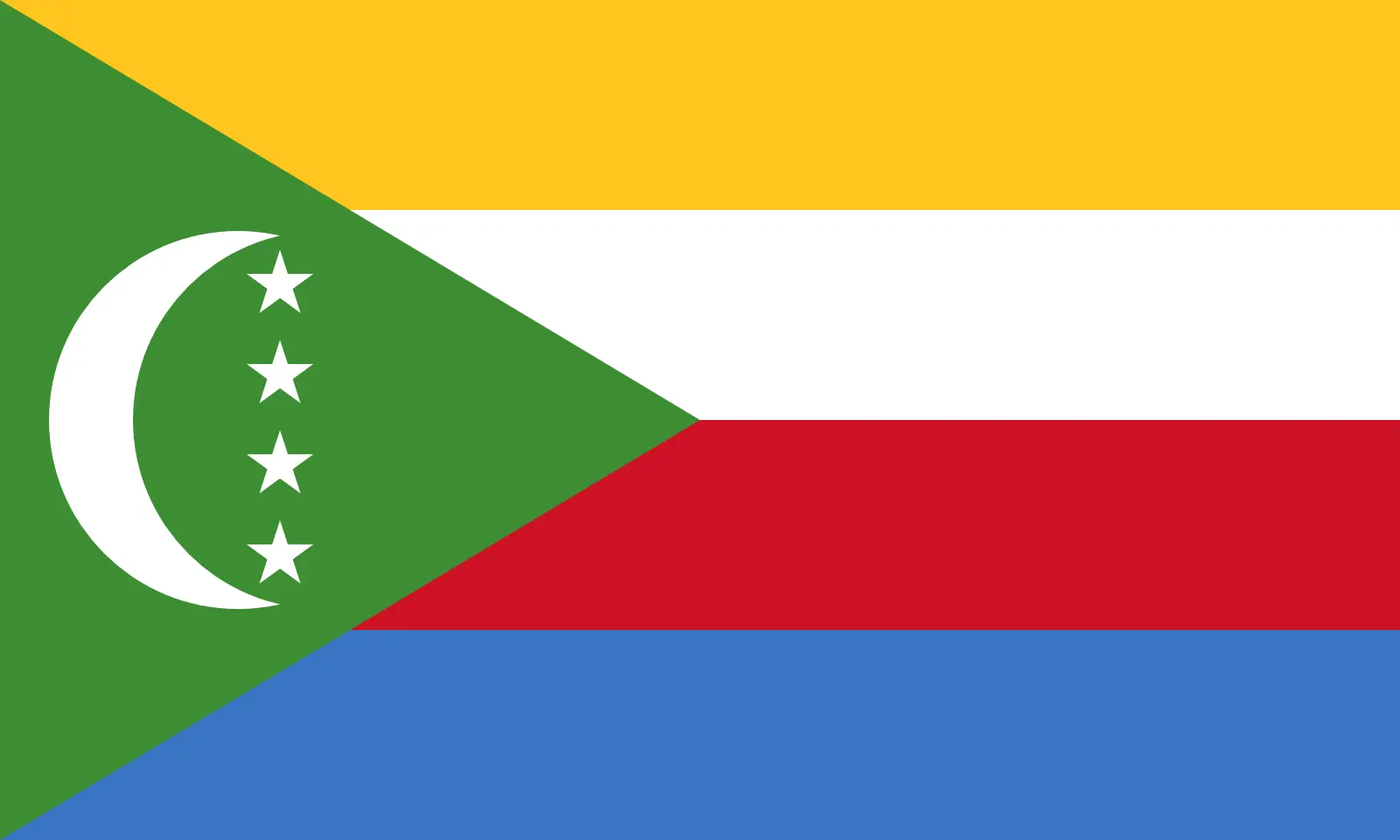 Comoros (+269)
Comoros (+269)
 Cook Islands (+682)
Cook Islands (+682)
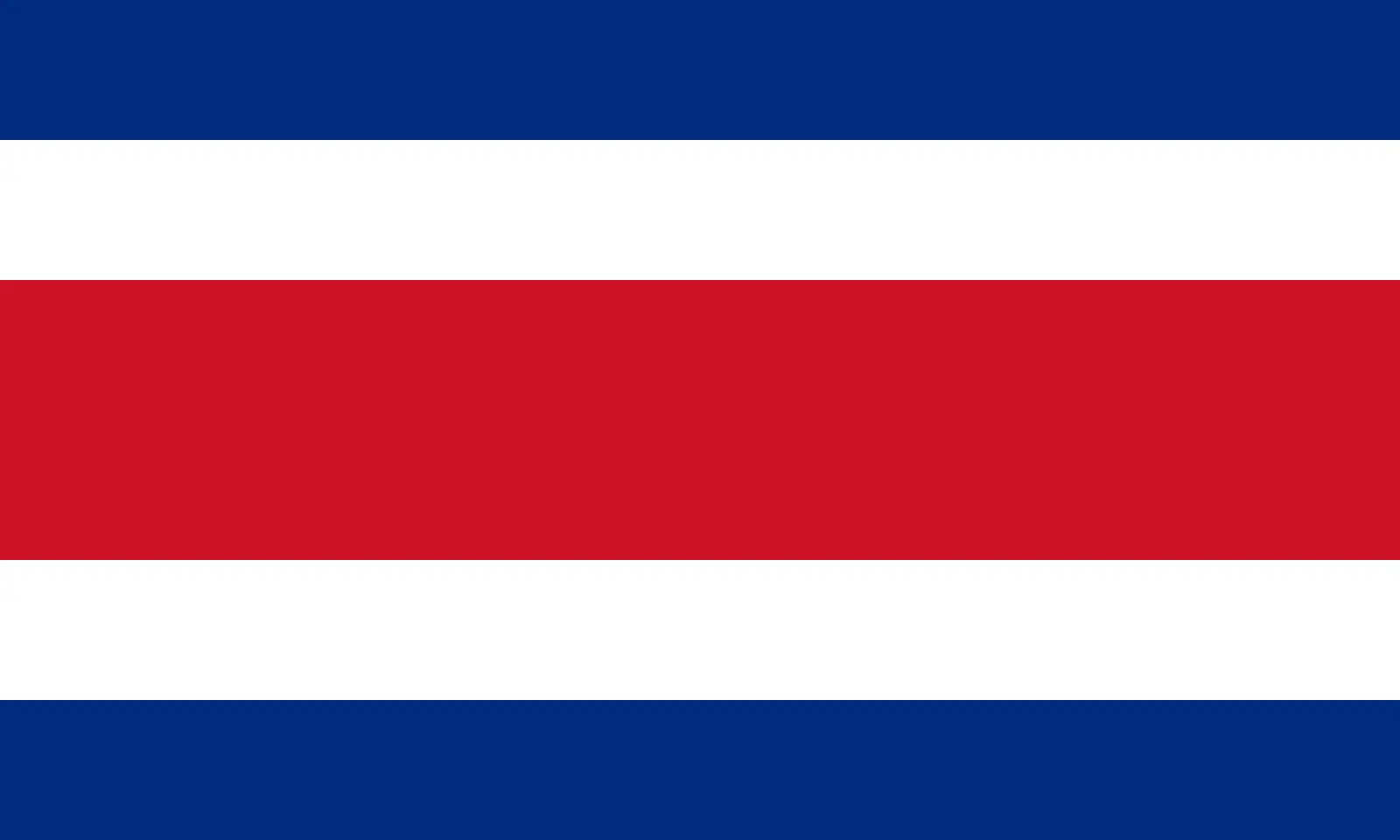 Costa Rica (+506)
Costa Rica (+506)
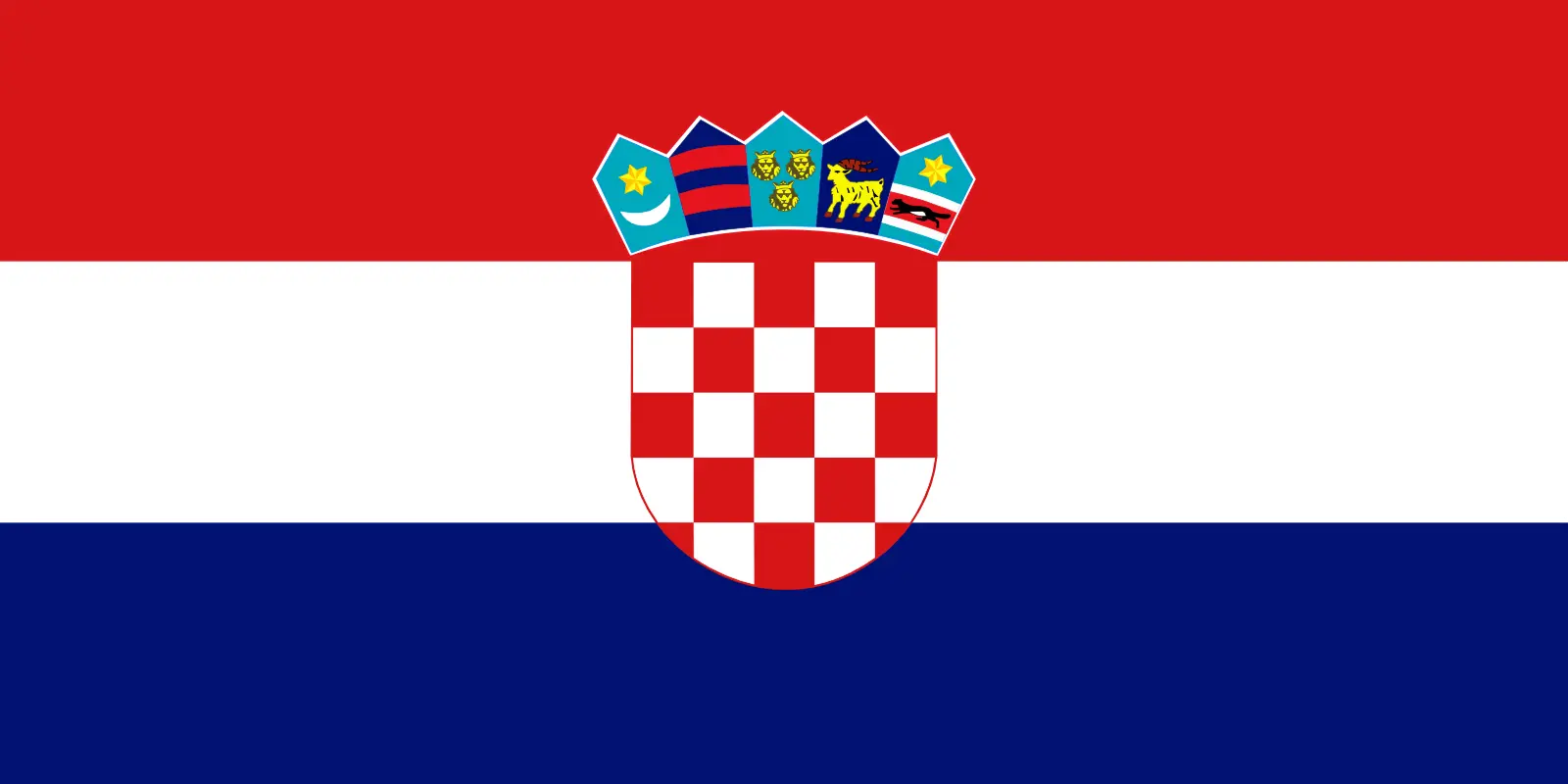 Croatia (+385)
Croatia (+385)
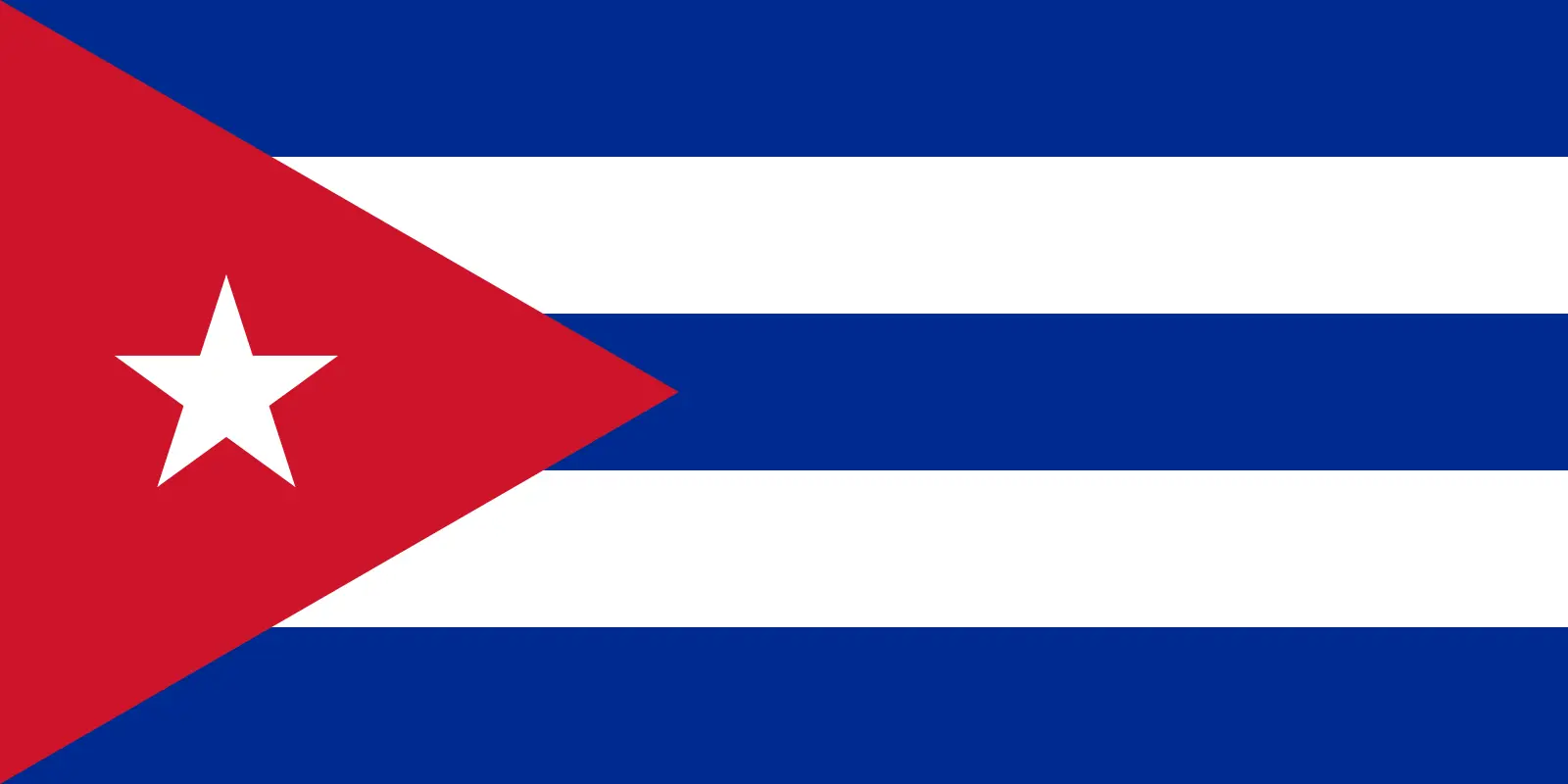 Cuba (+53)
Cuba (+53)
 Curaçao (+599)
Curaçao (+599)
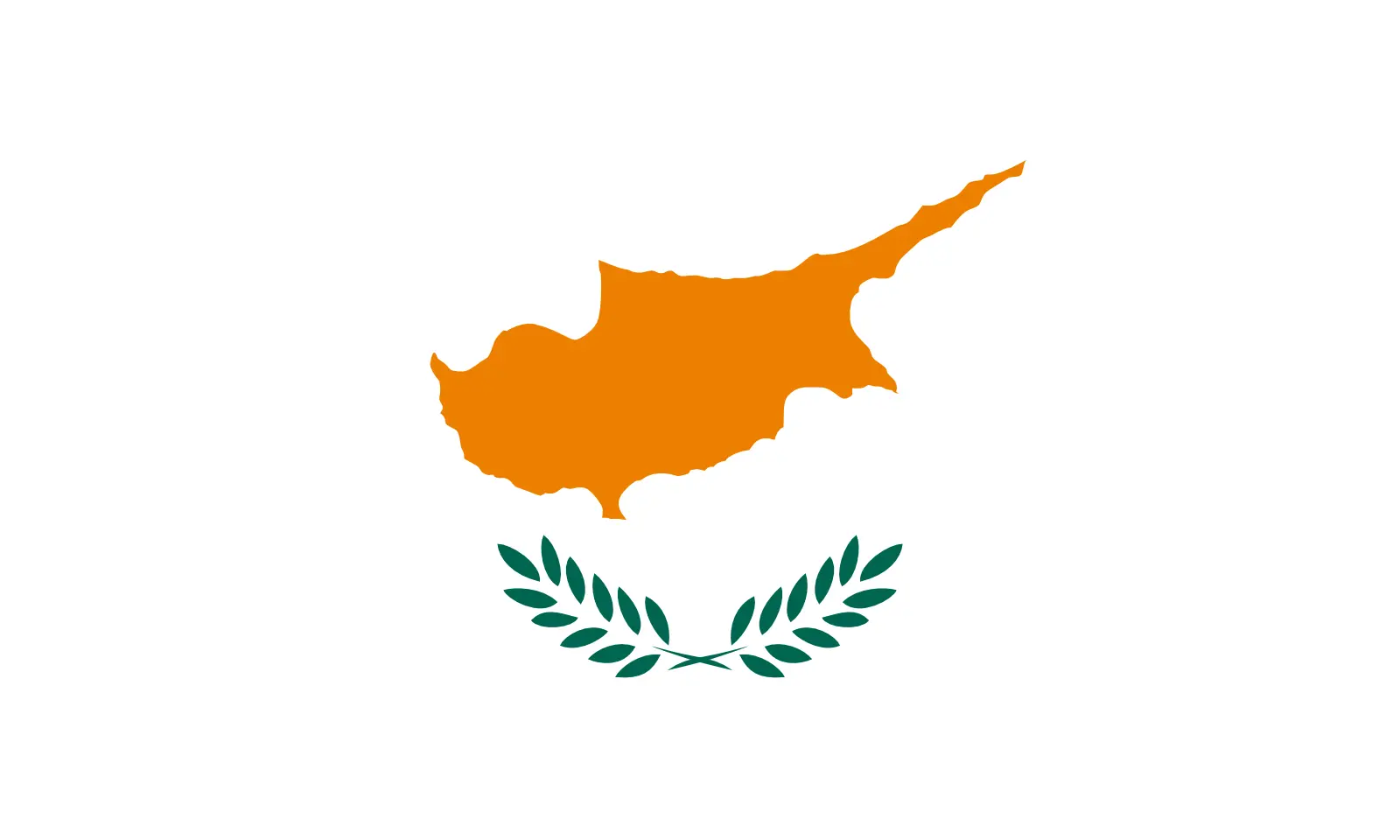 Cyprus (+357)
Cyprus (+357)
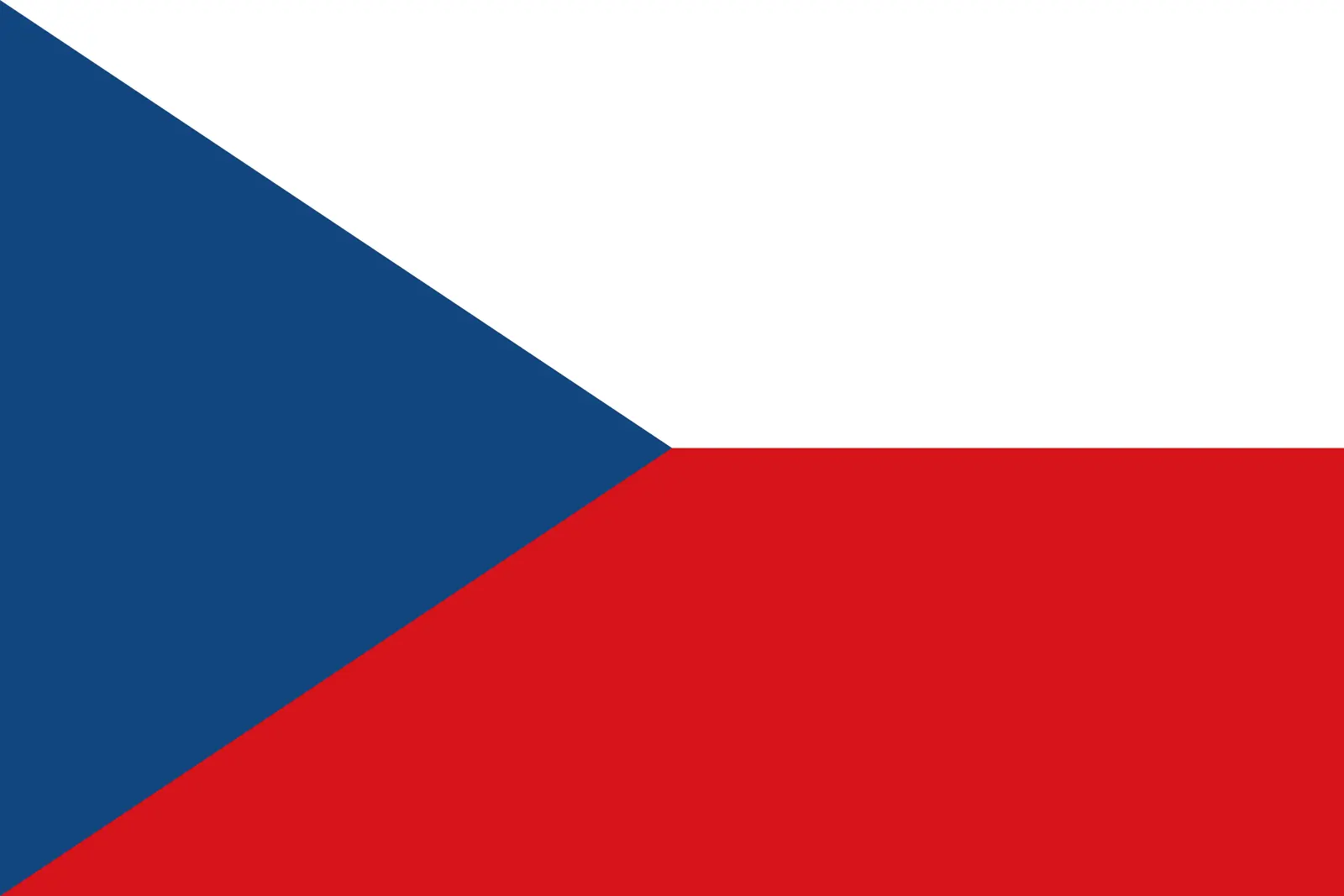 Czechia (+420)
Czechia (+420)
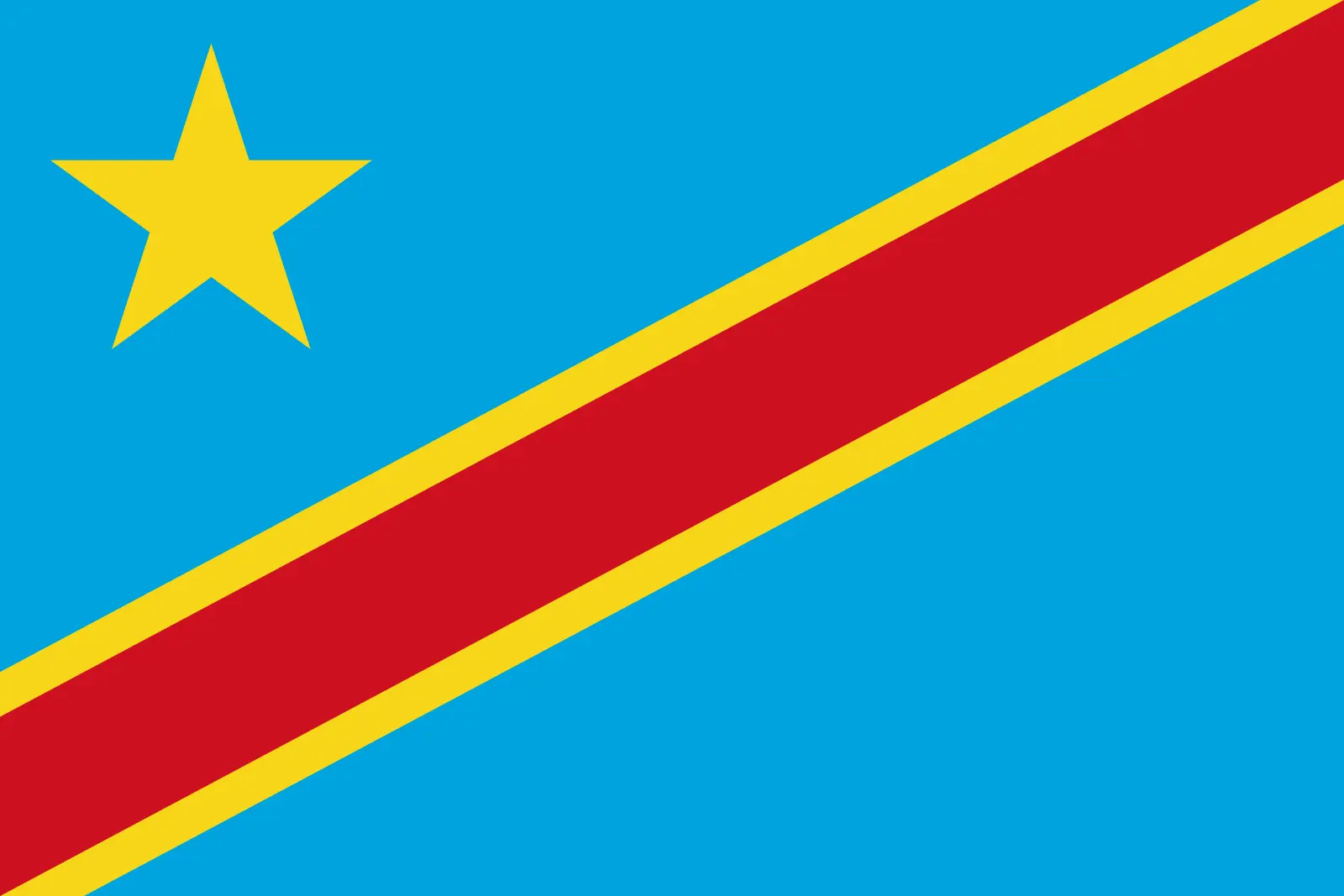 Democratic Republic of the Congo (+243)
Democratic Republic of the Congo (+243)
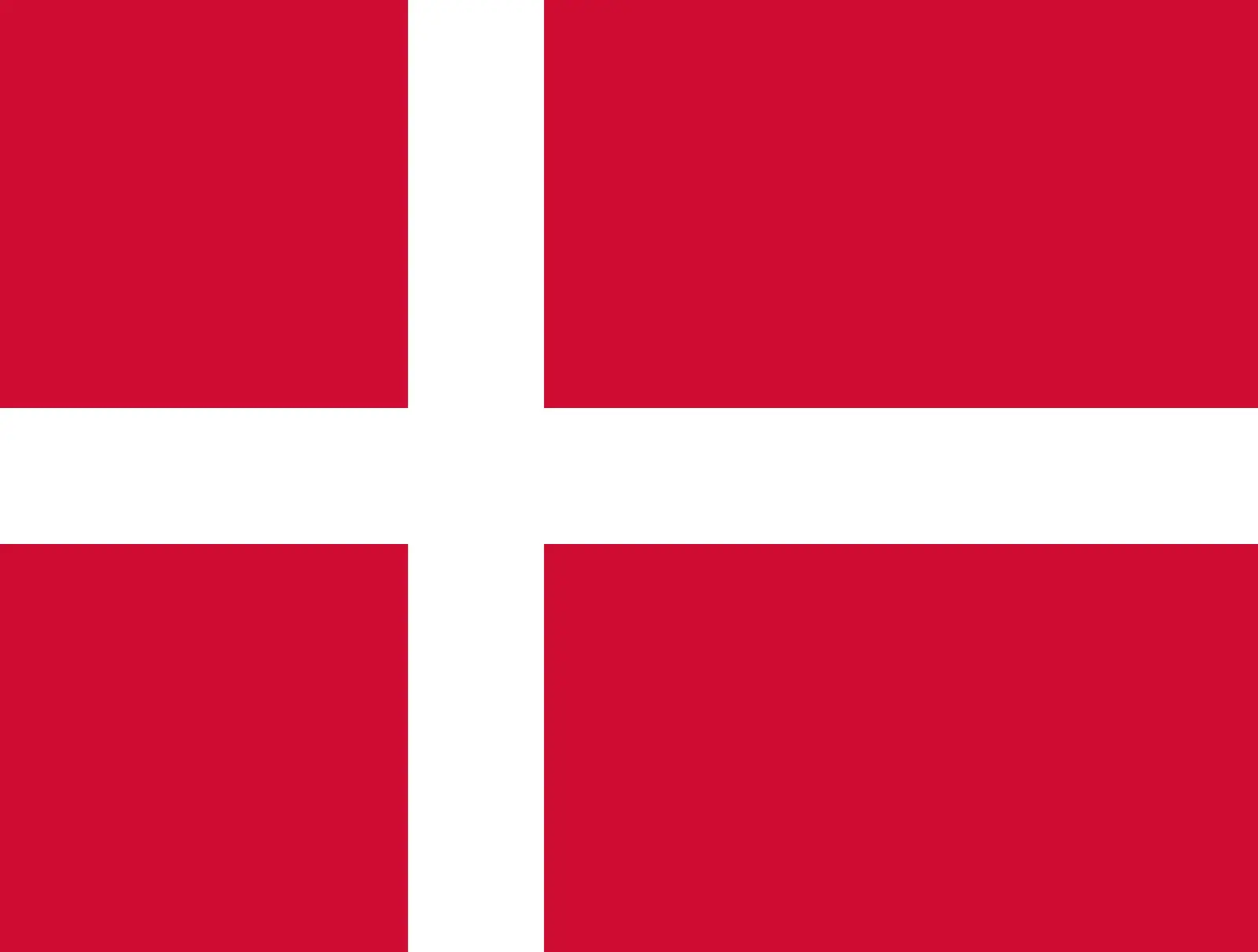 Denmark (+45)
Denmark (+45)
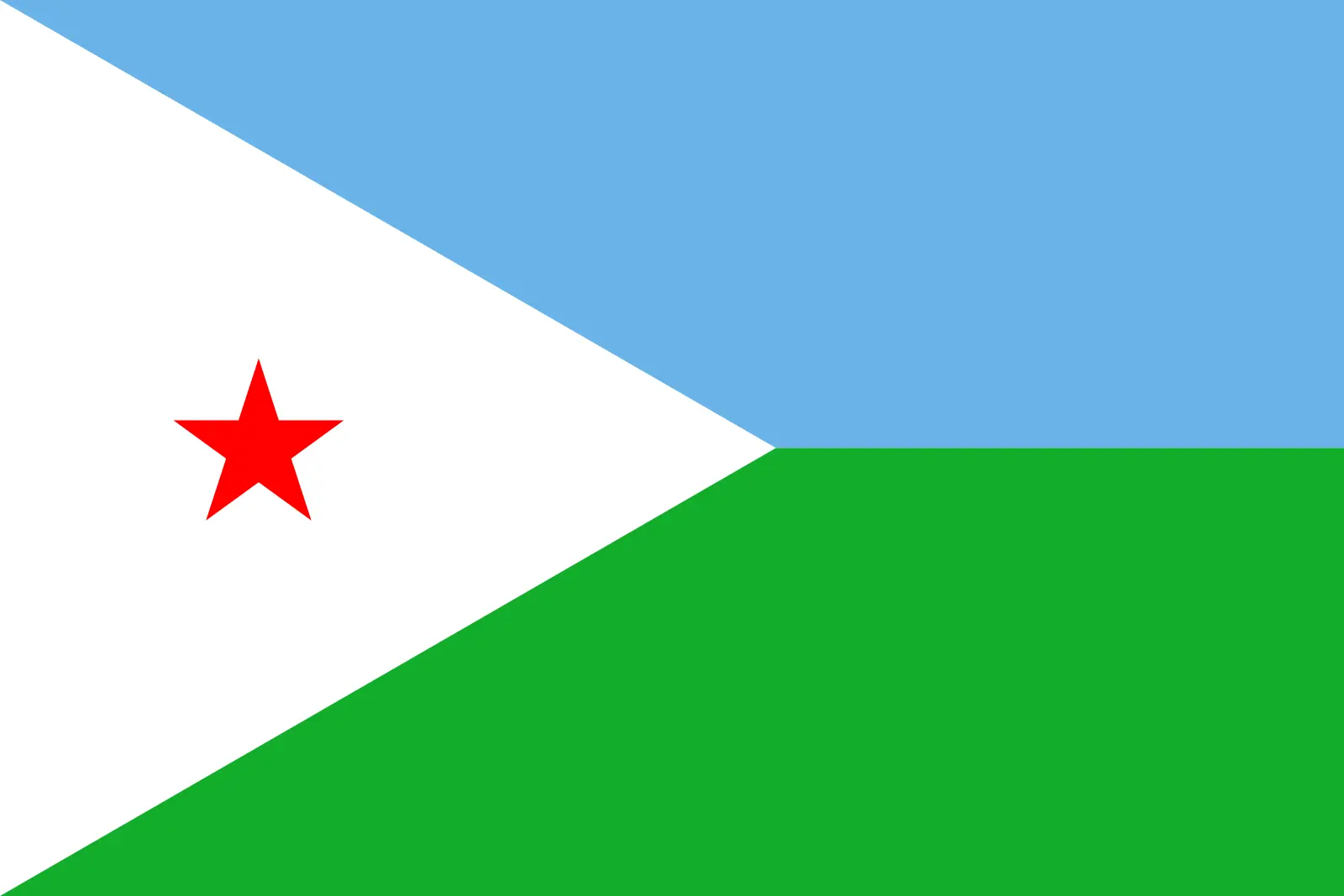 Djibouti (+253)
Djibouti (+253)
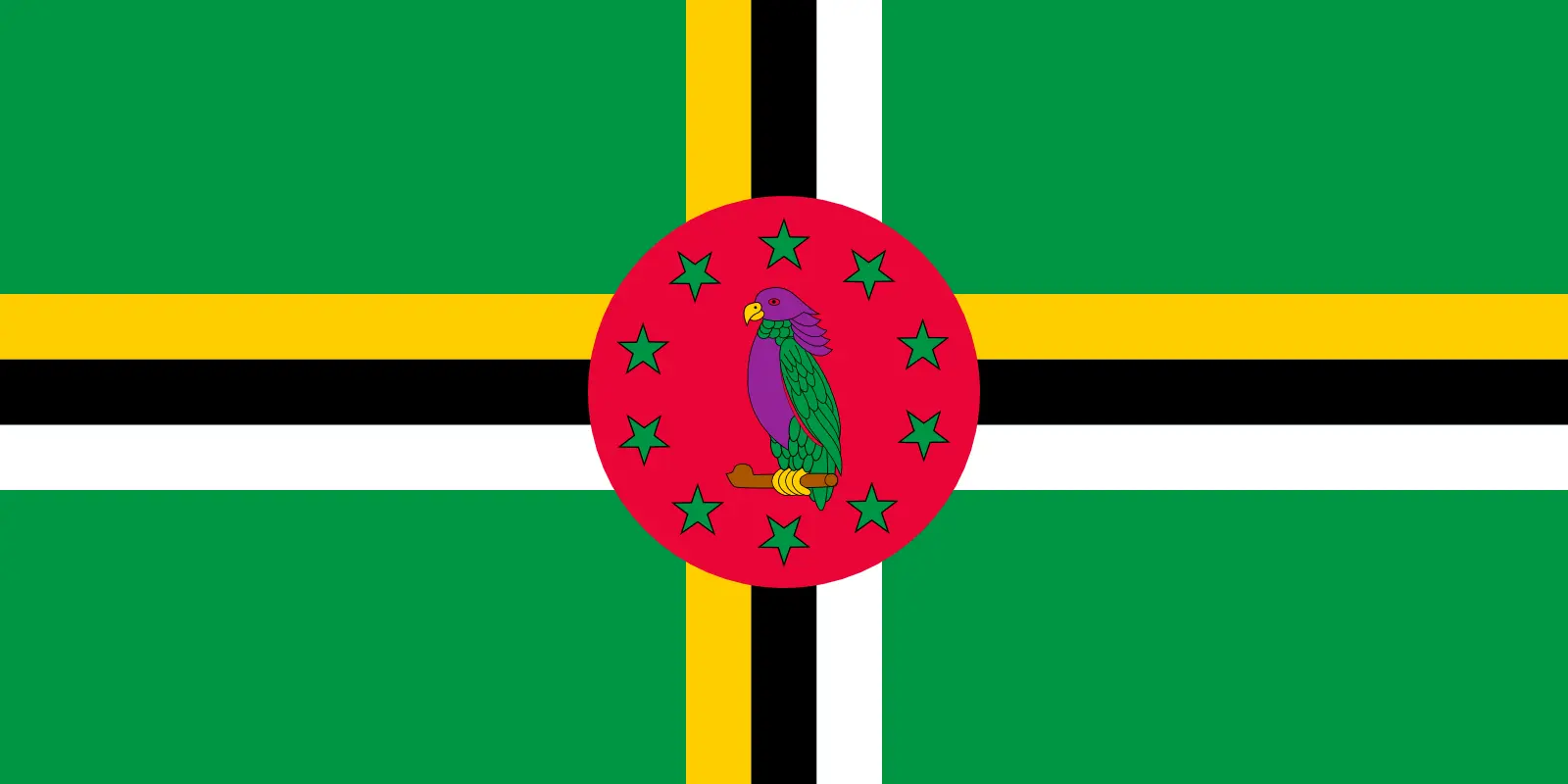 Dominica (+1767)
Dominica (+1767)
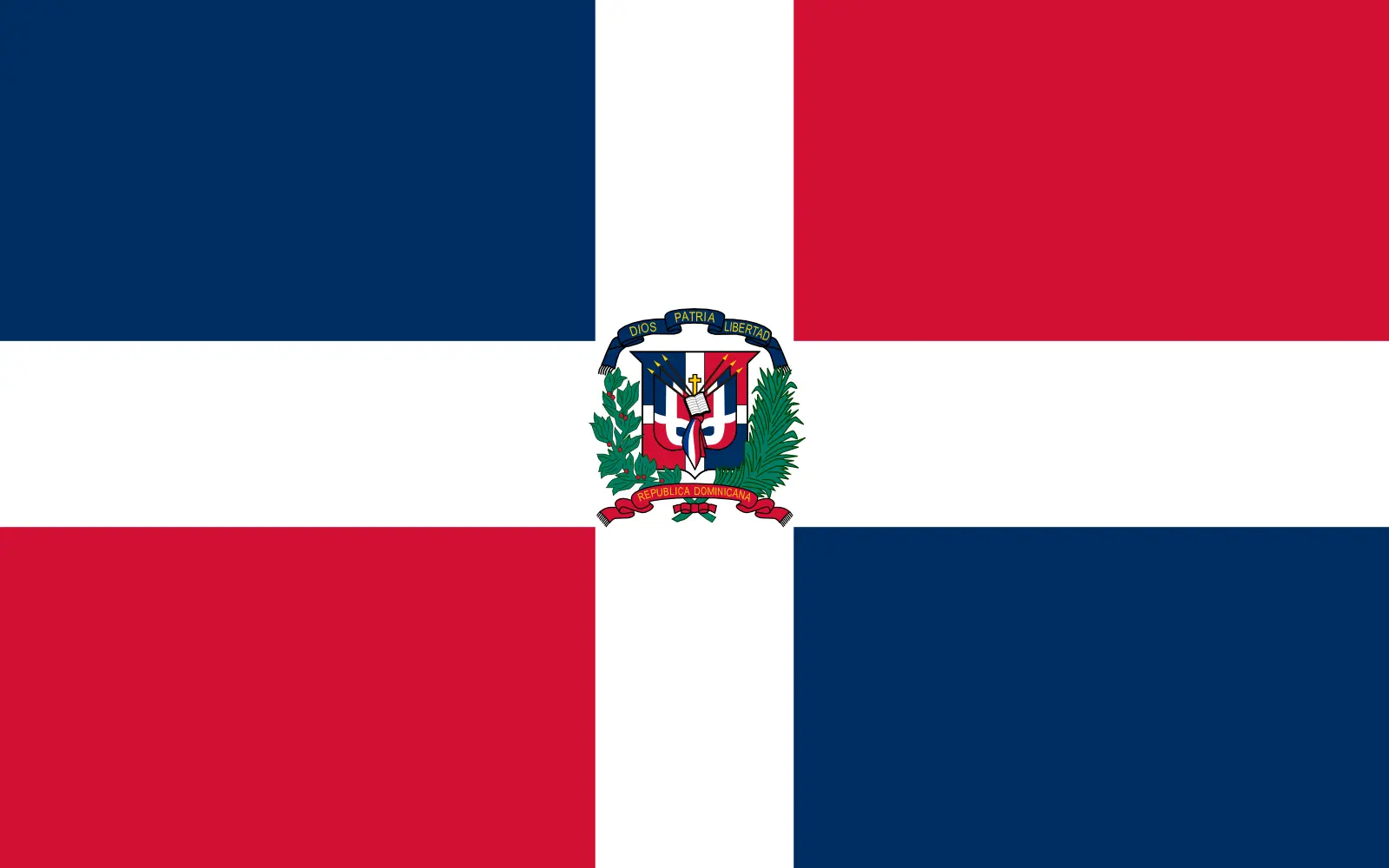 Dominican Republic (+1809)
Dominican Republic (+1809)
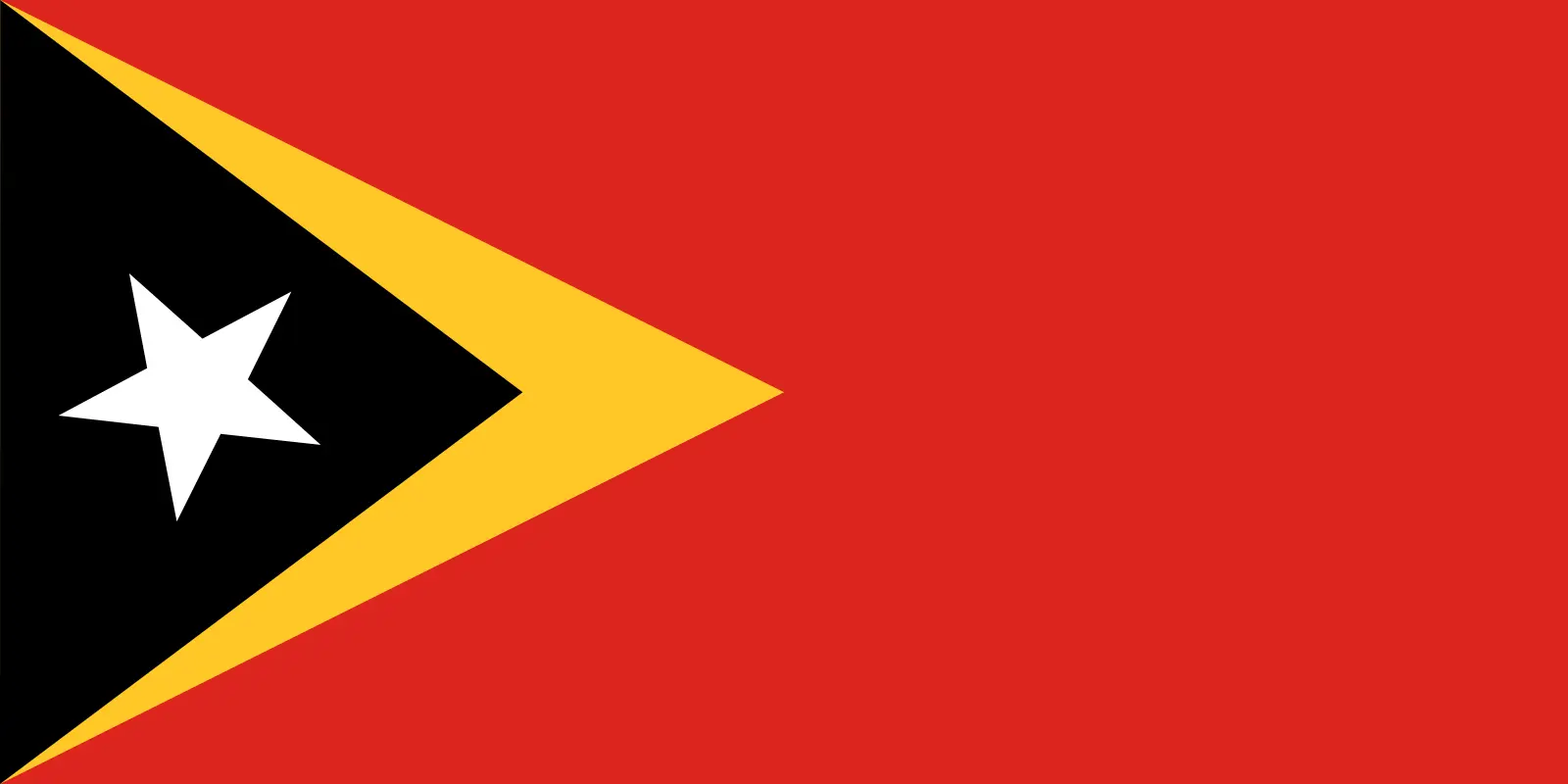 Timor-Leste (+670)
Timor-Leste (+670)
 Ecuador (+593)
Ecuador (+593)
 Egypt (+20)
Egypt (+20)
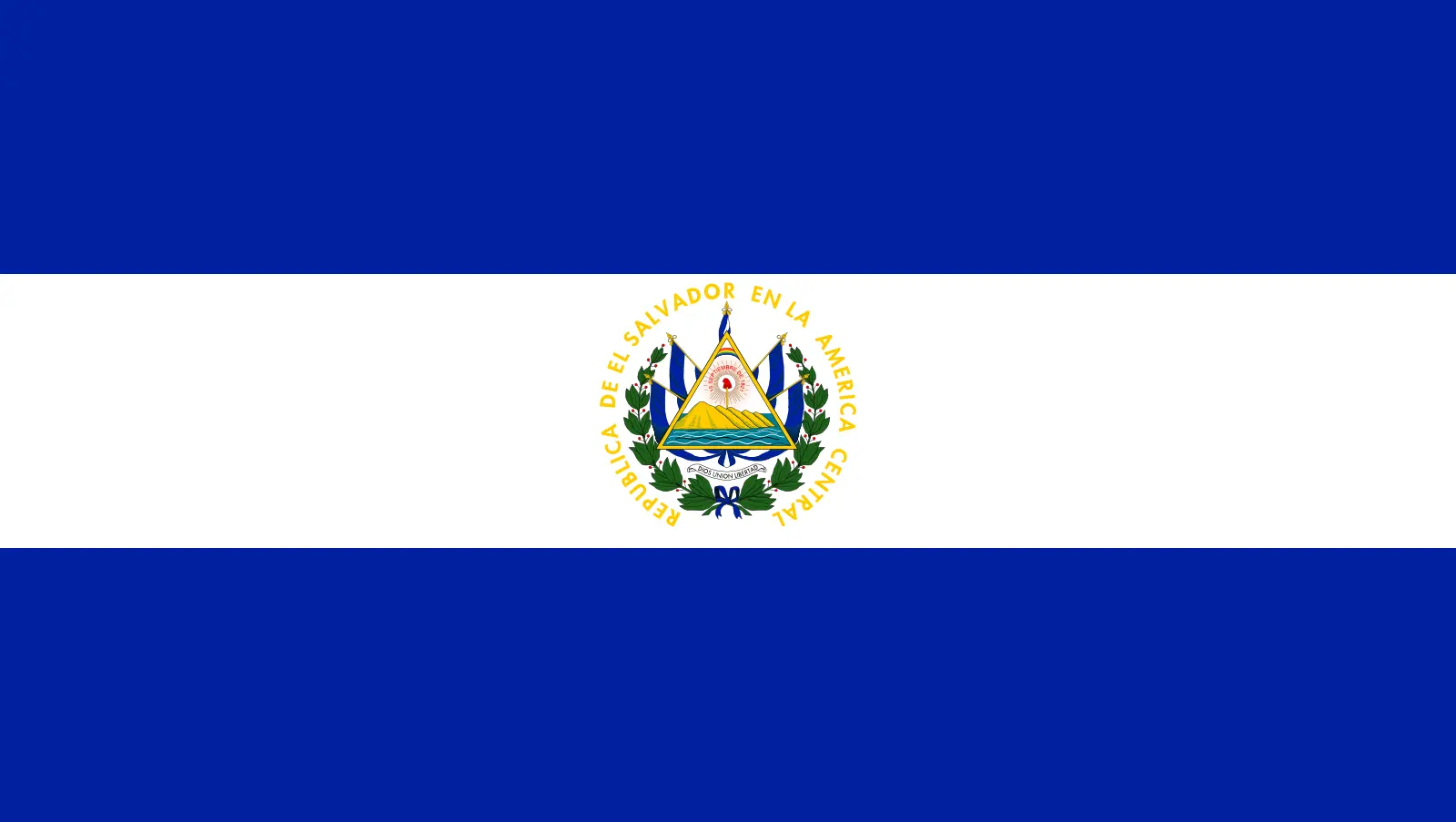 El Salvador (+503)
El Salvador (+503)
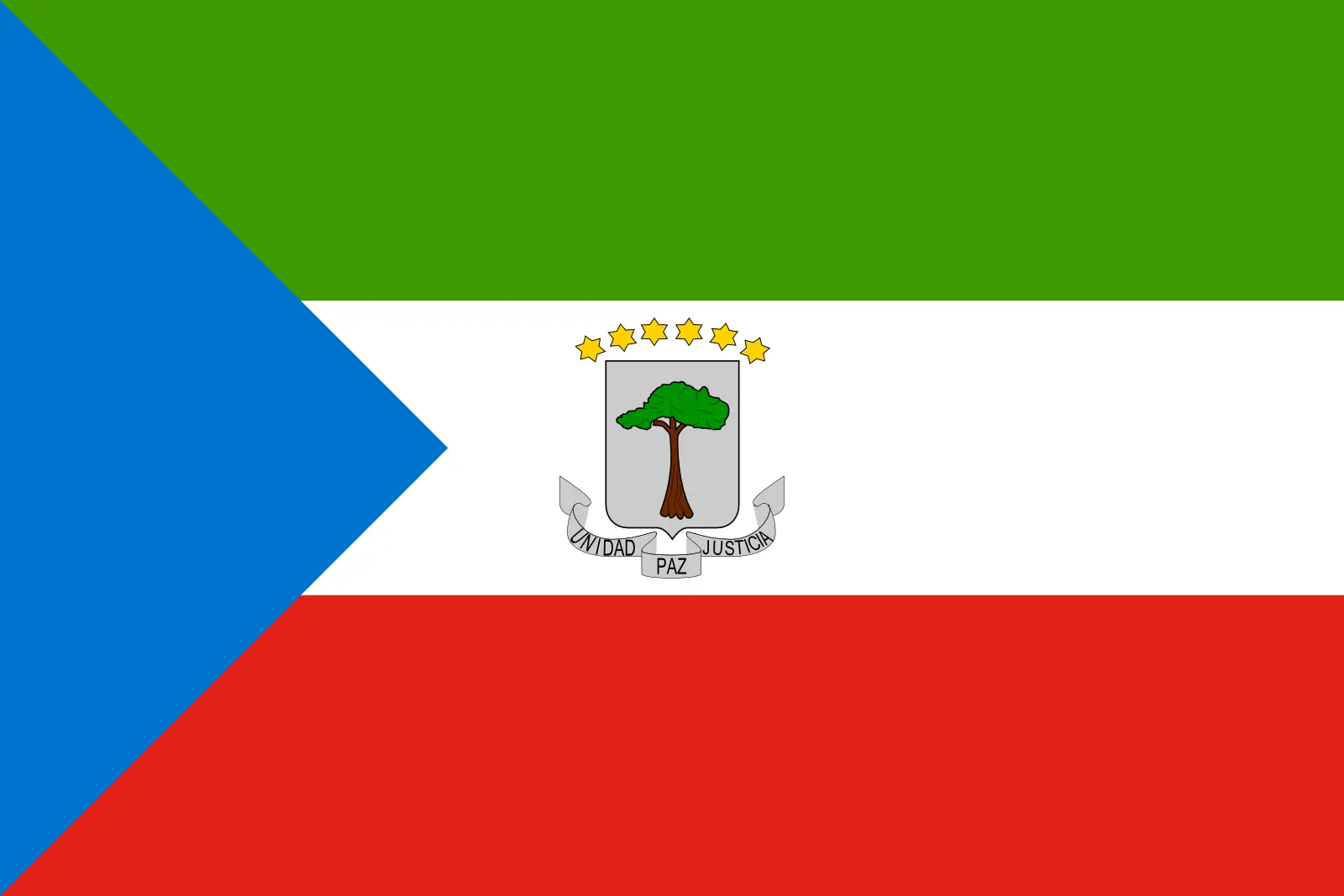 Equatorial Guinea (+240)
Equatorial Guinea (+240)
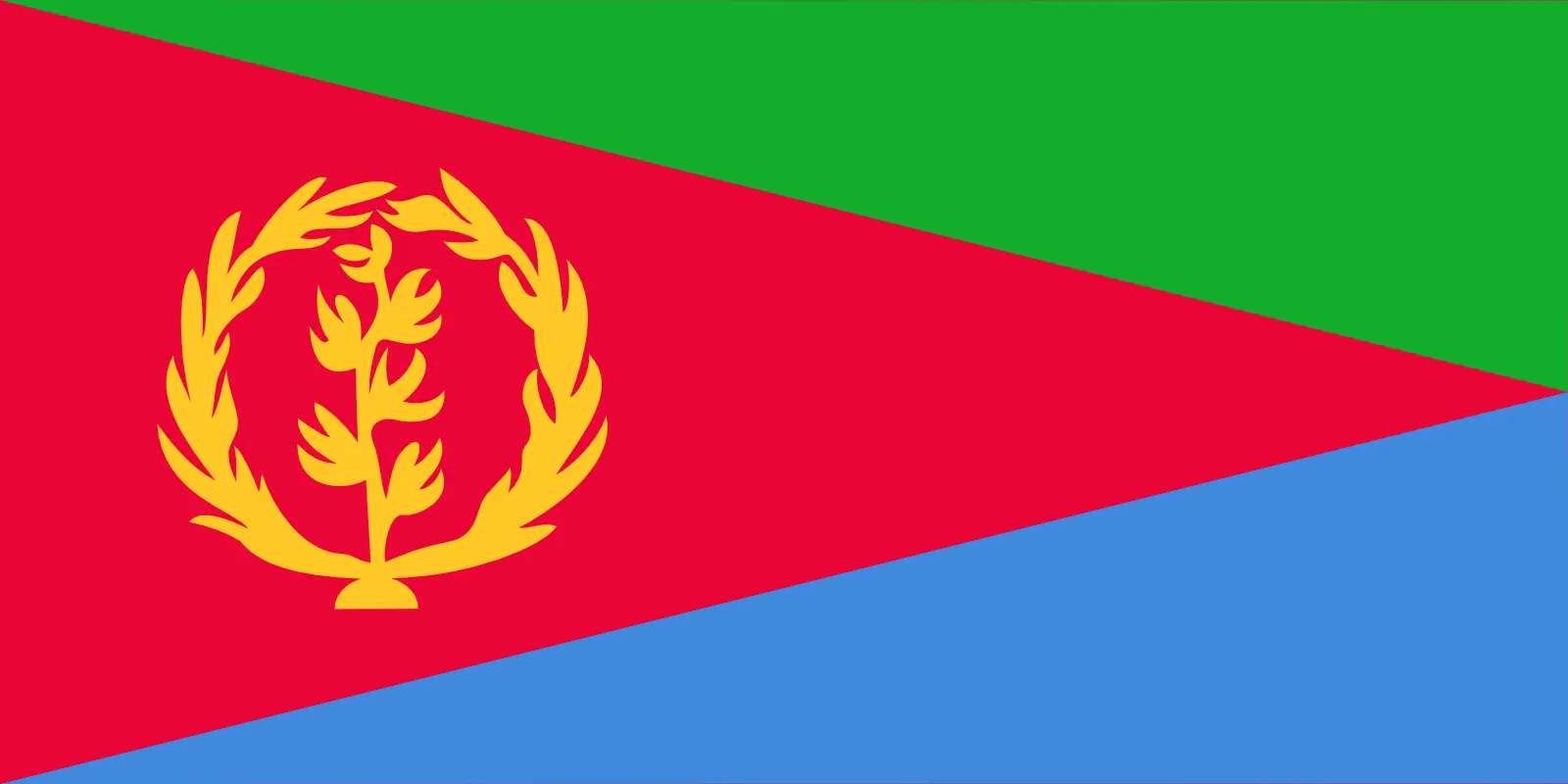 Eritrea (+291)
Eritrea (+291)
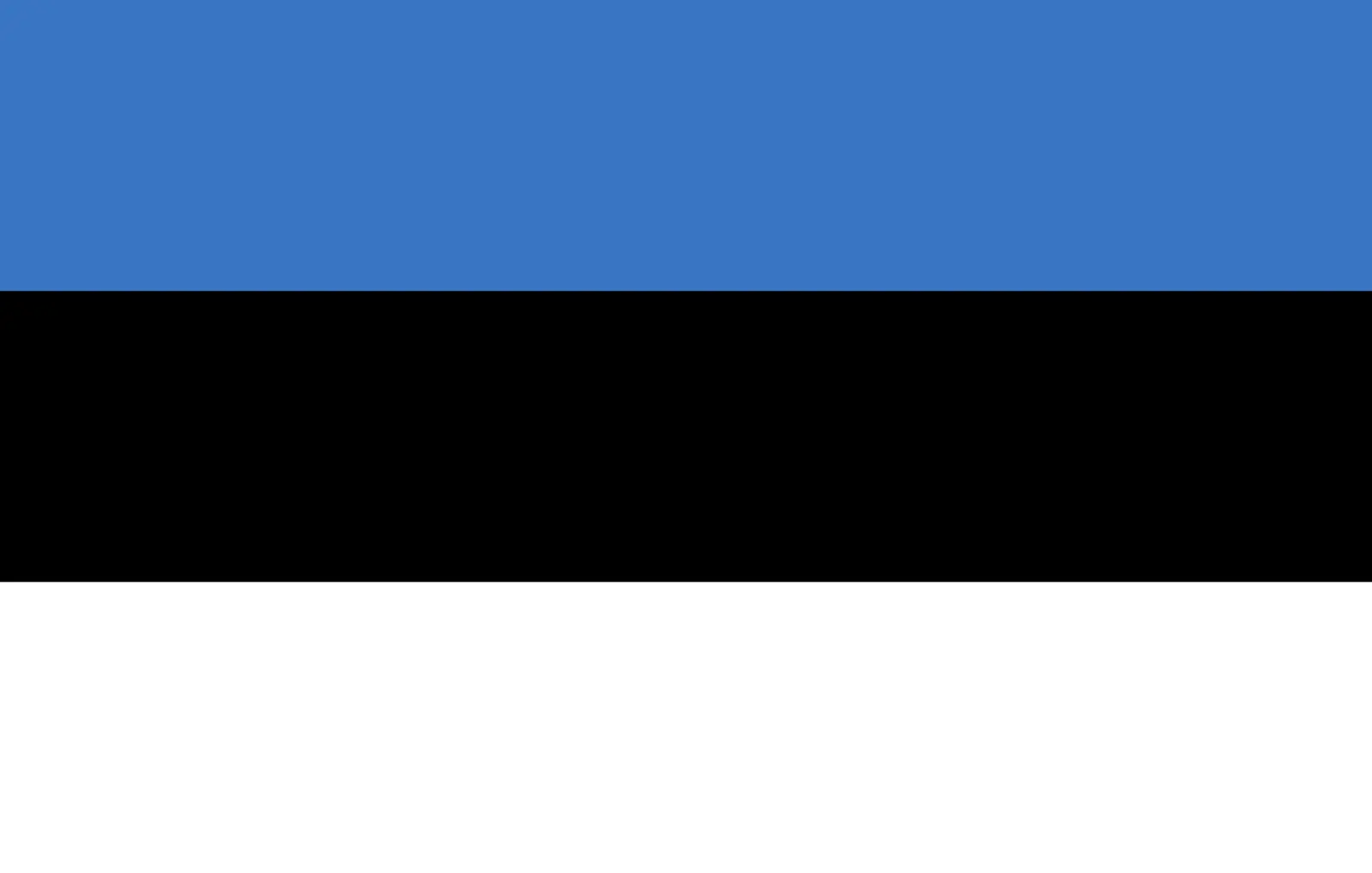 Estonia (+372)
Estonia (+372)
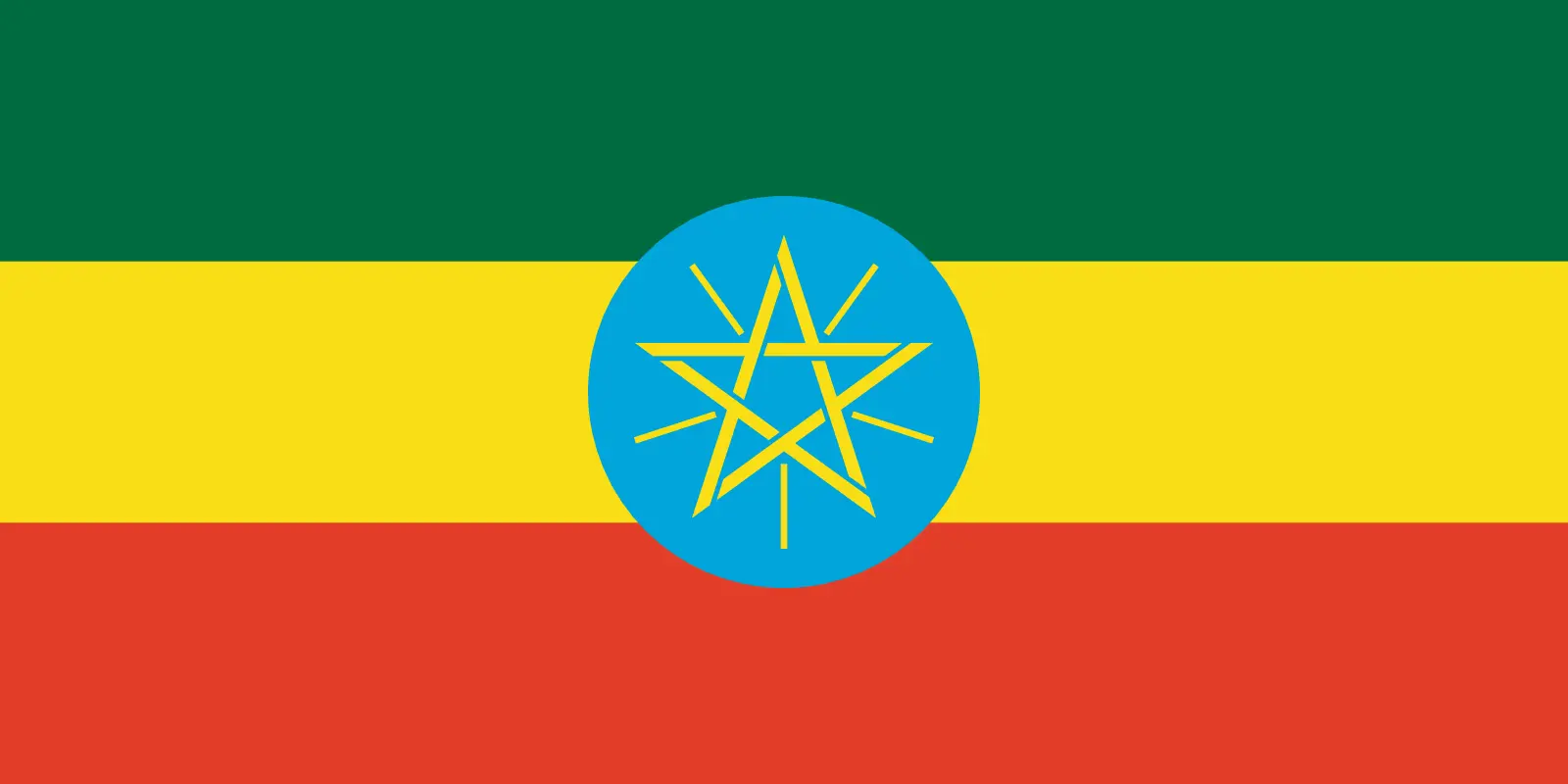 Ethiopia (+251)
Ethiopia (+251)
 Falkland Islands (+500)
Falkland Islands (+500)
 Faroe Islands (+298)
Faroe Islands (+298)
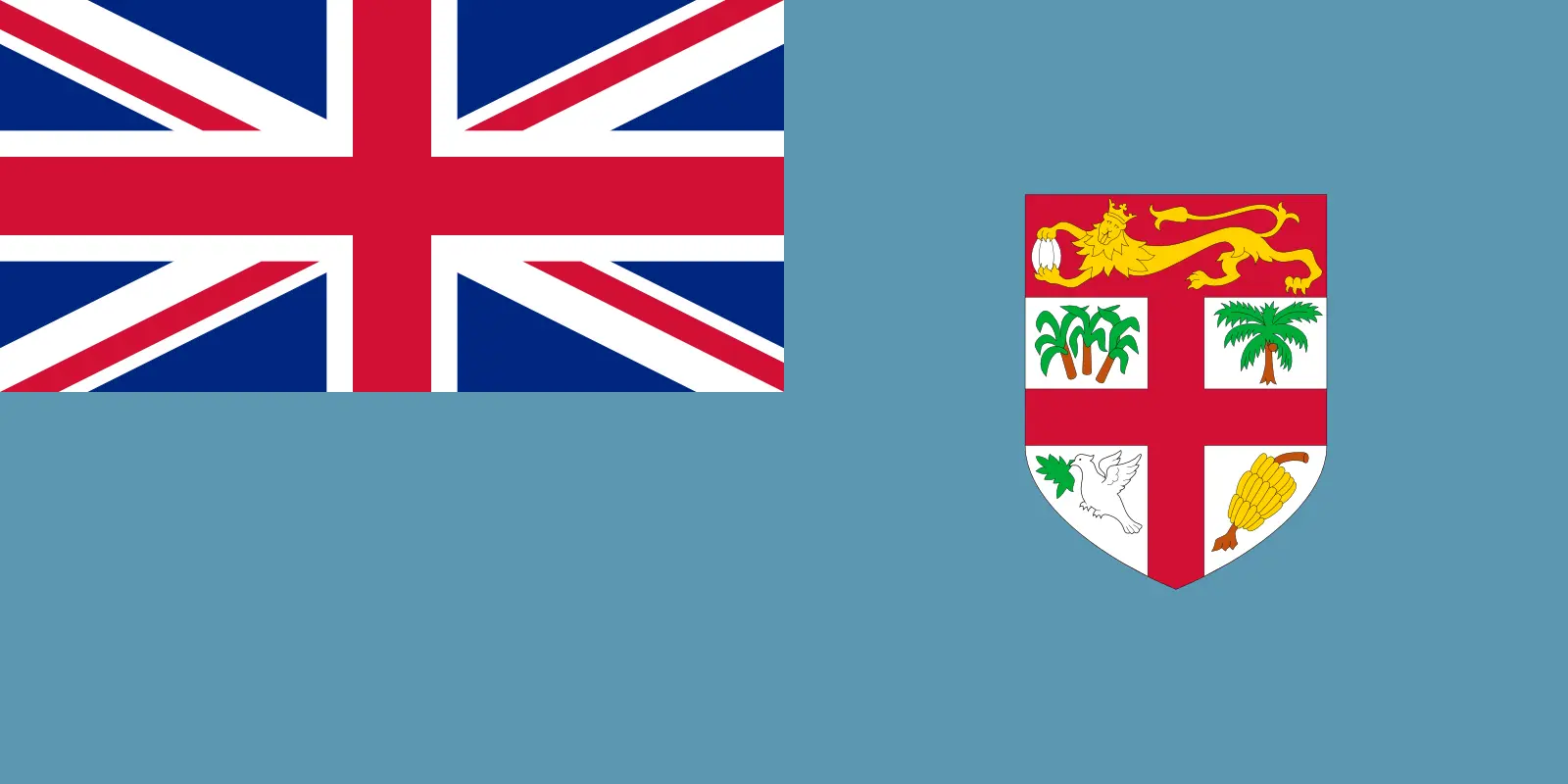 Fiji (+679)
Fiji (+679)
 Finland (+358)
Finland (+358)
 France (+33)
France (+33)
 Gabon (+241)
Gabon (+241)
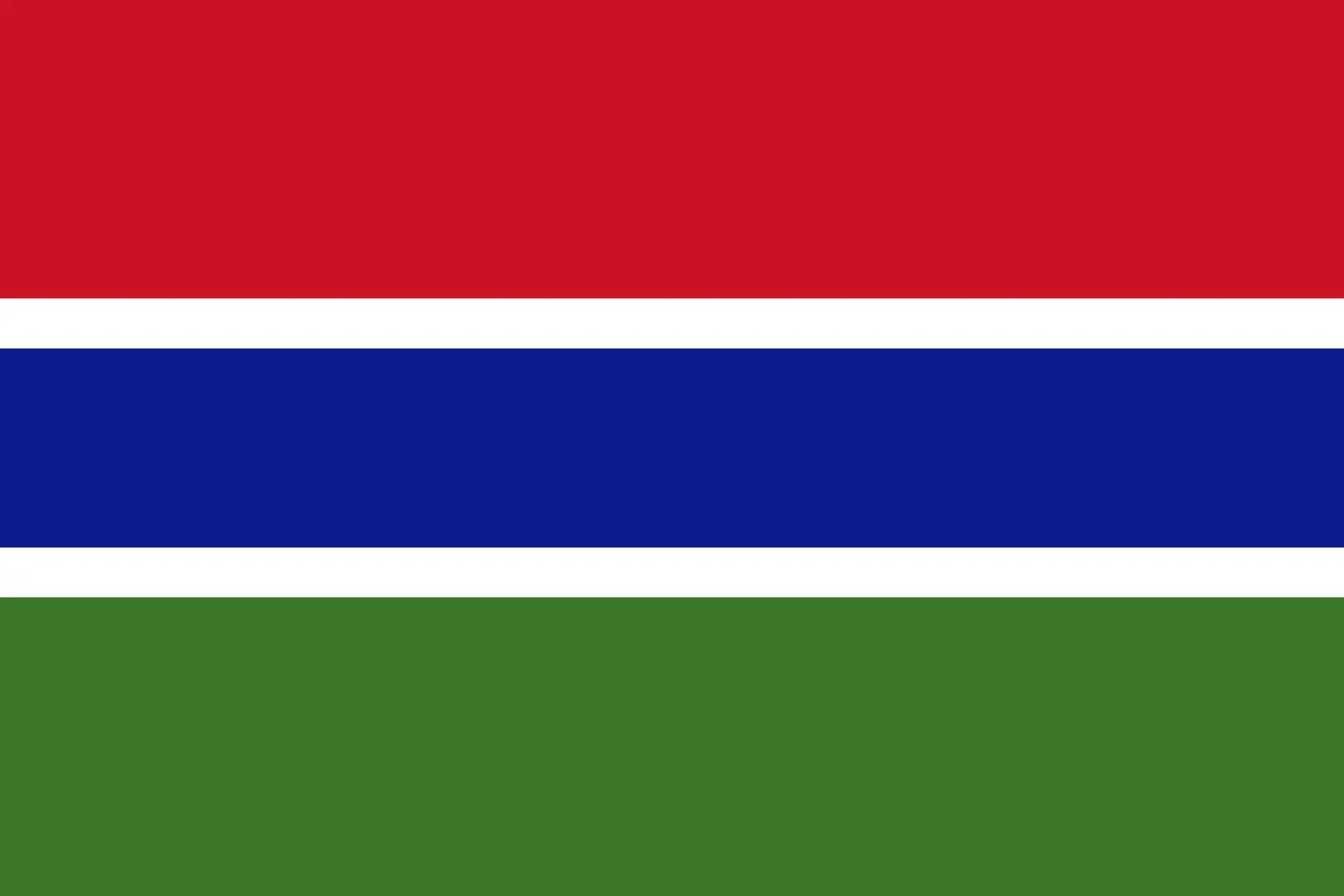 Gambia (+220)
Gambia (+220)
 Georgia (+995)
Georgia (+995)
 Germany (+49)
Germany (+49)
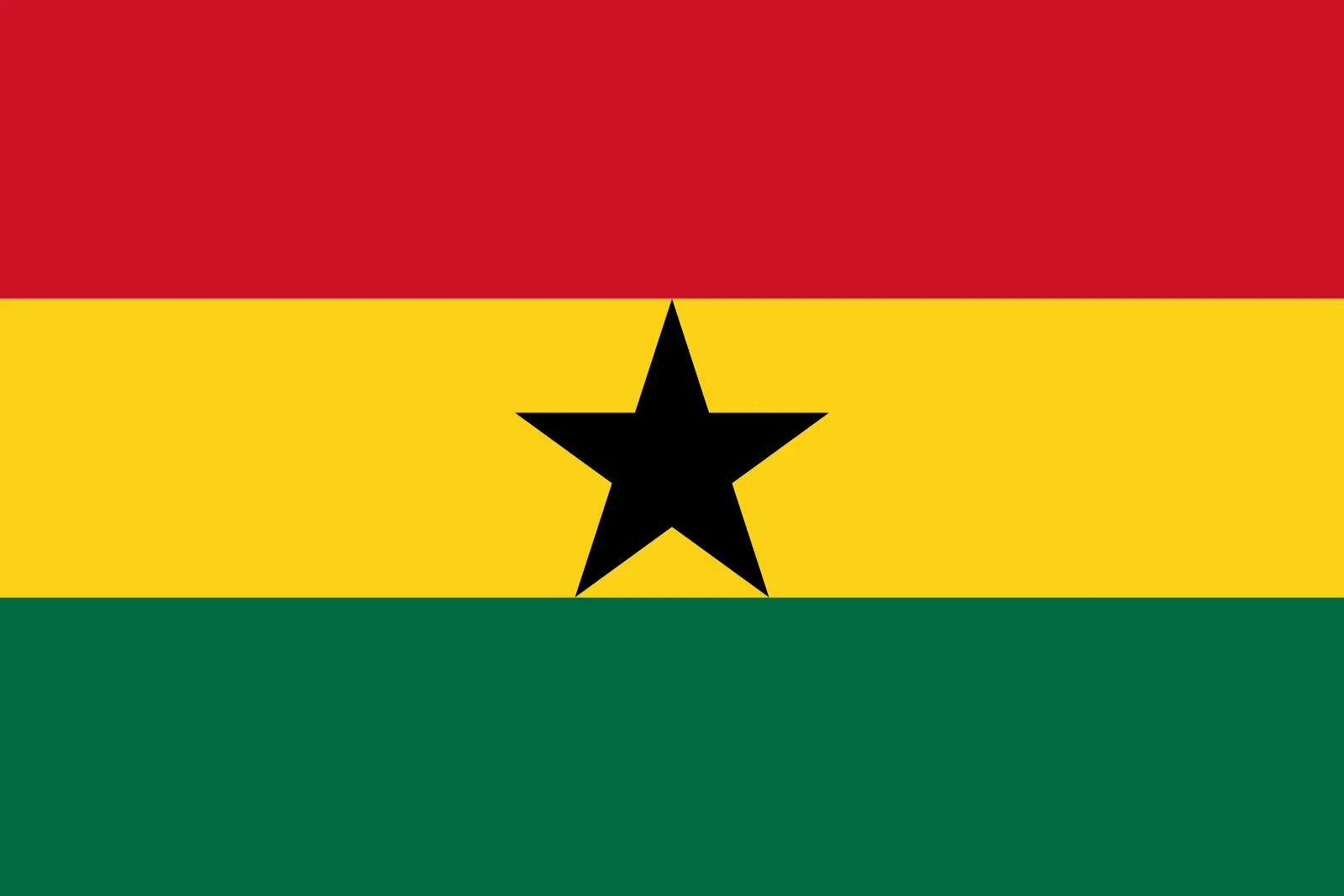 Ghana (+233)
Ghana (+233)
 Gibraltar (+350)
Gibraltar (+350)
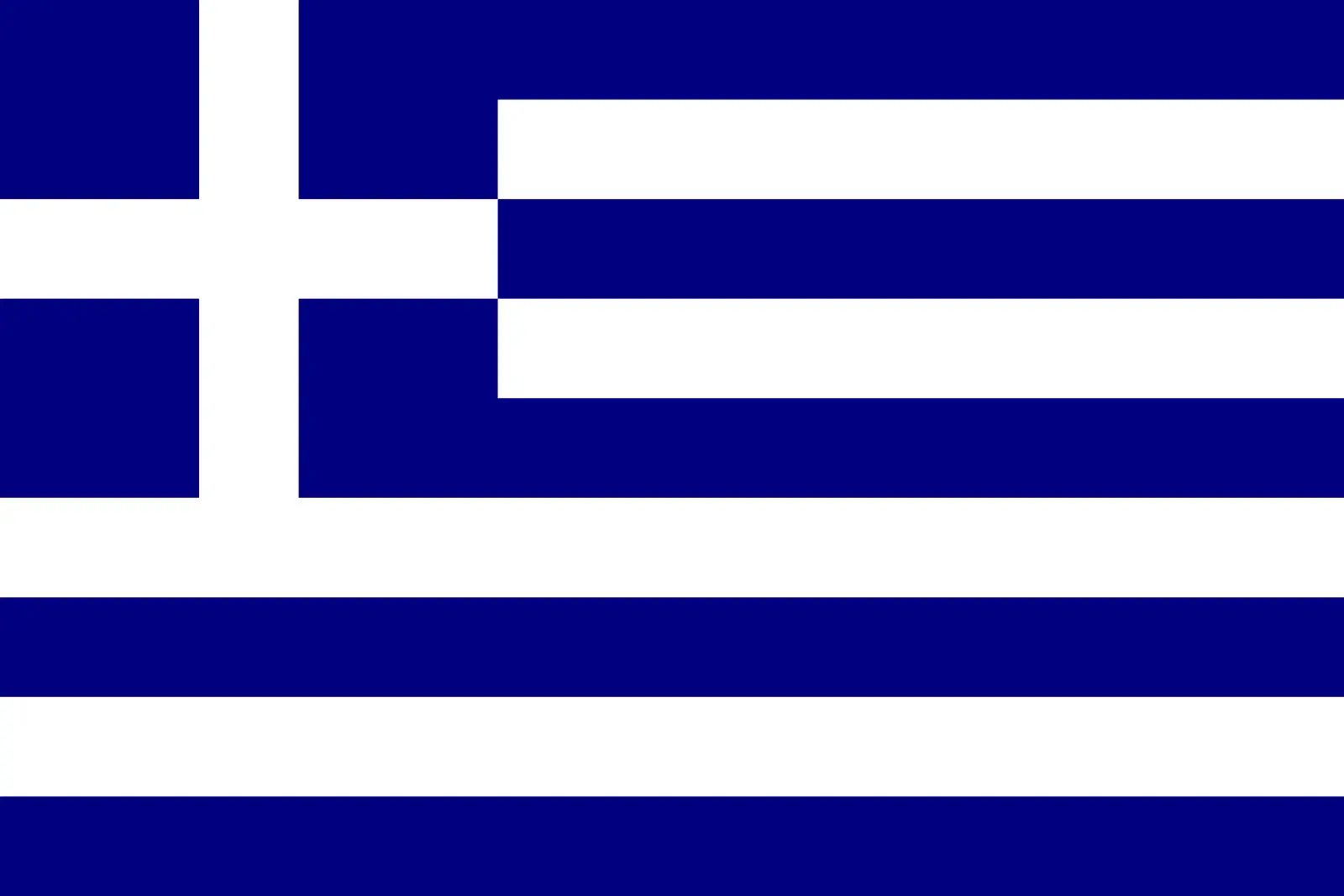 Greece (+30)
Greece (+30)
 Greenland (+299)
Greenland (+299)
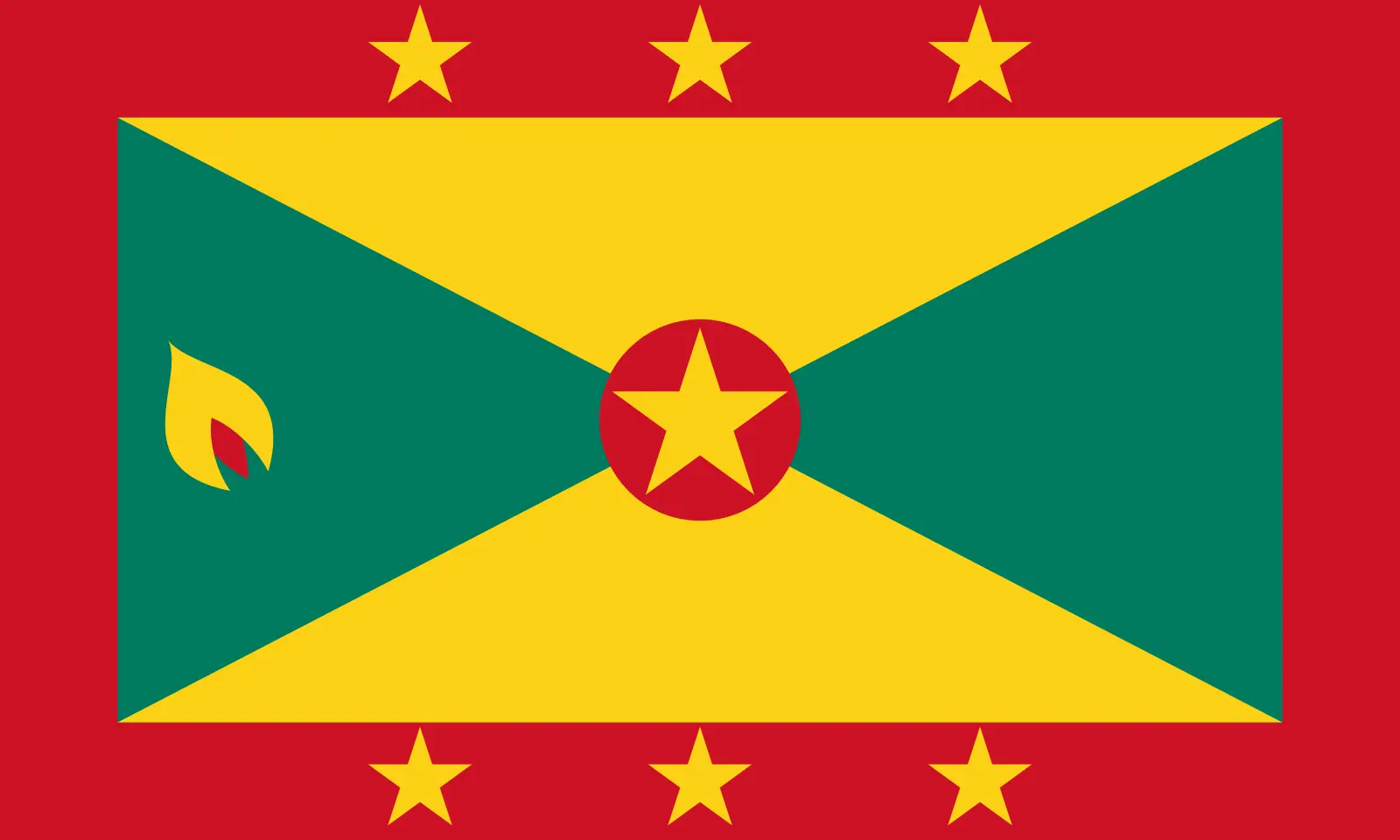 Grenada (+1473)
Grenada (+1473)
 Guadeloupe (+590)
Guadeloupe (+590)
 Guam (+1671)
Guam (+1671)
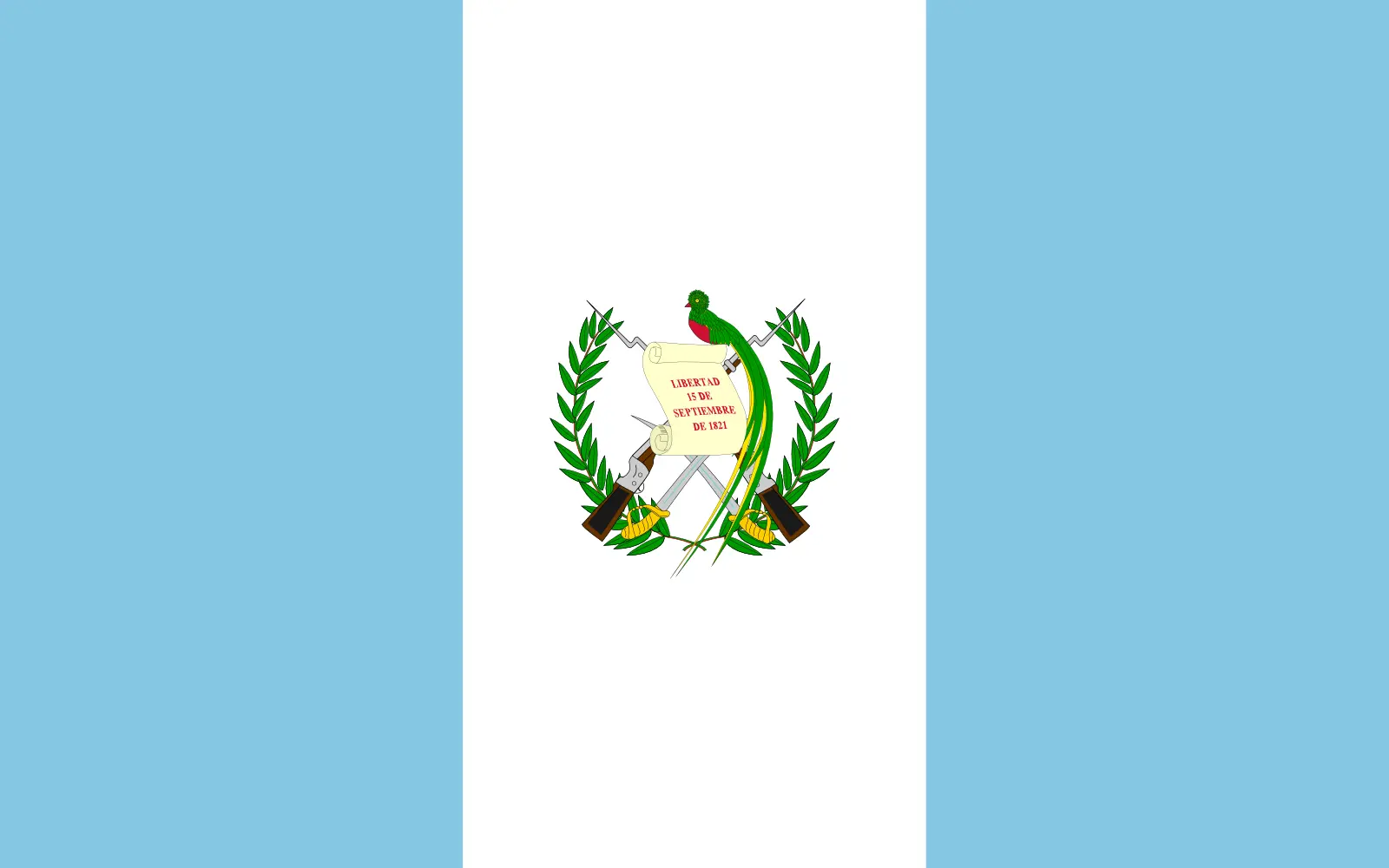 Guatemala (+502)
Guatemala (+502)
 Guinea (+224)
Guinea (+224)
 Guinea-Bissau (+245)
Guinea-Bissau (+245)
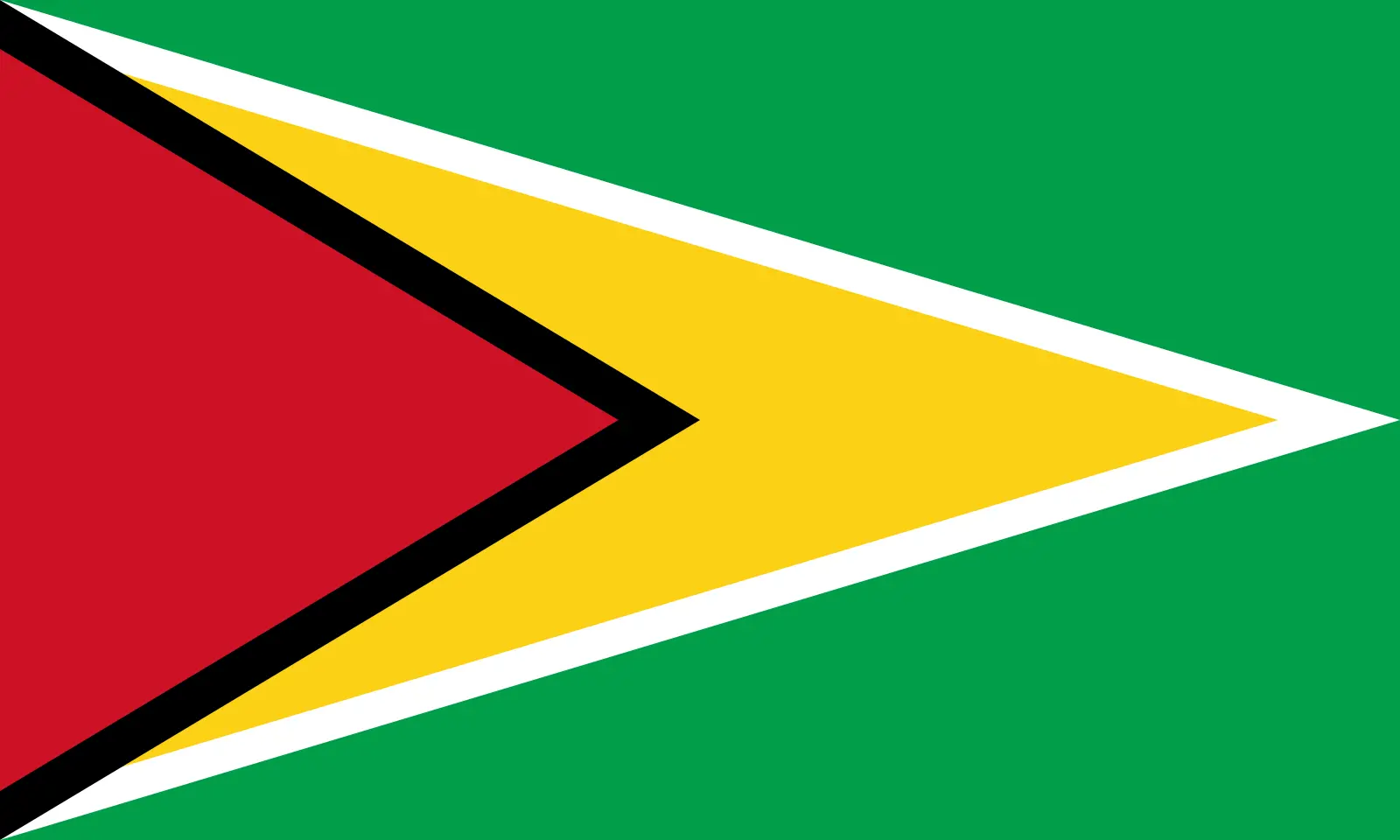 Guyana (+592)
Guyana (+592)
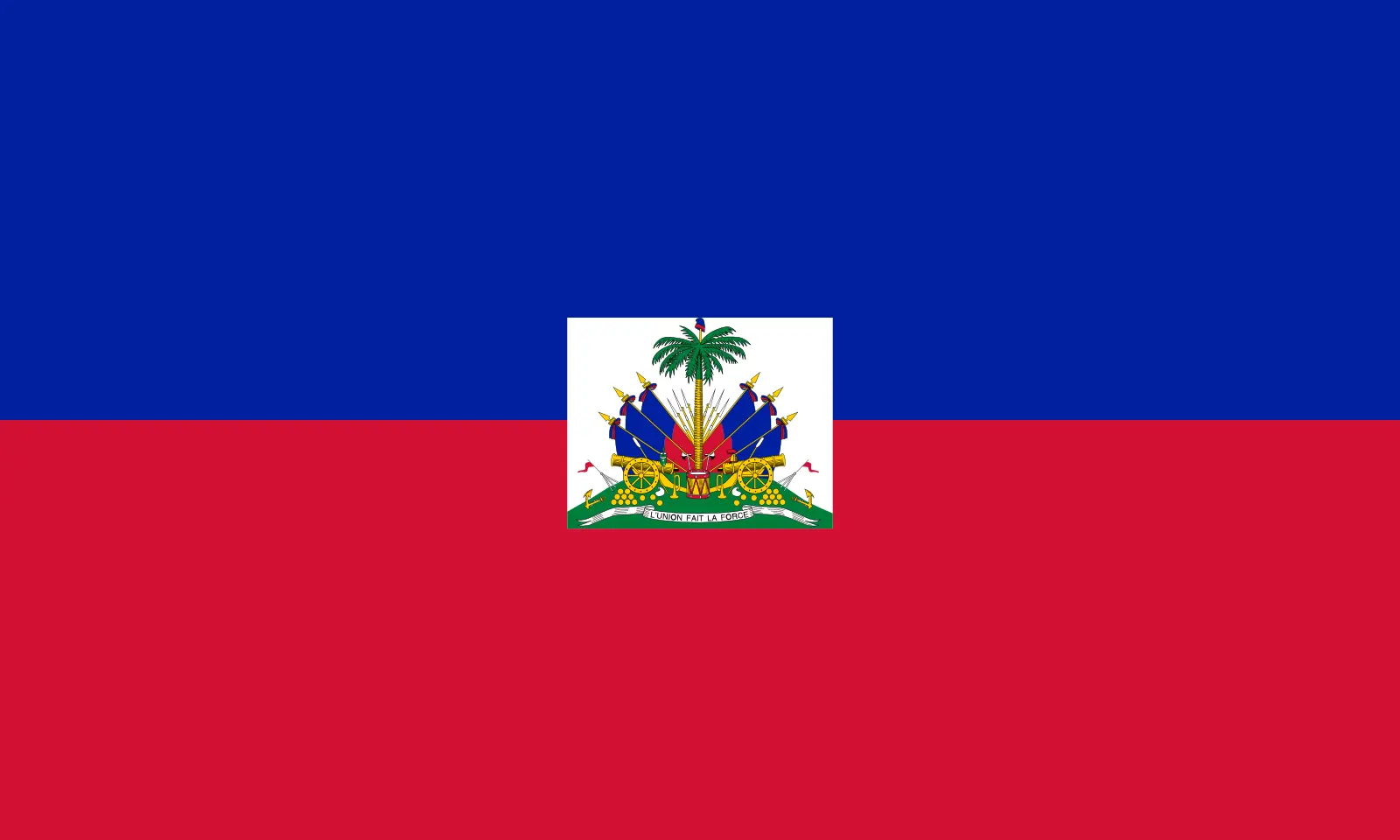 Haiti (+509)
Haiti (+509)
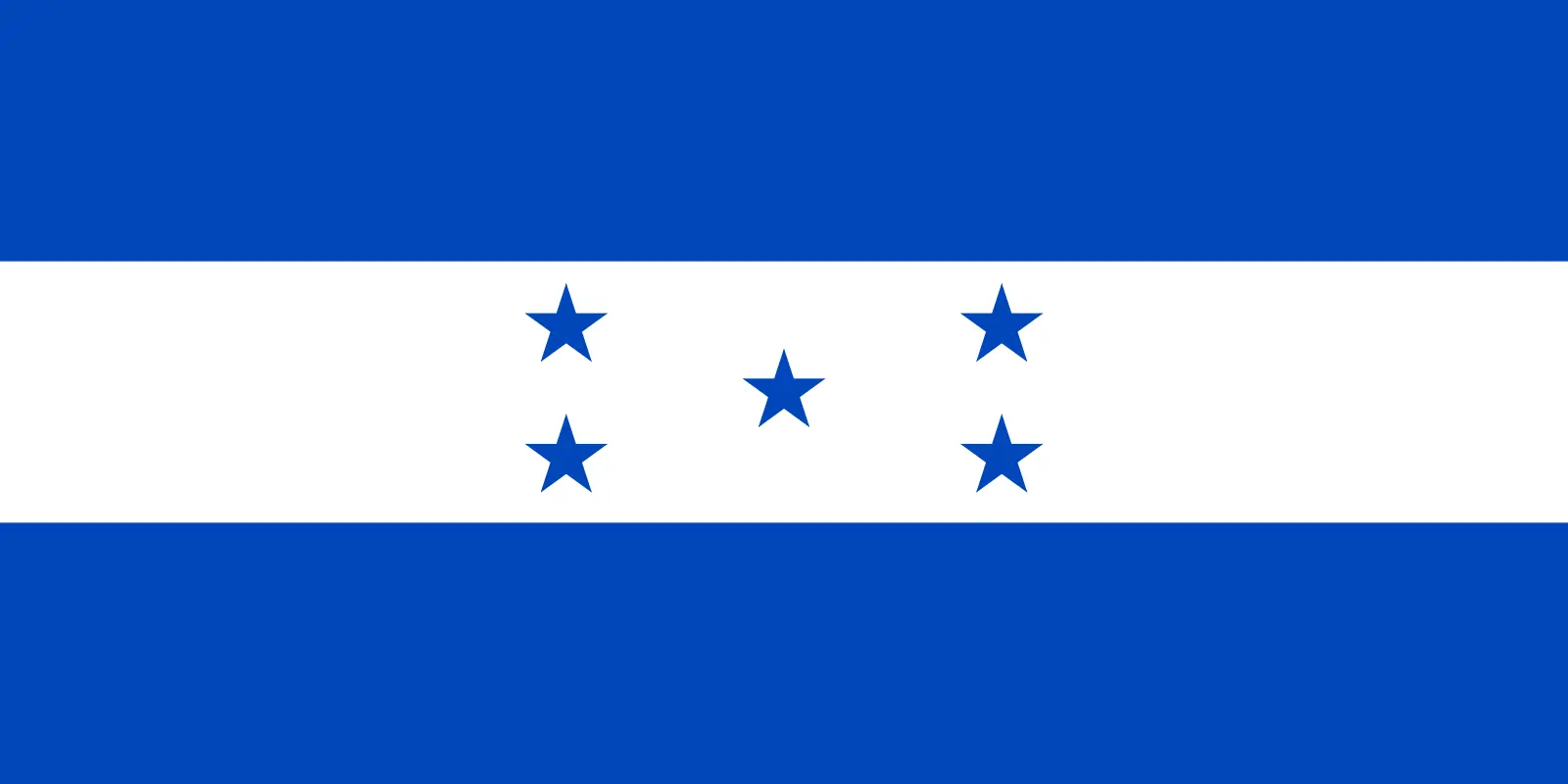 Honduras (+504)
Honduras (+504)
 Hong Kong (+852)
Hong Kong (+852)
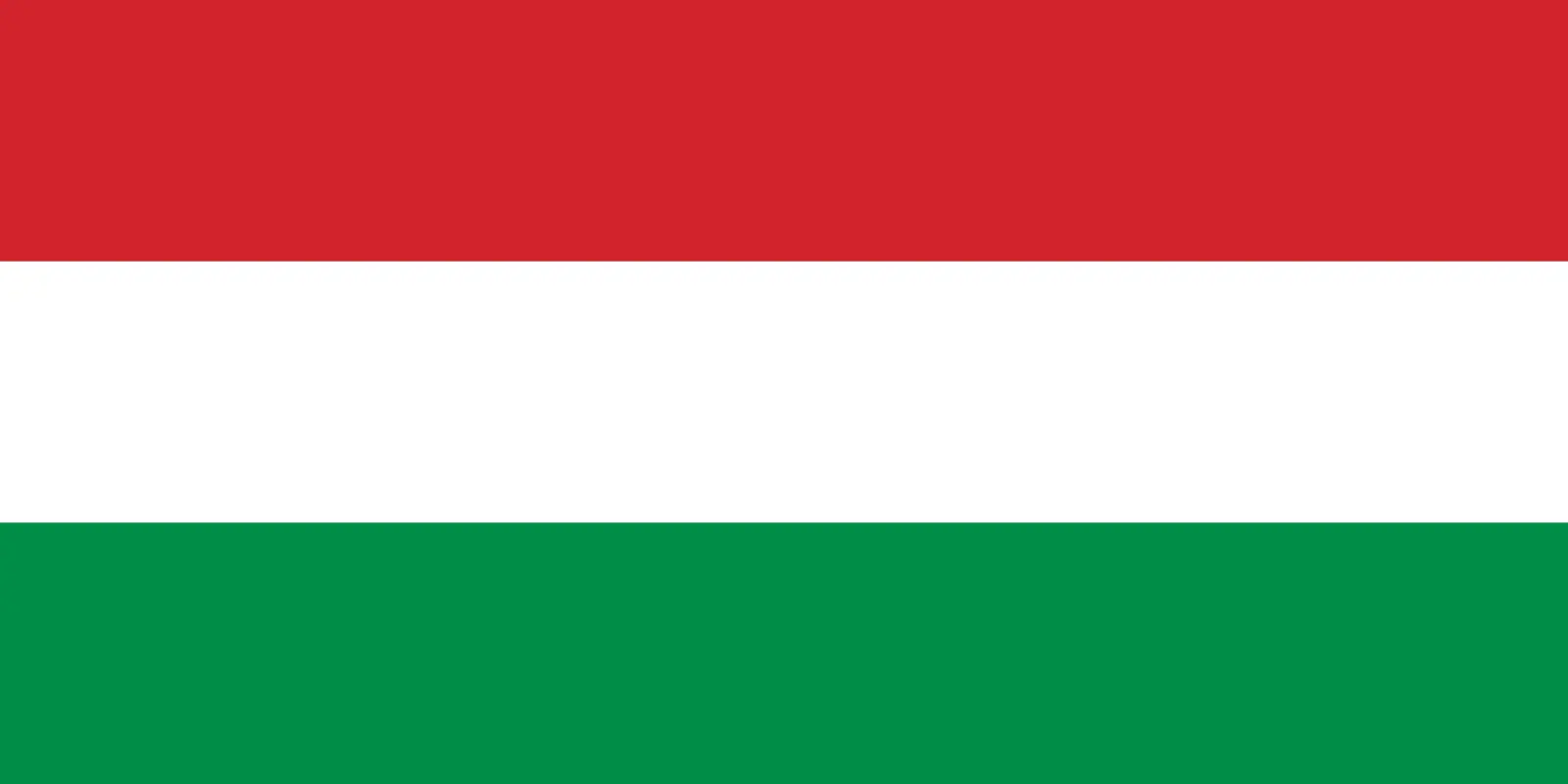 Hungary (+36)
Hungary (+36)
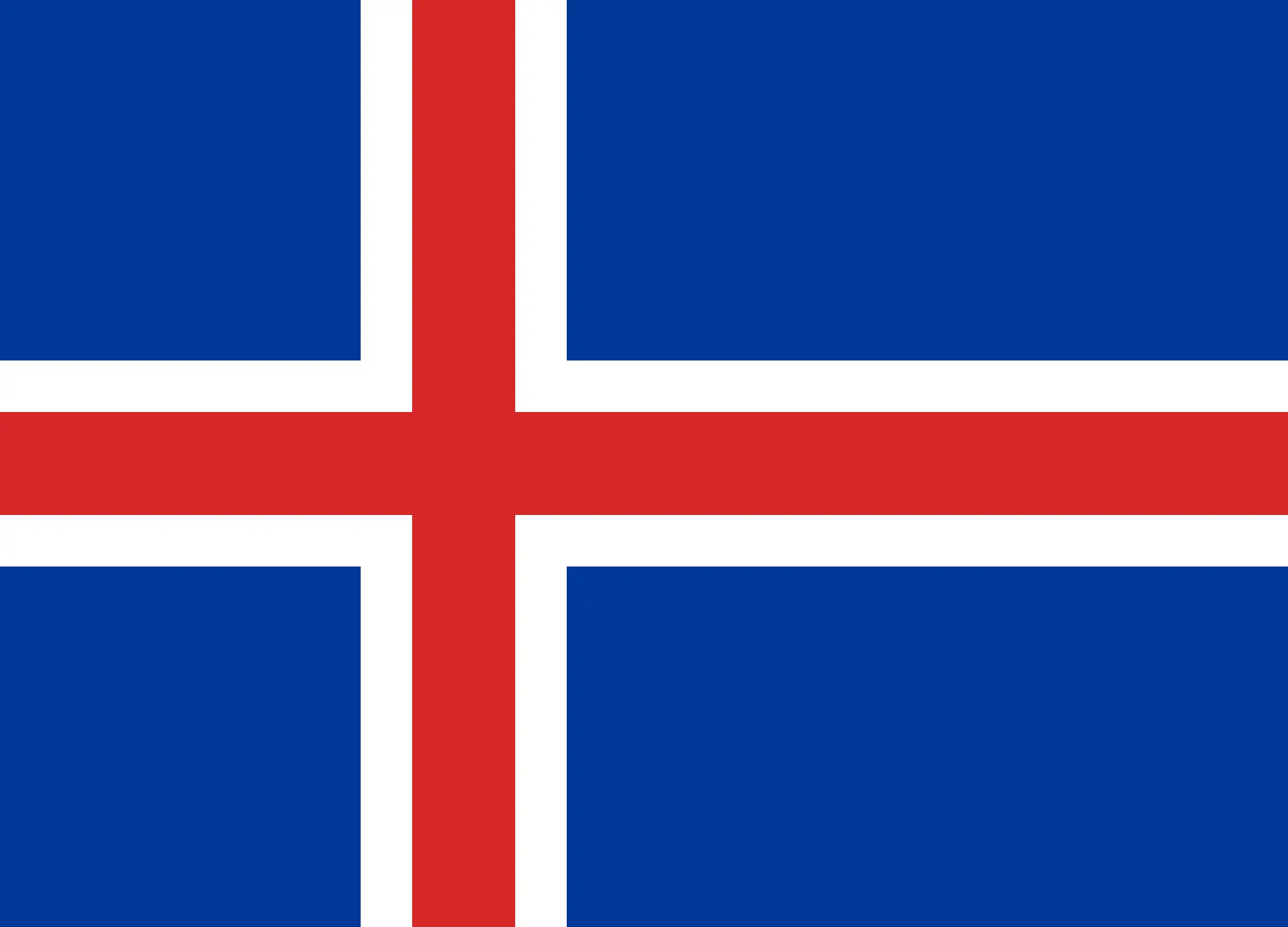 Iceland (+354)
Iceland (+354)
 India (+91)
India (+91)
 Indonesia (+62)
Indonesia (+62)
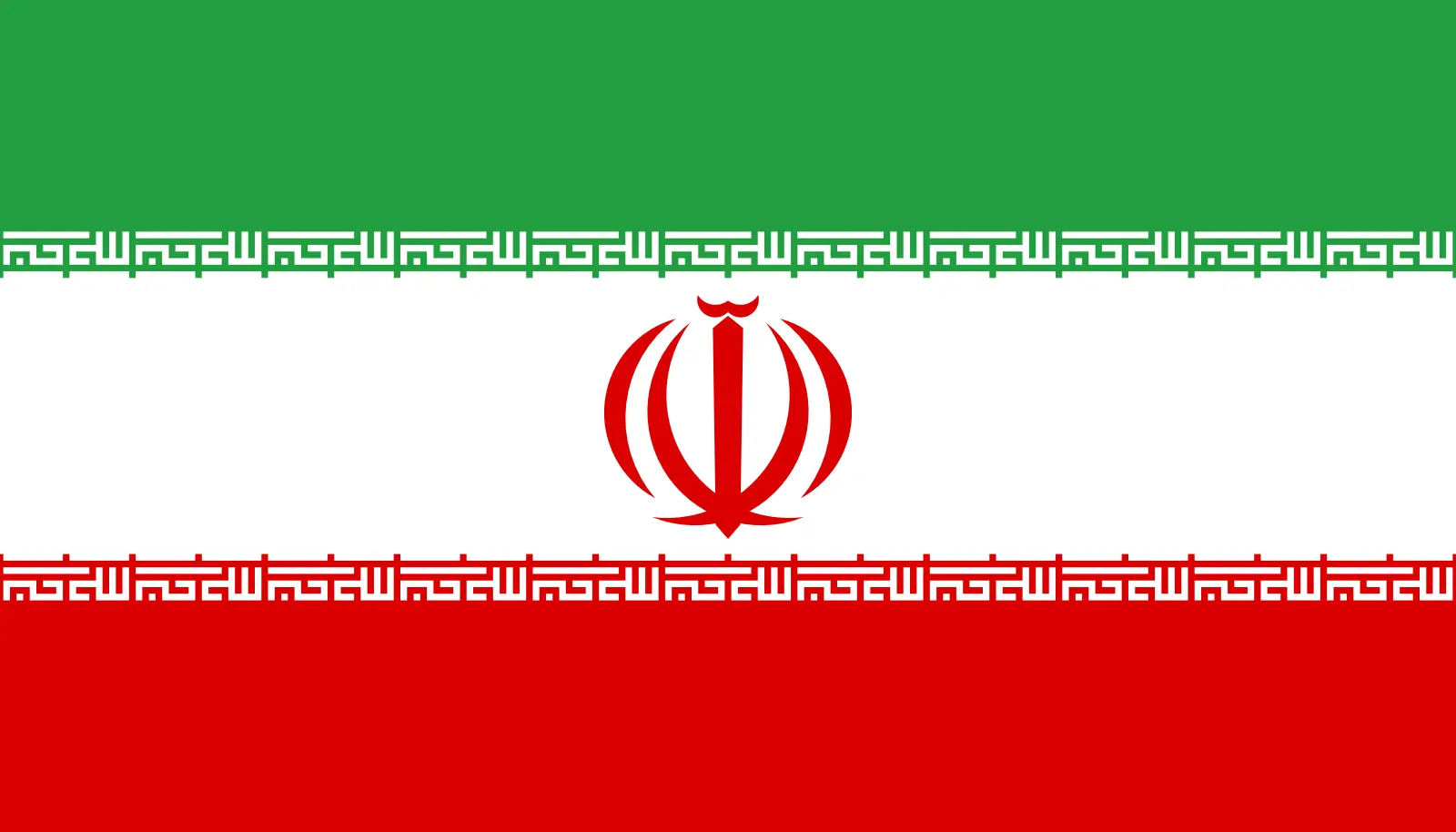 Iran (+98)
Iran (+98)
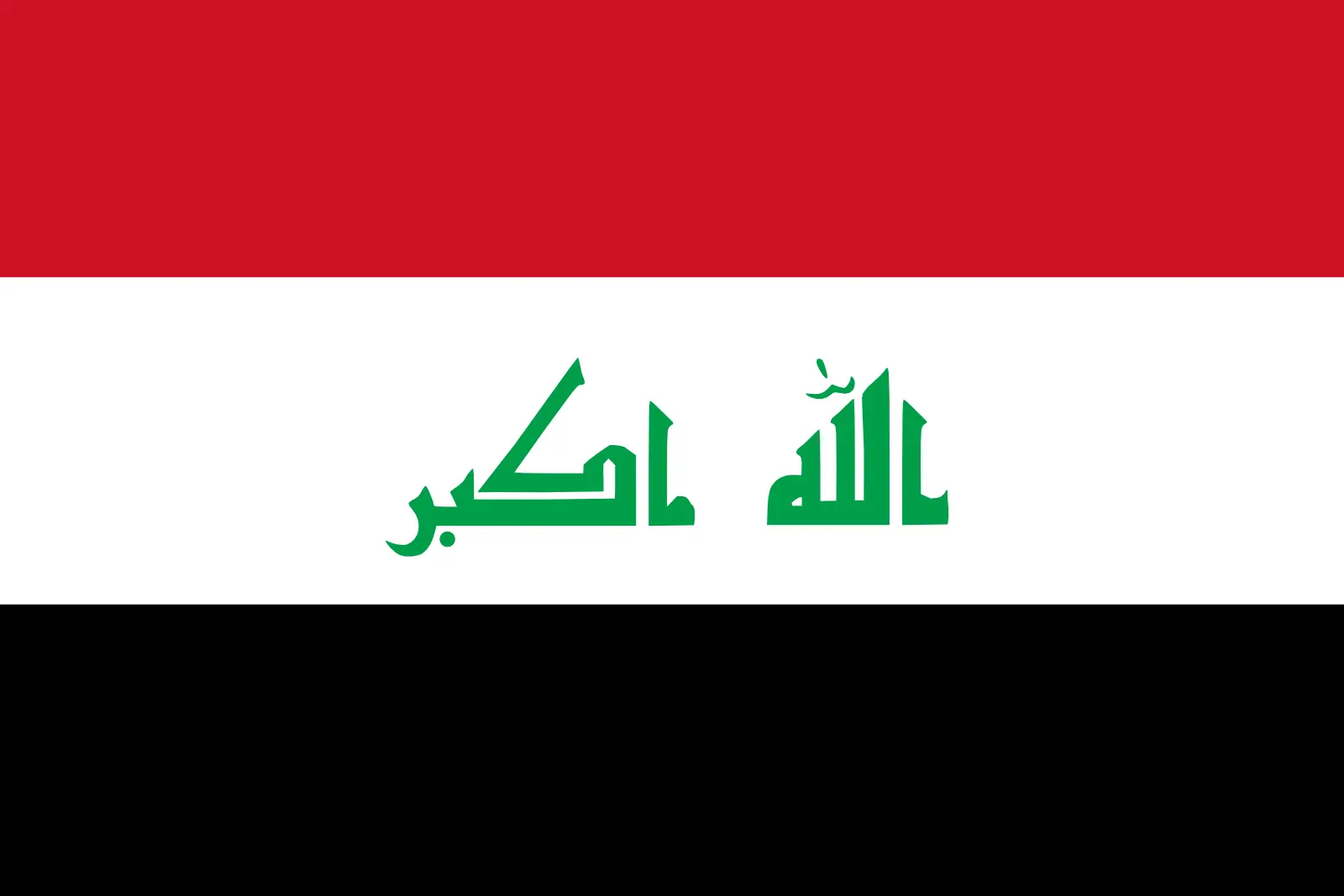 Iraq (+964)
Iraq (+964)
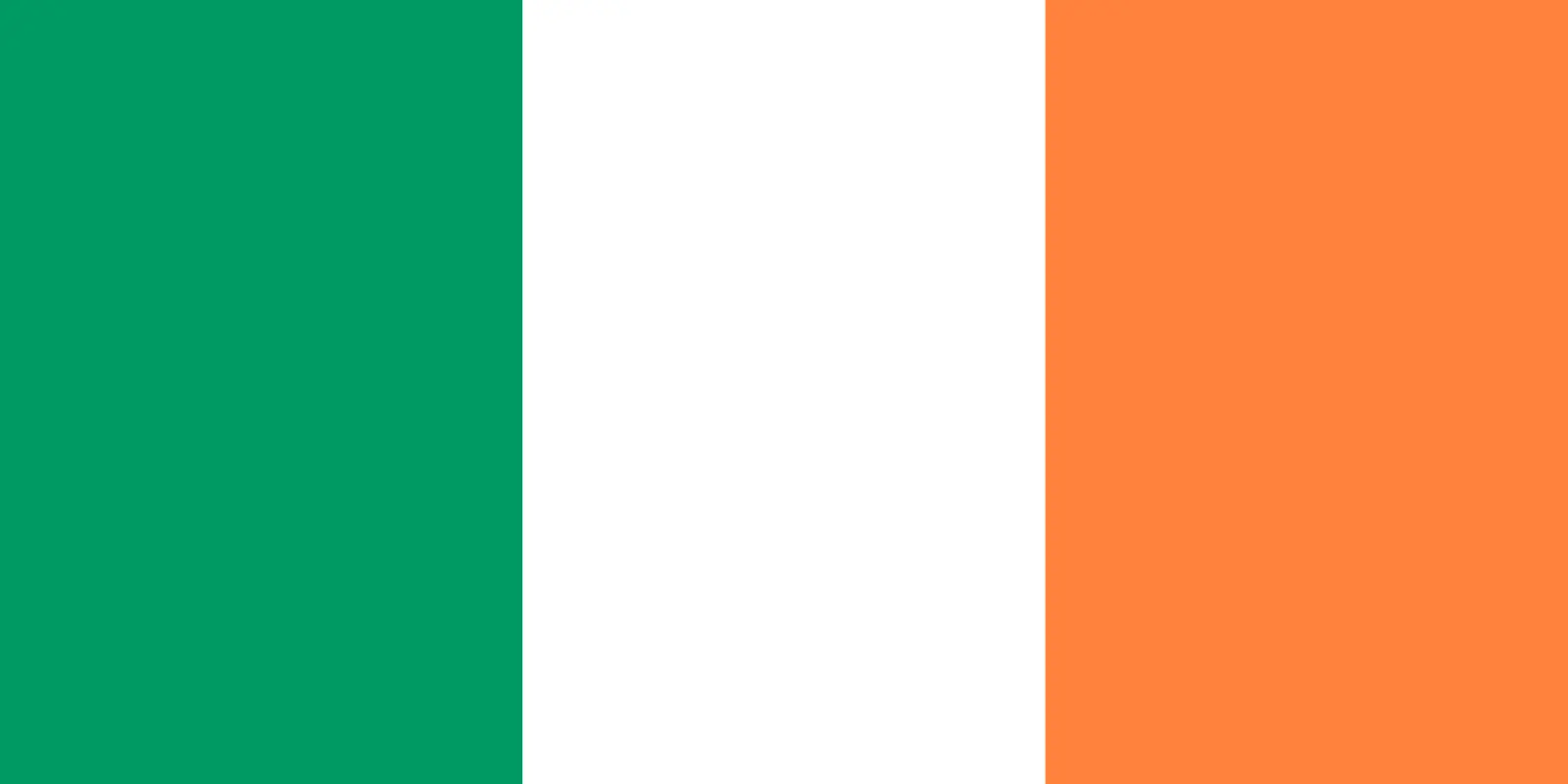 Ireland (+353)
Ireland (+353)
 Isle of Man (+44)
Isle of Man (+44)
 Israel (+972)
Israel (+972)
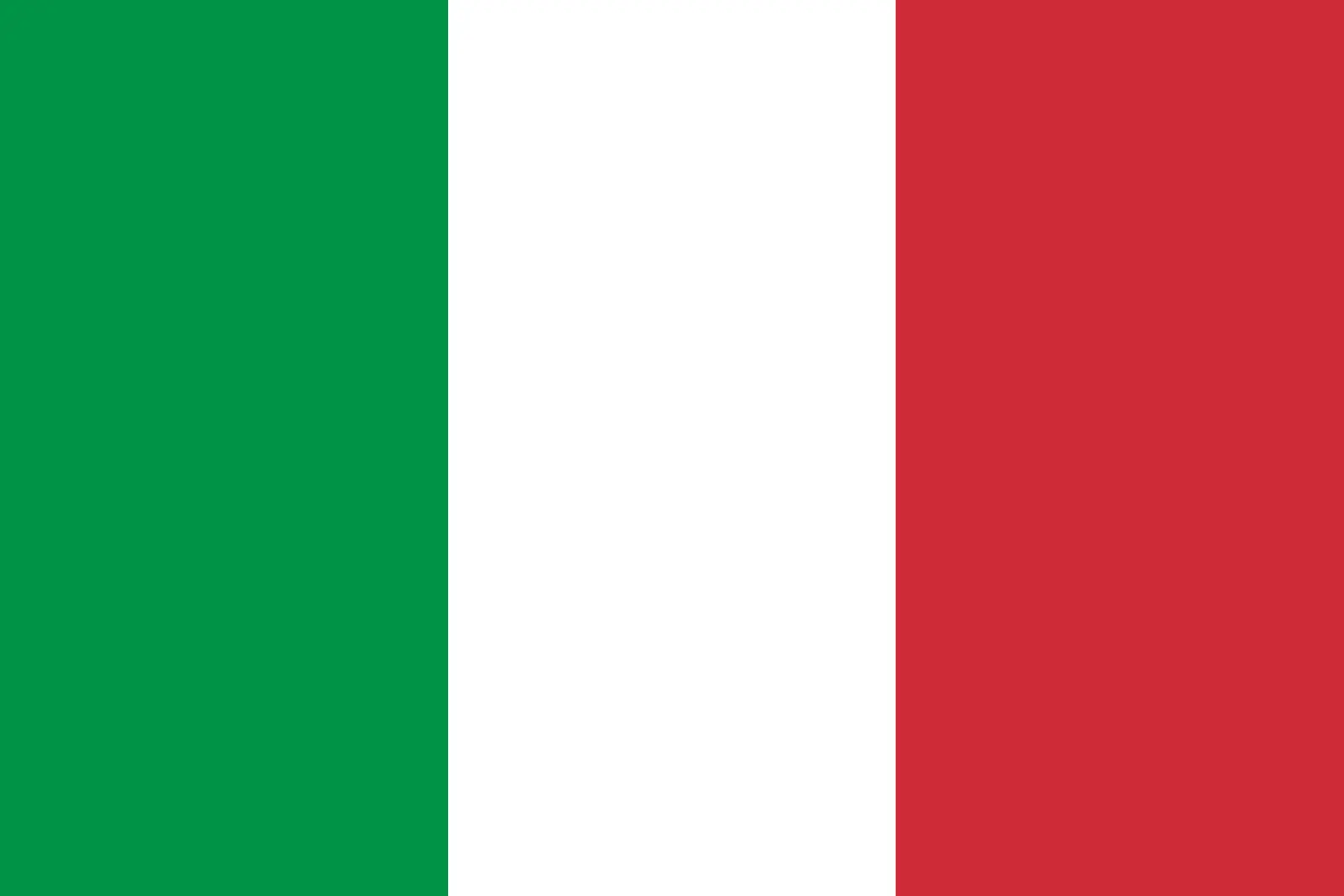 Italy (+39)
Italy (+39)
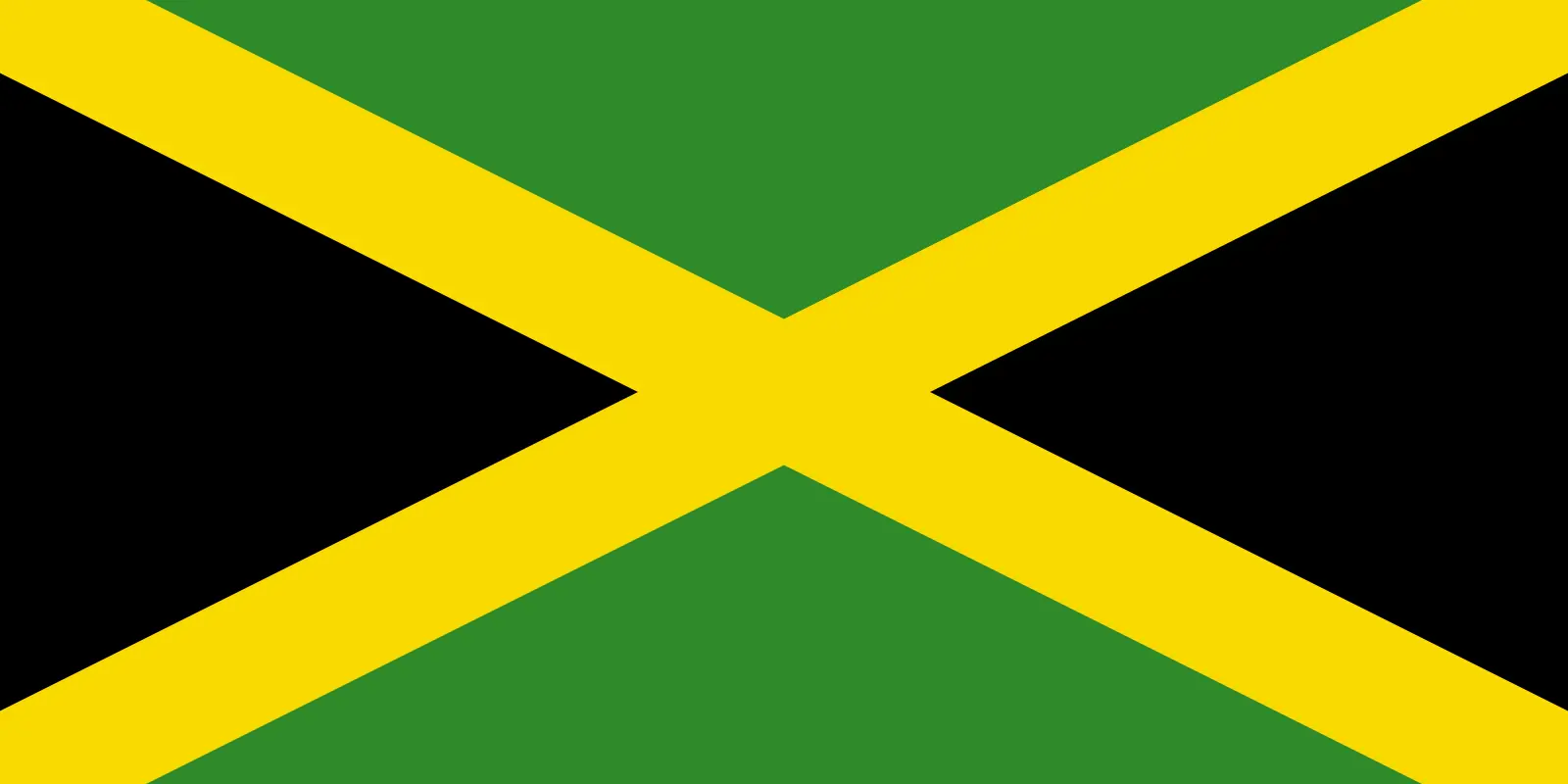 Jamaica (+1876)
Jamaica (+1876)
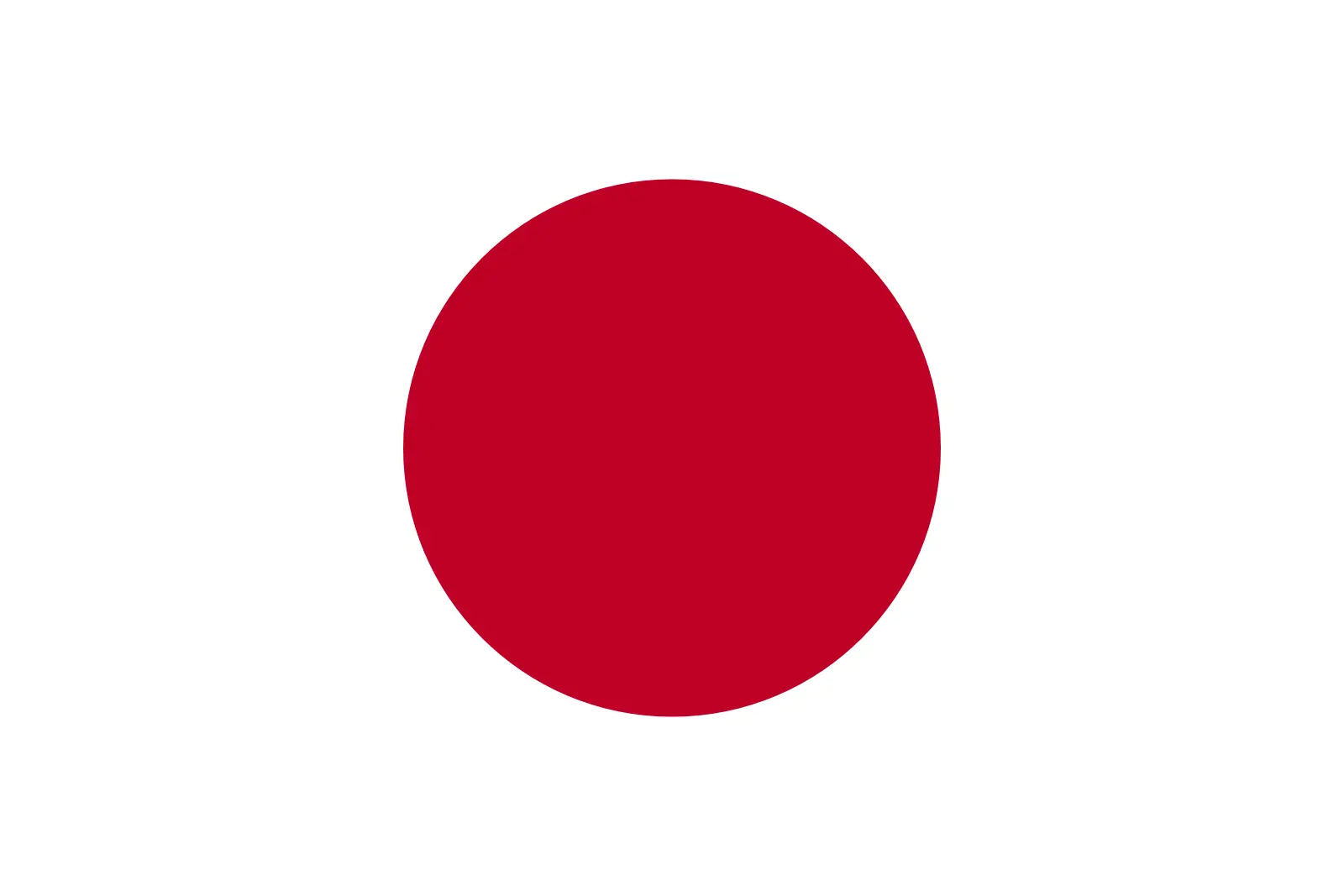 Japan (+81)
Japan (+81)
 Jersey (+44)
Jersey (+44)
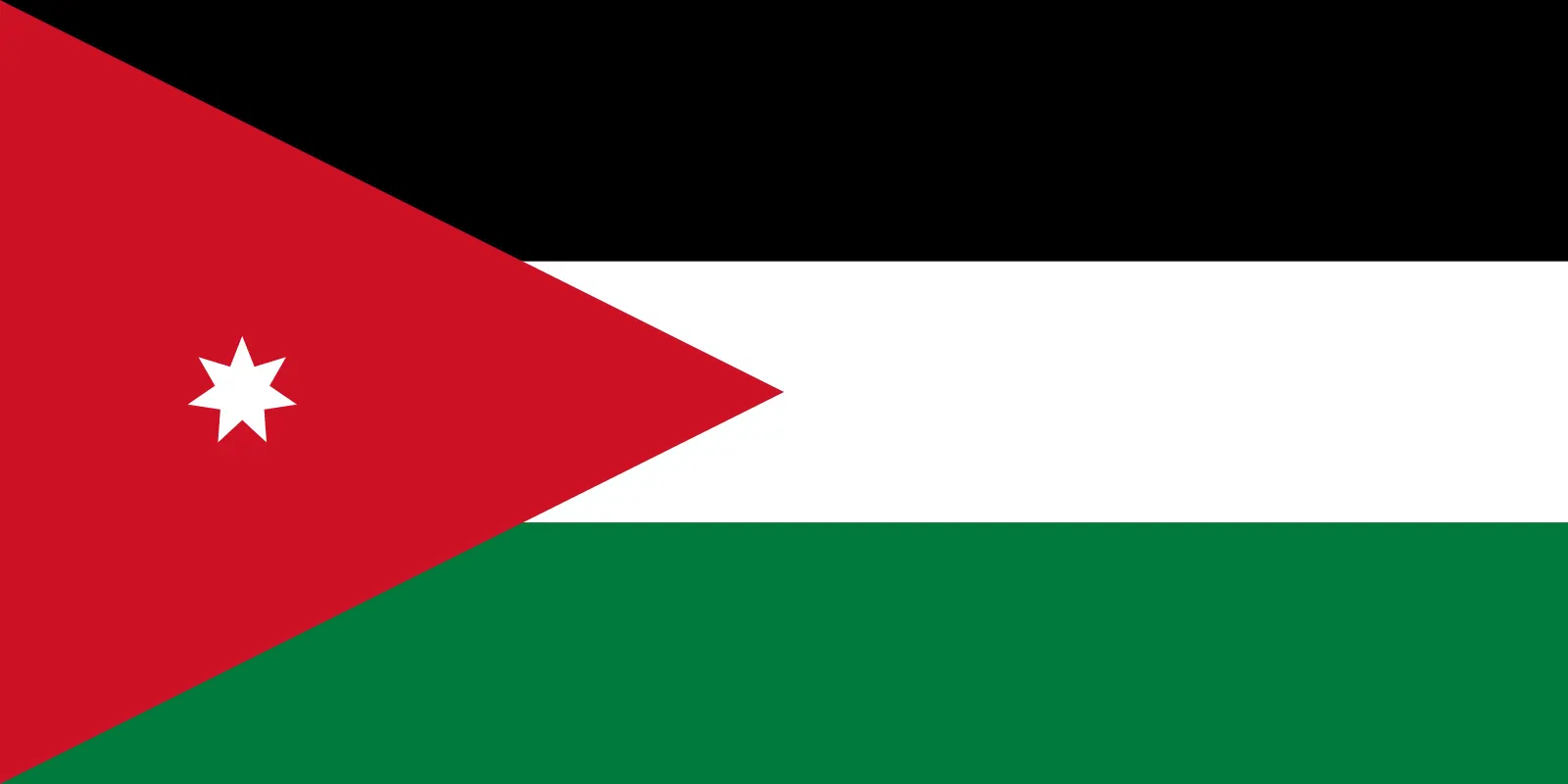 Jordan (+962)
Jordan (+962)
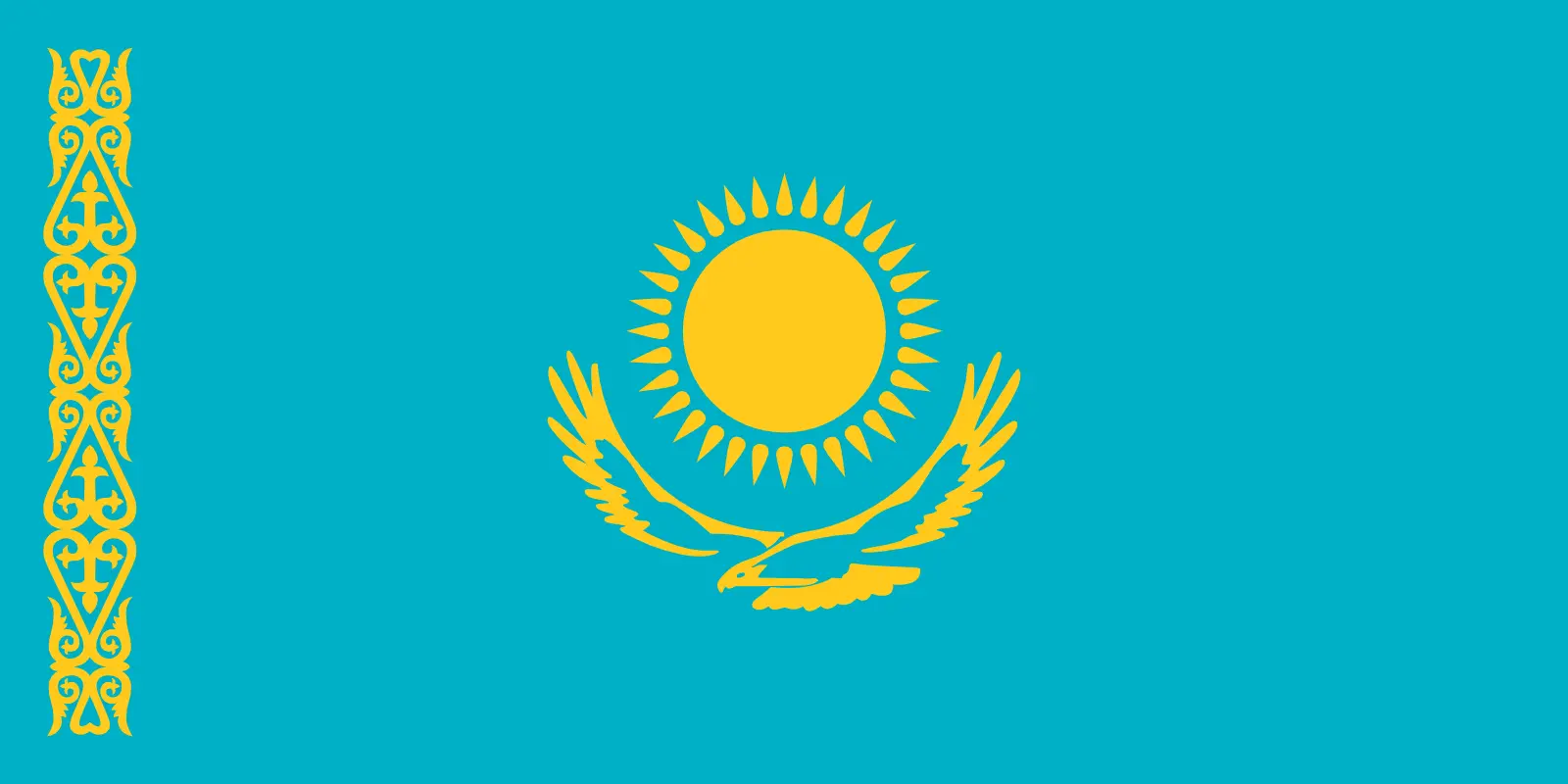 Kazakhstan (+7)
Kazakhstan (+7)
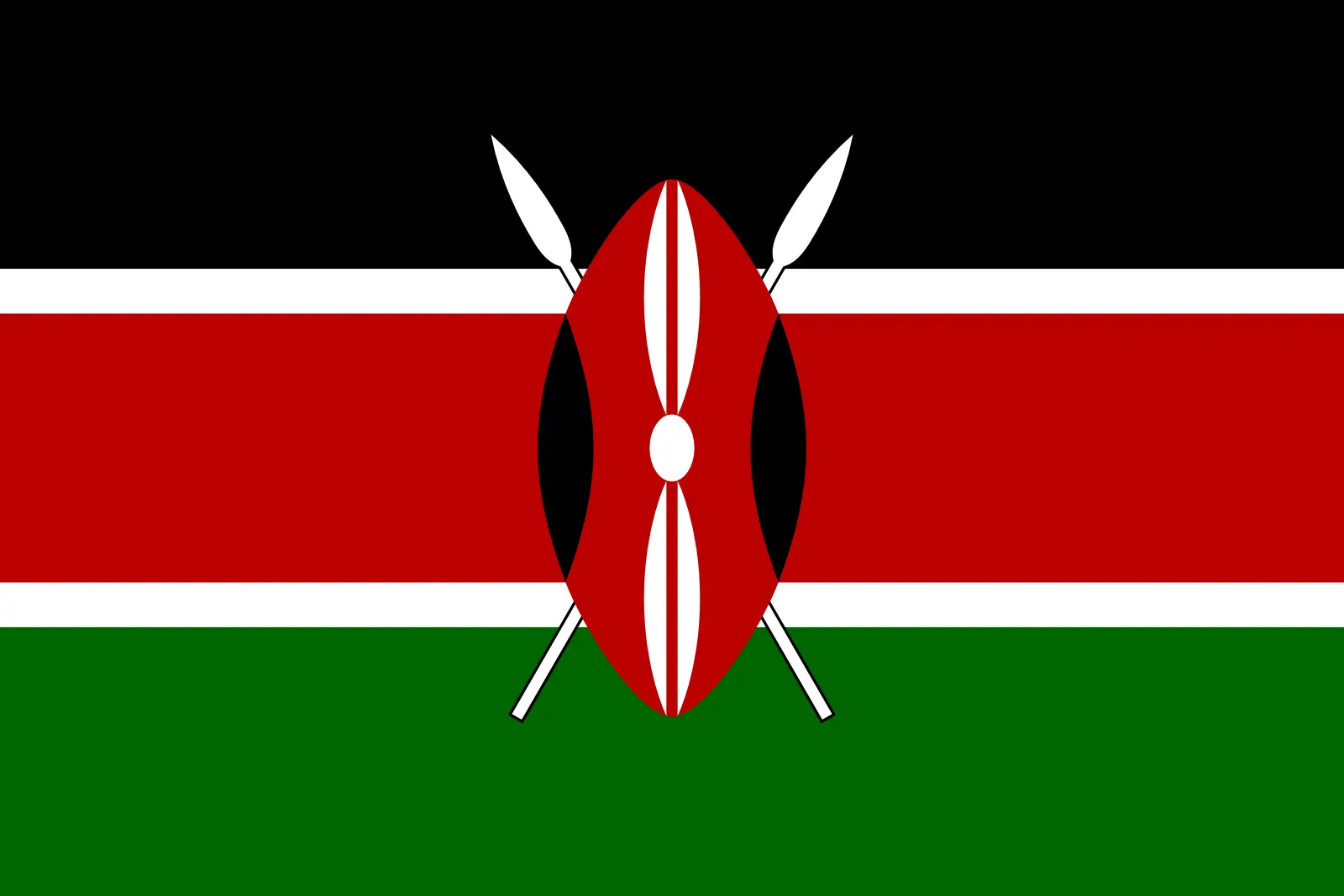 Kenya (+254)
Kenya (+254)
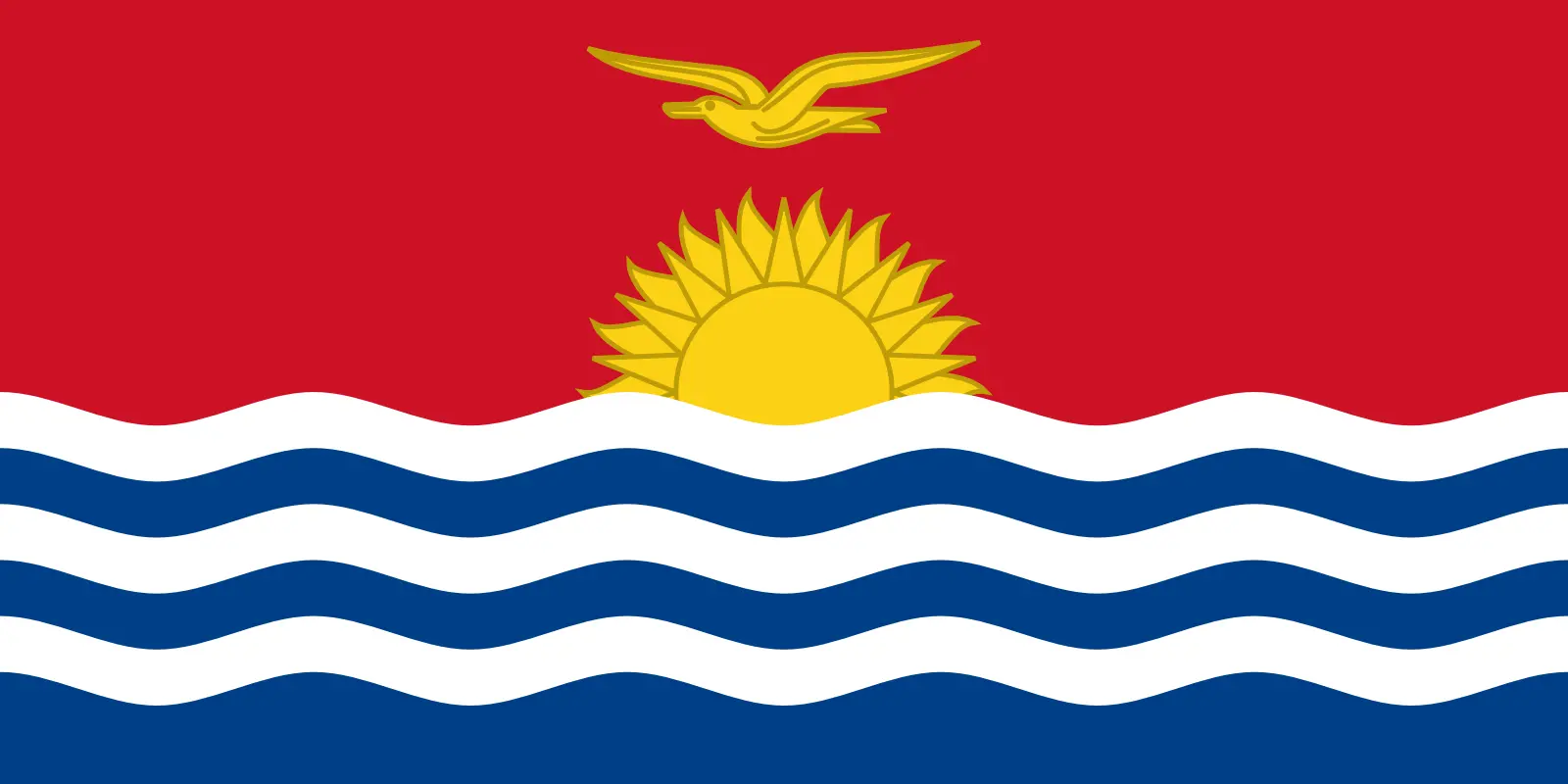 Kiribati (+686)
Kiribati (+686)
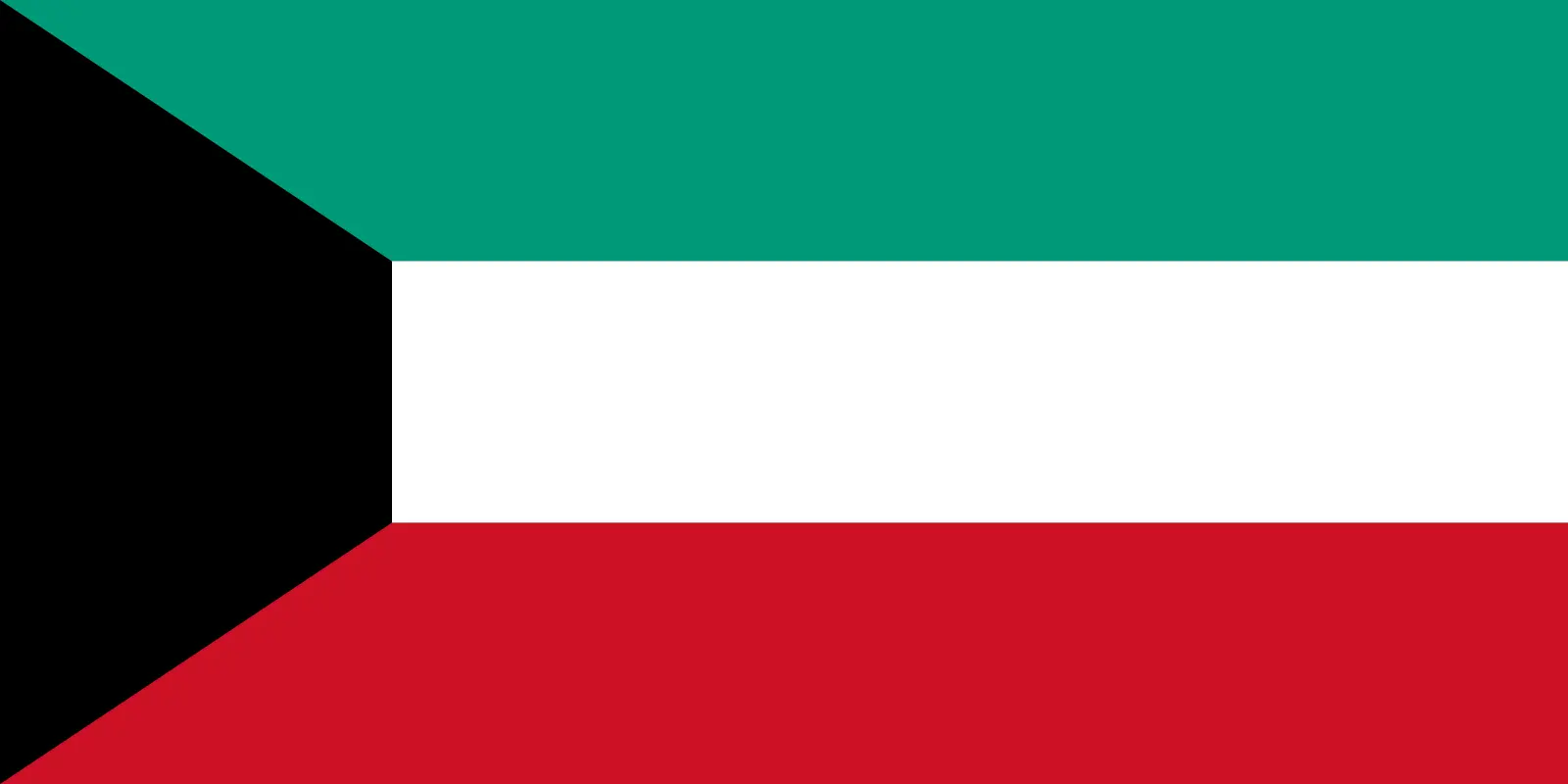 Kuwait (+965)
Kuwait (+965)
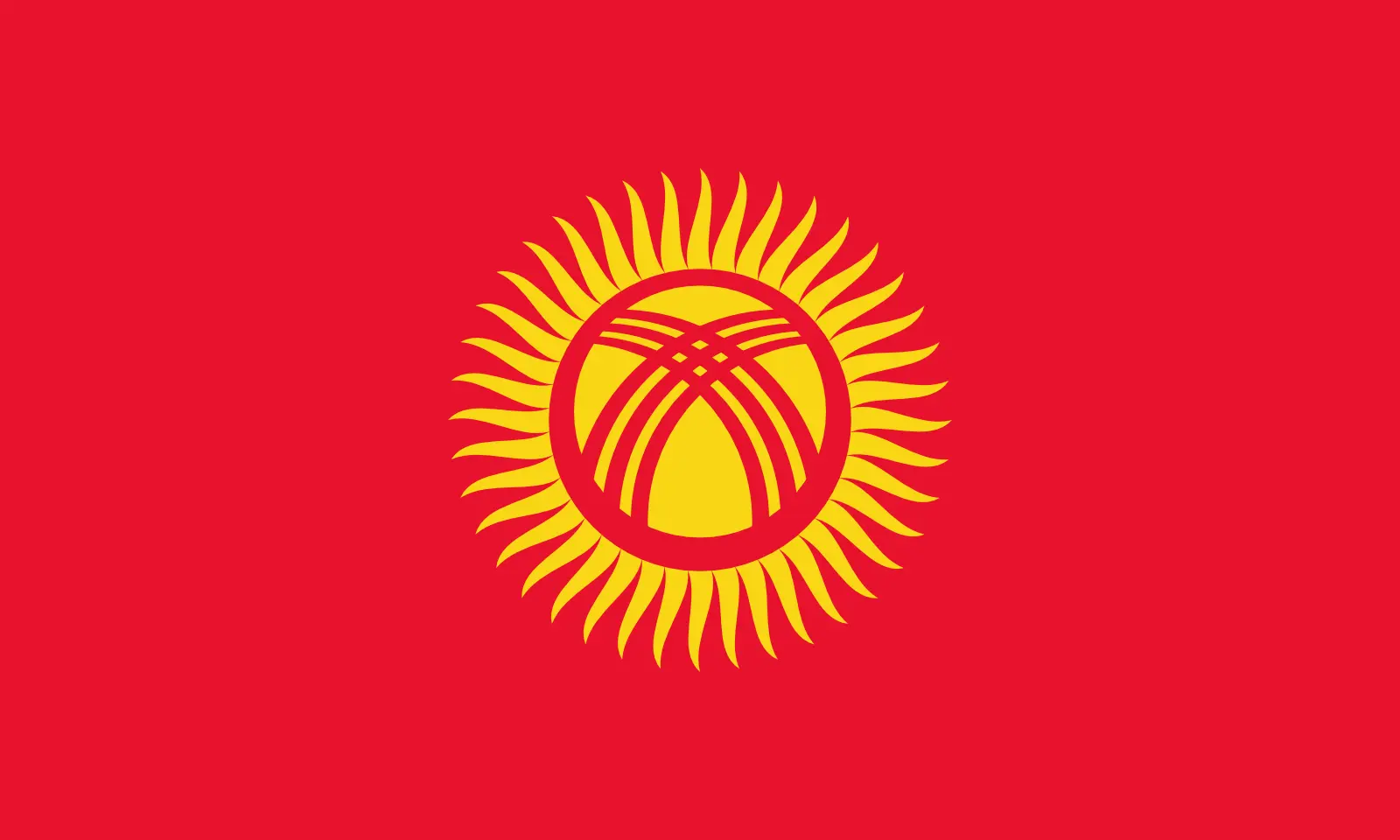 Kyrgyzstan (+996)
Kyrgyzstan (+996)
 Laos (+856)
Laos (+856)
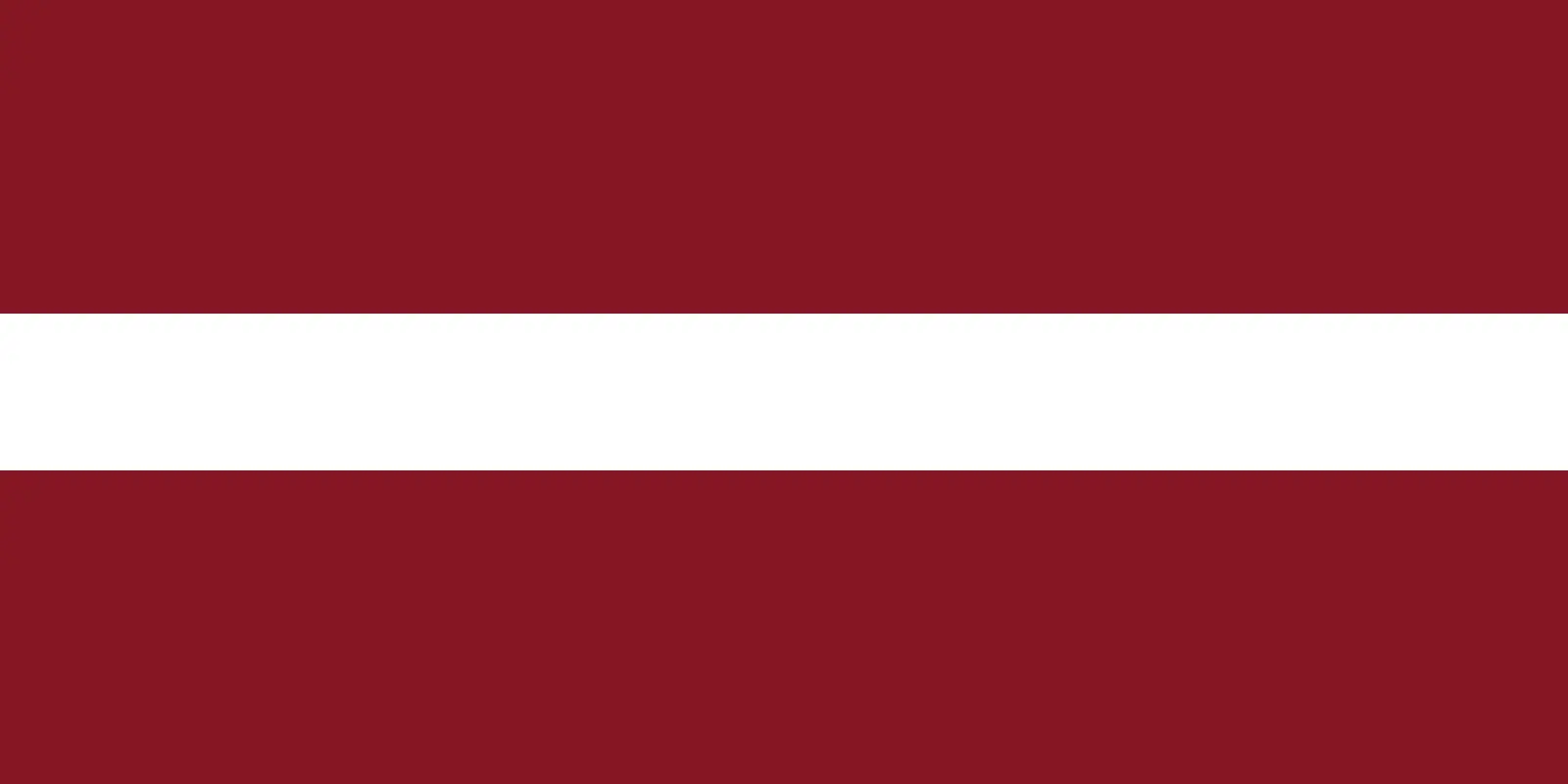 Latvia (+371)
Latvia (+371)
 Lebanon (+961)
Lebanon (+961)
 Lesotho (+266)
Lesotho (+266)
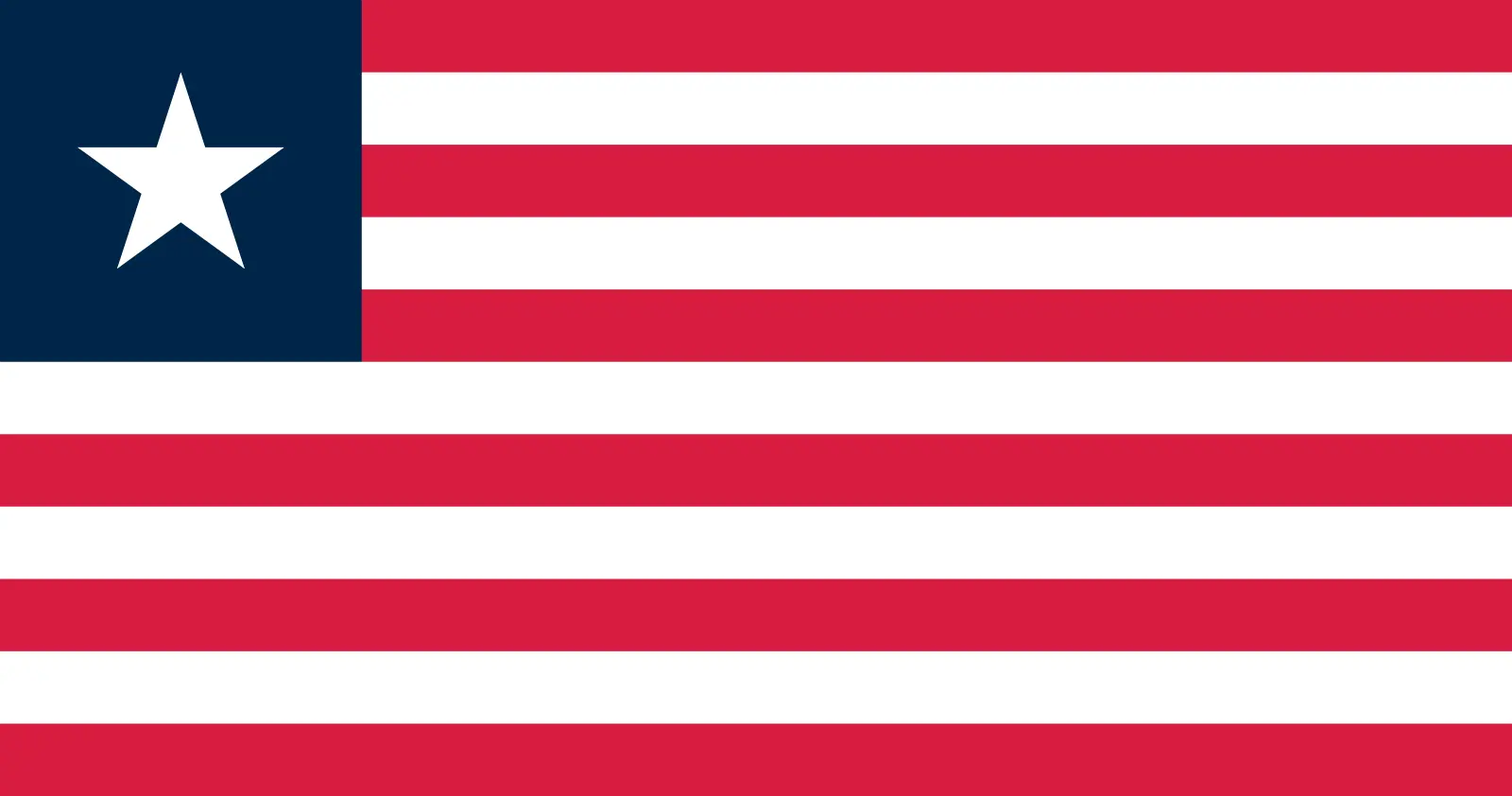 Liberia (+231)
Liberia (+231)
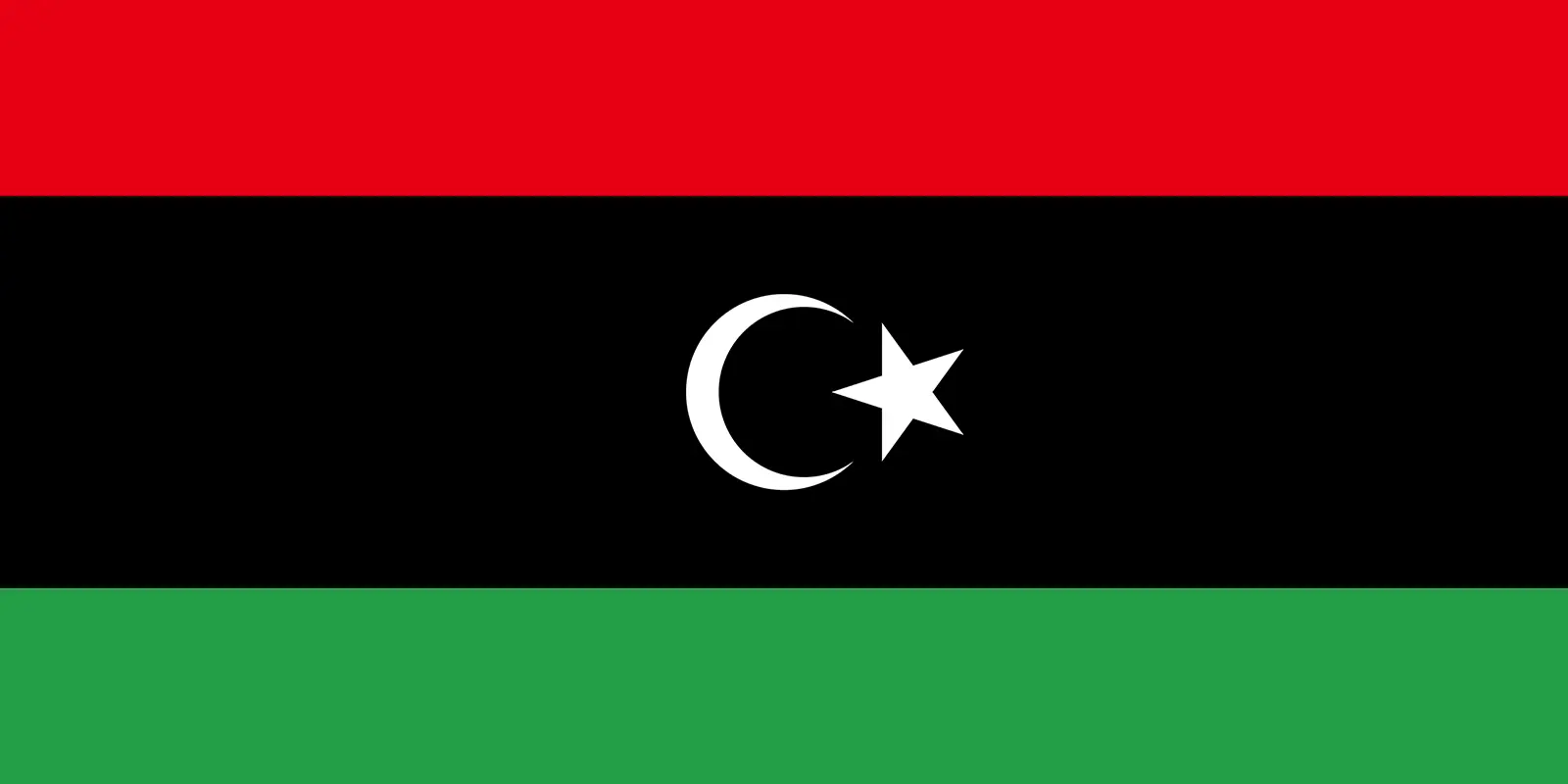 Libya (+218)
Libya (+218)
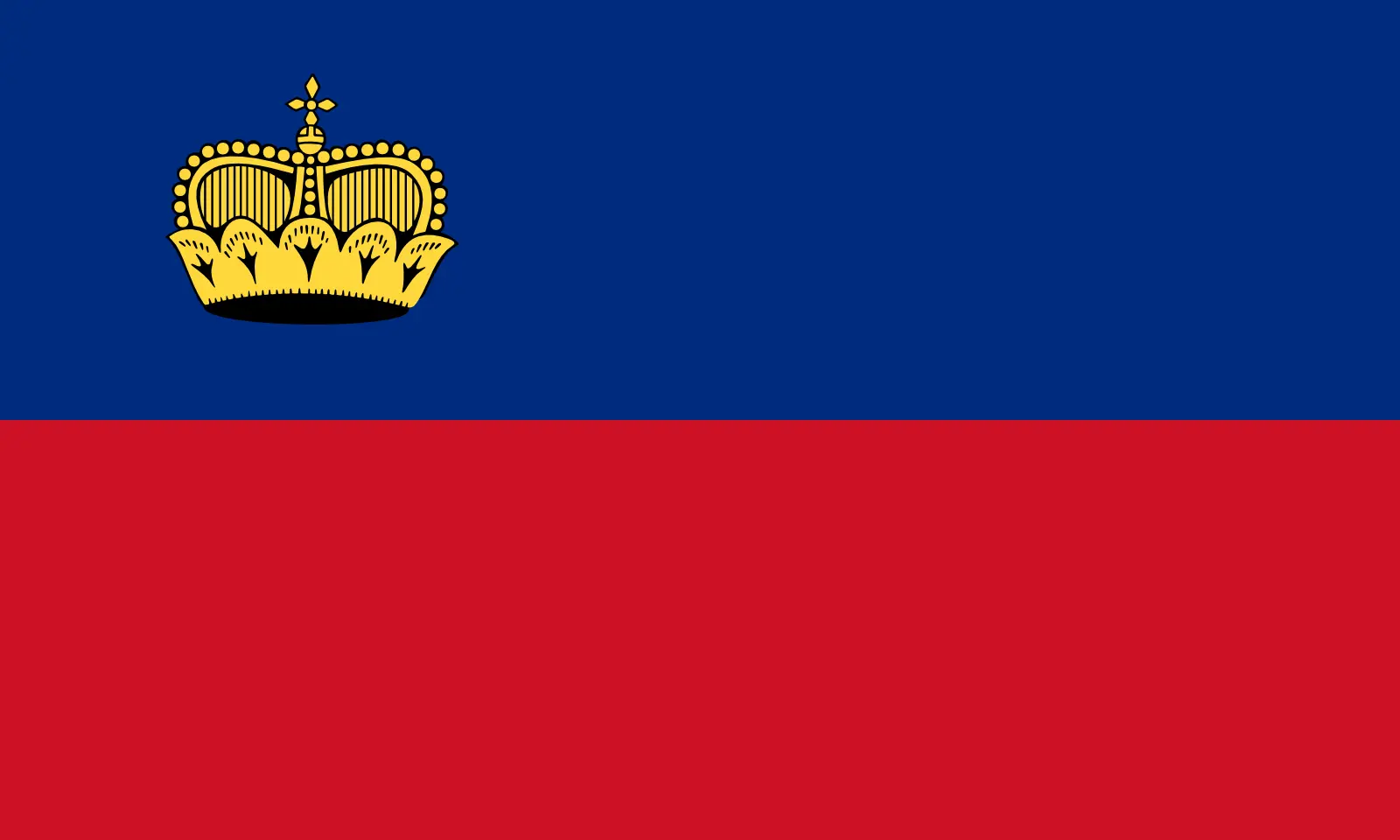 Liechtenstein (+423)
Liechtenstein (+423)
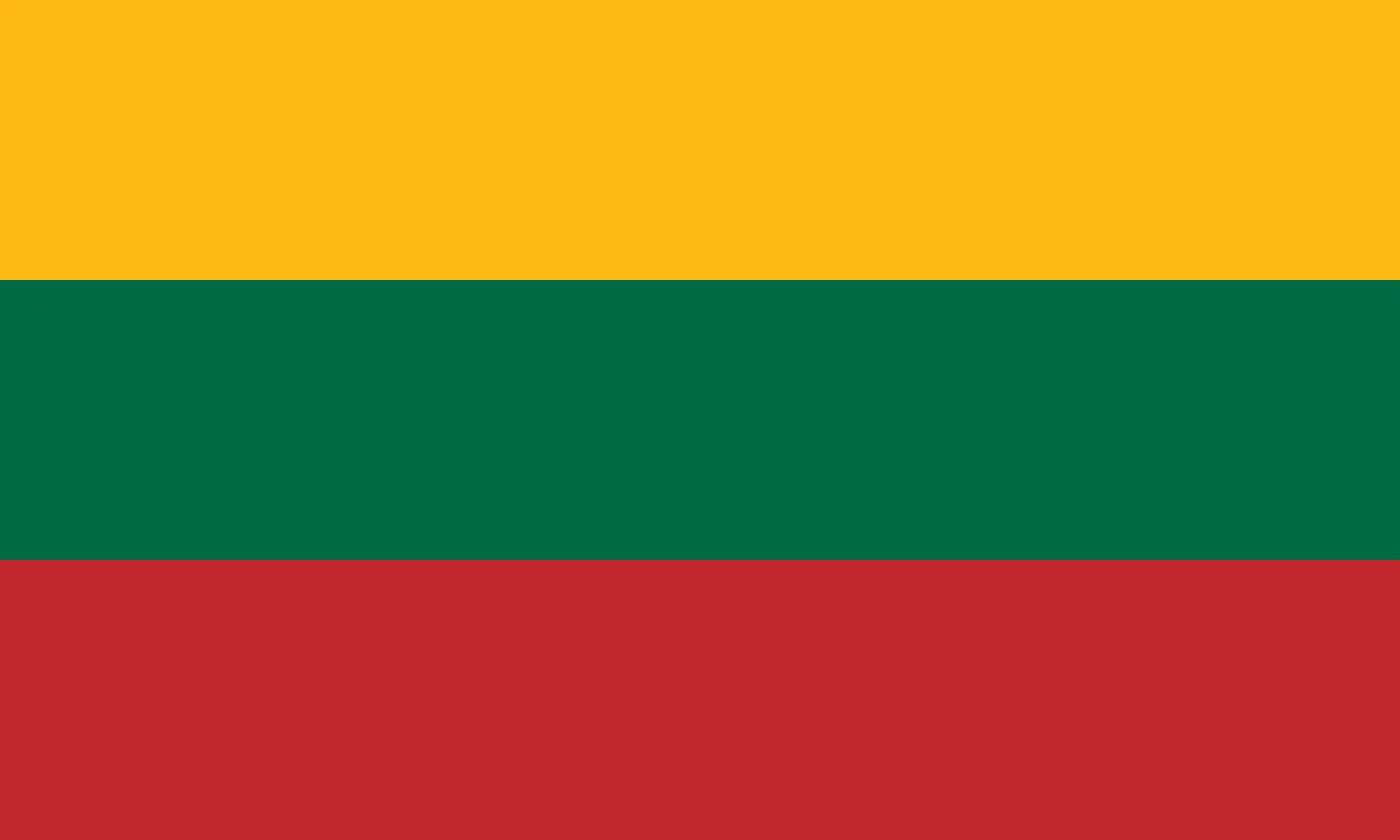 Lithuania (+370)
Lithuania (+370)
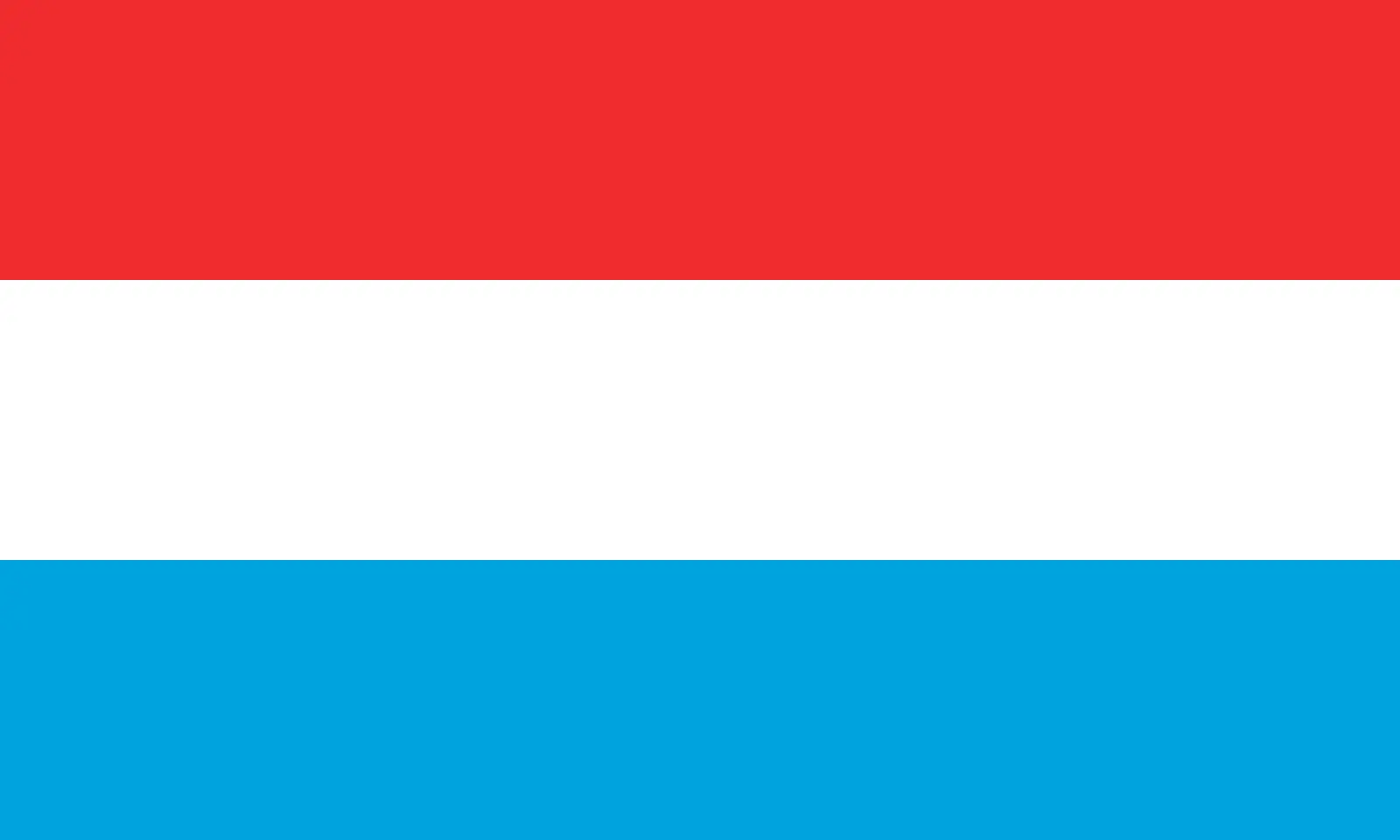 Luxembourg (+352)
Luxembourg (+352)
 Macao (+853)
Macao (+853)
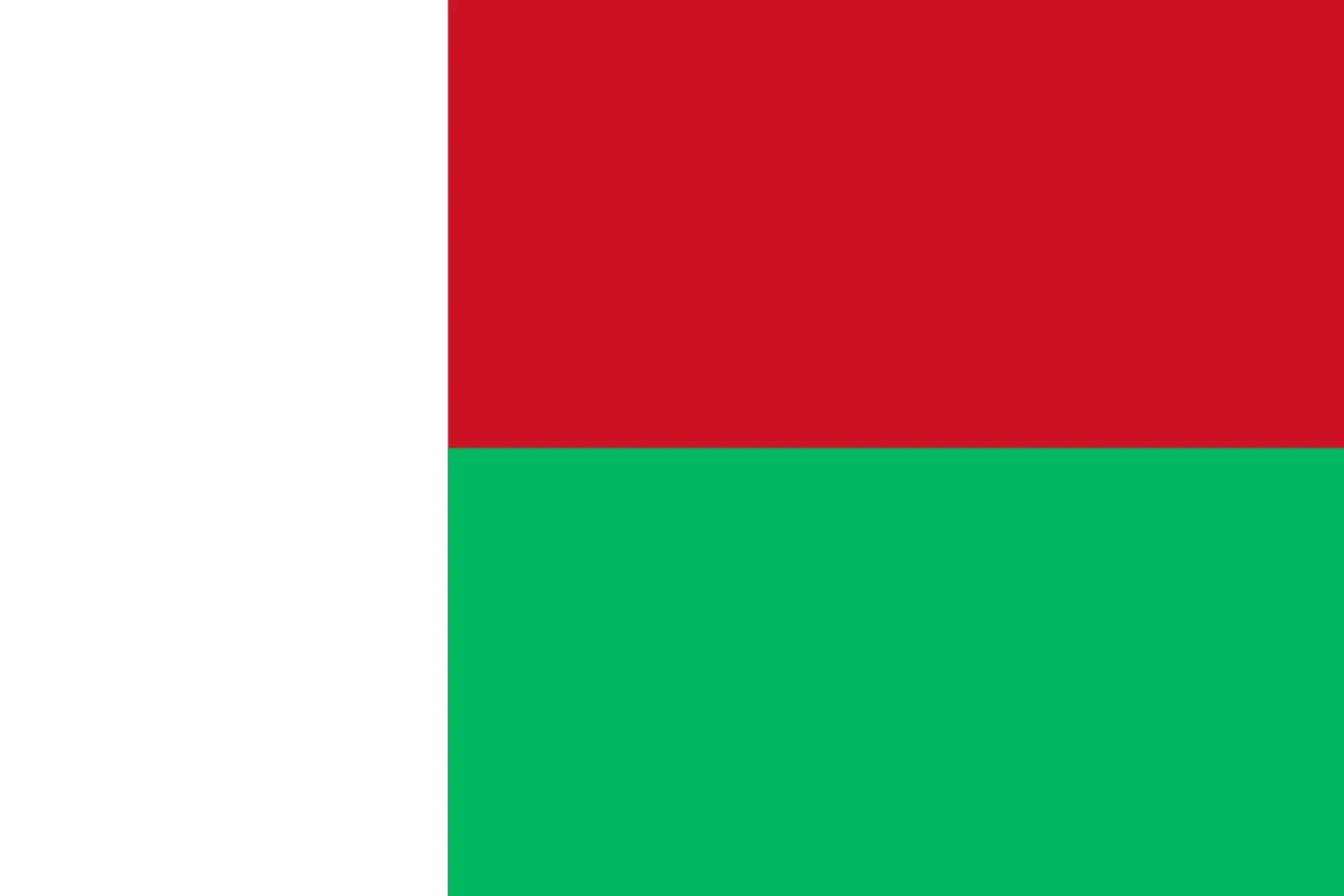 Madagascar (+261)
Madagascar (+261)
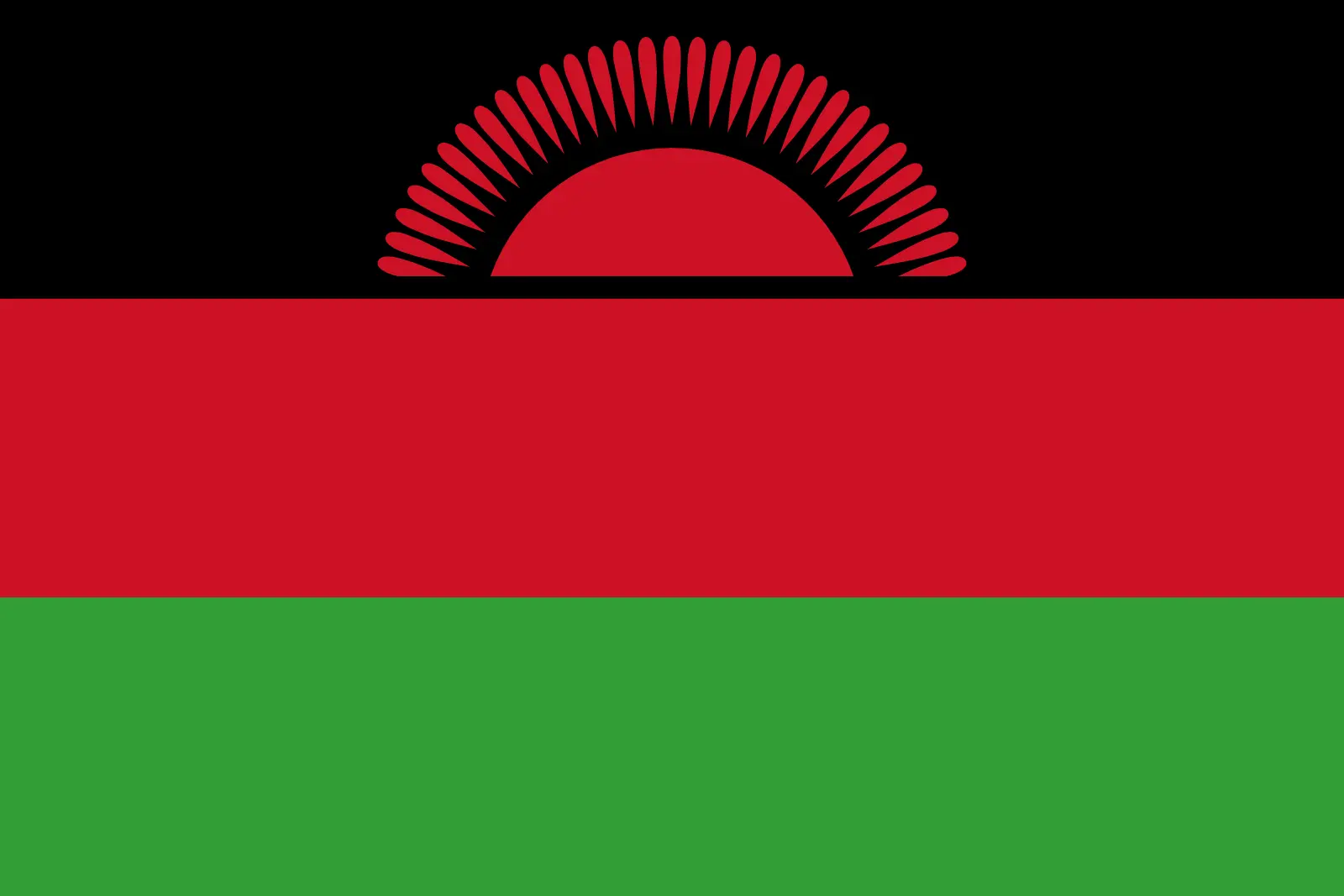 Malawi (+265)
Malawi (+265)
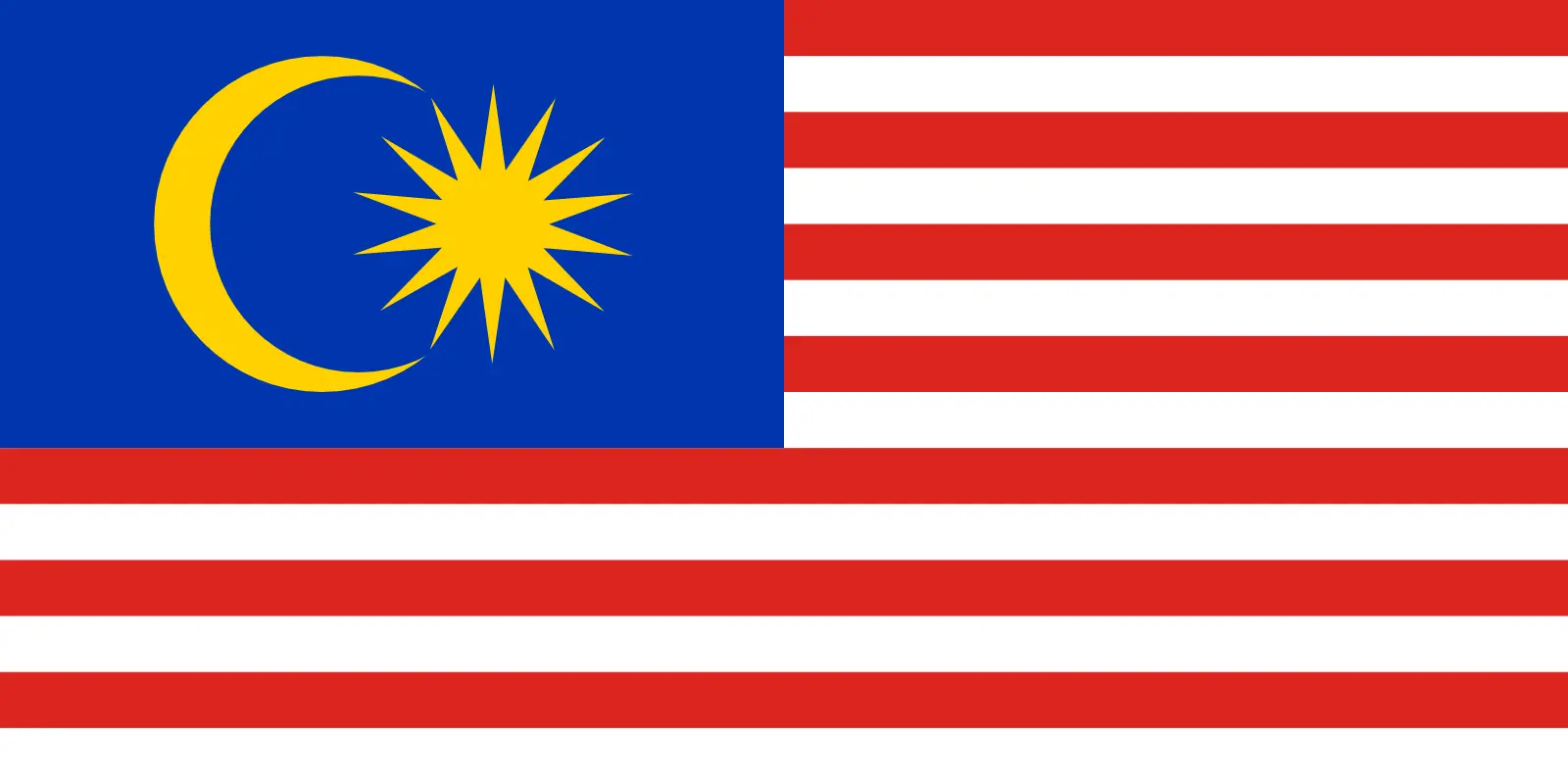 Malaysia (+60)
Malaysia (+60)
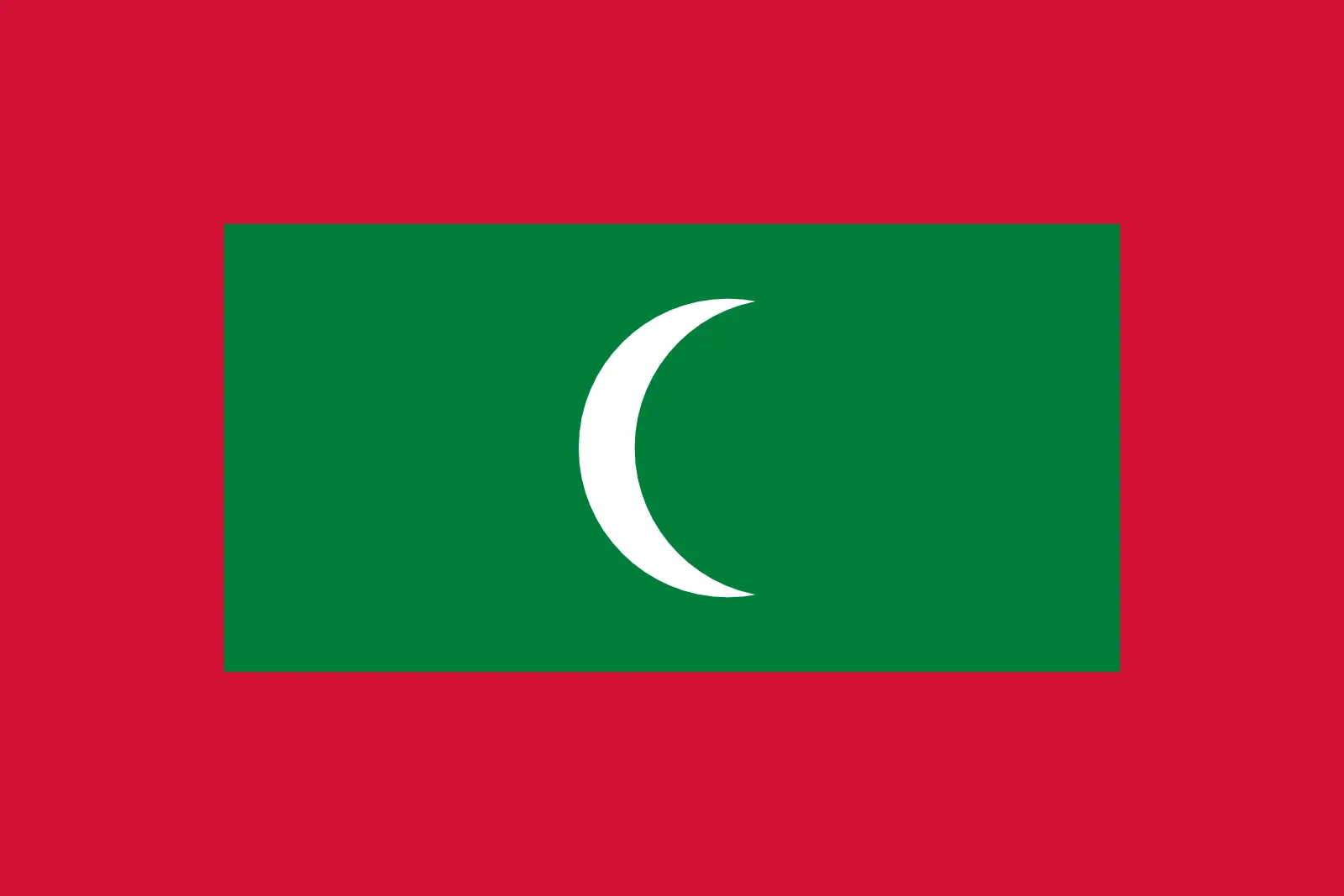 Maldives (+960)
Maldives (+960)
 Mali (+223)
Mali (+223)
 Malta (+356)
Malta (+356)
 Marshall Islands (+692)
Marshall Islands (+692)
 Mauritania (+222)
Mauritania (+222)
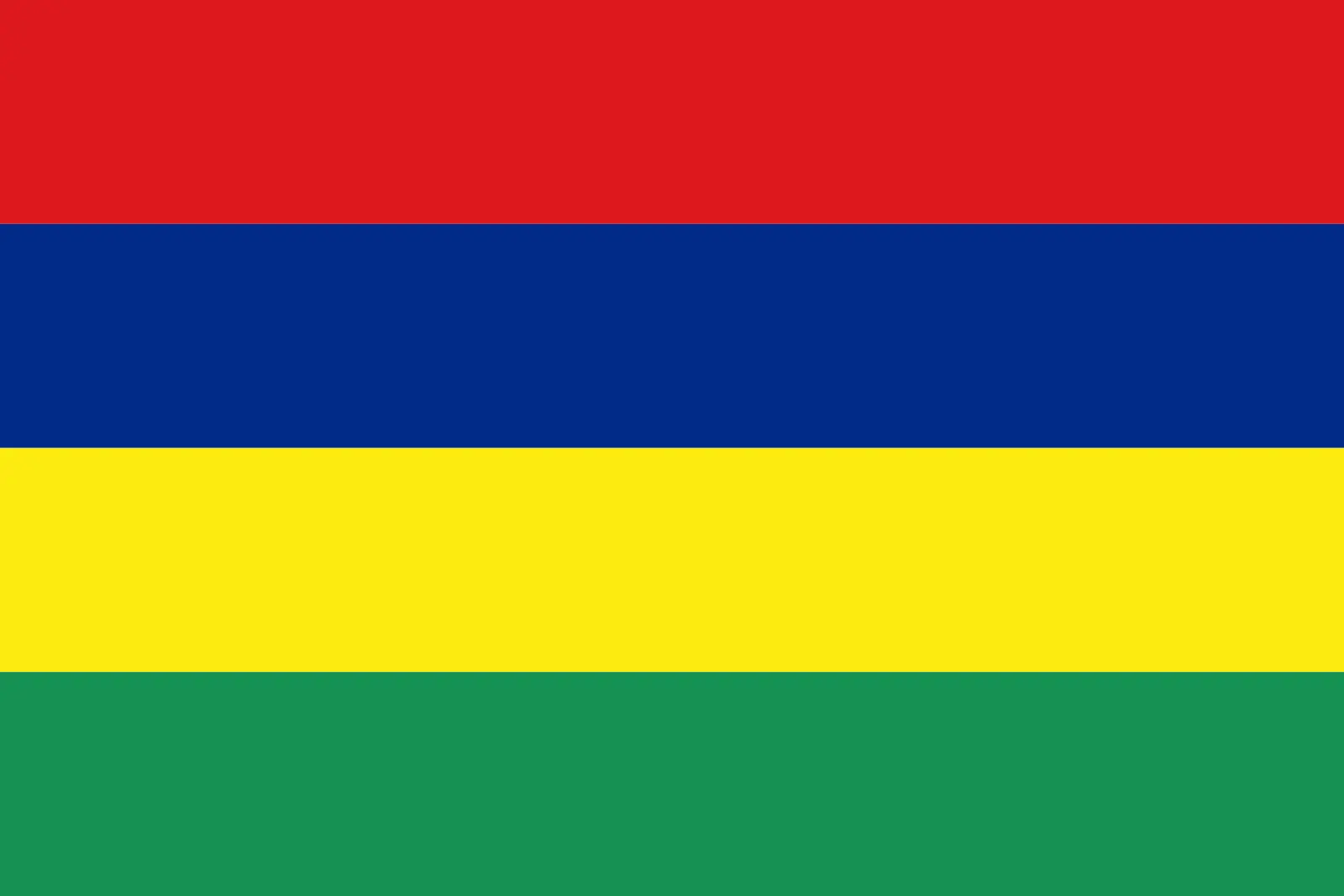 Mauritius (+230)
Mauritius (+230)
 Mayotte (+262)
Mayotte (+262)
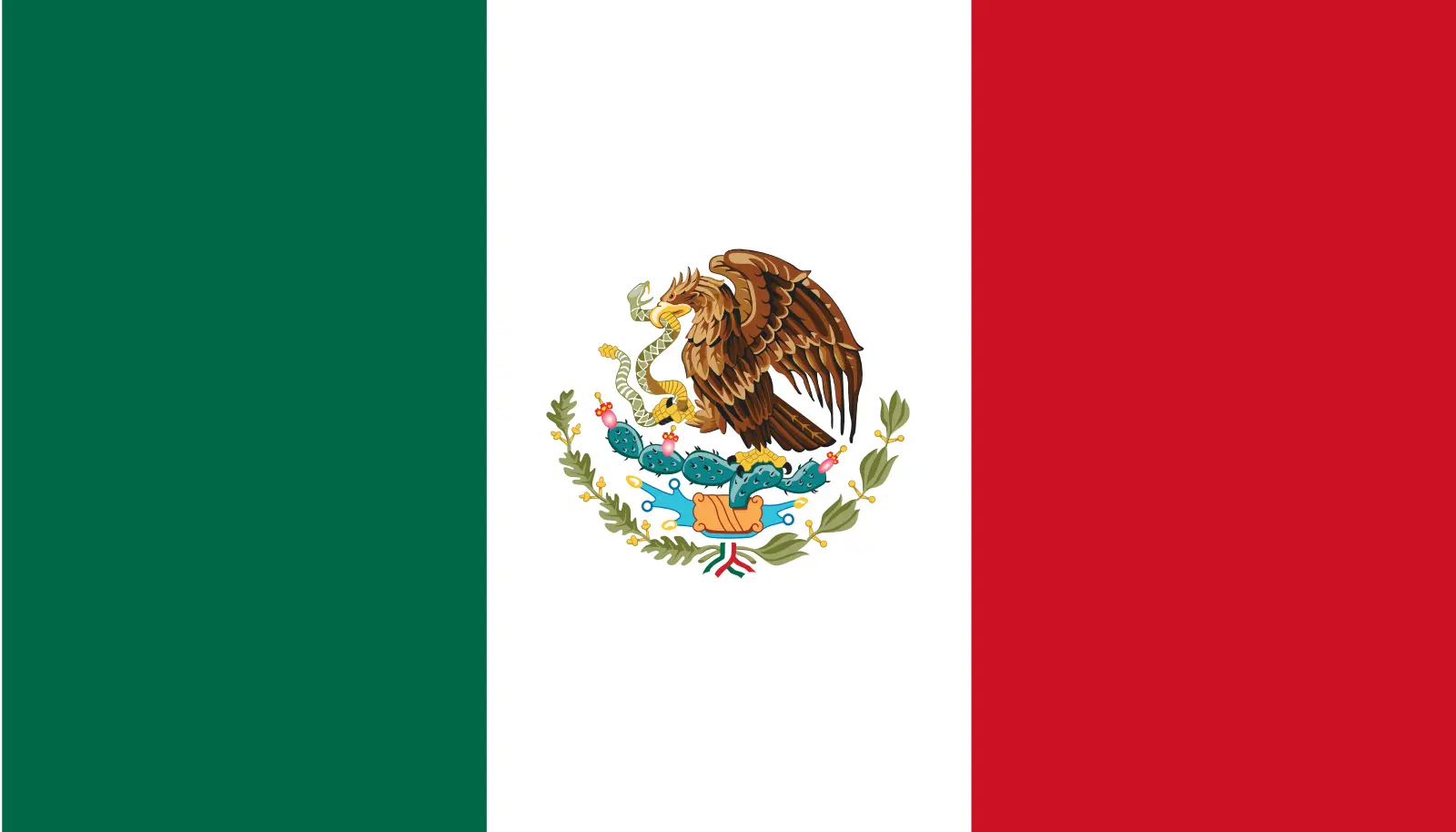 Mexico (+52)
Mexico (+52)
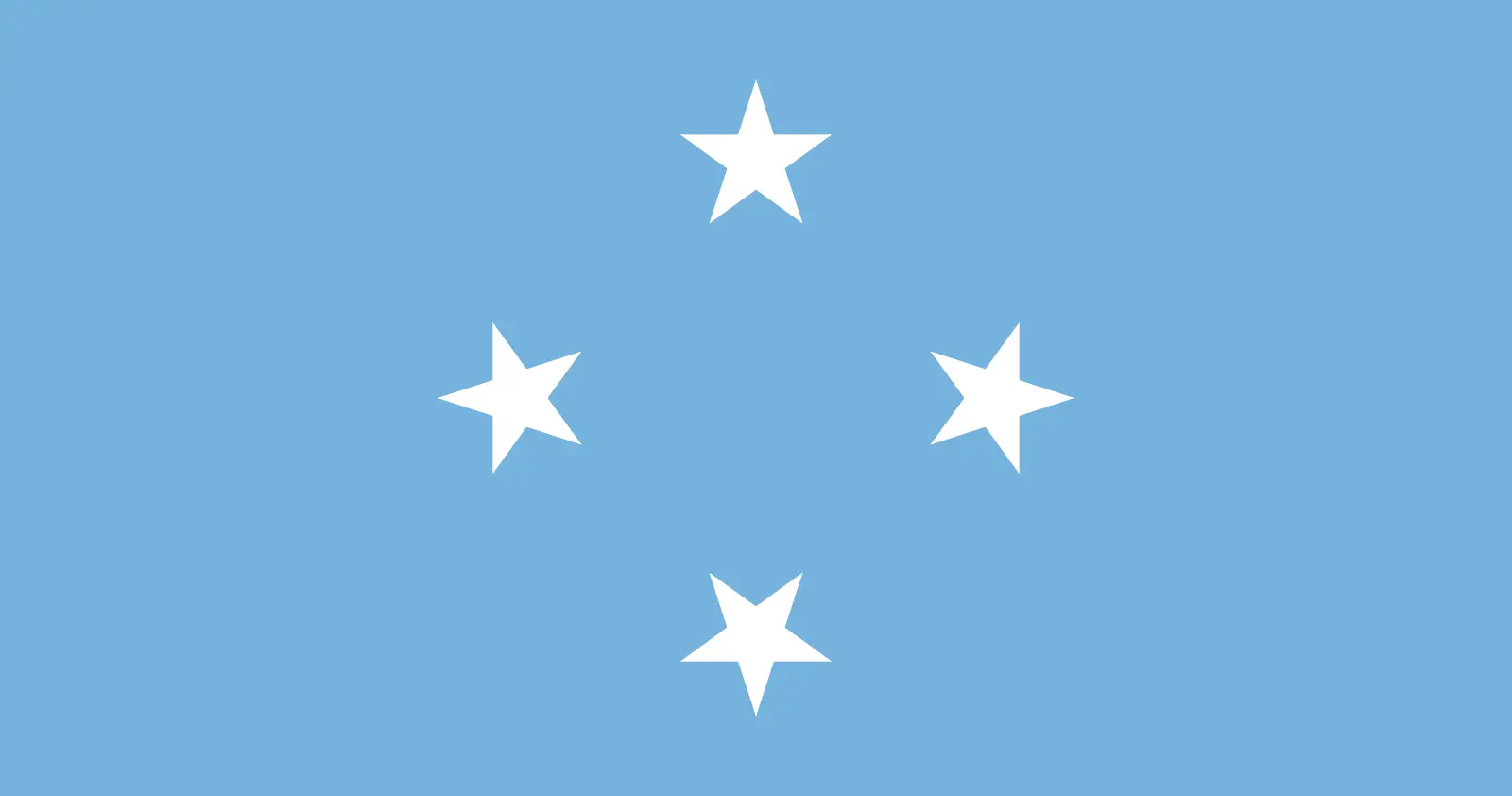 Micronesia (+691)
Micronesia (+691)
 Moldova (+373)
Moldova (+373)
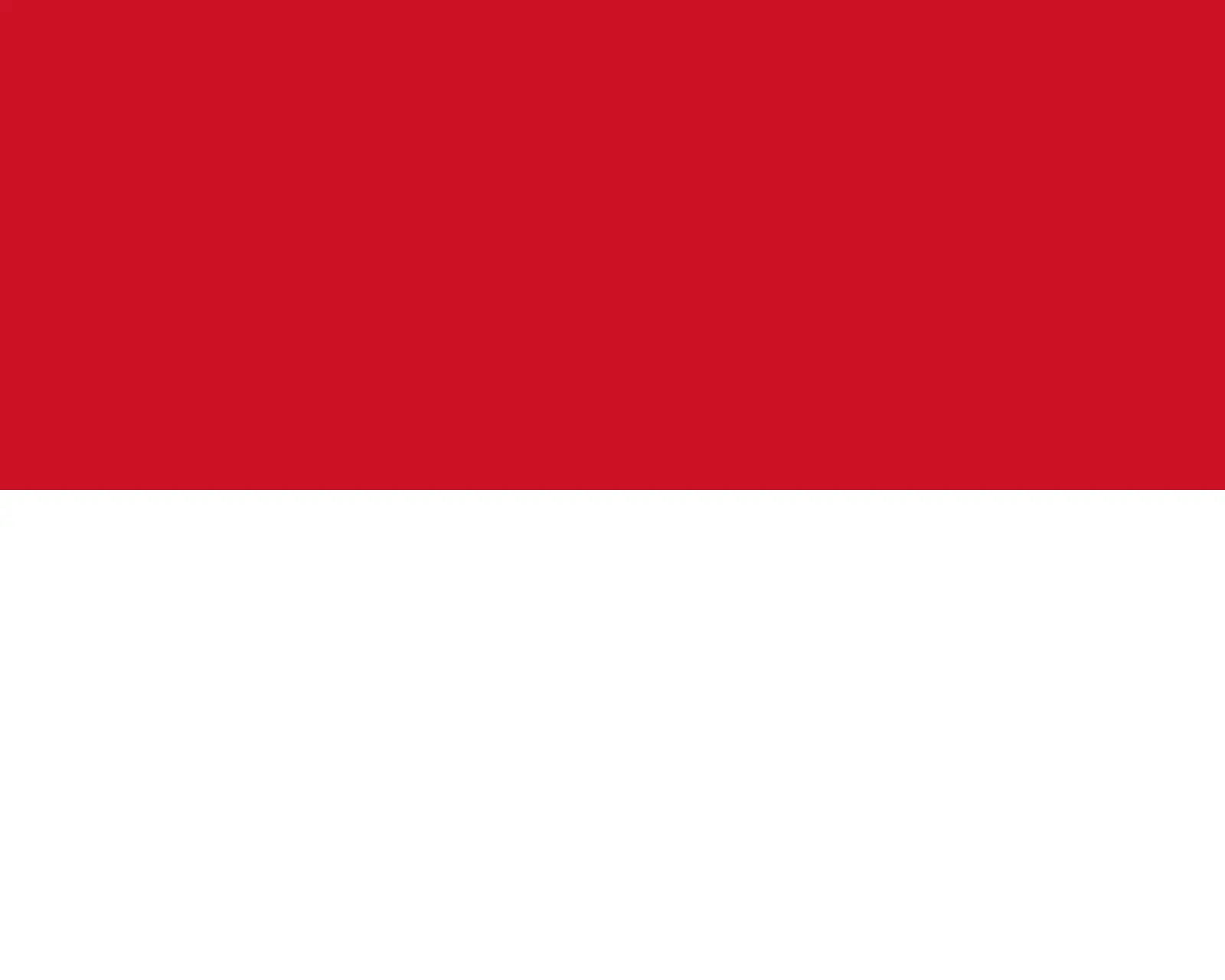 Monaco (+377)
Monaco (+377)
 Mongolia (+976)
Mongolia (+976)
 Montenegro (+382)
Montenegro (+382)
 Montserrat (+1664)
Montserrat (+1664)
 Morocco (+212)
Morocco (+212)
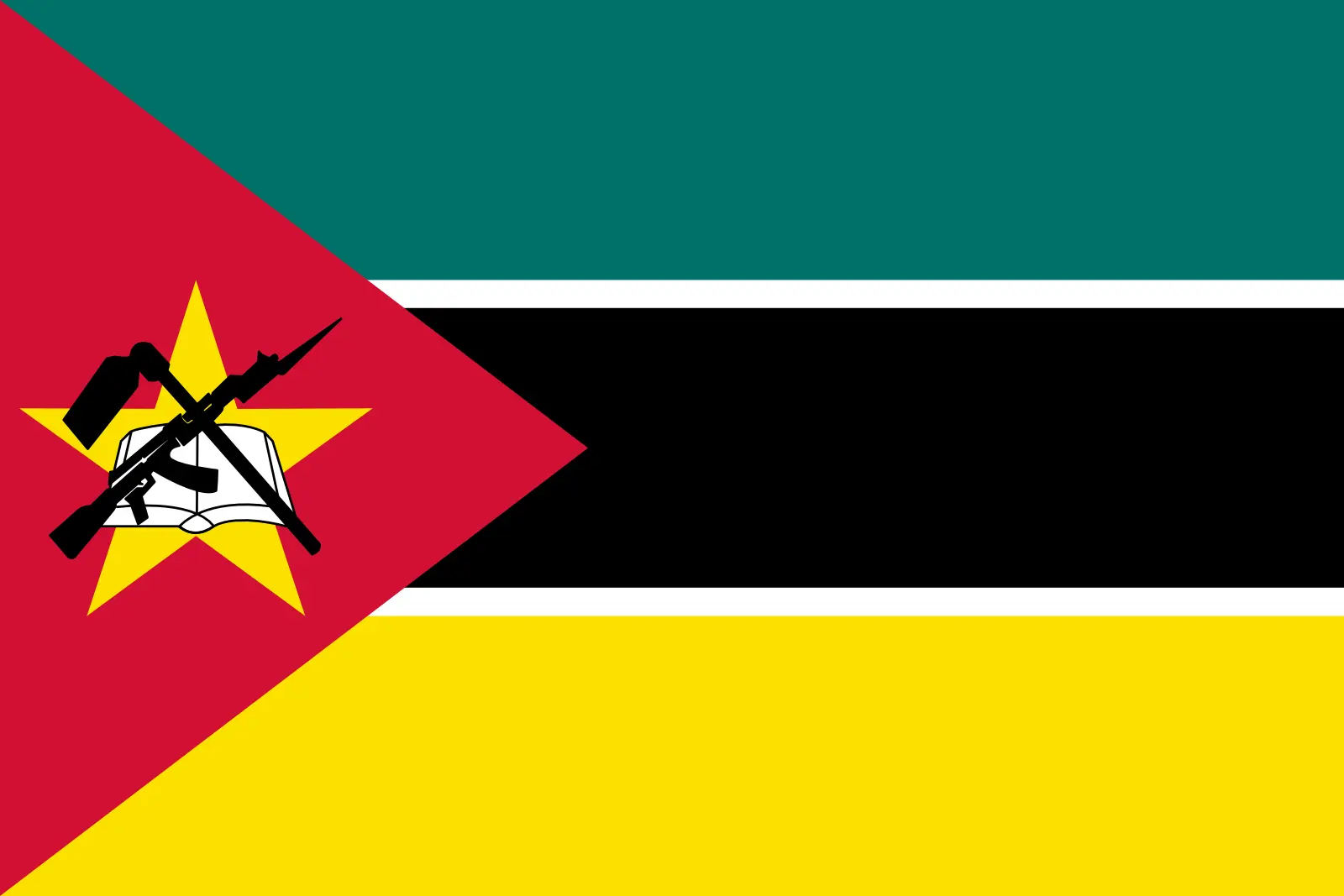 Mozambique (+258)
Mozambique (+258)
 Myanmar (+95)
Myanmar (+95)
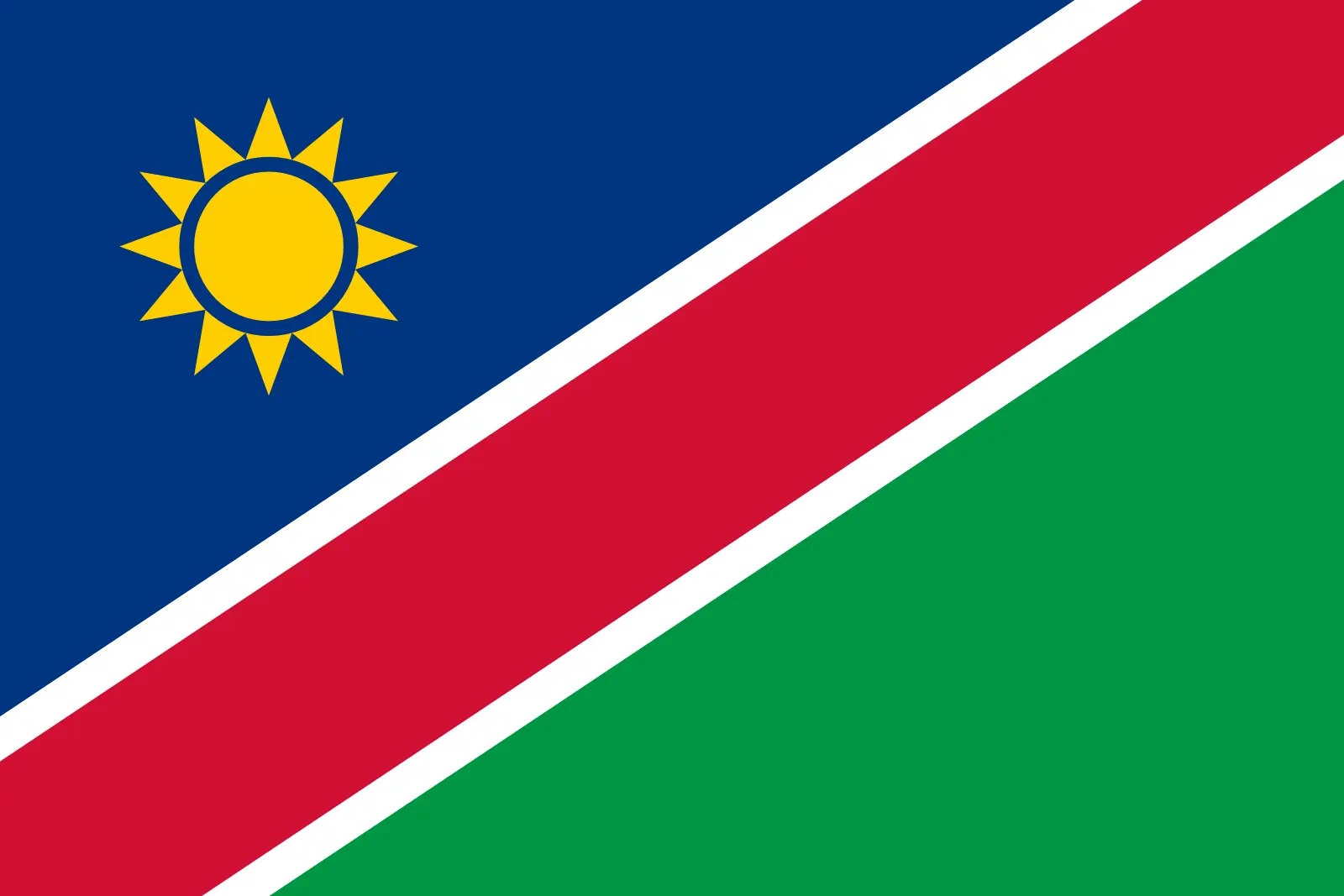 Namibia (+264)
Namibia (+264)
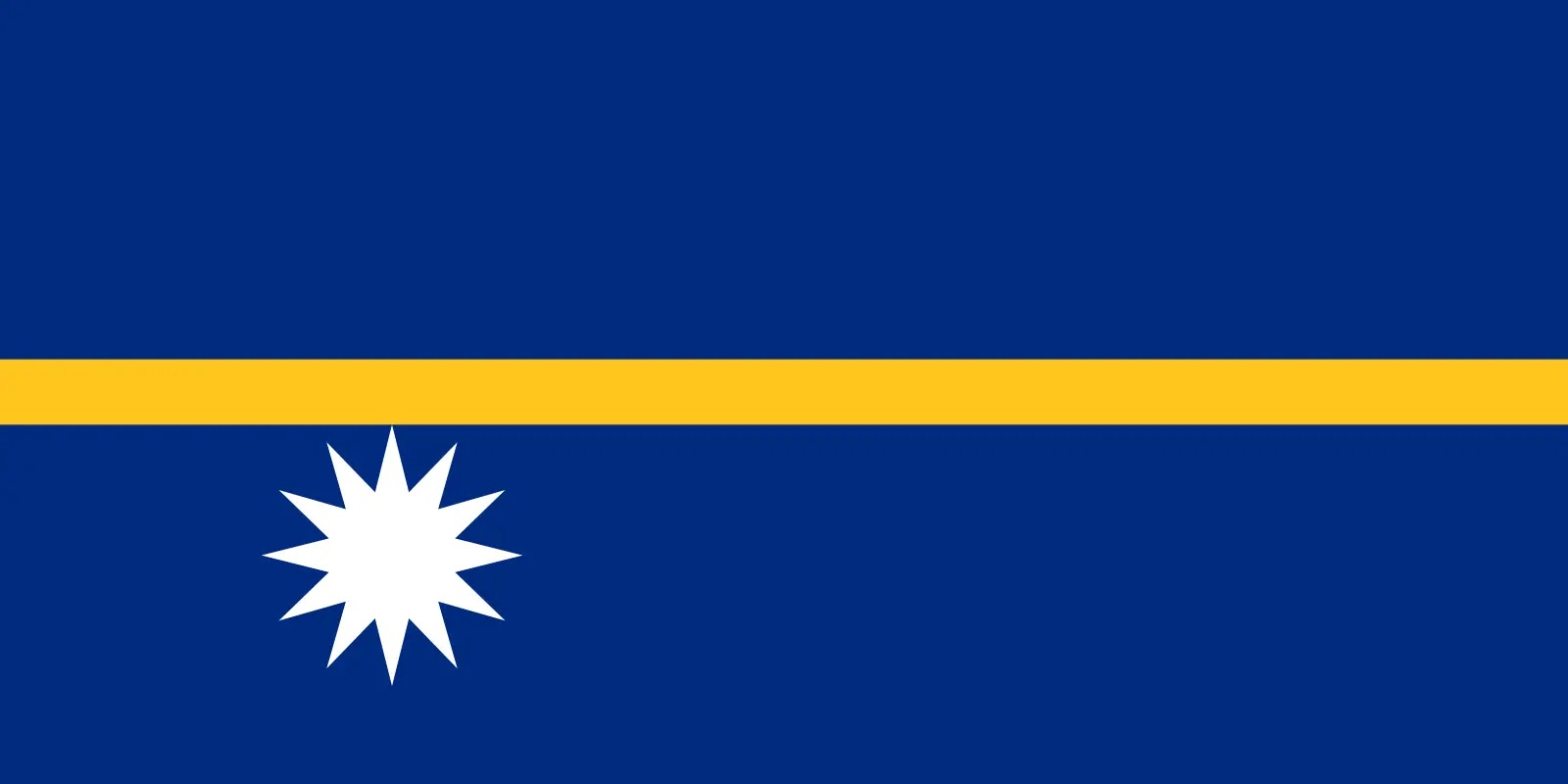 Nauru (+674)
Nauru (+674)
 Nepal (+977)
Nepal (+977)
 Netherlands (+31)
Netherlands (+31)
 New Caledonia (+687)
New Caledonia (+687)
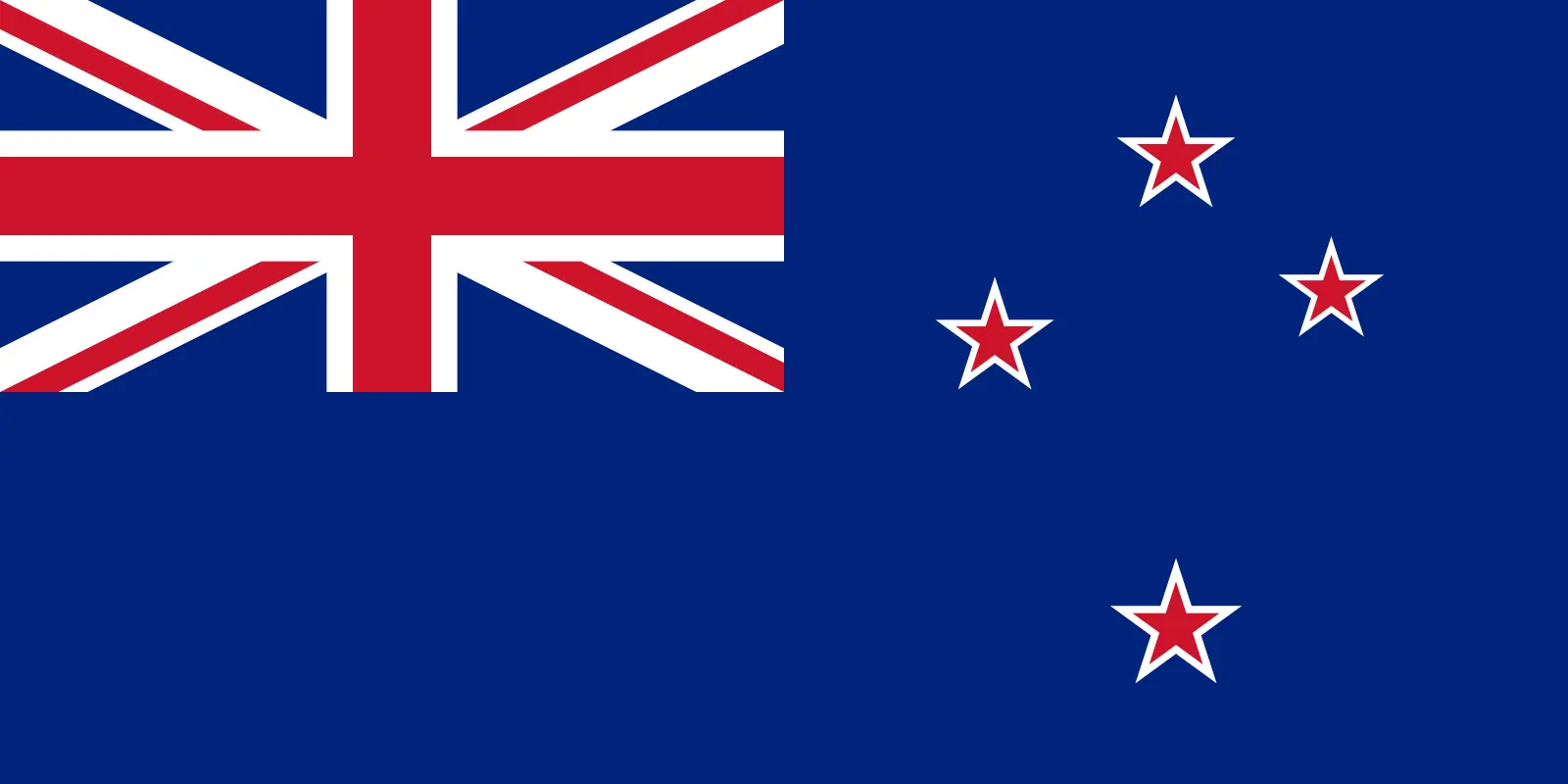 New Zealand (+64)
New Zealand (+64)
 Nicaragua (+505)
Nicaragua (+505)
 Niger (+227)
Niger (+227)
 Nigeria (+234)
Nigeria (+234)
 Niue (+683)
Niue (+683)
 Norfolk Island (+672)
Norfolk Island (+672)
 North Korea (+850)
North Korea (+850)
 Northern Mariana Islands (+1670)
Northern Mariana Islands (+1670)
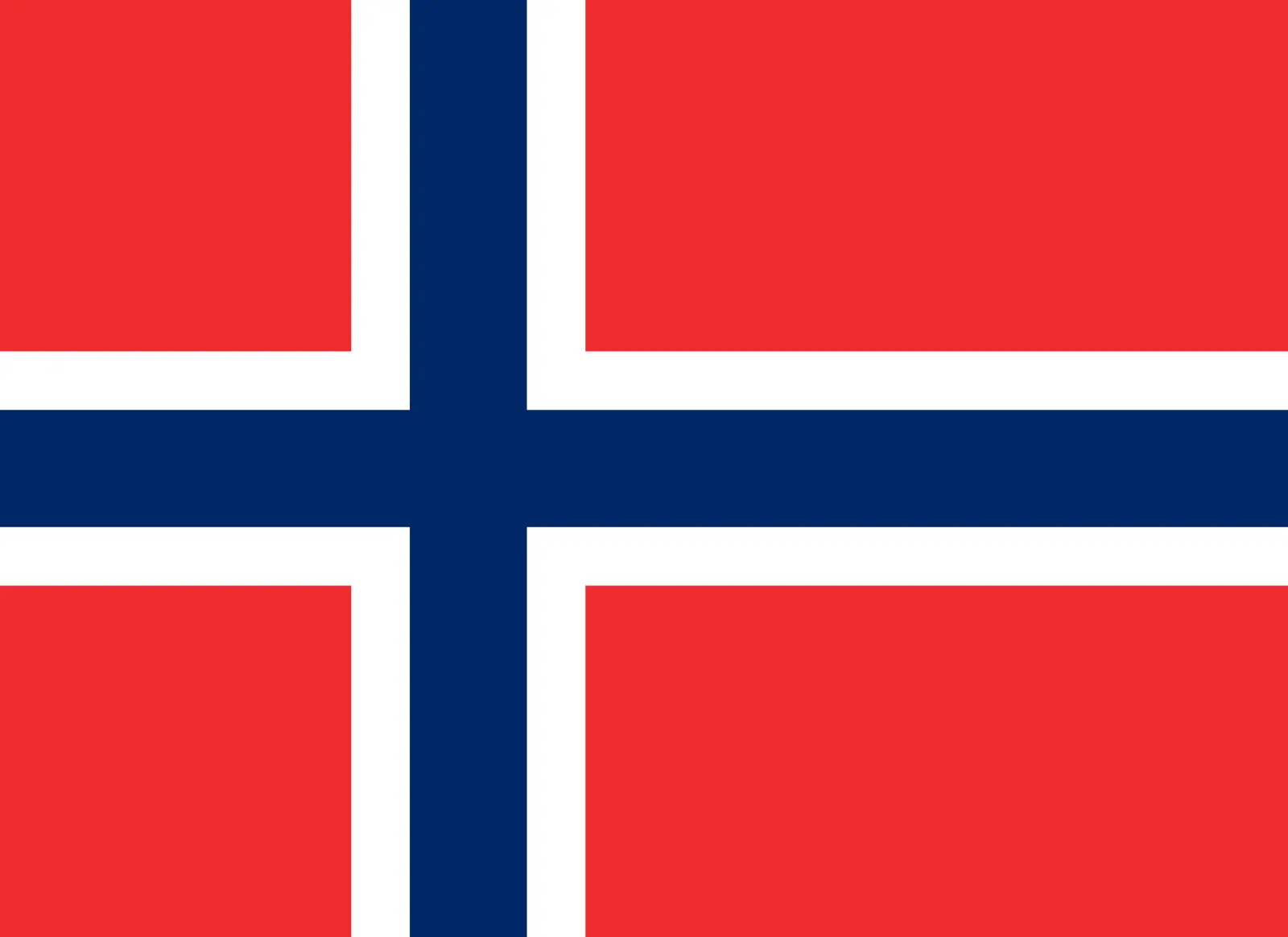 Norway (+47)
Norway (+47)
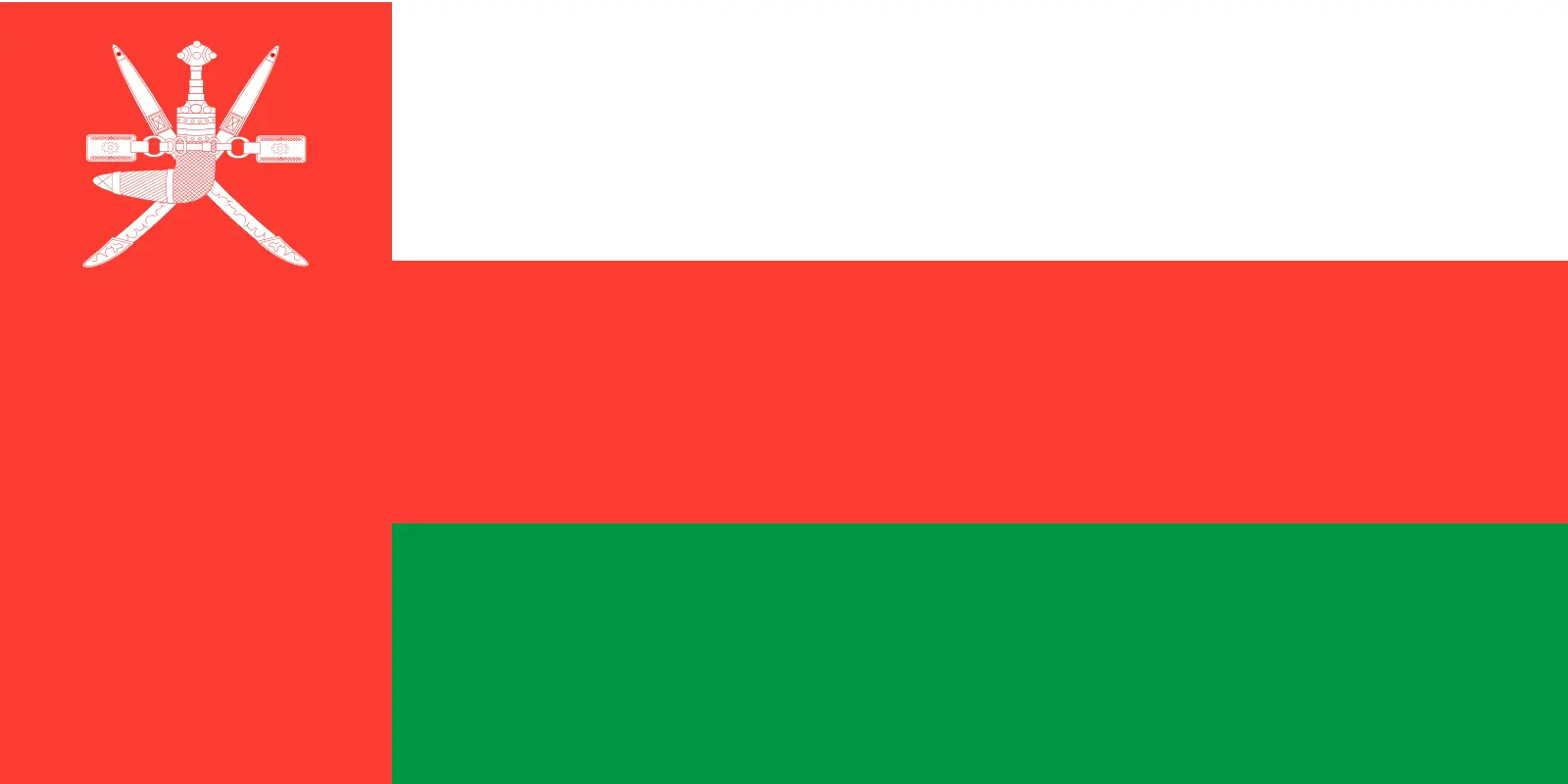 Oman (+968)
Oman (+968)
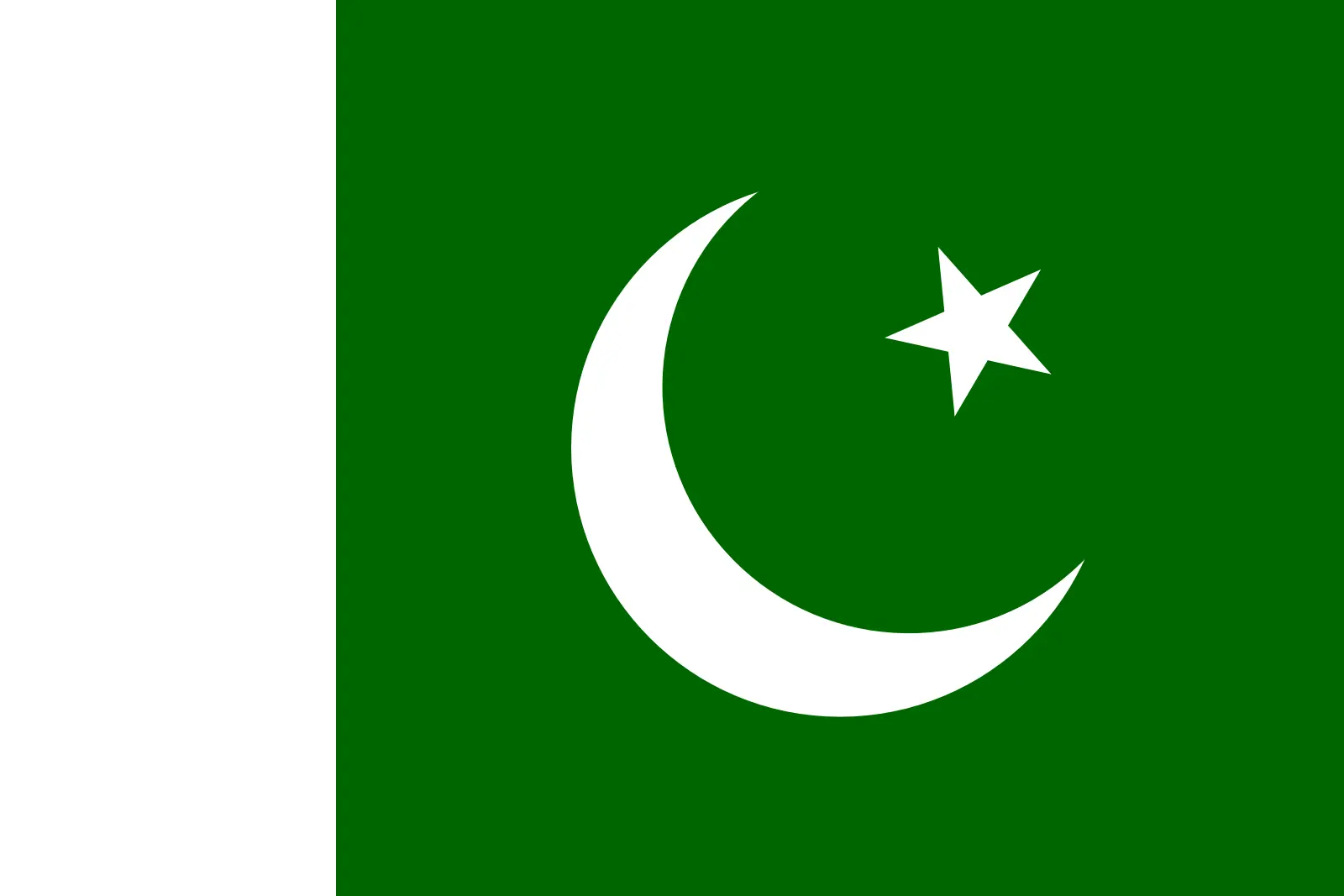 Pakistan (+92)
Pakistan (+92)
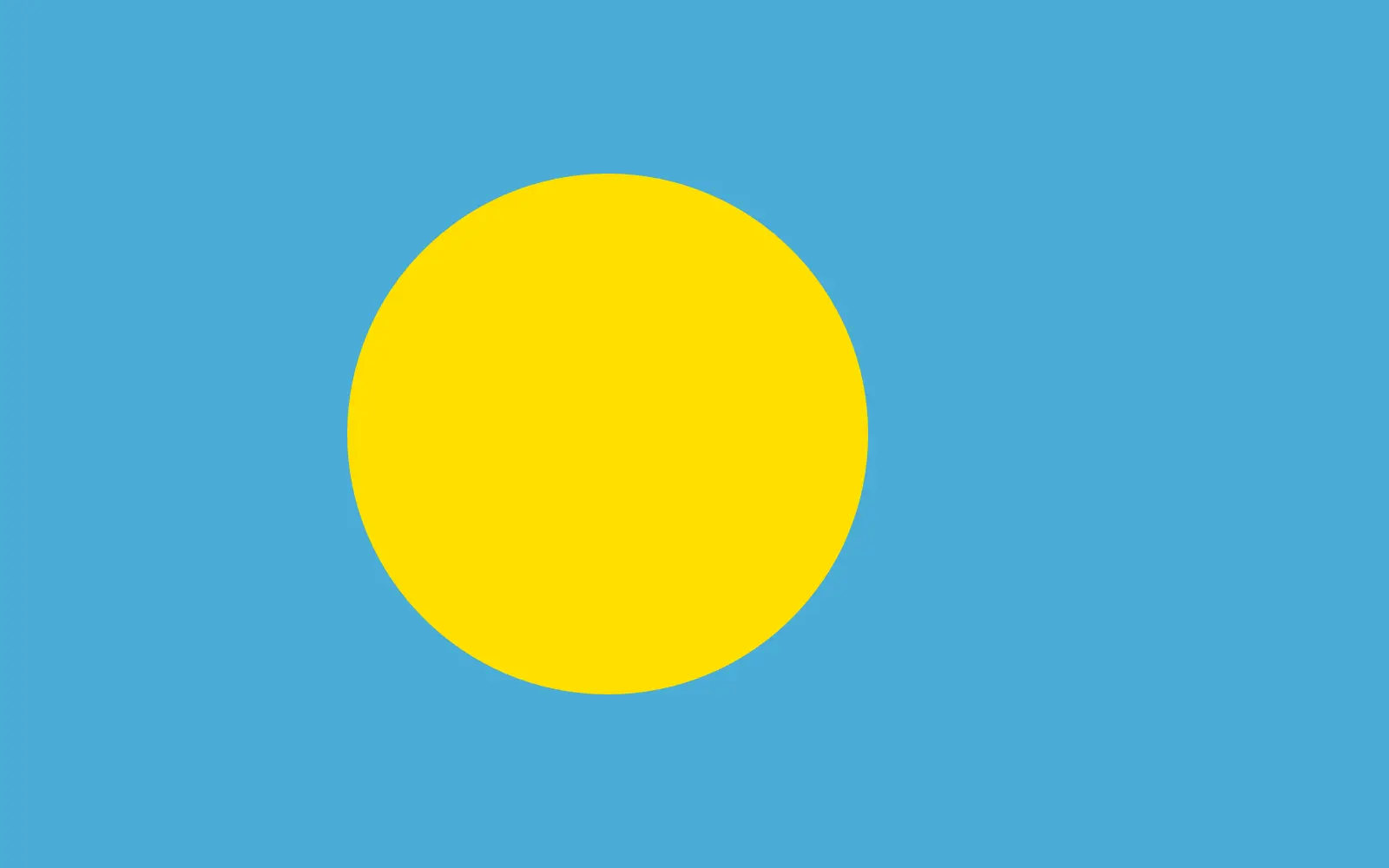 Palau (+680)
Palau (+680)
 Palestine (+970)
Palestine (+970)
 Panama (+507)
Panama (+507)
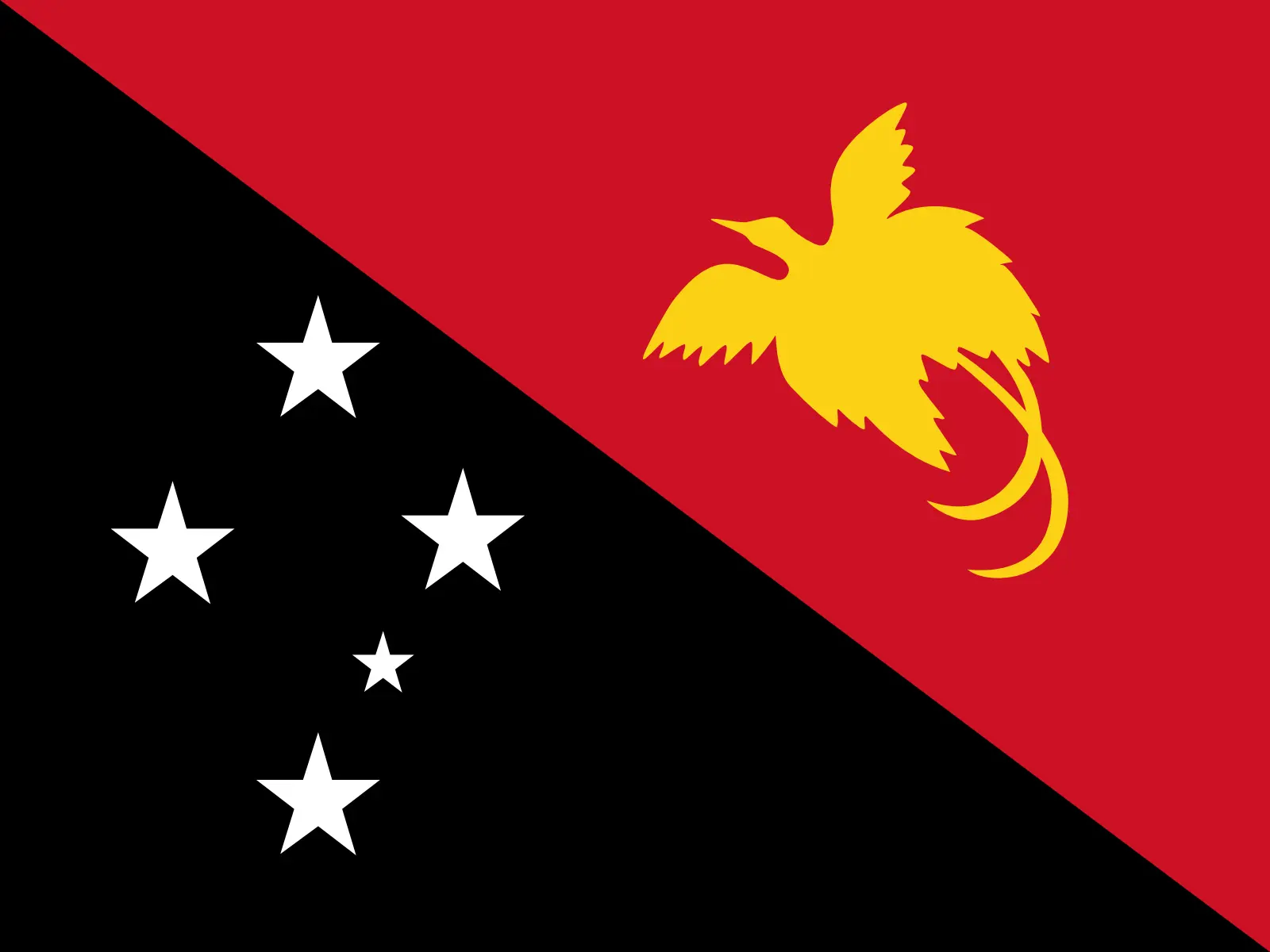 Papua New Guinea (+675)
Papua New Guinea (+675)
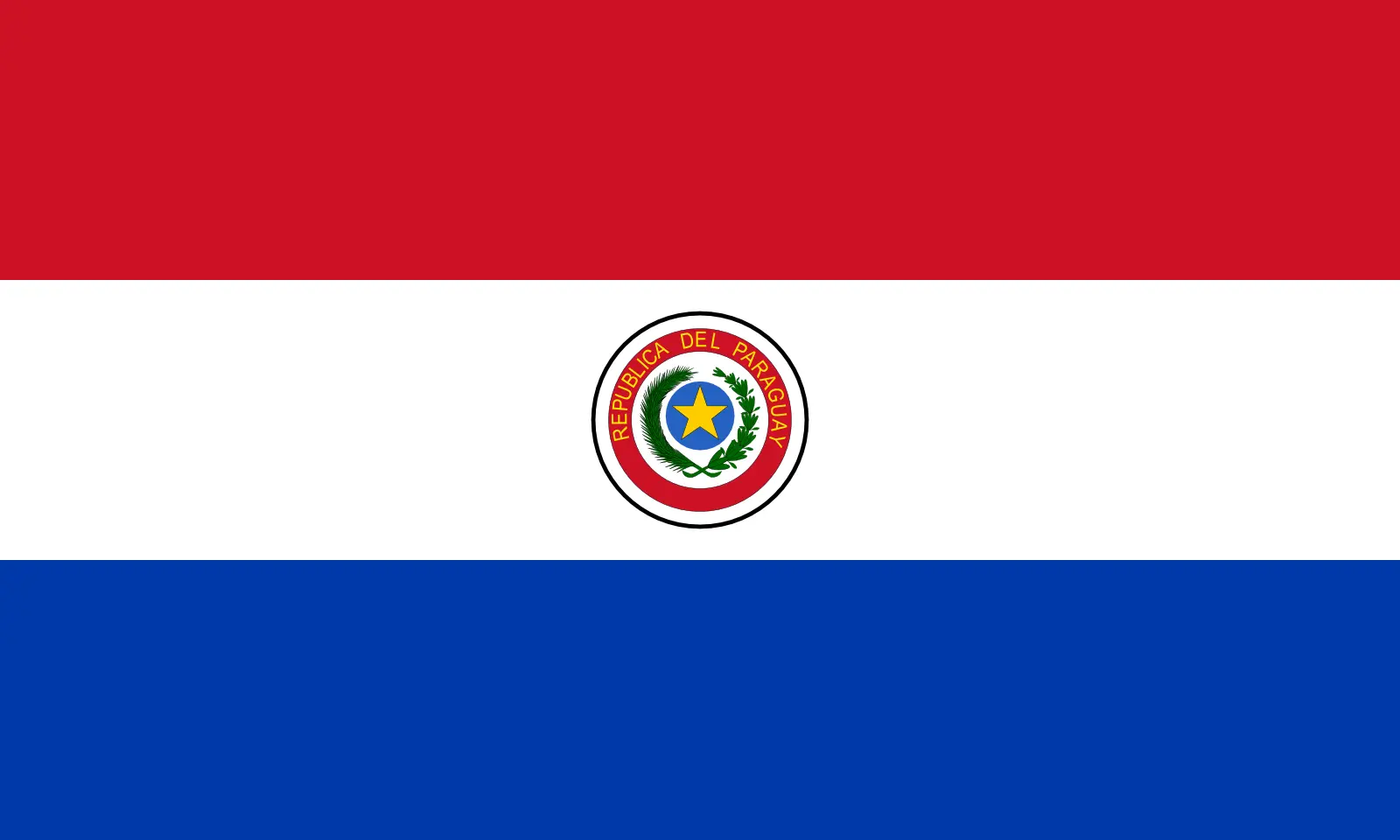 Paraguay (+595)
Paraguay (+595)
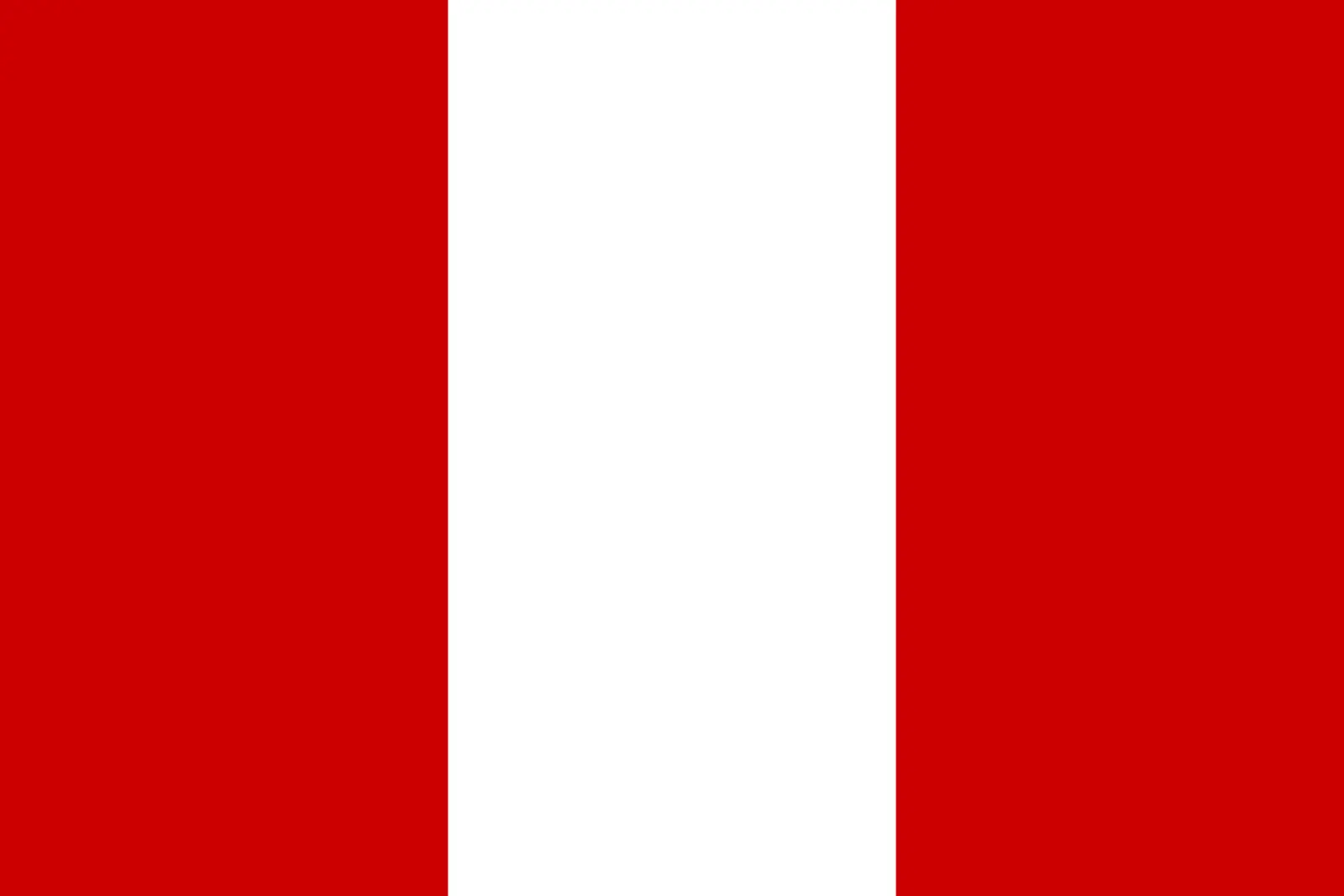 Peru (+51)
Peru (+51)
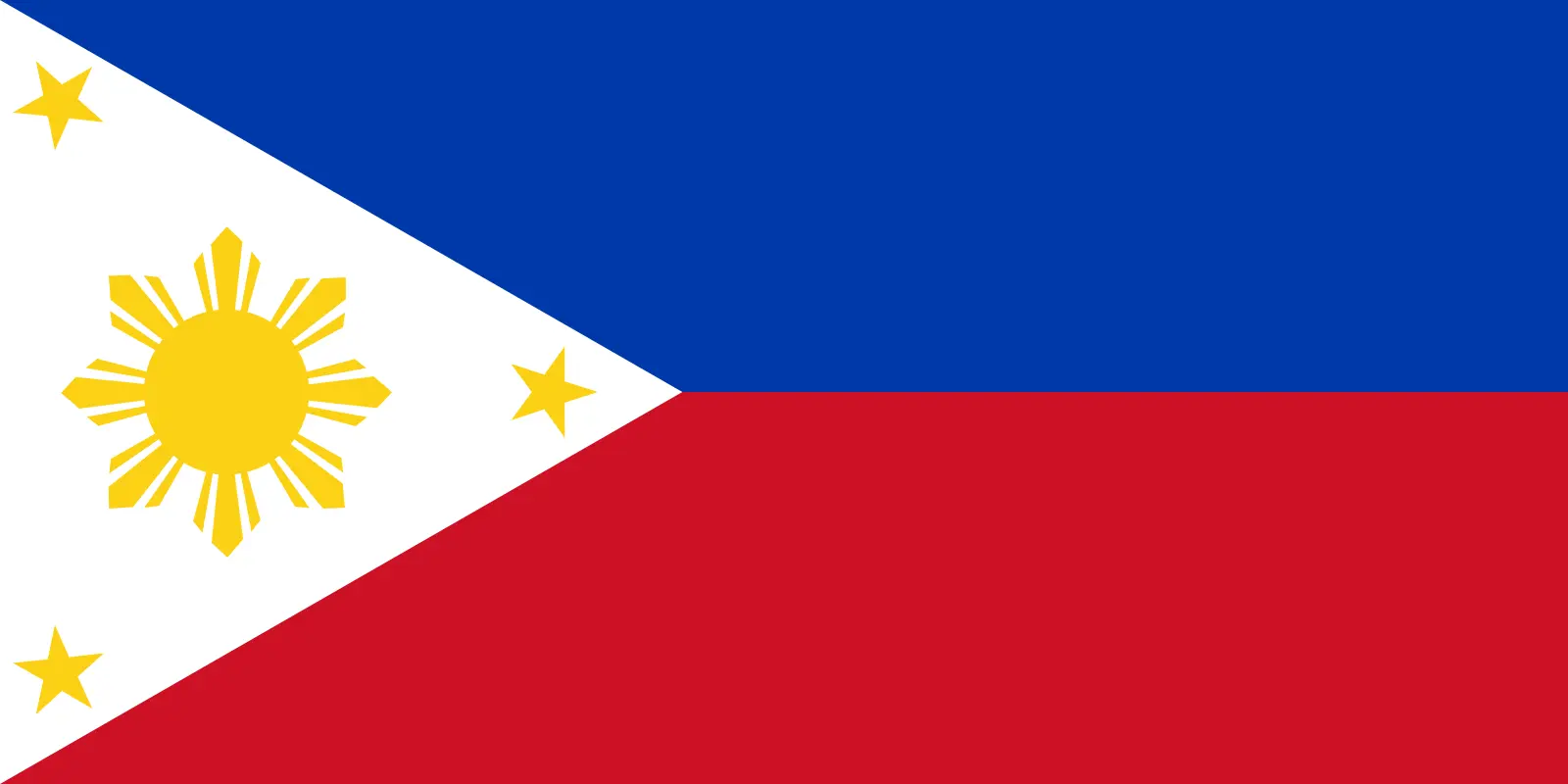 Philippines (+63)
Philippines (+63)
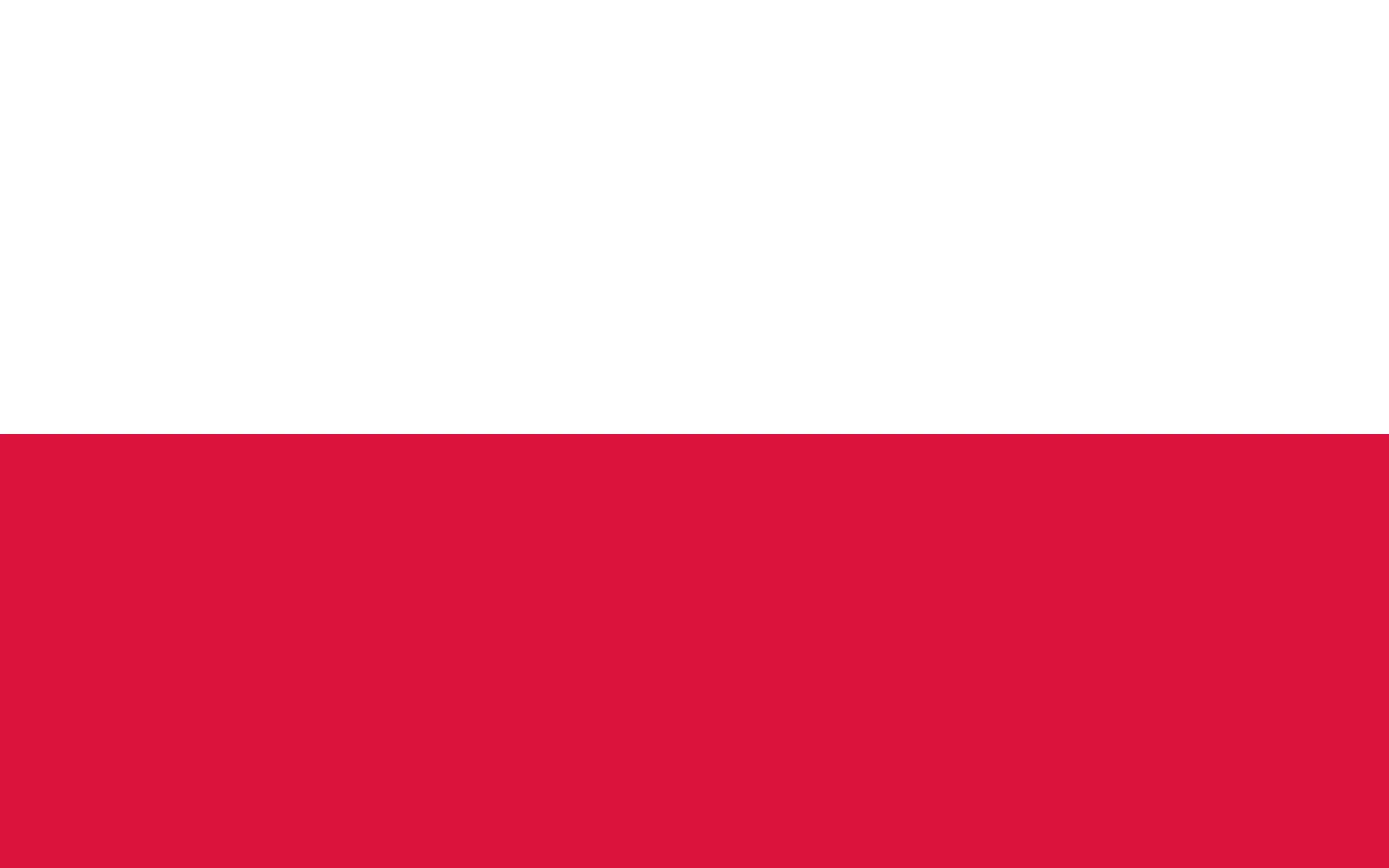 Poland (+48)
Poland (+48)
 Portugal (+351)
Portugal (+351)
 Puerto Rico (+1787)
Puerto Rico (+1787)
 Qatar (+974)
Qatar (+974)
 Romania (+40)
Romania (+40)
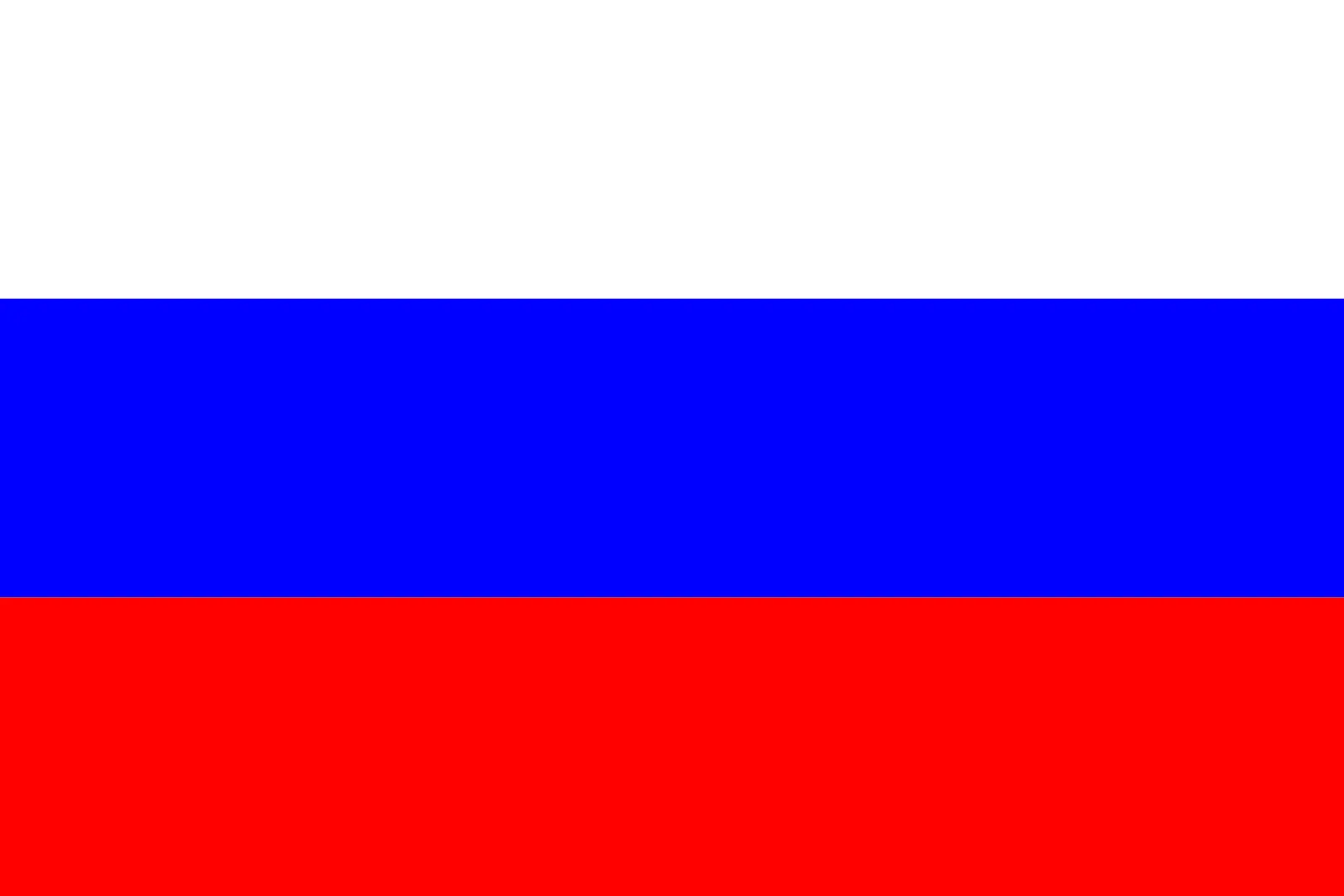 Russia (+7)
Russia (+7)
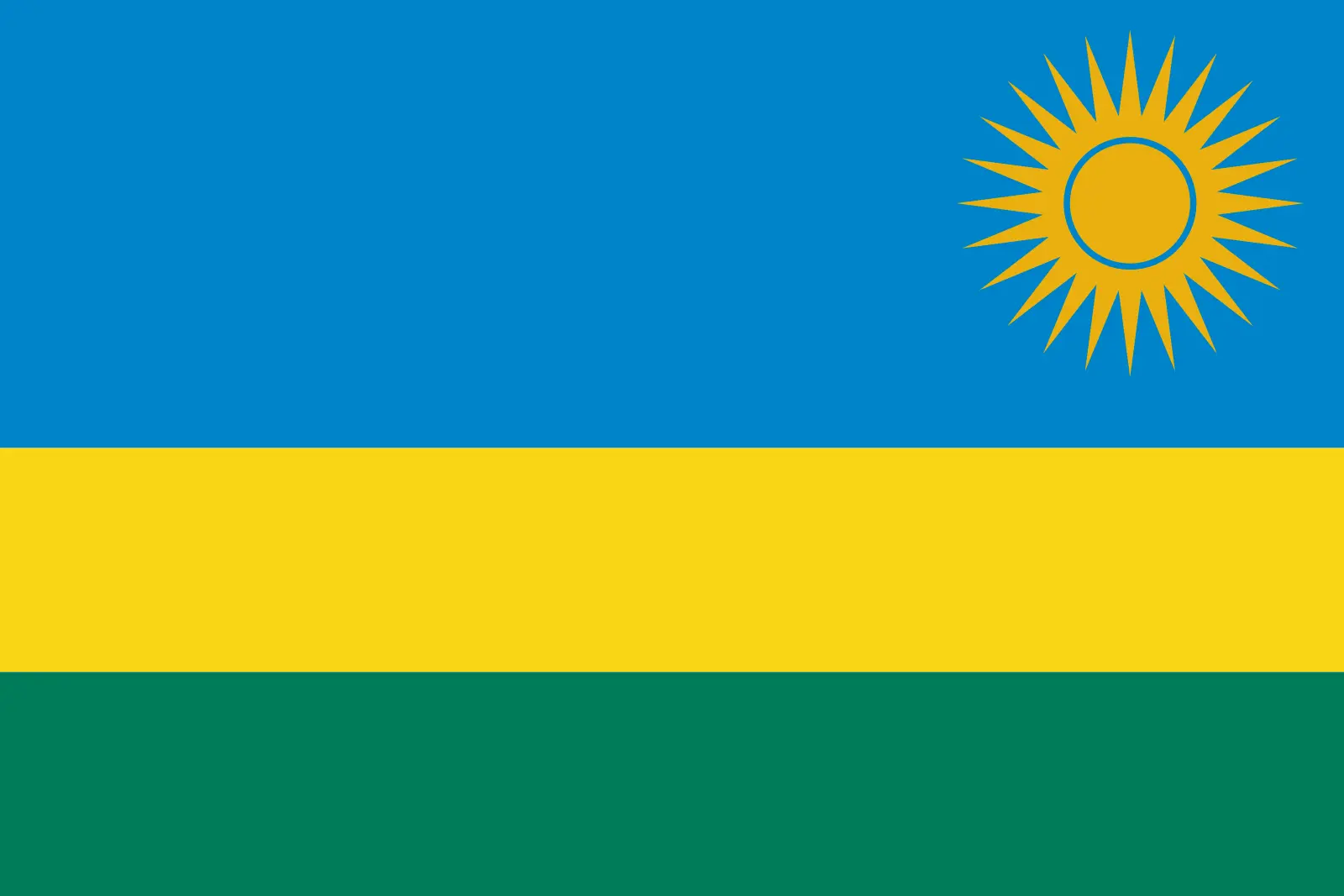 Rwanda (+250)
Rwanda (+250)
 Saint Barthélemy (+590)
Saint Barthélemy (+590)
 Saint Helena, Ascension and Tristan da Cunha (+290)
Saint Helena, Ascension and Tristan da Cunha (+290)
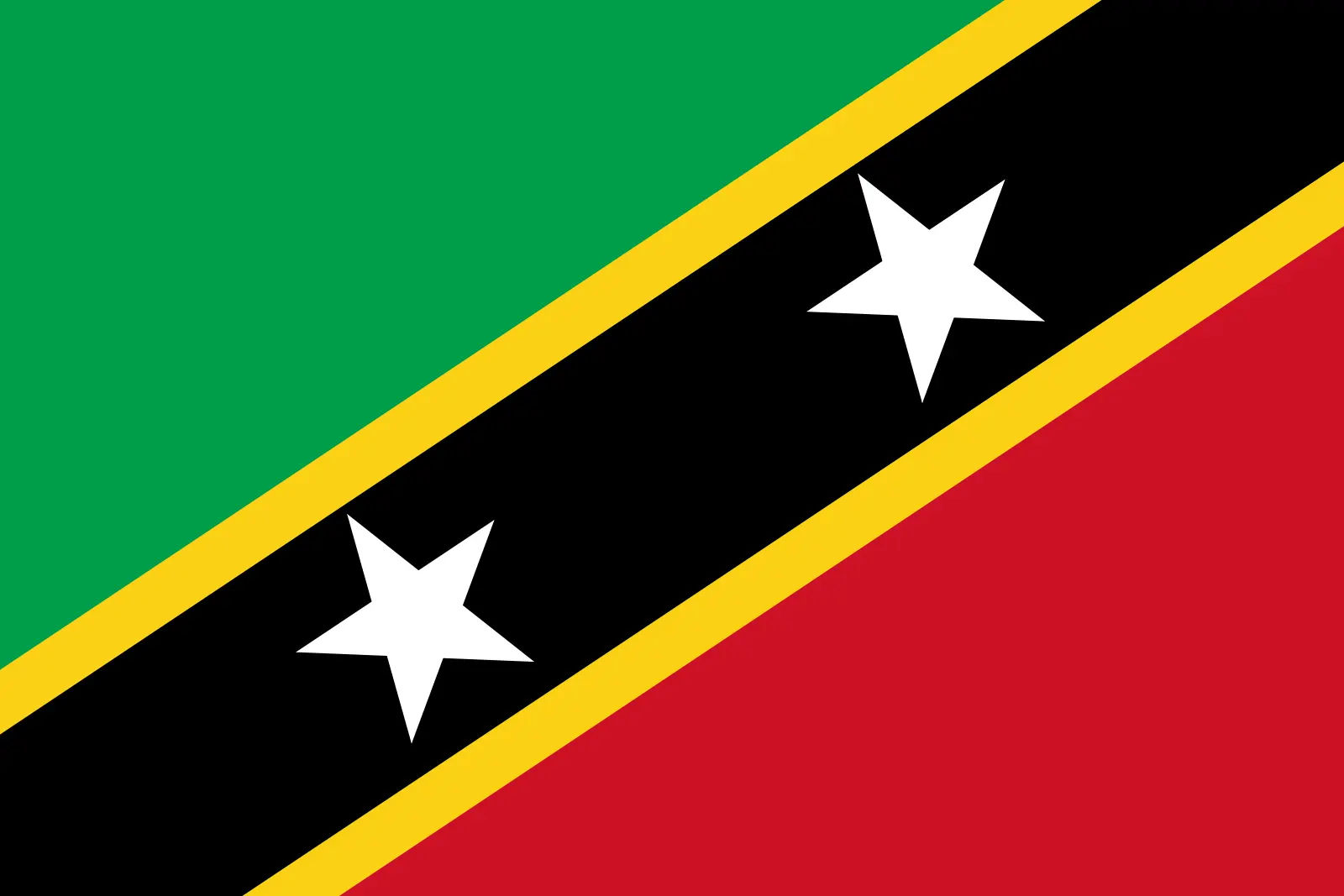 Saint Kitts and Nevis (+1869)
Saint Kitts and Nevis (+1869)
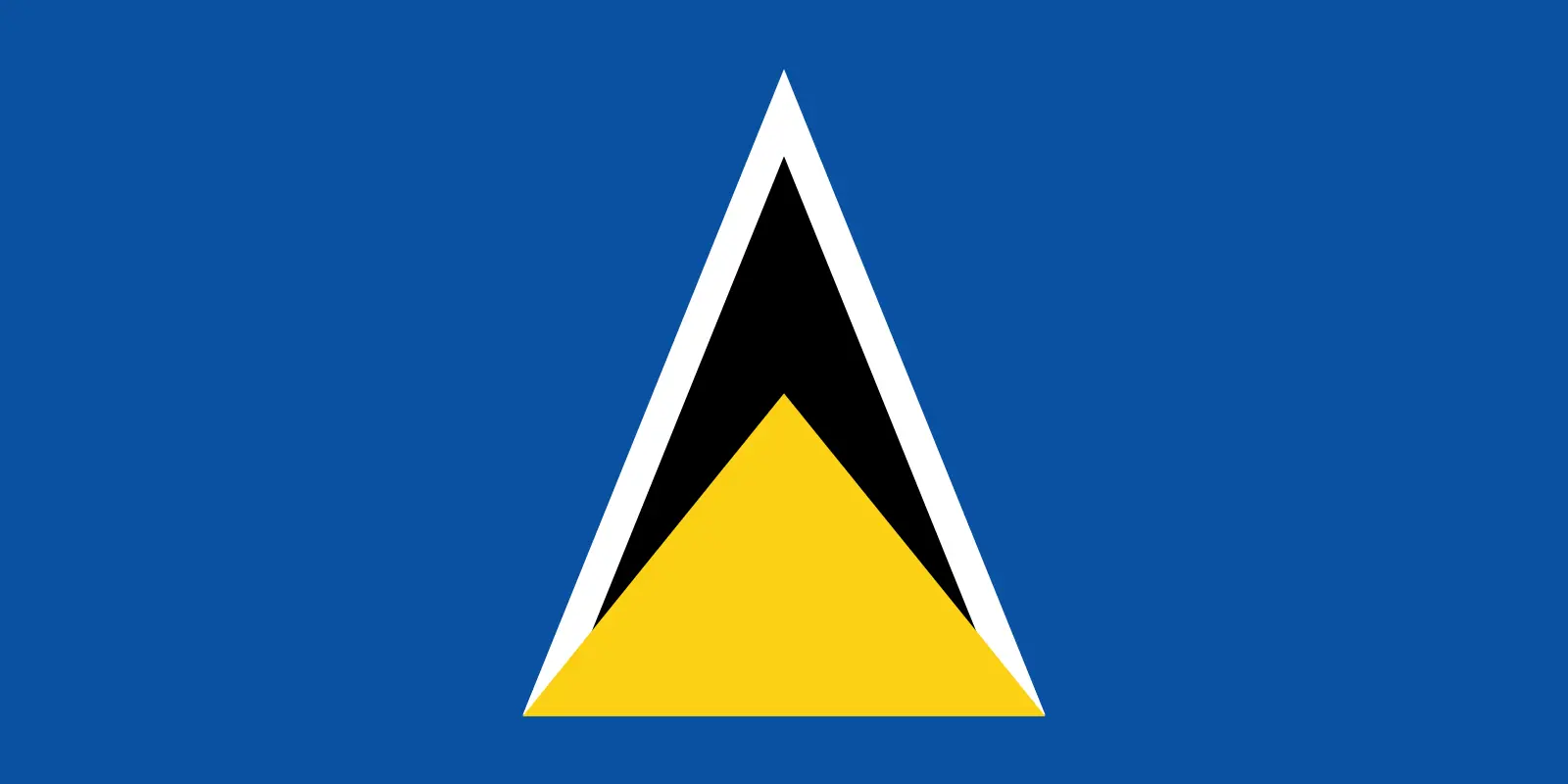 Saint Lucia (+1758)
Saint Lucia (+1758)
 Saint Martin (French part) (+590)
Saint Martin (French part) (+590)
 Saint Pierre and Miquelon (+508)
Saint Pierre and Miquelon (+508)
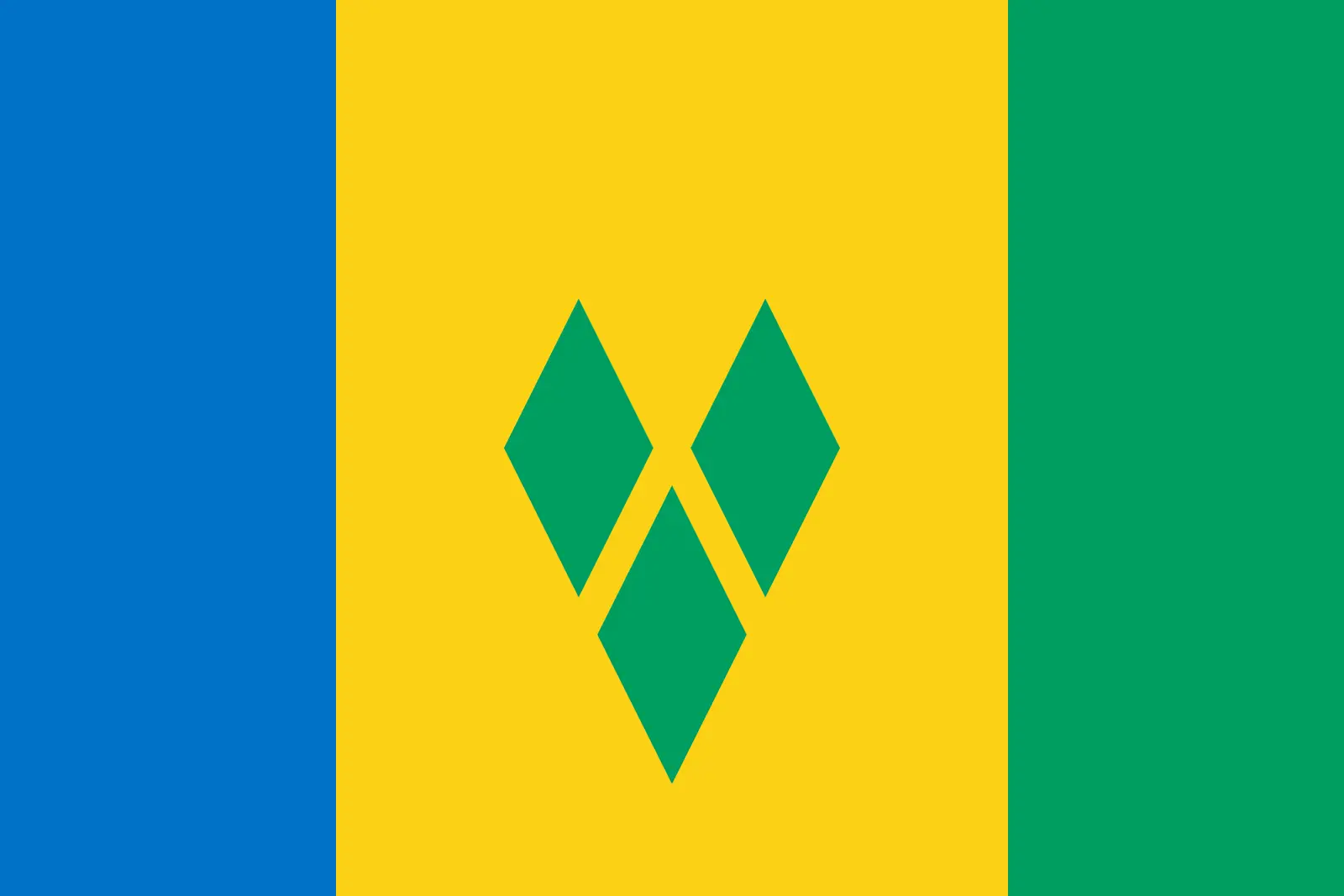 Saint Vincent and the Grenadines (+1784)
Saint Vincent and the Grenadines (+1784)
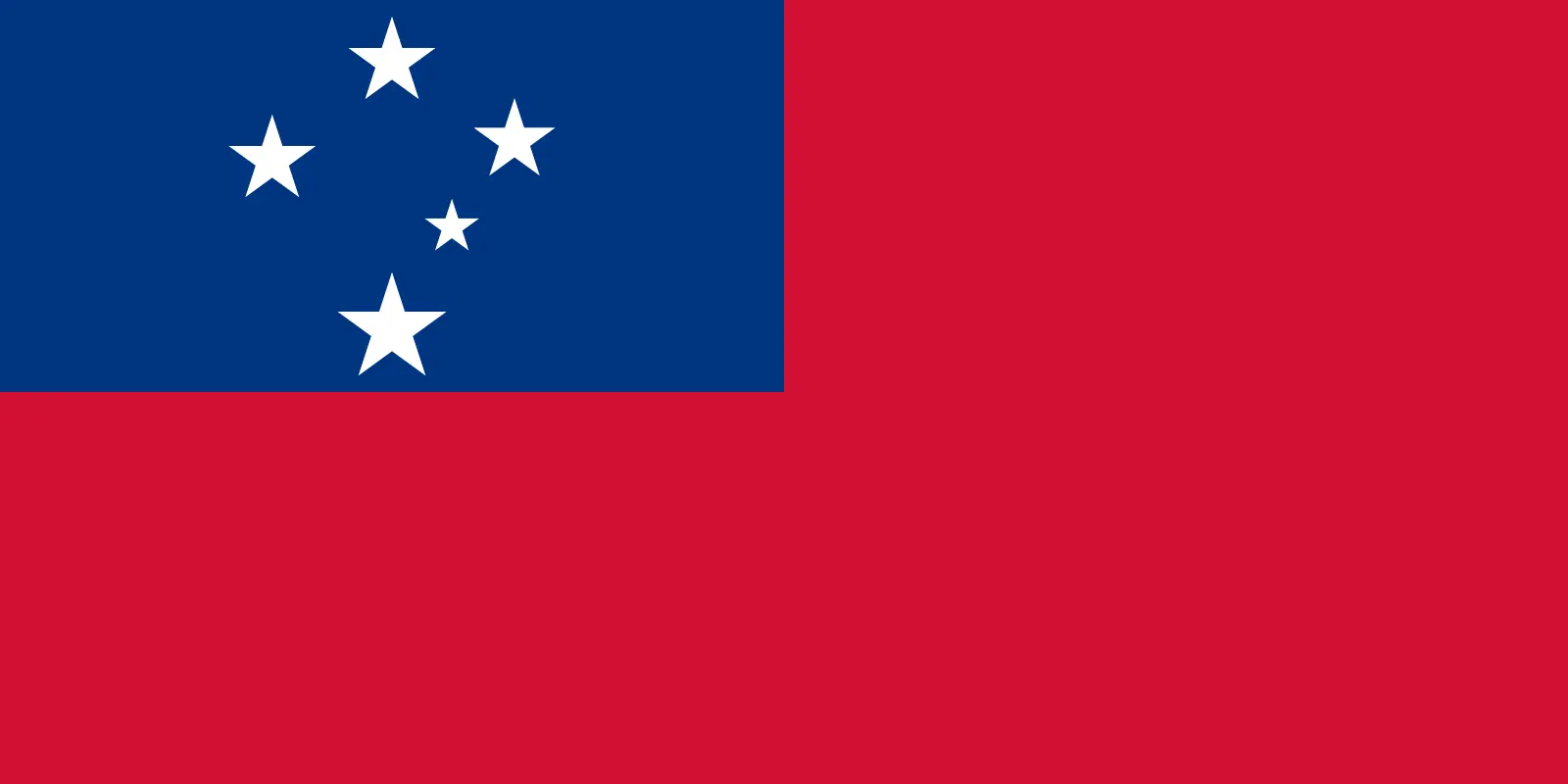 Samoa (+685)
Samoa (+685)
 San Marino (+378)
San Marino (+378)
 Sao Tome and Principe (+239)
Sao Tome and Principe (+239)
 Saudi Arabia (+966)
Saudi Arabia (+966)
 Senegal (+221)
Senegal (+221)
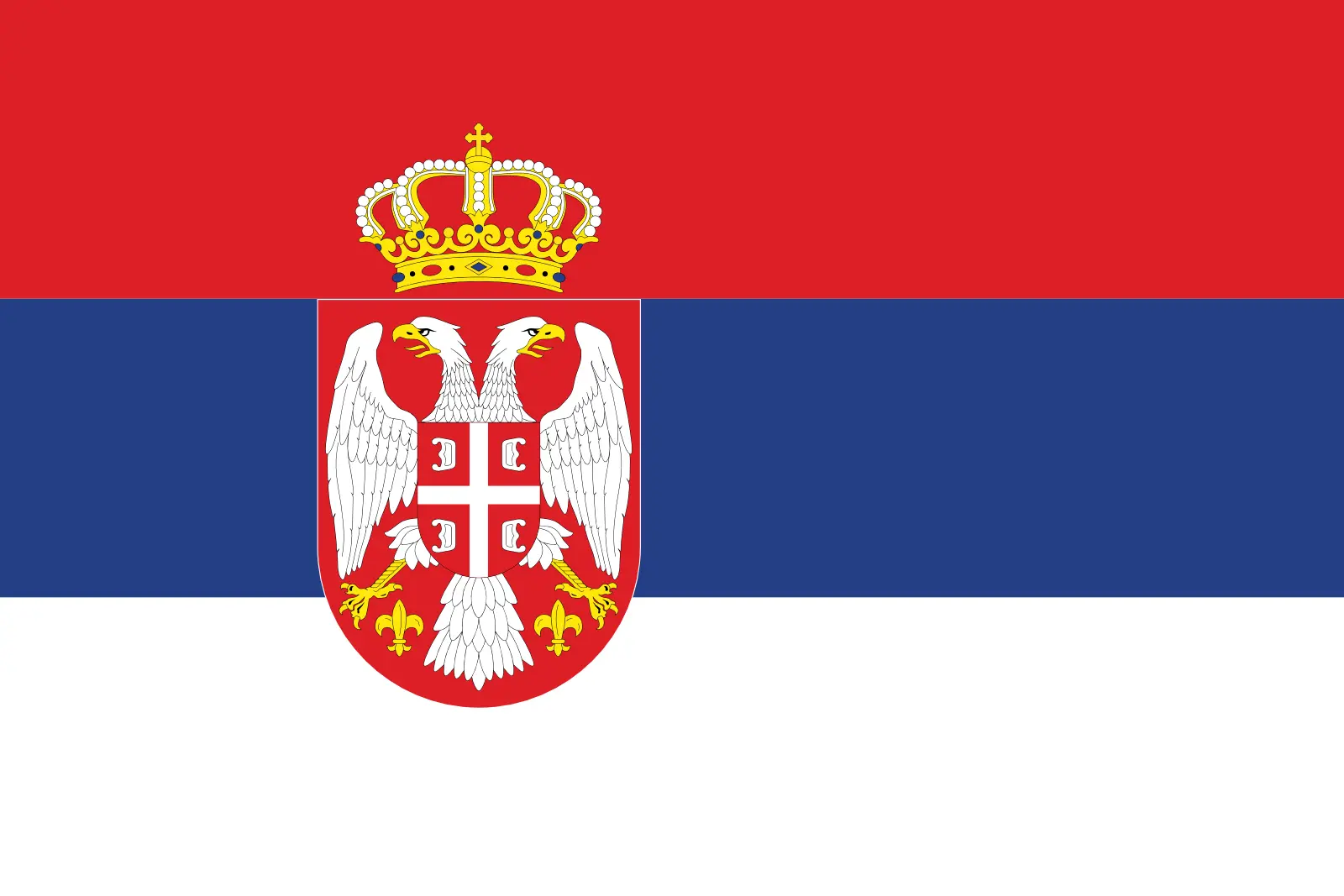 Serbia (+381)
Serbia (+381)
 Seychelles (+248)
Seychelles (+248)
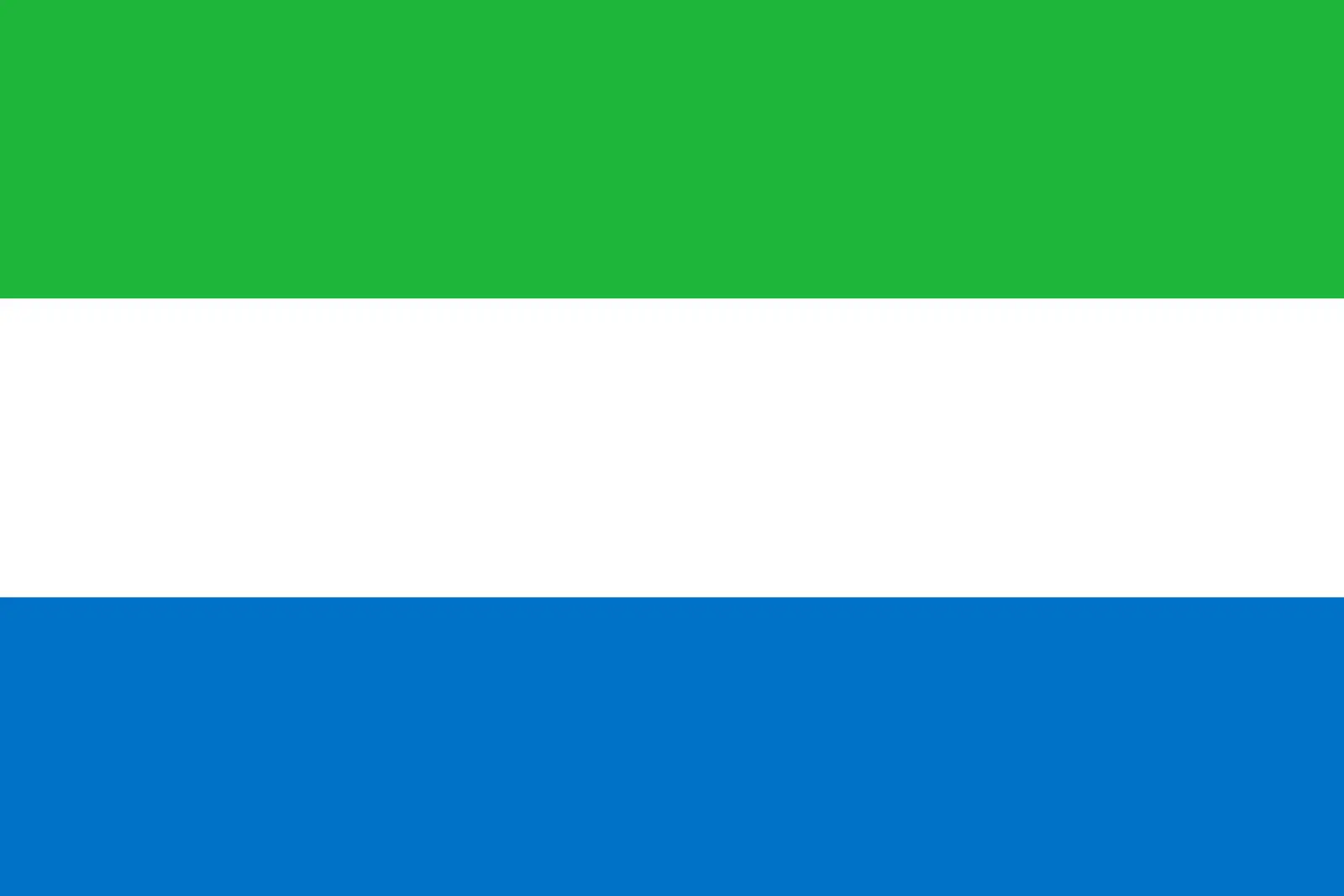 Sierra Leone (+232)
Sierra Leone (+232)
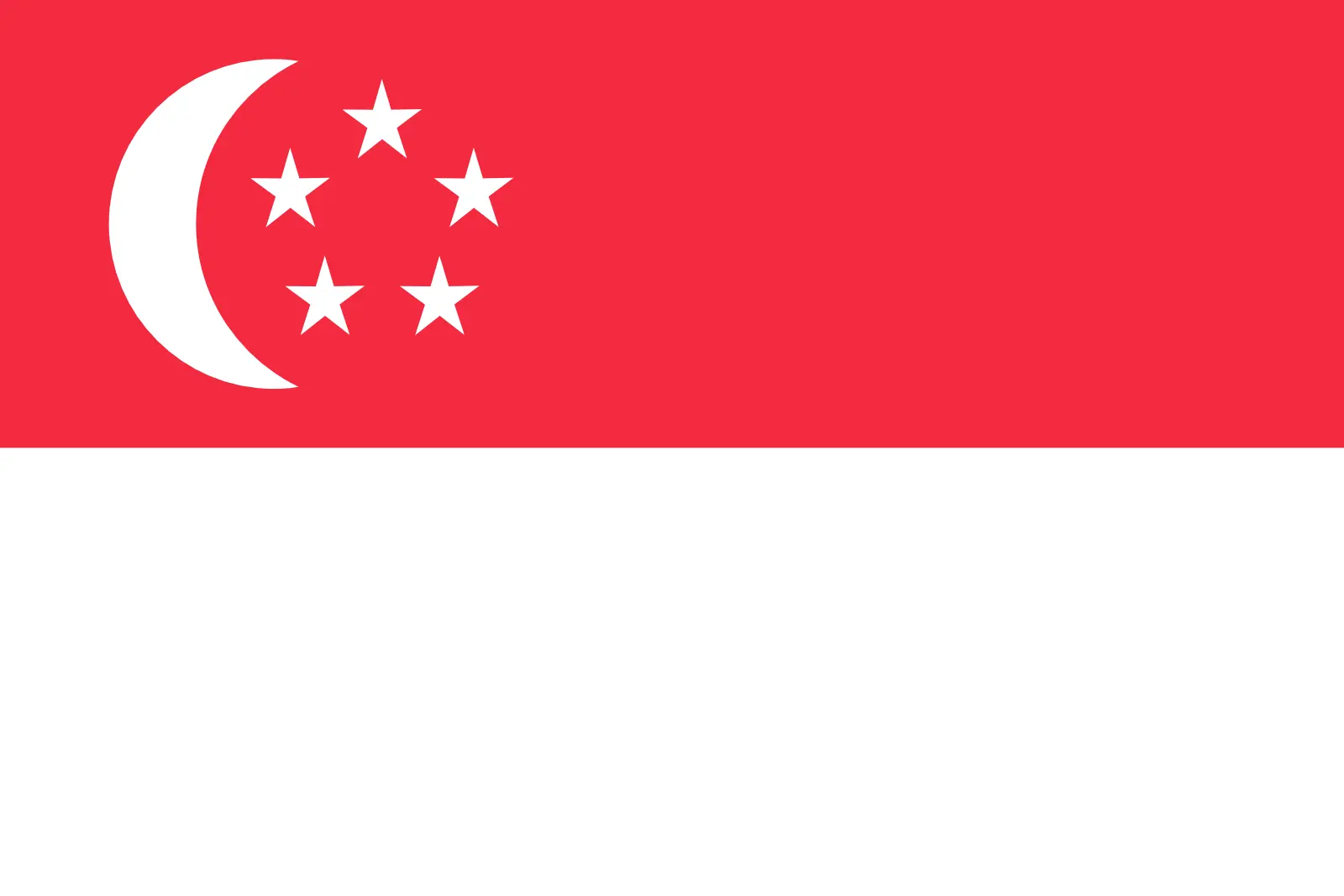 Singapore (+65)
Singapore (+65)
 Sint Maarten (Dutch part) (+1721)
Sint Maarten (Dutch part) (+1721)
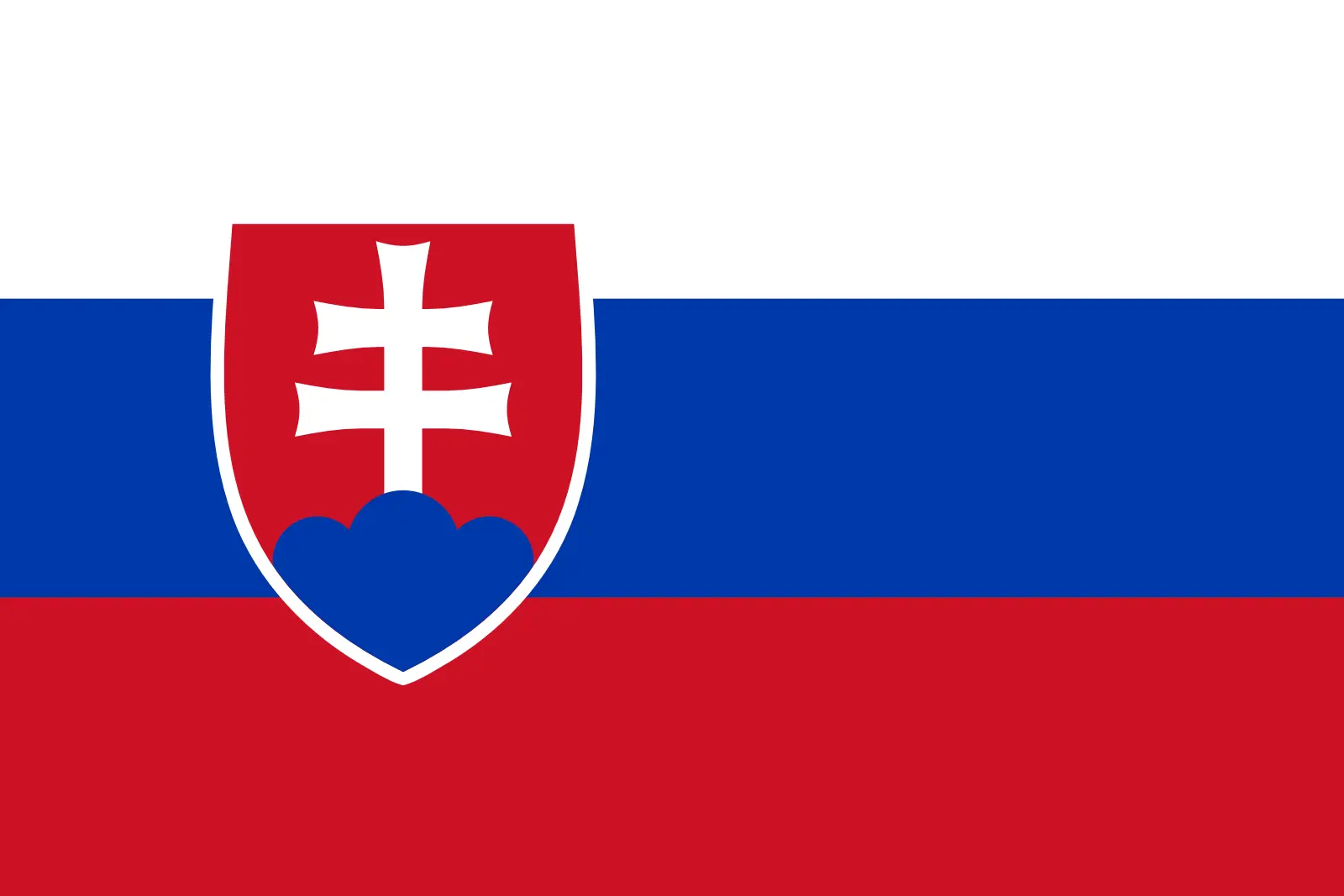 Slovakia (+421)
Slovakia (+421)
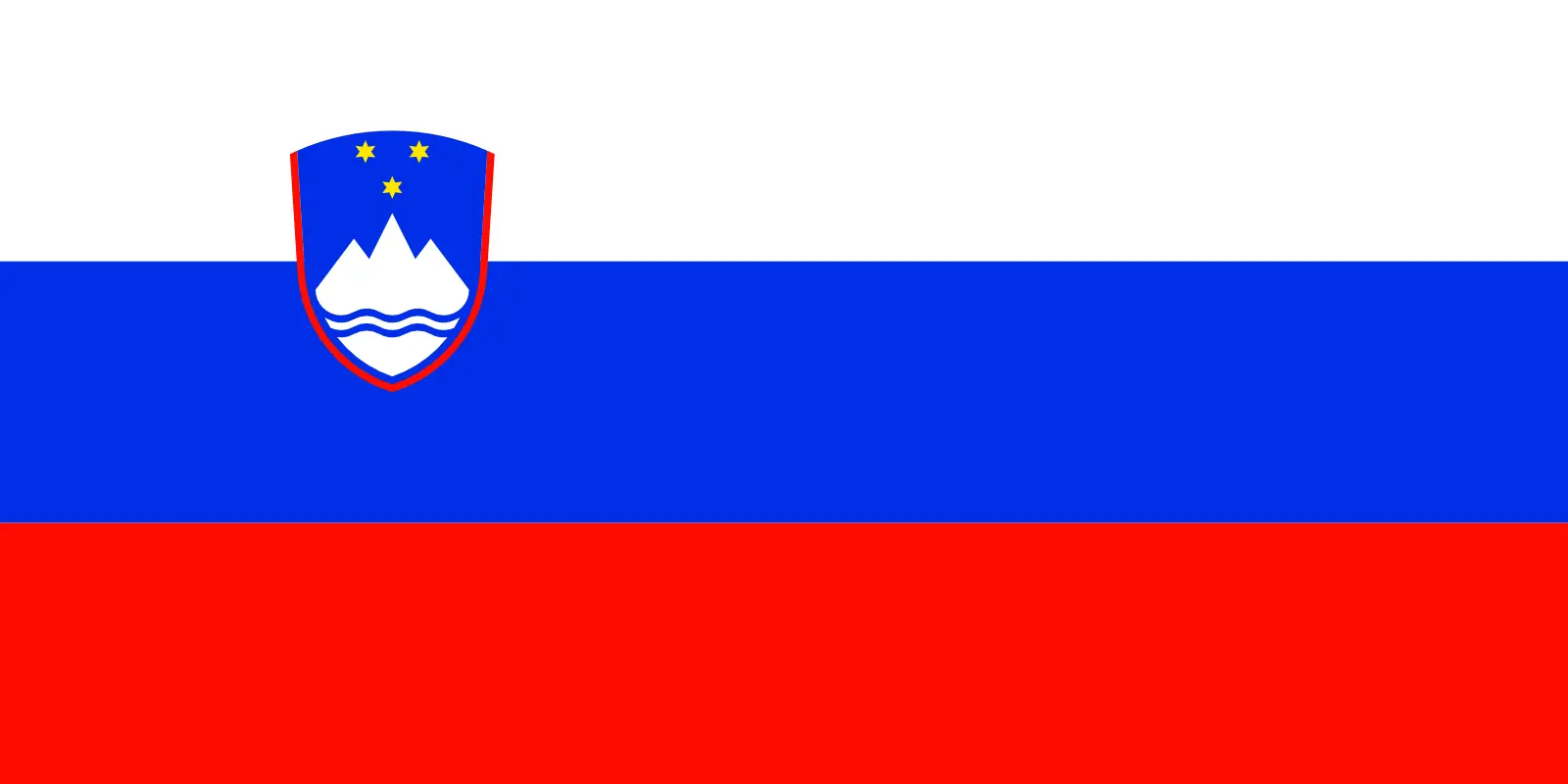 Slovenia (+386)
Slovenia (+386)
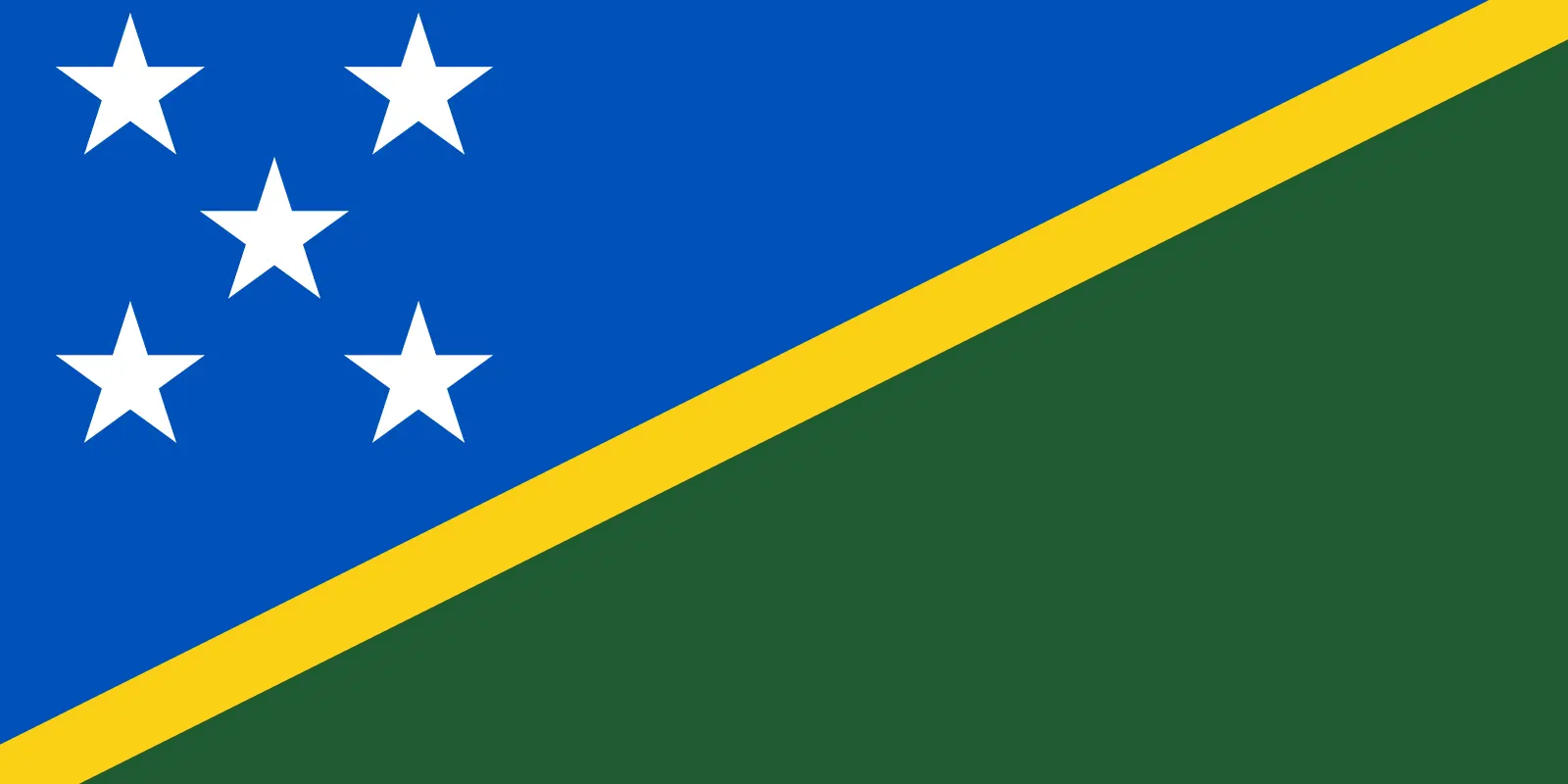 Solomon Islands (+677)
Solomon Islands (+677)
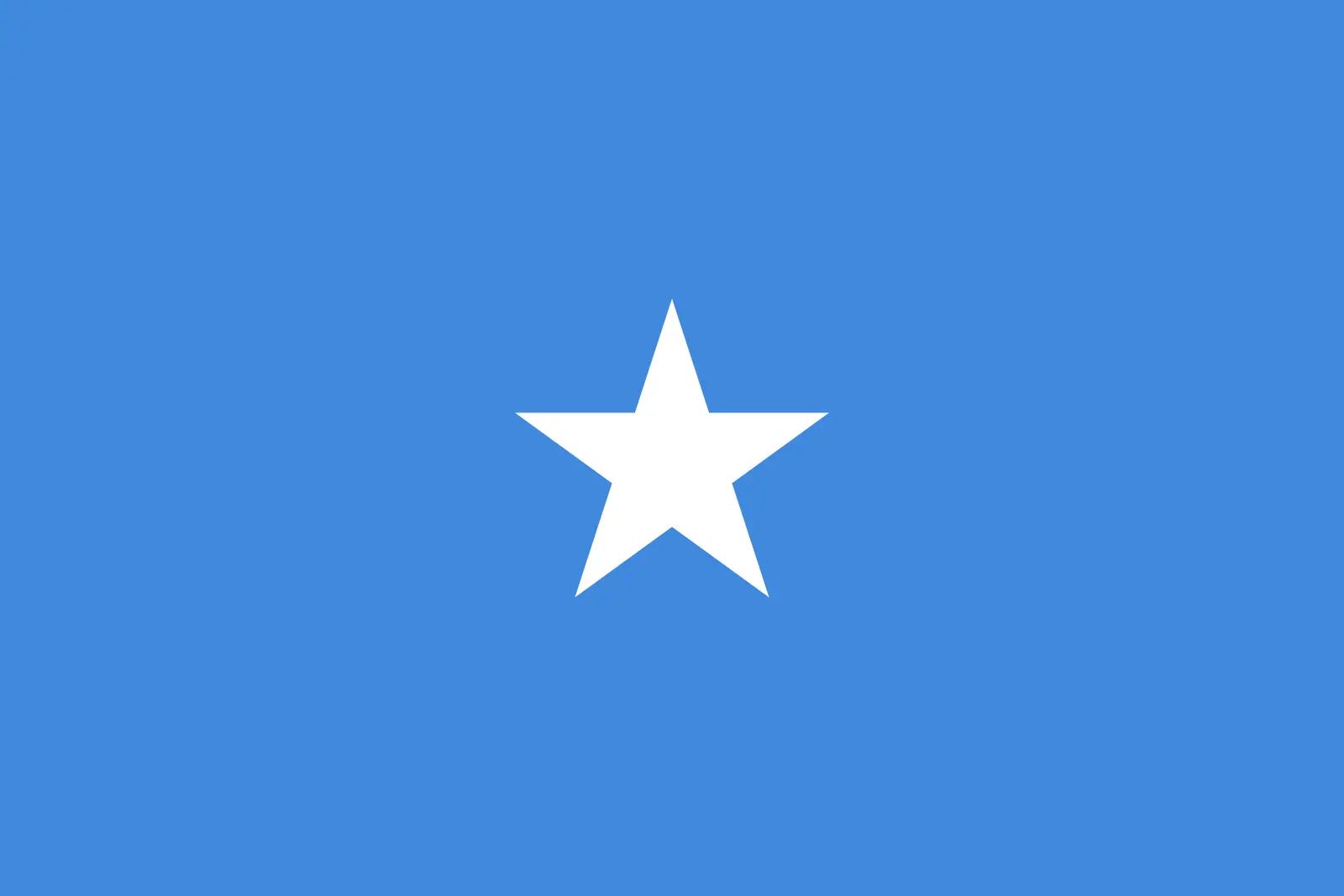 Somalia (+252)
Somalia (+252)
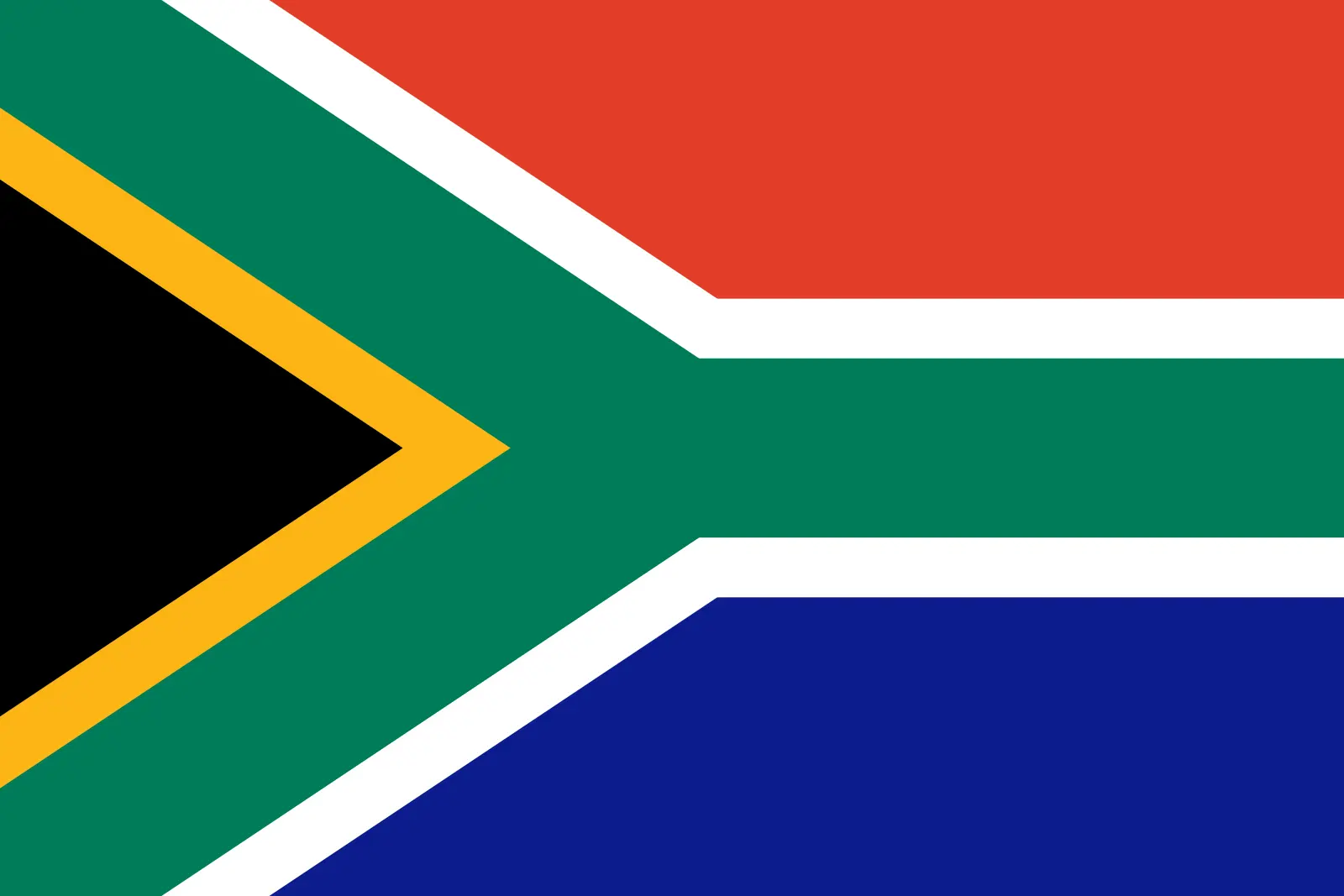 South Africa (+27)
South Africa (+27)
 South Georgia and the South Sandwich Islands (+0)
South Georgia and the South Sandwich Islands (+0)
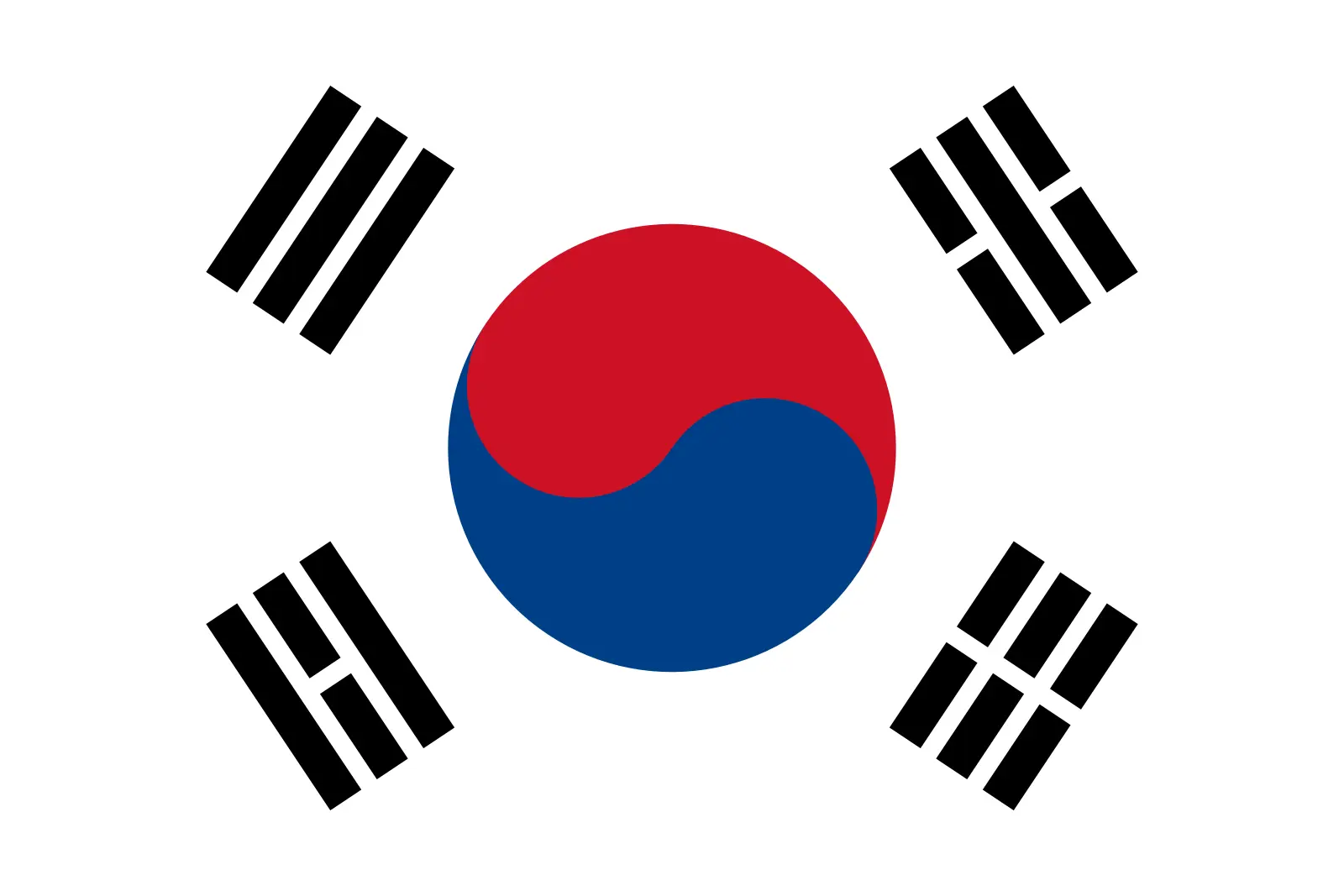 South Korea (+82)
South Korea (+82)
 South Sudan (+211)
South Sudan (+211)
 Spain (+34)
Spain (+34)
 Sri Lanka (+94)
Sri Lanka (+94)
 Sudan (+249)
Sudan (+249)
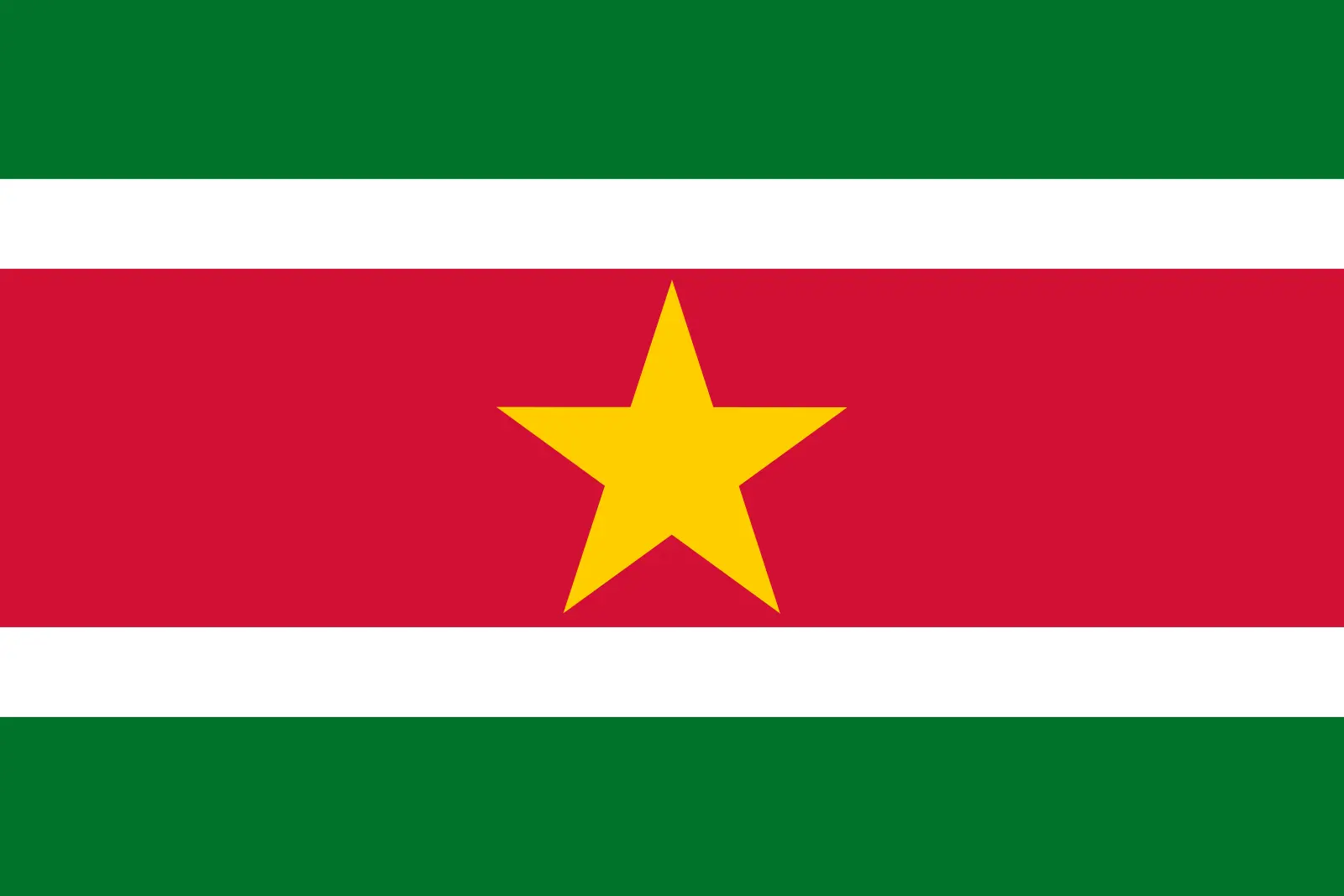 Suriname (+597)
Suriname (+597)
 Svalbard and Jan Mayen (+47)
Svalbard and Jan Mayen (+47)
 Eswatini (+268)
Eswatini (+268)
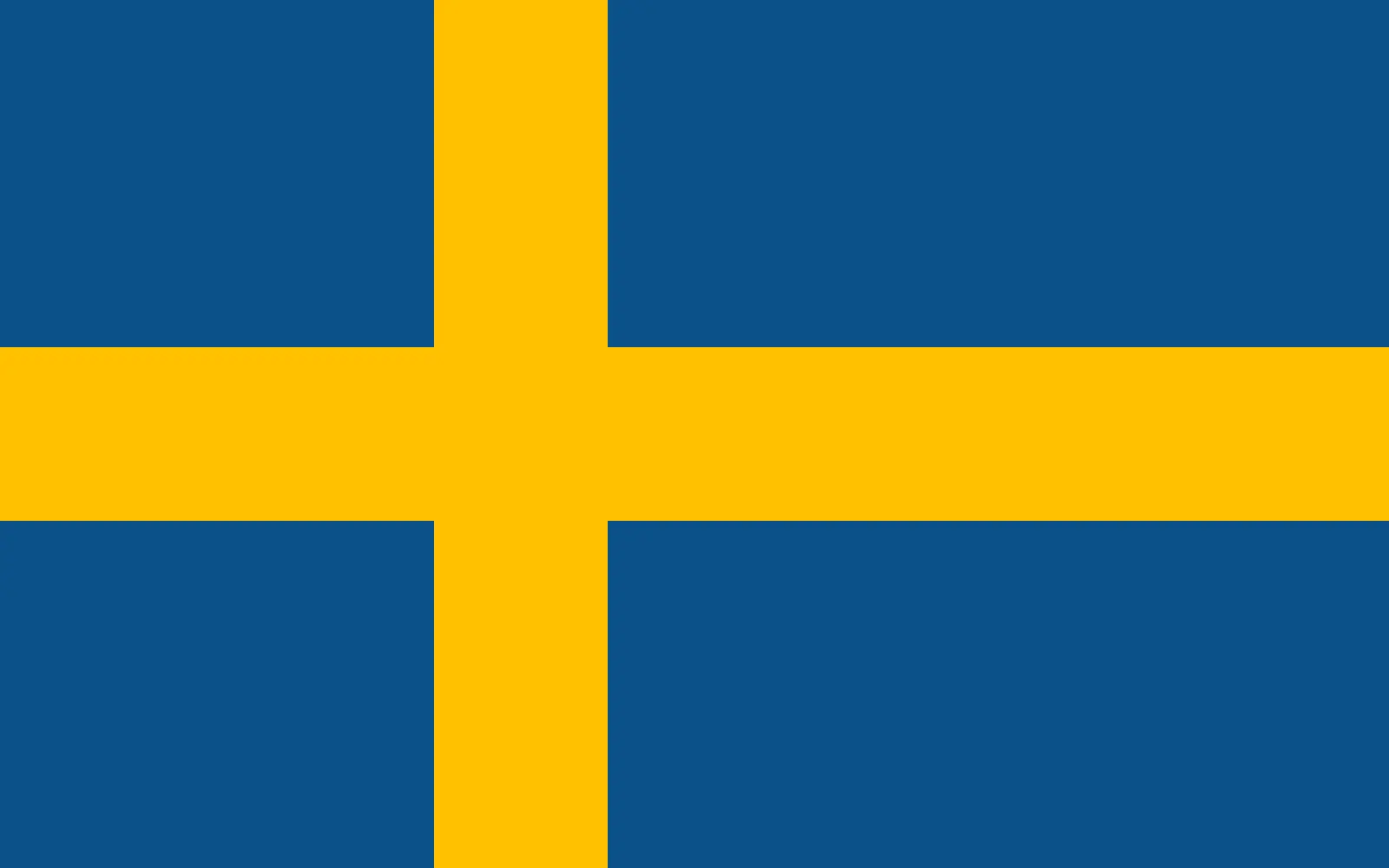 Sweden (+46)
Sweden (+46)
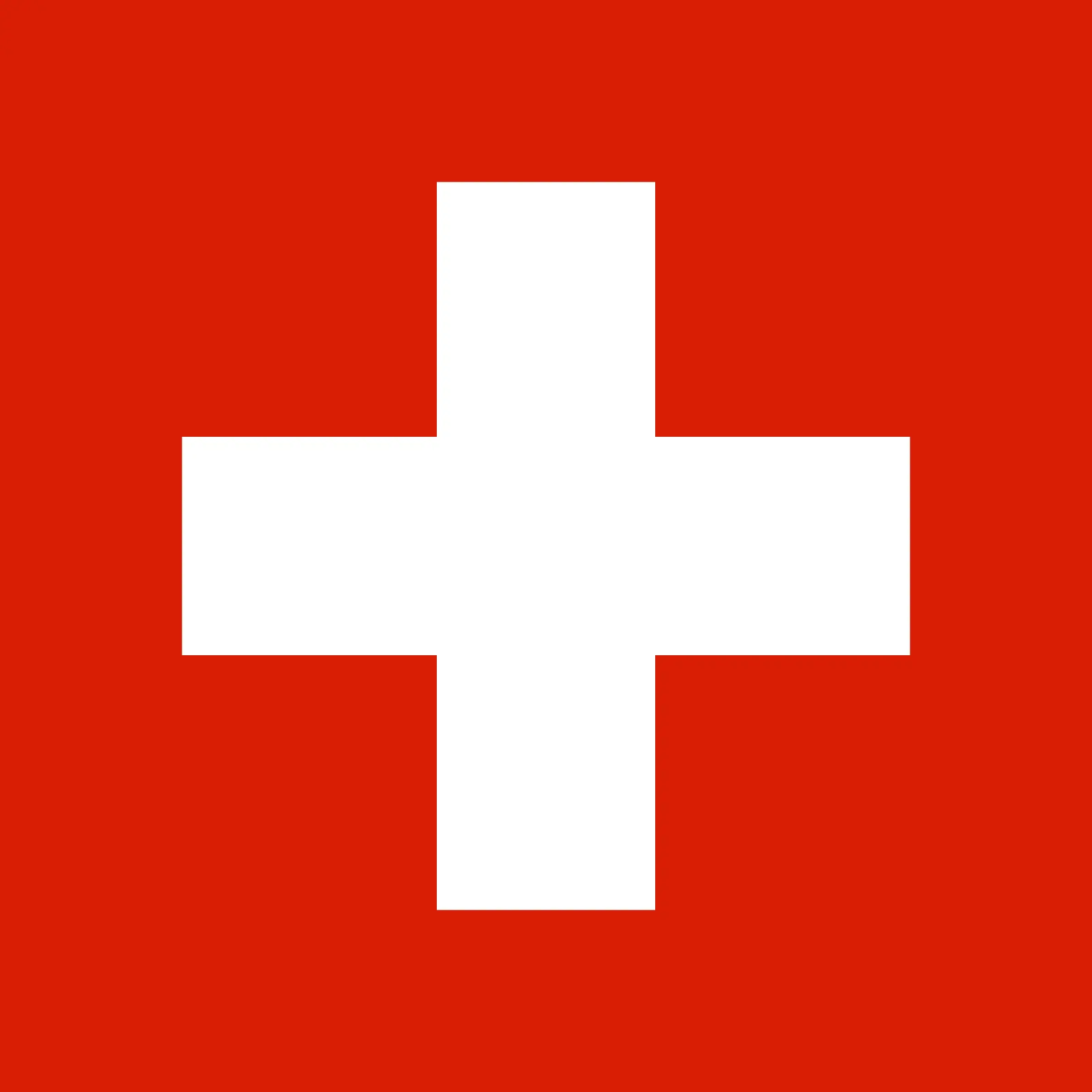 Switzerland (+41)
Switzerland (+41)
 Syria (+963)
Syria (+963)
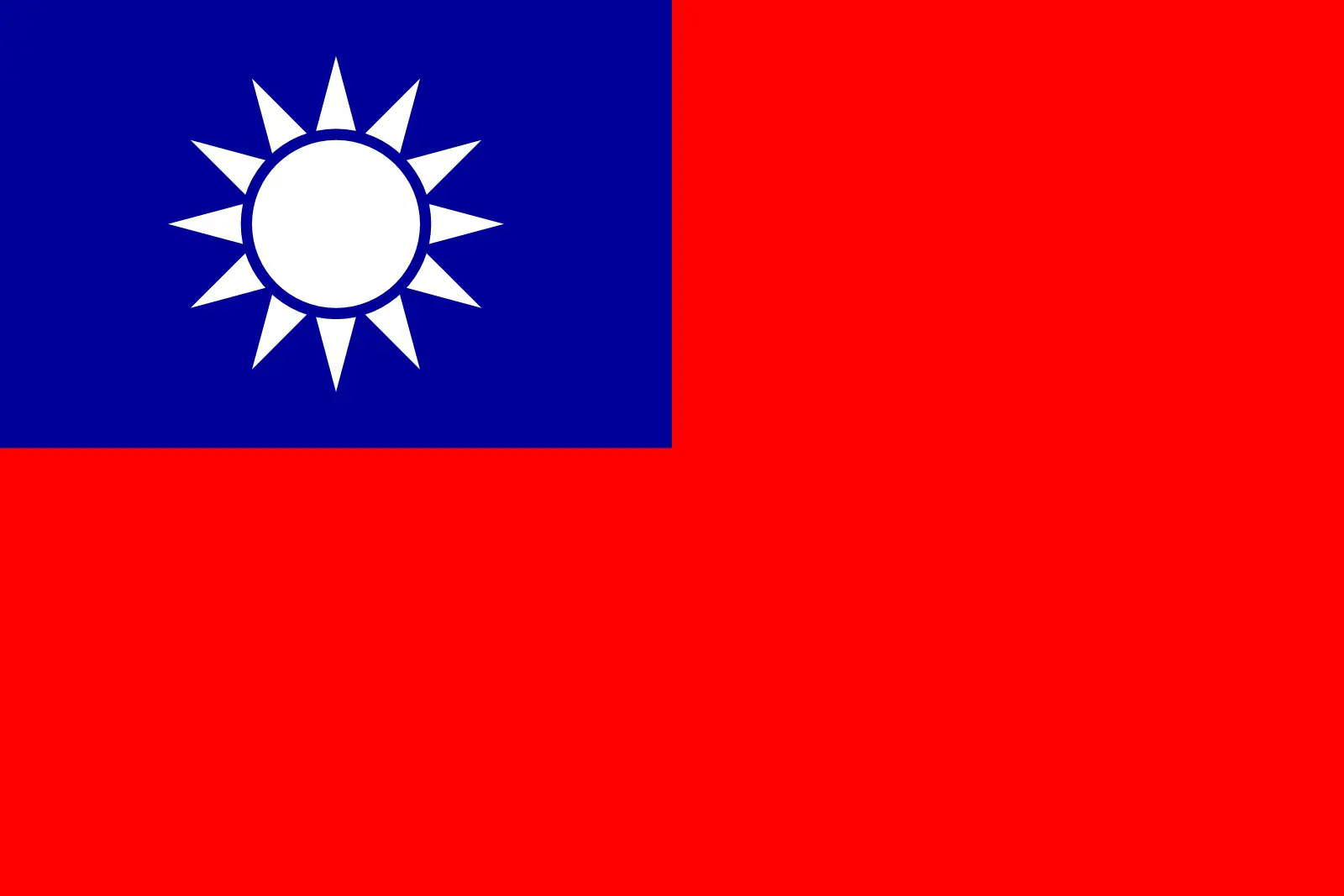 Taiwan (+886)
Taiwan (+886)
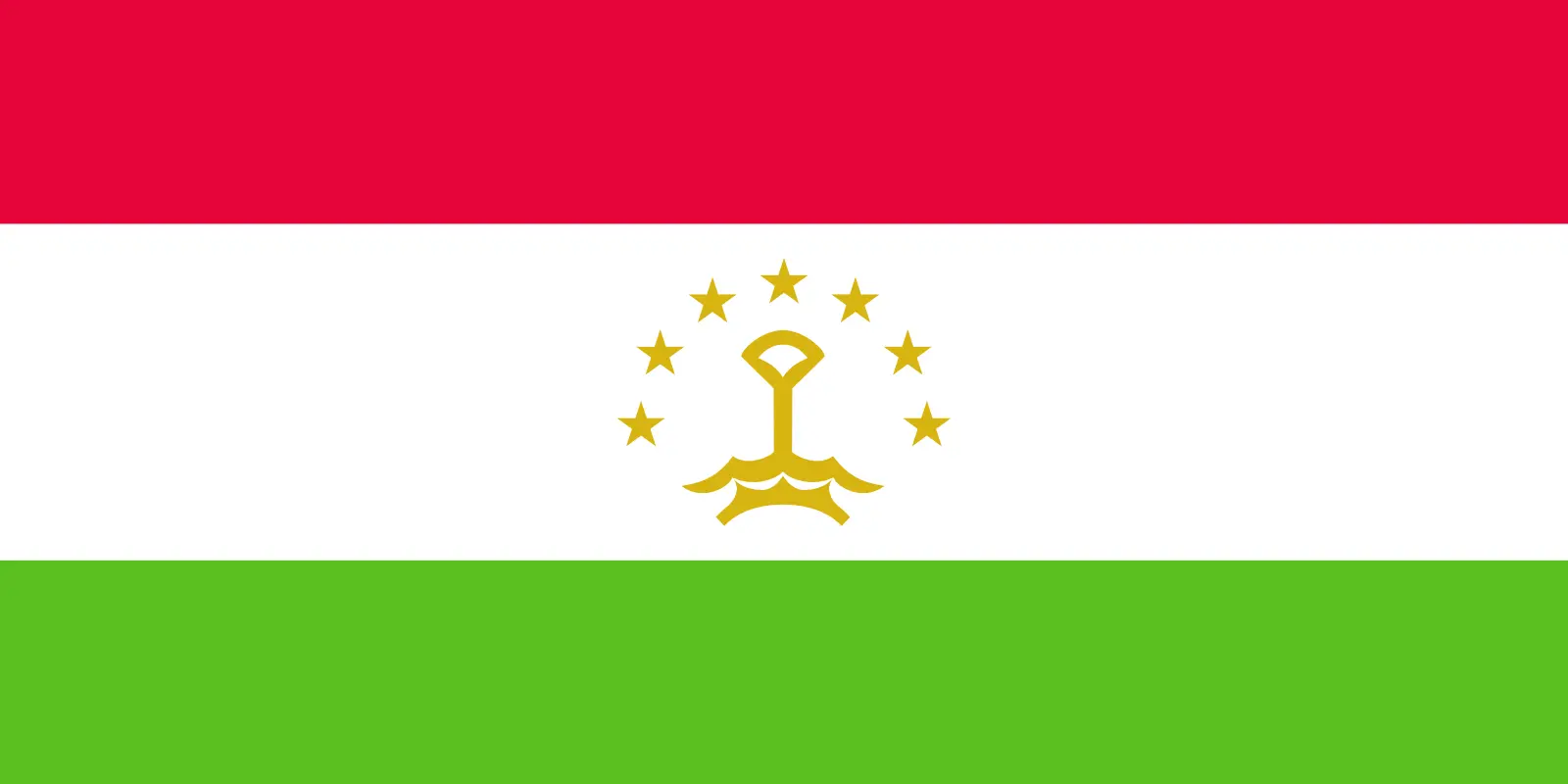 Tajikistan (+992)
Tajikistan (+992)
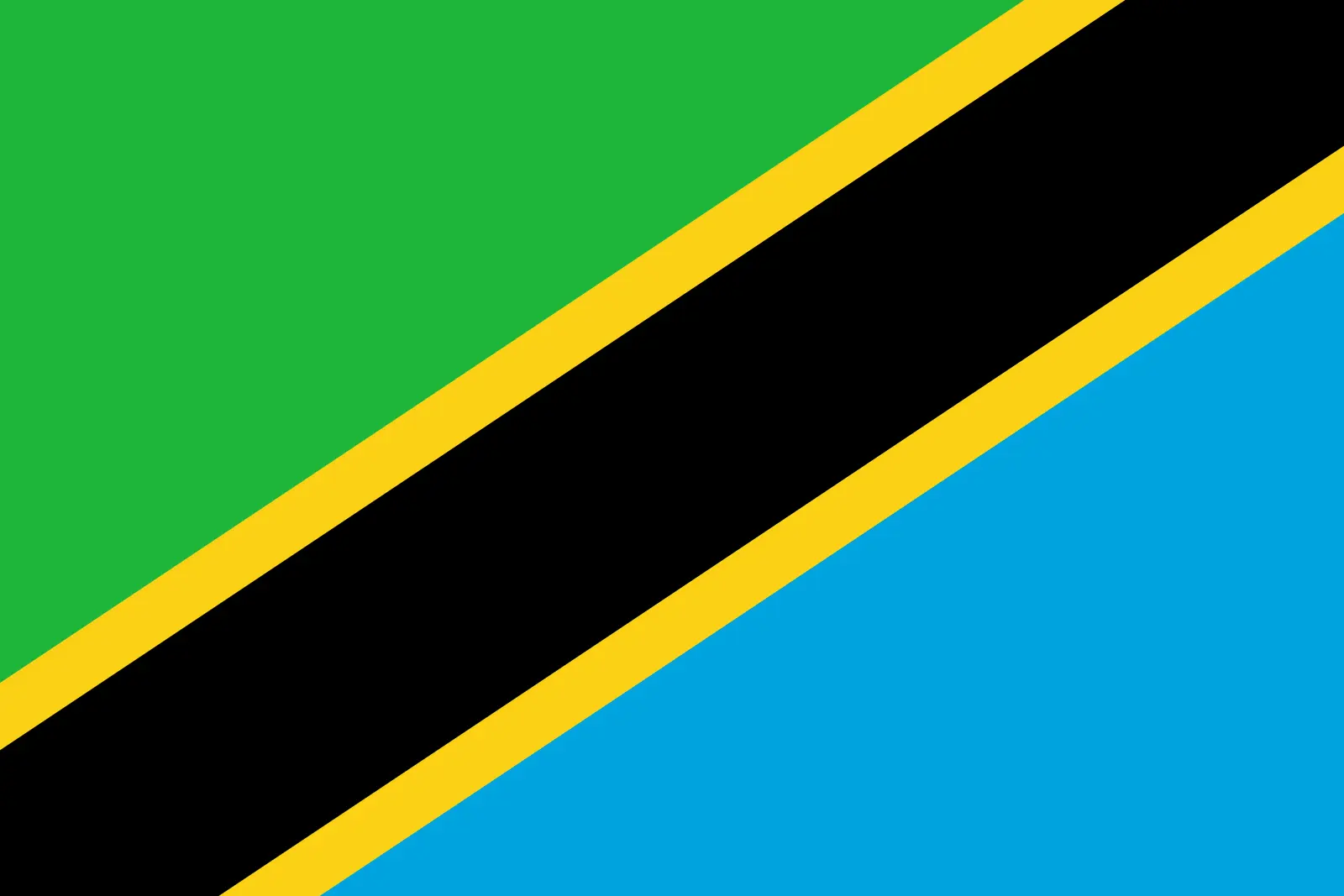 Tanzania (+255)
Tanzania (+255)
 Thailand (+66)
Thailand (+66)
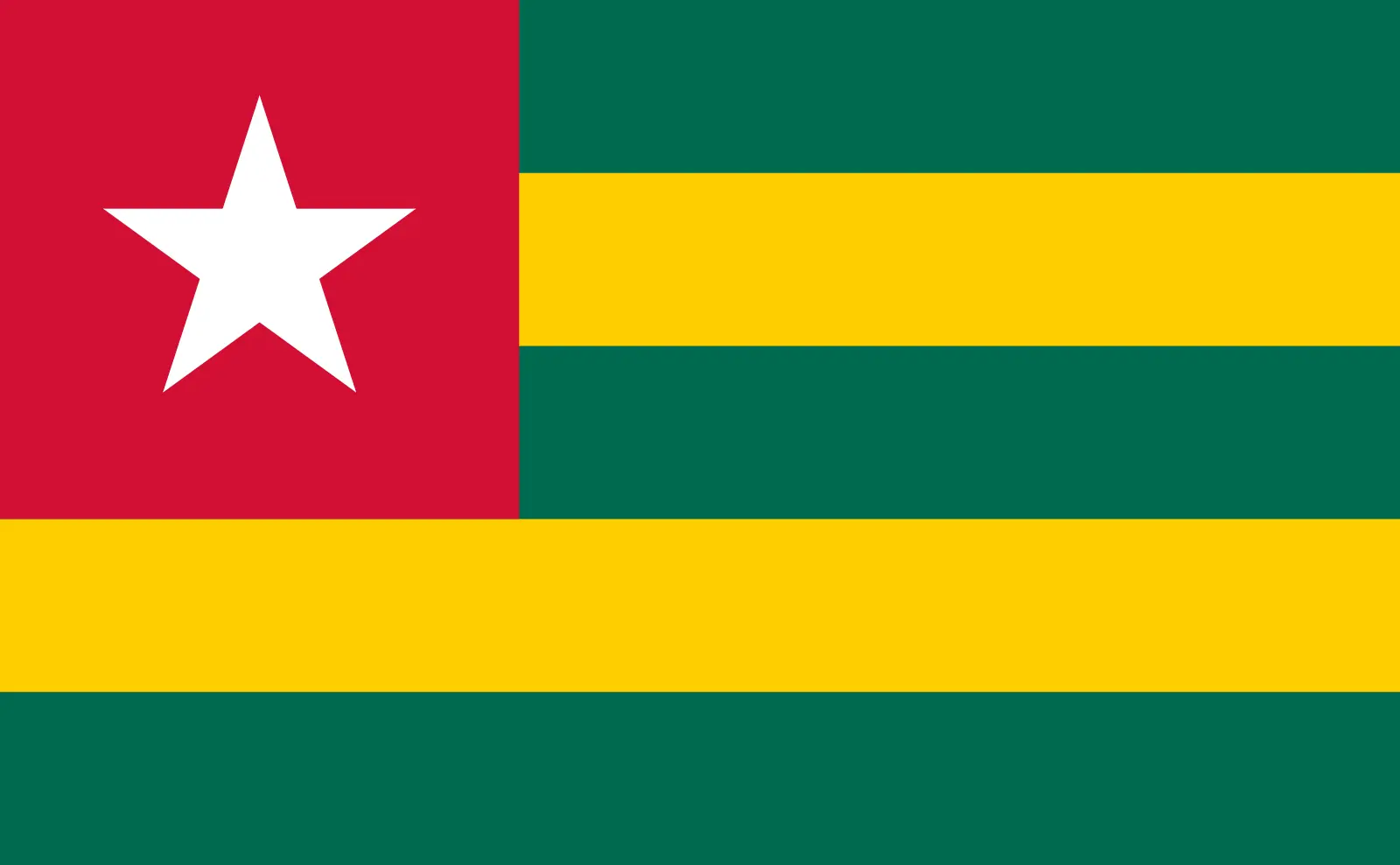 Togo (+228)
Togo (+228)
 Tokelau (+690)
Tokelau (+690)
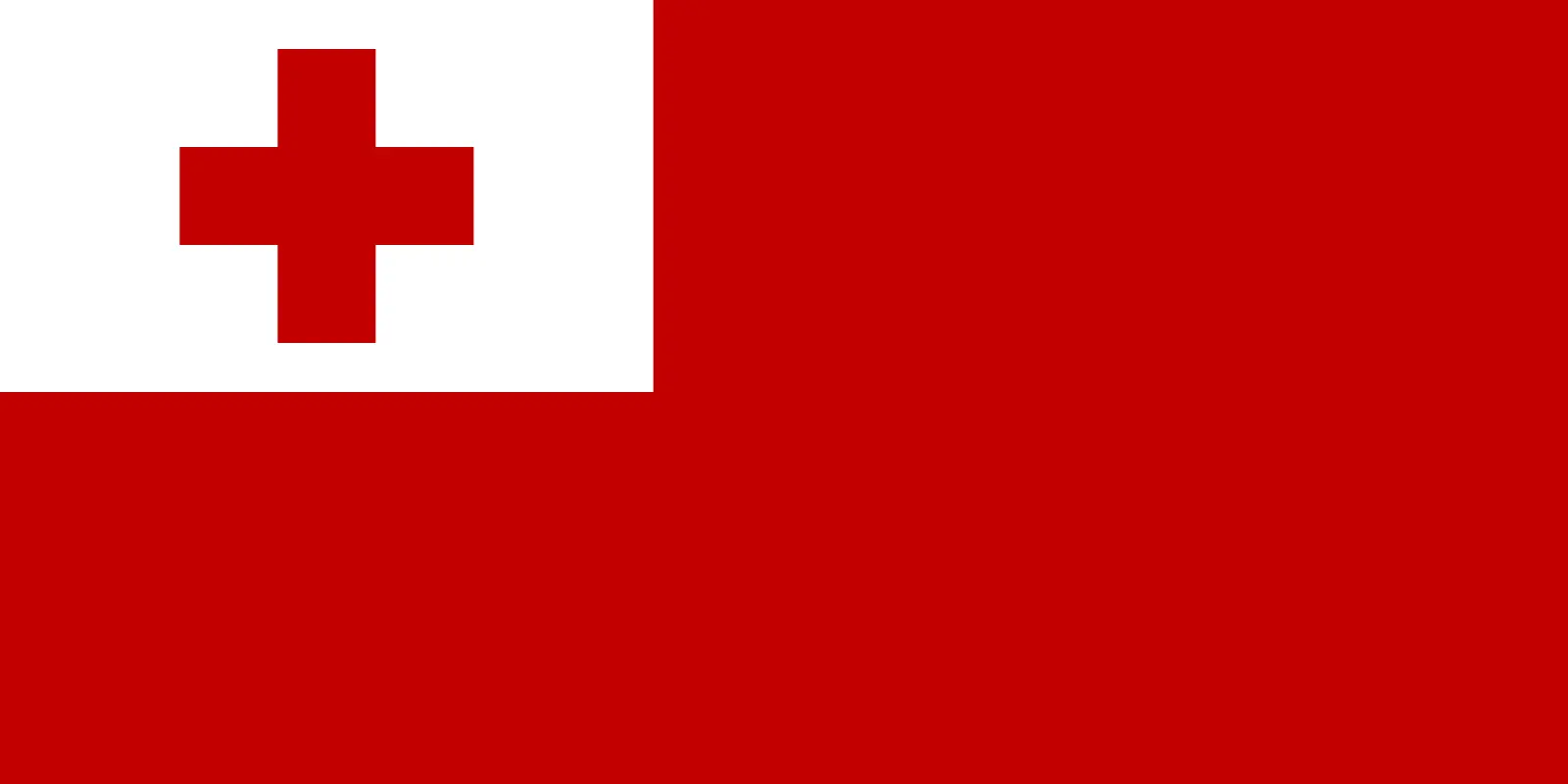 Tonga (+676)
Tonga (+676)
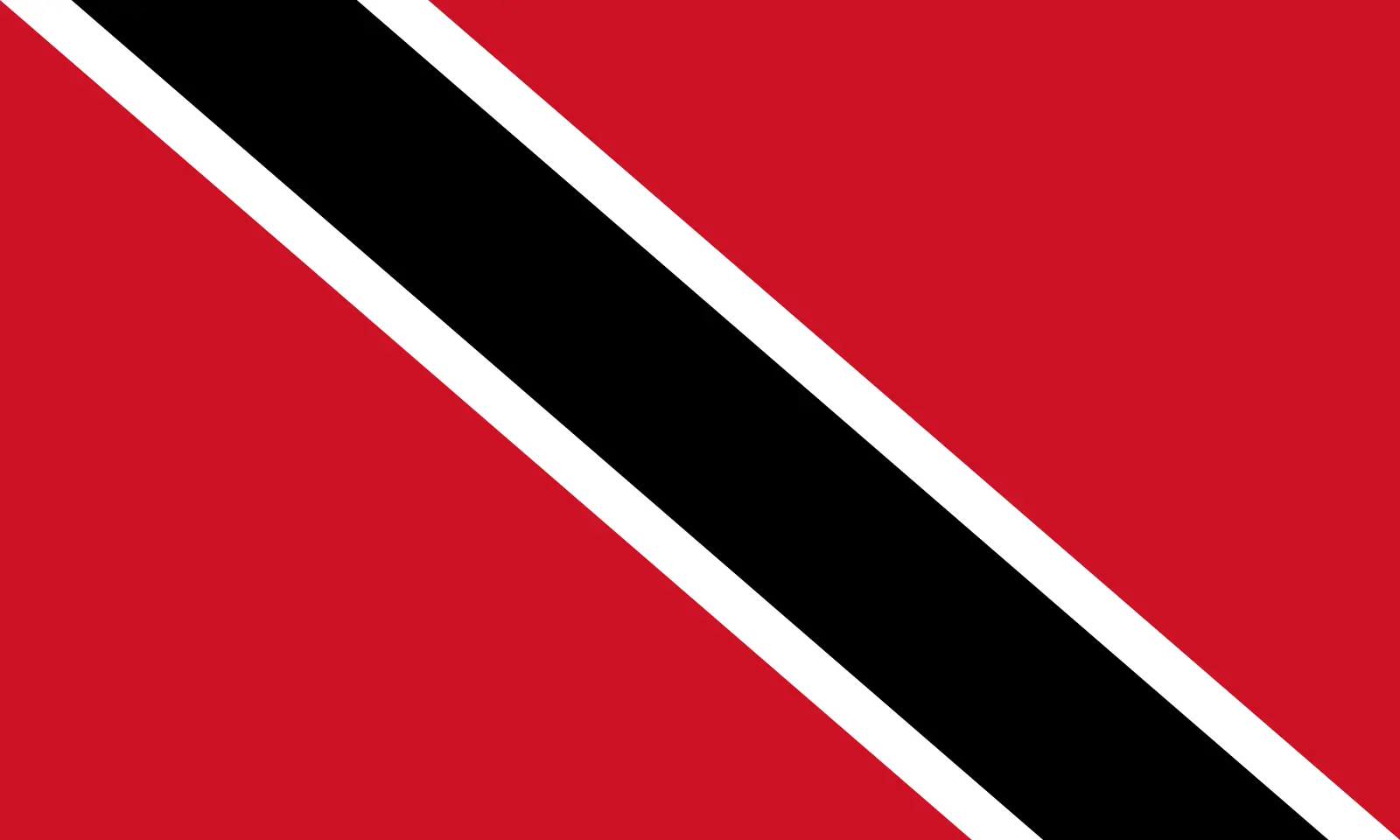 Trinidad and Tobago (+1868)
Trinidad and Tobago (+1868)
 Tunisia (+216)
Tunisia (+216)
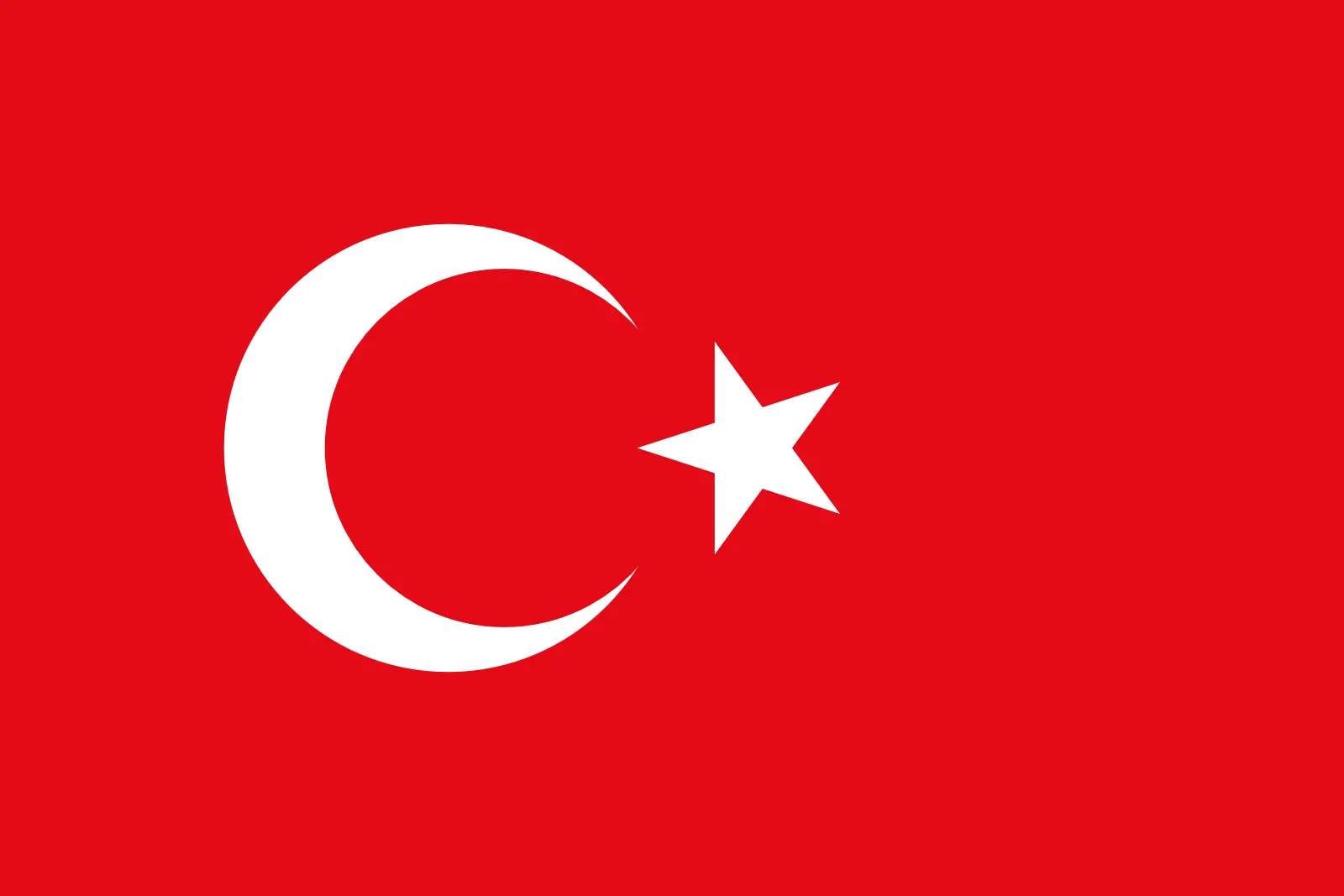 Turkey (+90)
Turkey (+90)
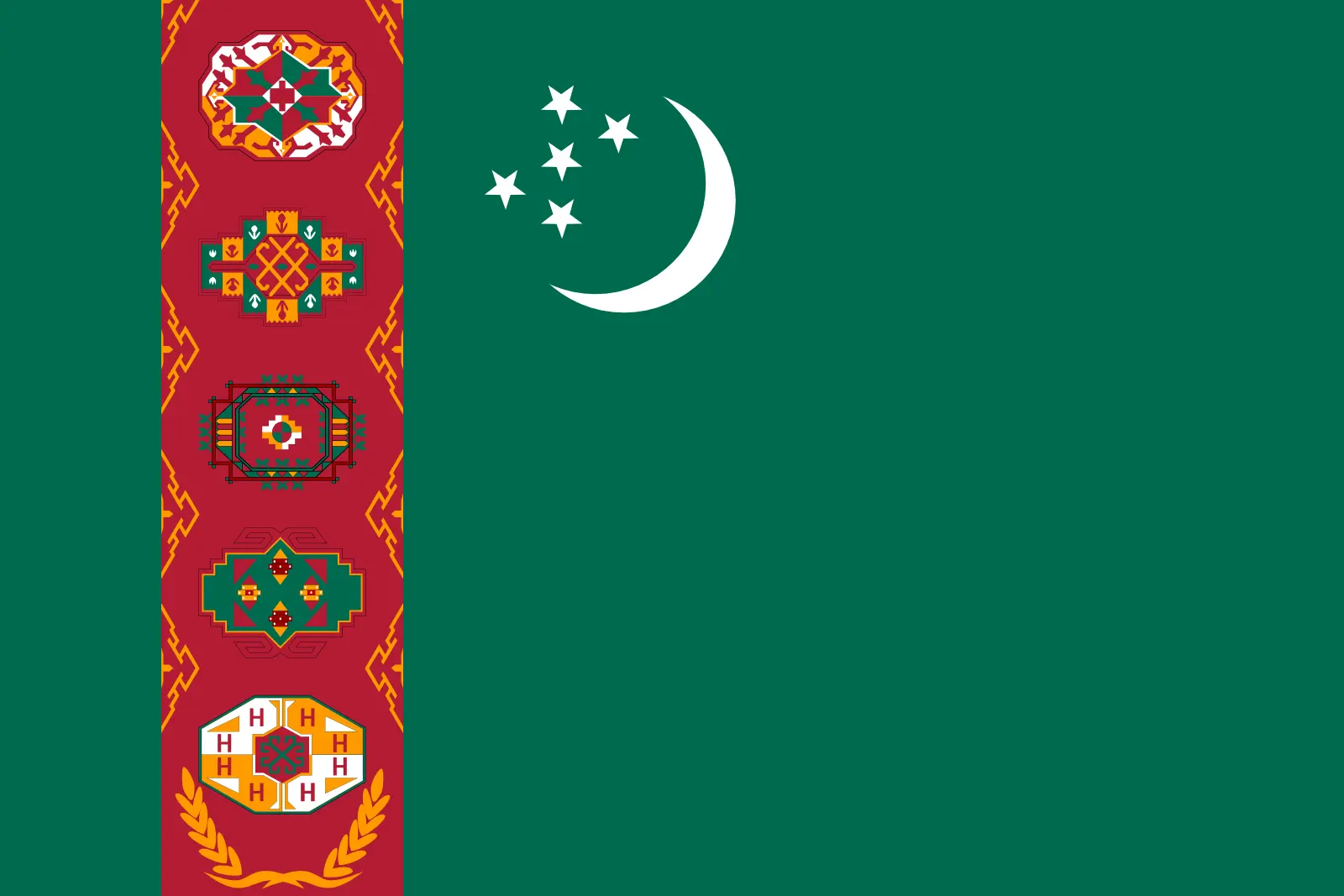 Turkmenistan (+993)
Turkmenistan (+993)
 Turks and Caicos Islands (+1649)
Turks and Caicos Islands (+1649)
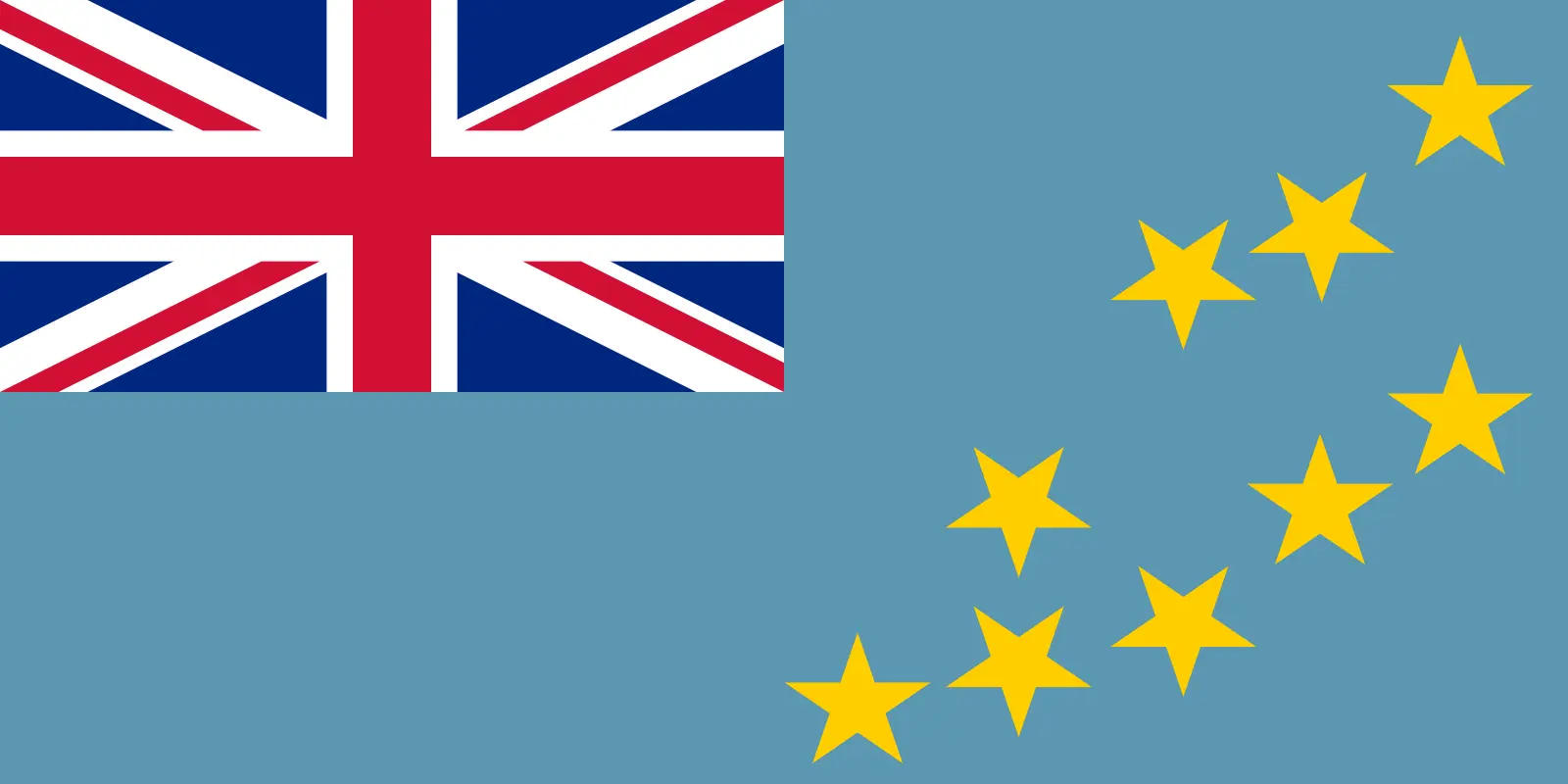 Tuvalu (+688)
Tuvalu (+688)
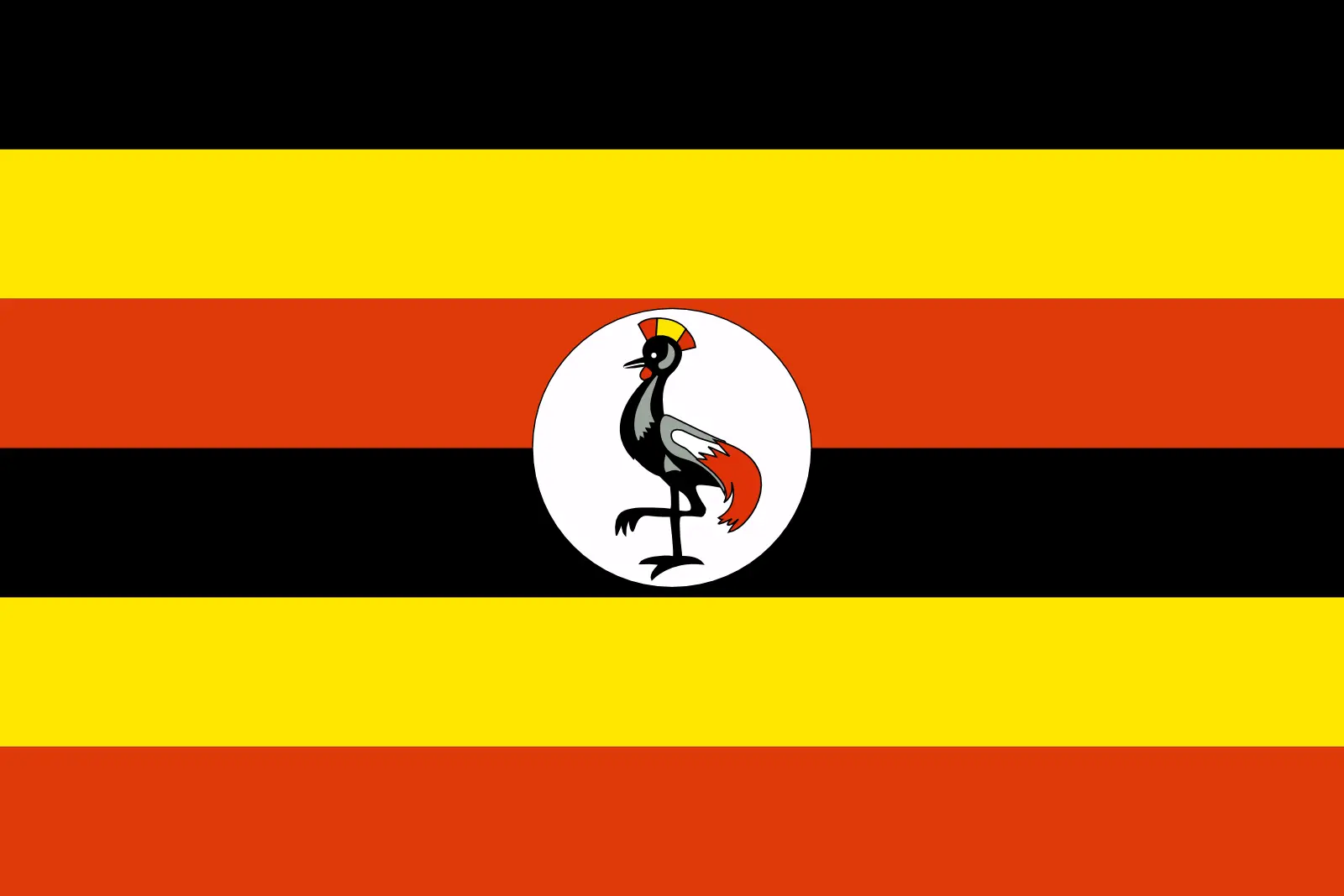 Uganda (+256)
Uganda (+256)
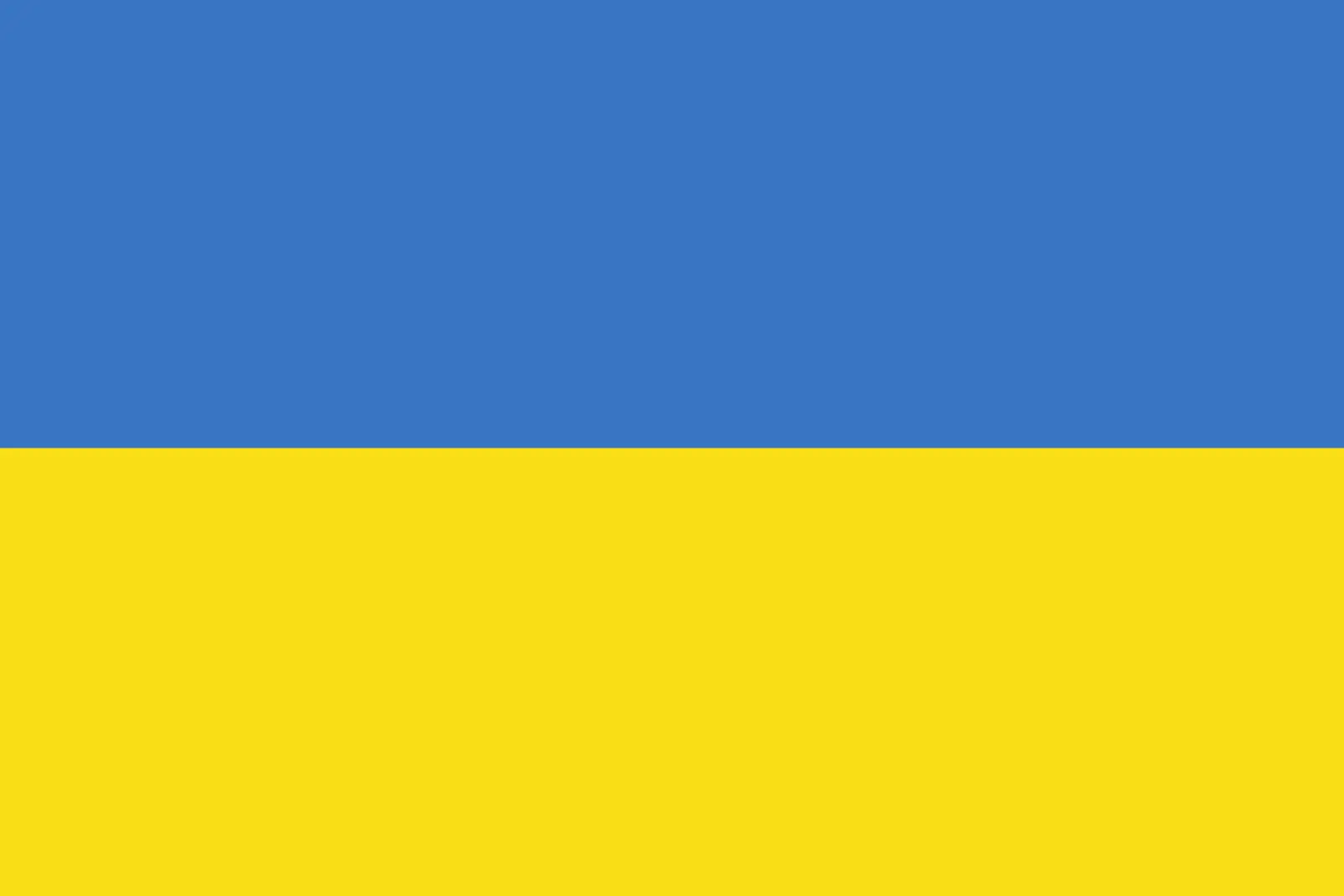 Ukraine (+380)
Ukraine (+380)
 United Arab Emirates (+971)
United Arab Emirates (+971)
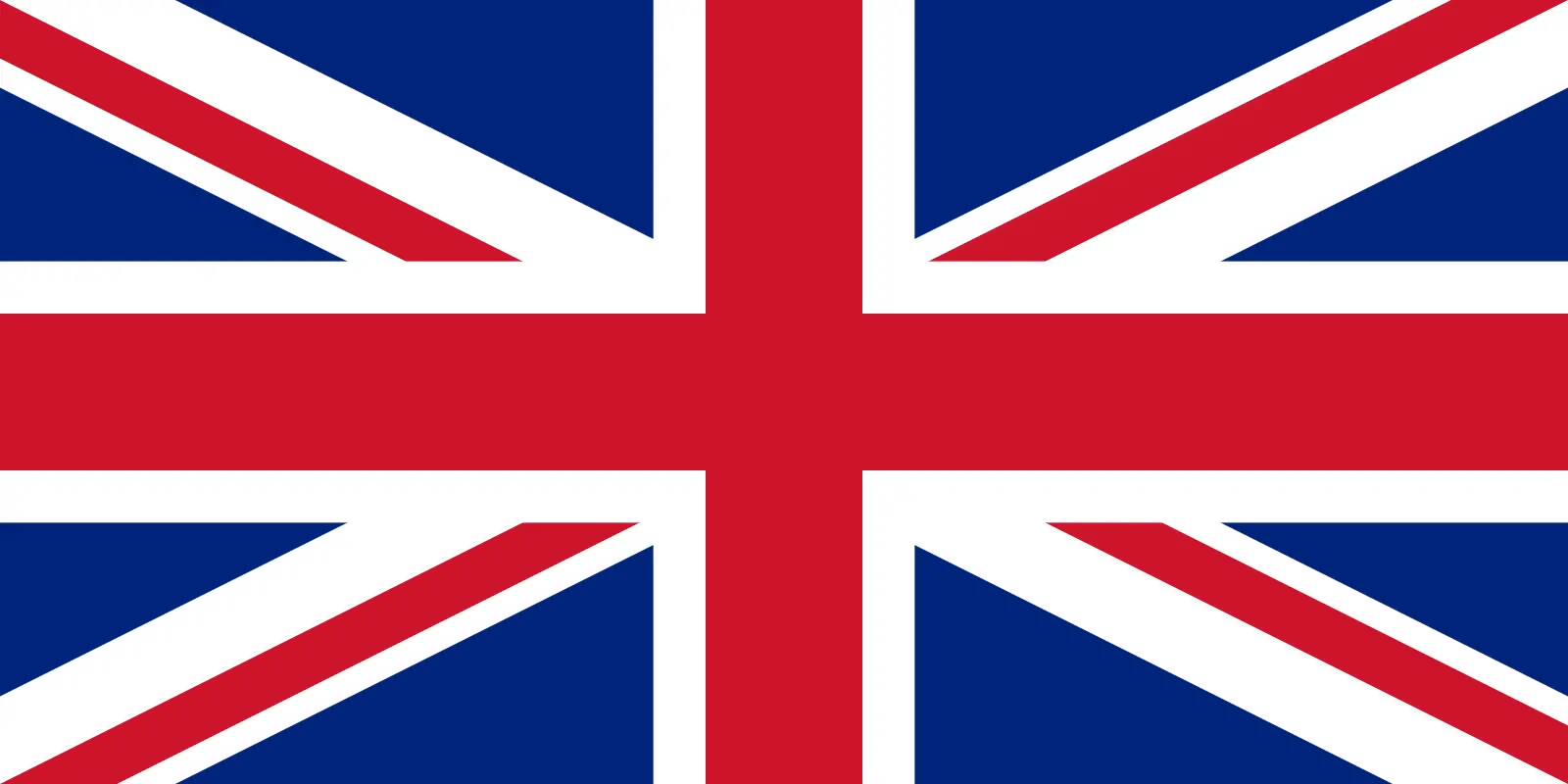 United Kingdom (+44)
United Kingdom (+44)
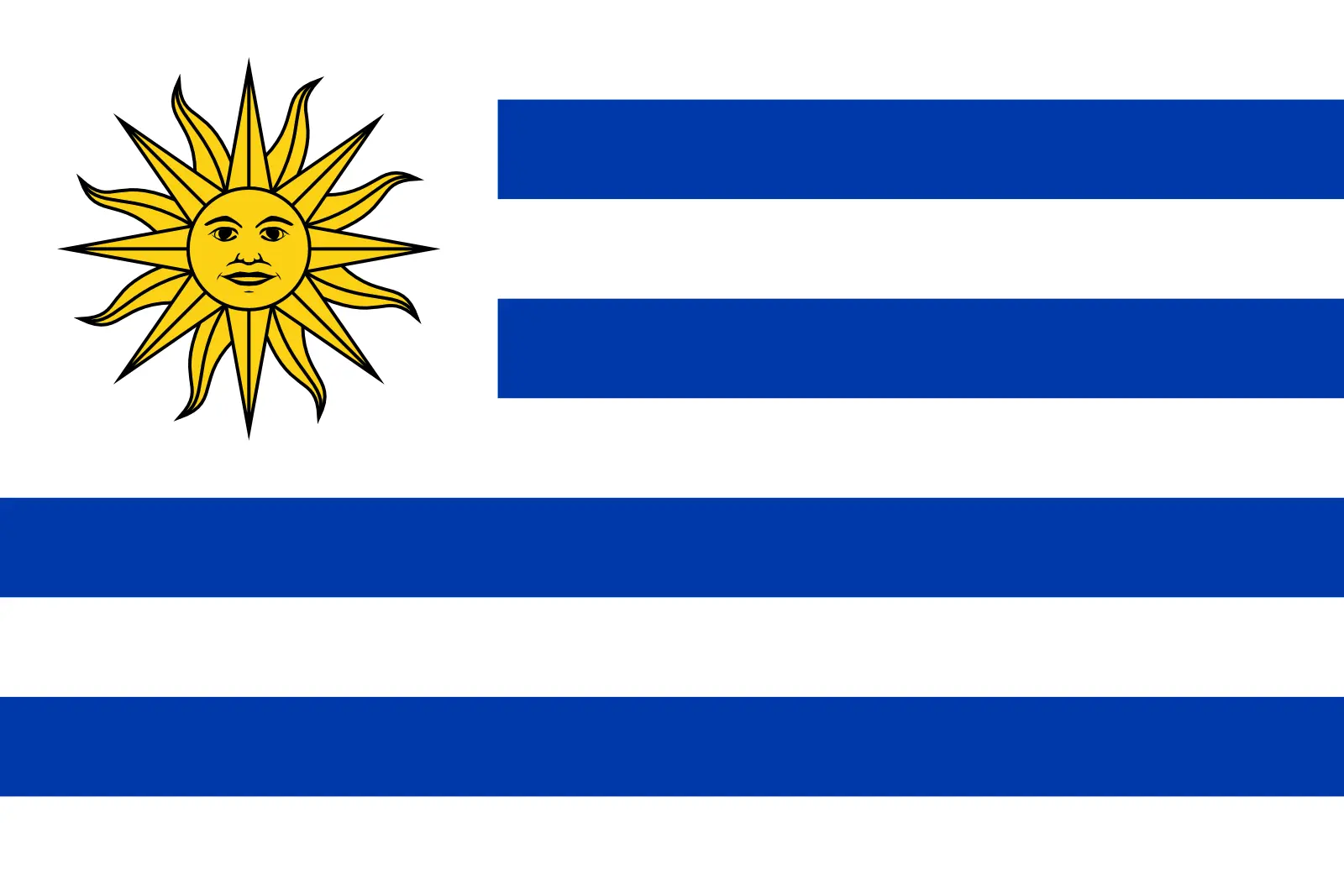 Uruguay (+598)
Uruguay (+598)
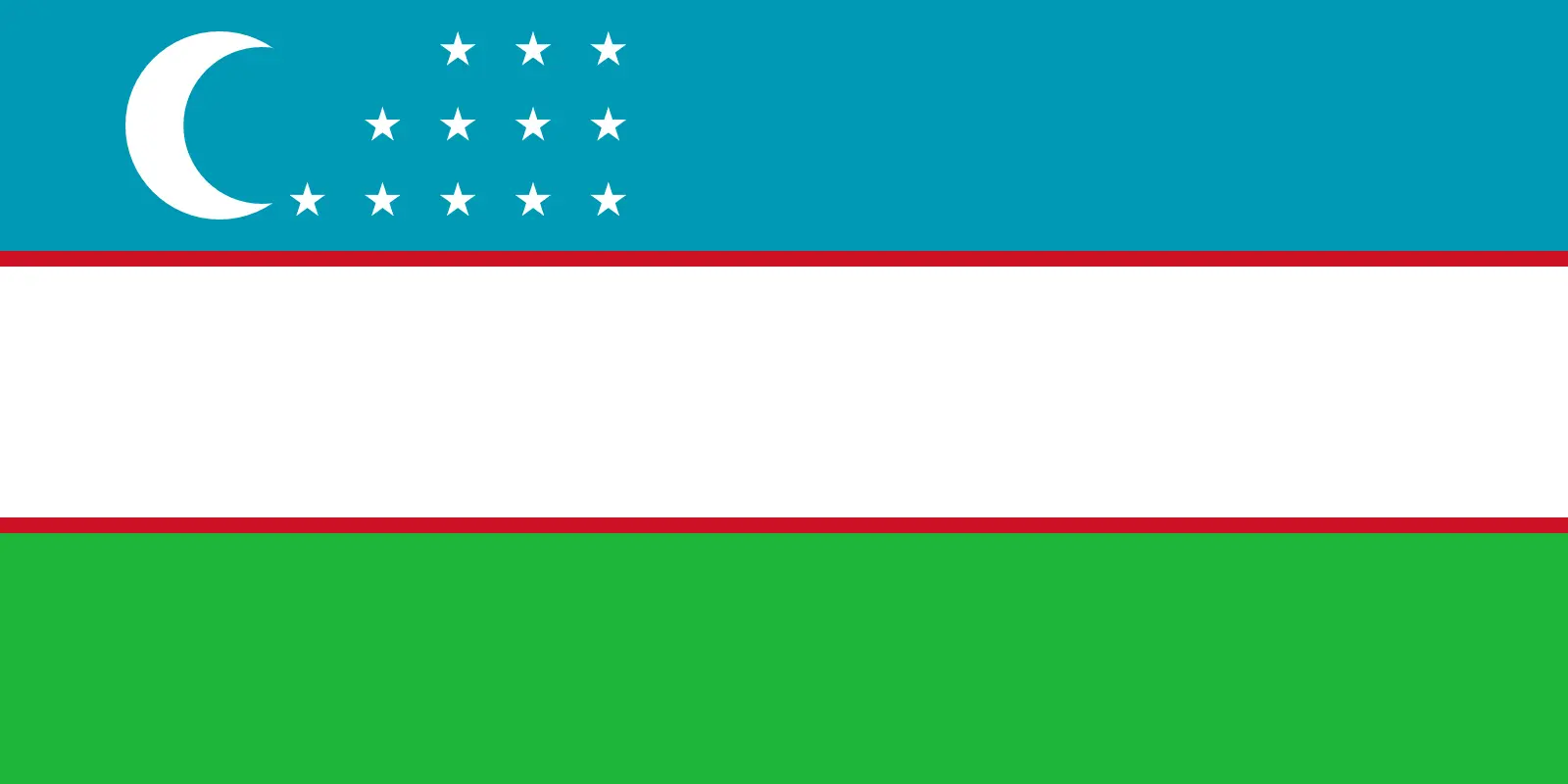 Uzbekistan (+998)
Uzbekistan (+998)
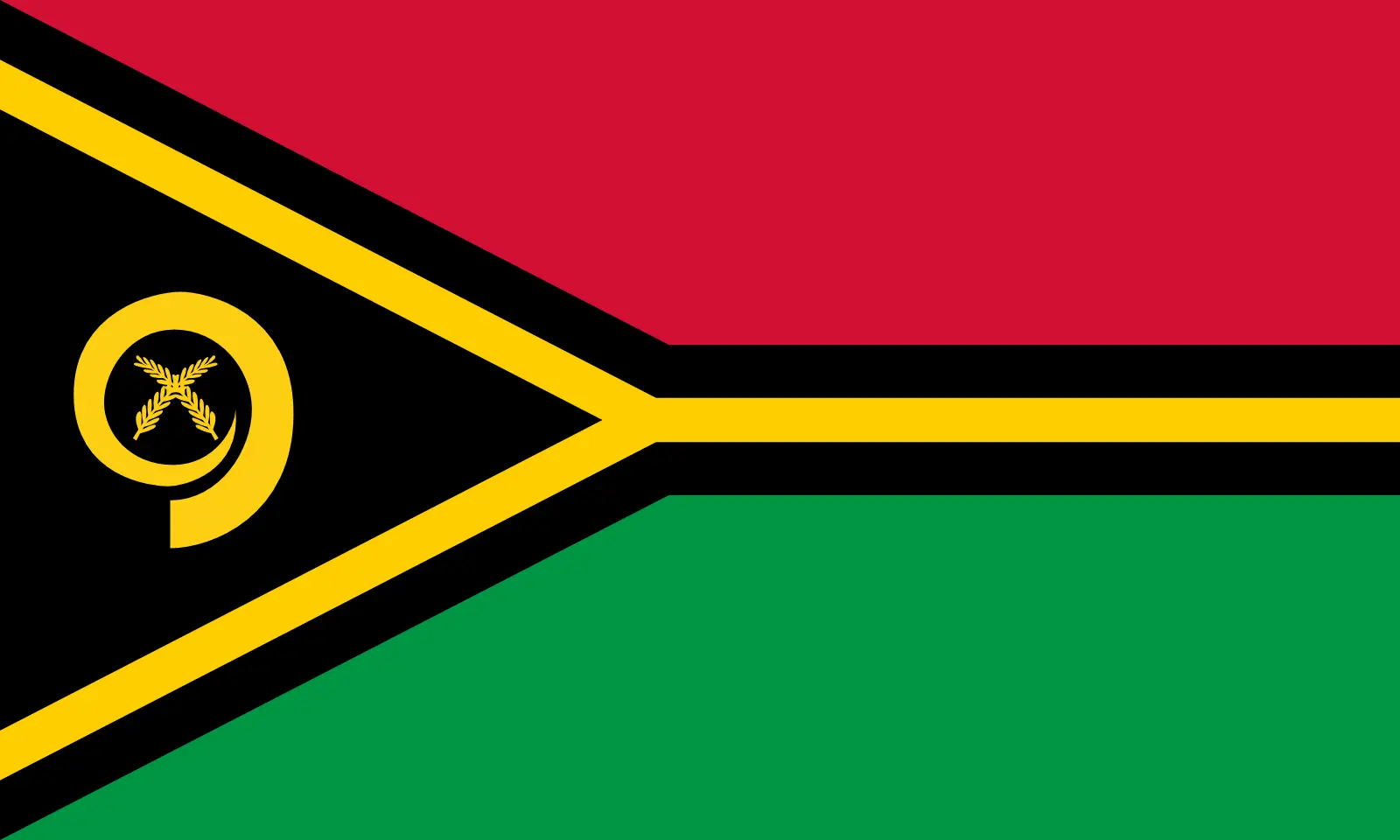 Vanuatu (+678)
Vanuatu (+678)
 Vatican City (+39)
Vatican City (+39)
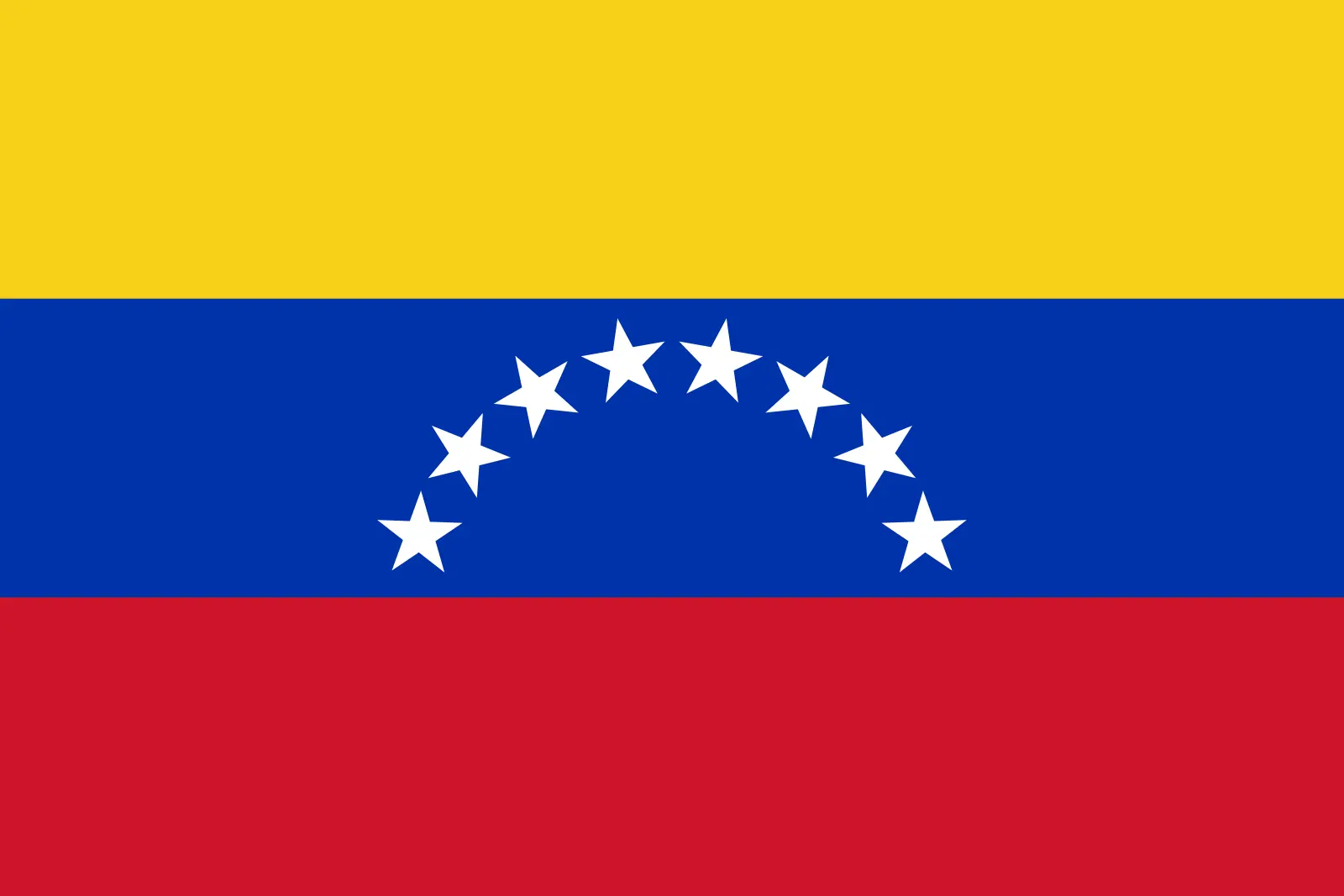 Venezuela (Bolivarian Republic of) (+58)
Venezuela (Bolivarian Republic of) (+58)
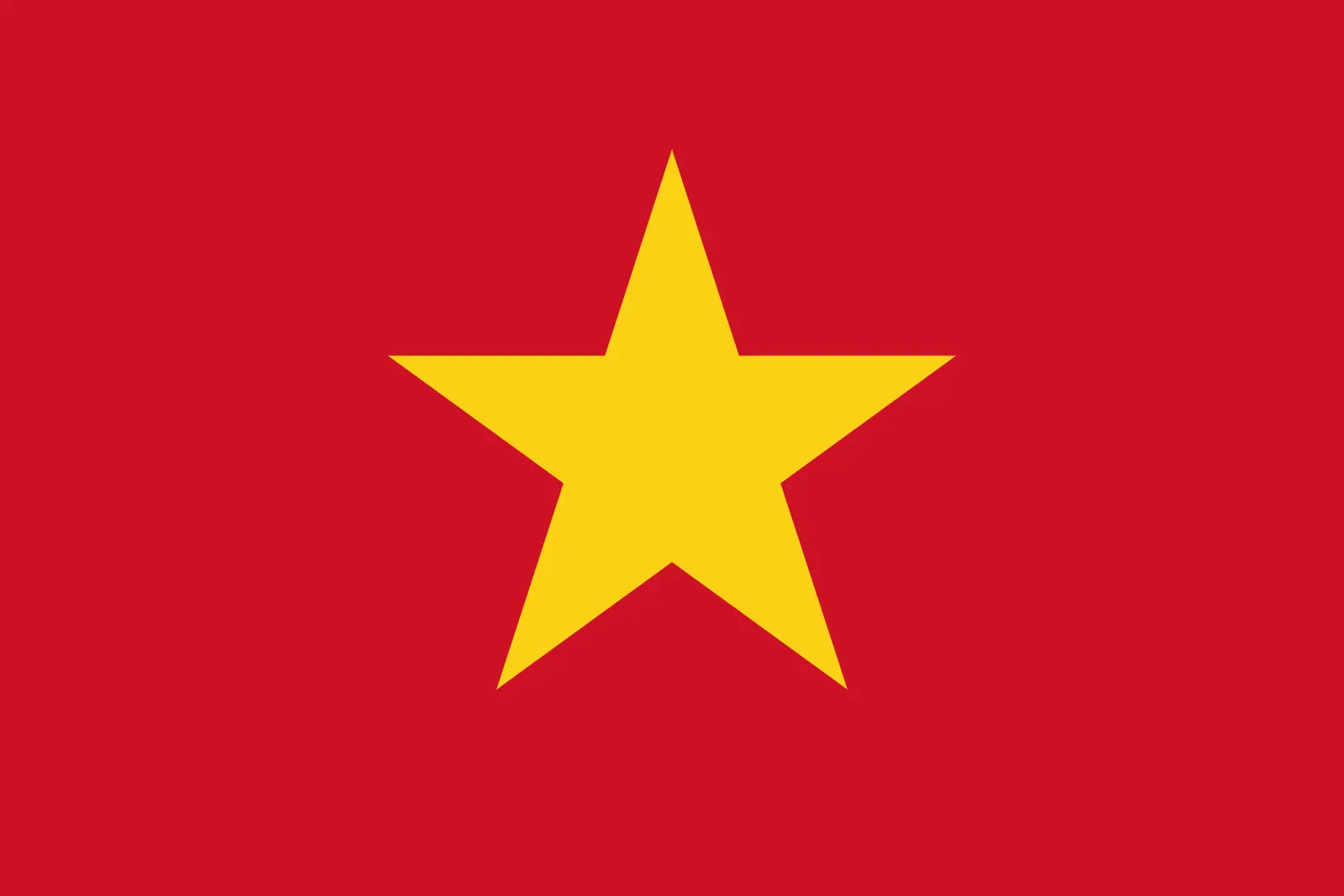 Vietnam (+84)
Vietnam (+84)
 Wallis and Futuna (+681)
Wallis and Futuna (+681)
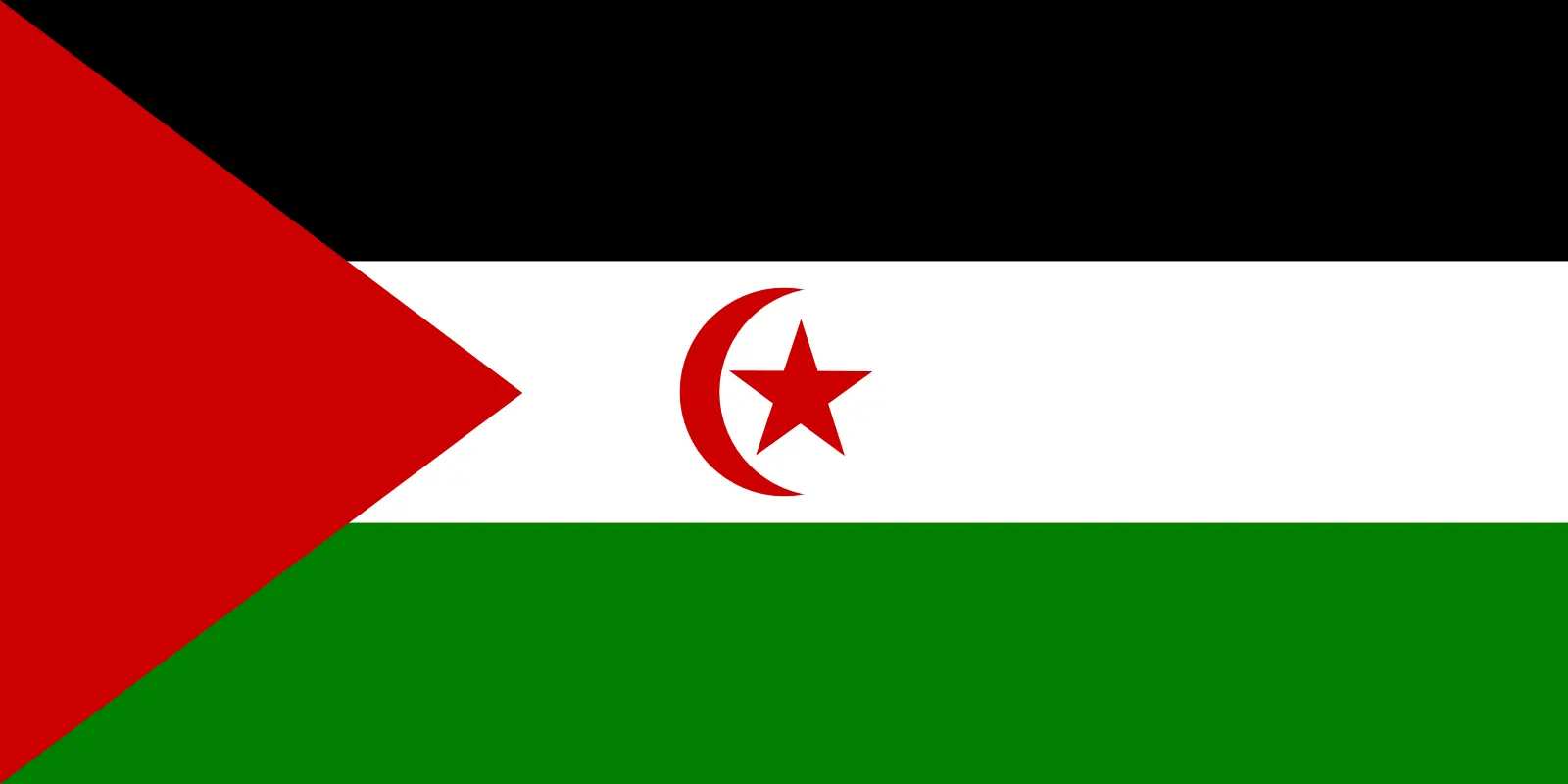 Western Sahara (+212)
Western Sahara (+212)
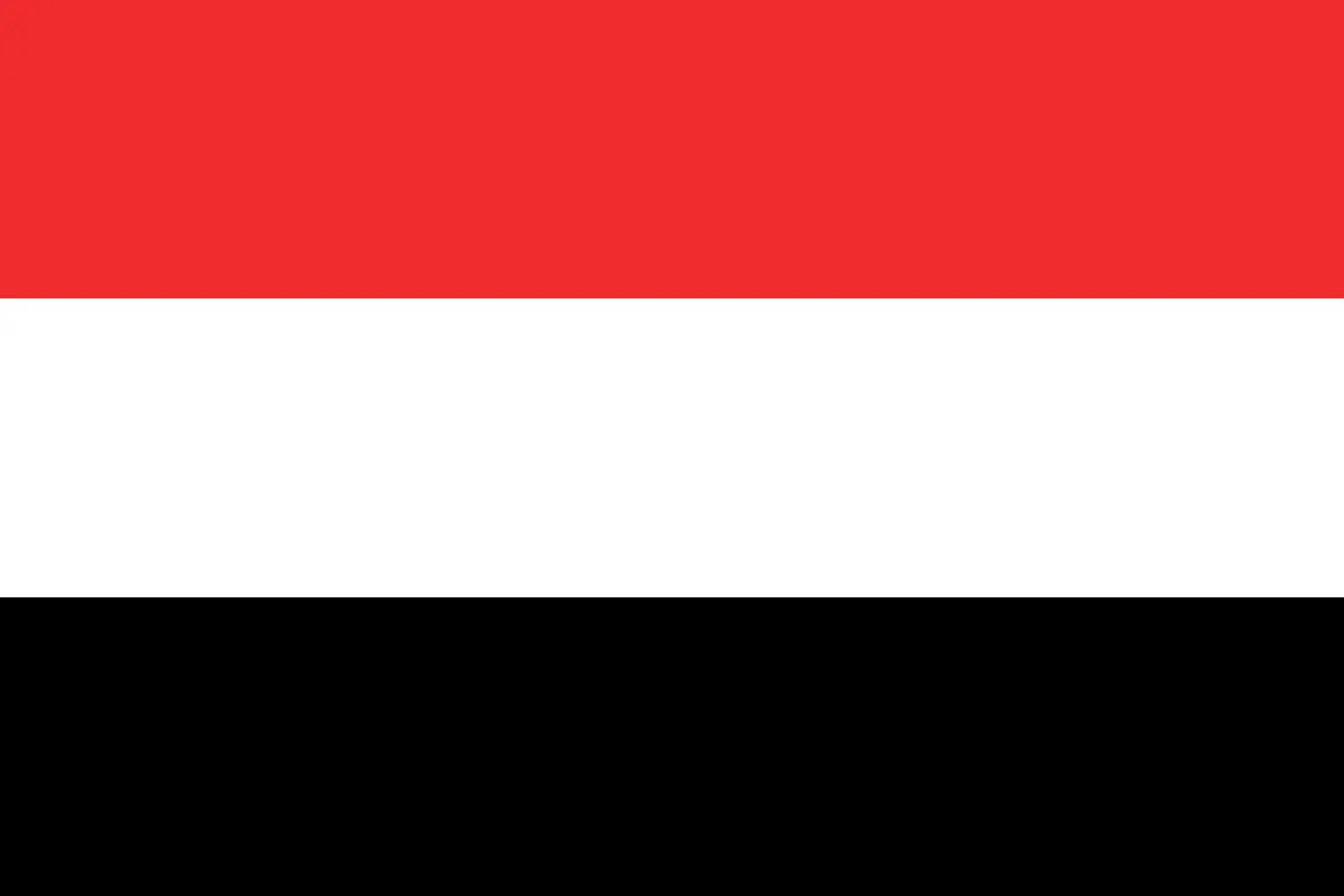 Yemen (+967)
Yemen (+967)
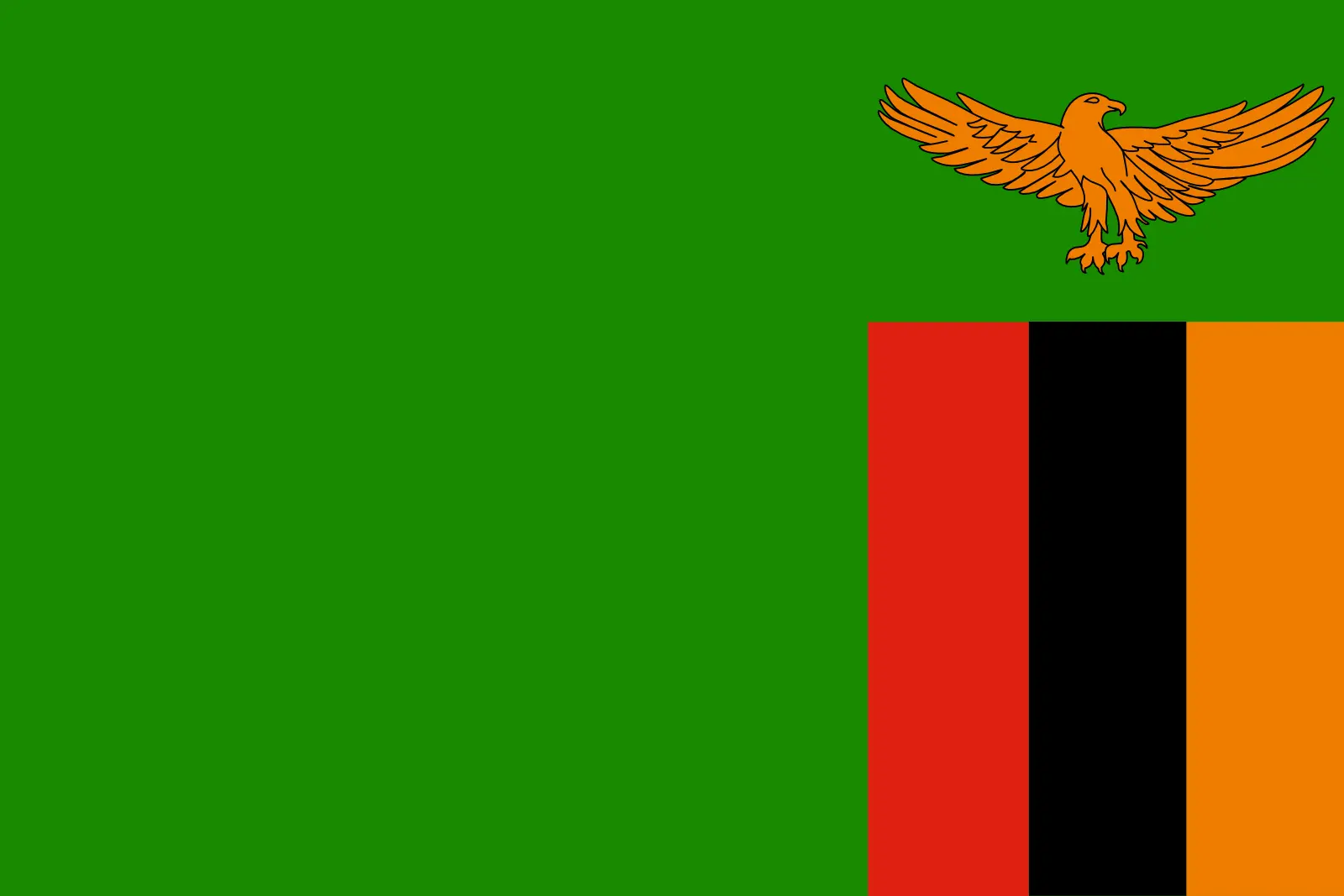 Zambia (+260)
Zambia (+260)
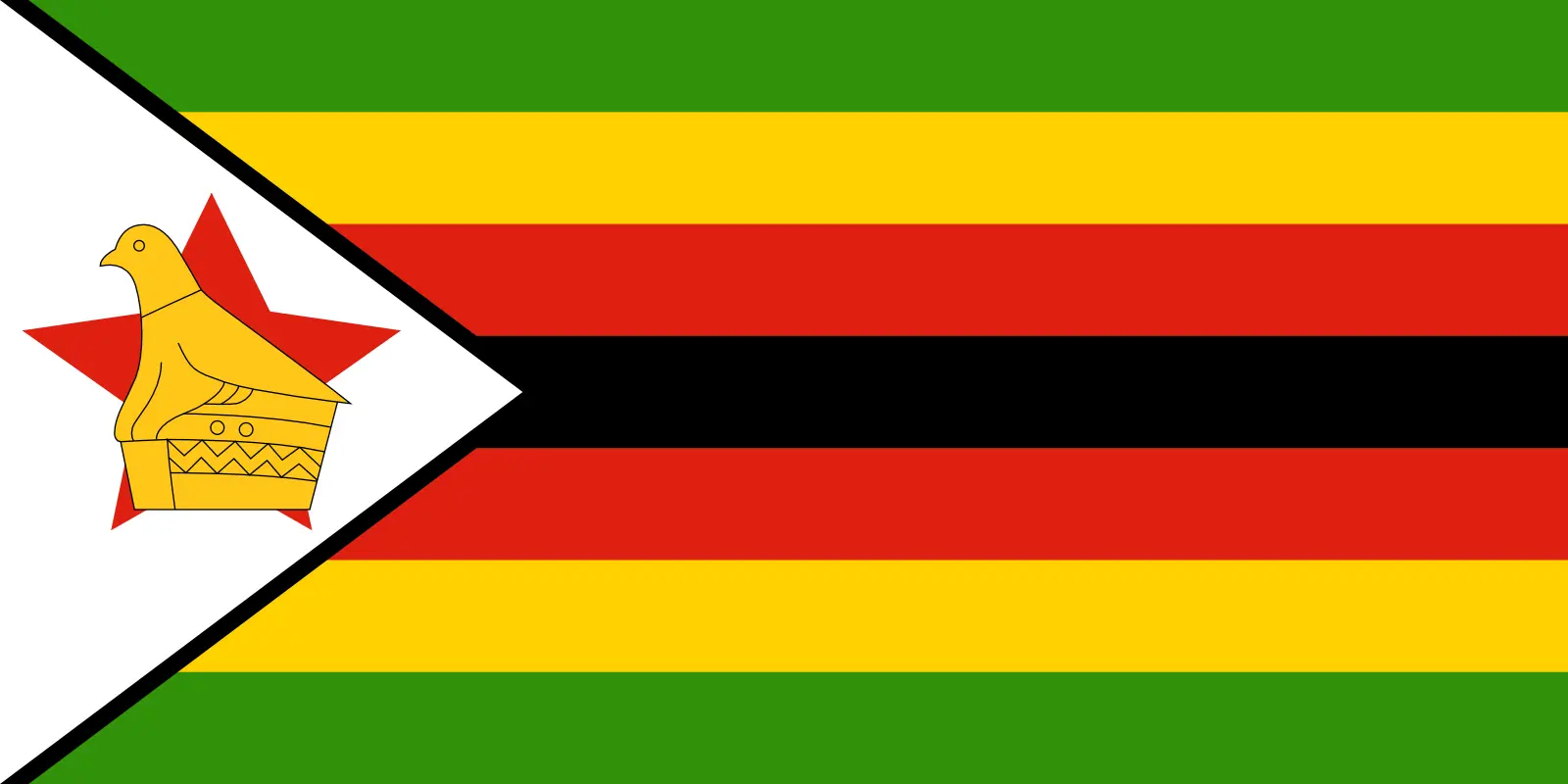 Zimbabwe (+263)
Zimbabwe (+263)

